Abel Pearson
Abel is a vegetable farmer, nature-based facilitator, permaculture educator and land steward listening for the stories we need to reconnect to land, food and seed. He believes that the kinds of growing and farming techniques we need for the future must come from a place of authentic relationship to the land, reverence for the life it provides for us and the wholehearted support of communities, gathered around a table or a smoking fire once again.
Abi Mordin
Abi is a founding member of Propagate and a seasoned food activist. She has been working across community and local food projects for over 20 years, and is passionate about food sovereignty and resilience. An experienced grower, facilitator, practitioner and researcher – Abi’s inclusive and collaborative attitude encourages everyone to be involved in thinking about and co-creating sustainable food and farming systems.
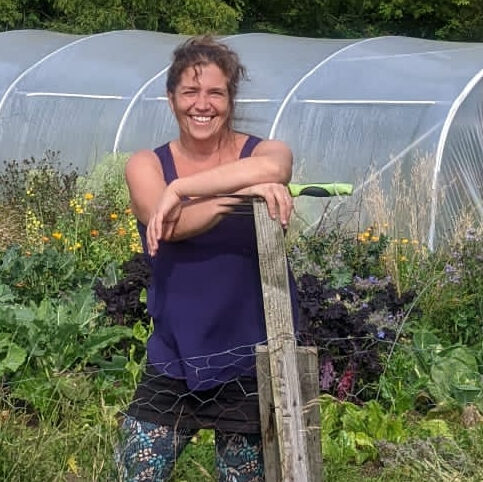
Abuela Daira Quiñones
Abuela Daira Quiñones is an ancestral wisdom keeper, entrepreneur, founder of the Amdae school of ancestral knowledge, and works with displaced women in the recovery of the traditions of the Afro-Colombian peoples. She fights for defence of the land and shares her knowledge around agriculture, health, and music. She has recently launched La Fiesta del Plátano, a banana festival devoted to sharing ancestral knowledge of food, seeds, harvesting and processing from different regions of Colombia.
Adam Payne
Adam runs Awen Organics along with his partner Dee and an amazing team in Pembrokeshire. Together they grow 10 acres of high-quality fresh organic produce for local and national retail and wholesale on a vibrant and biodiverse small farm.
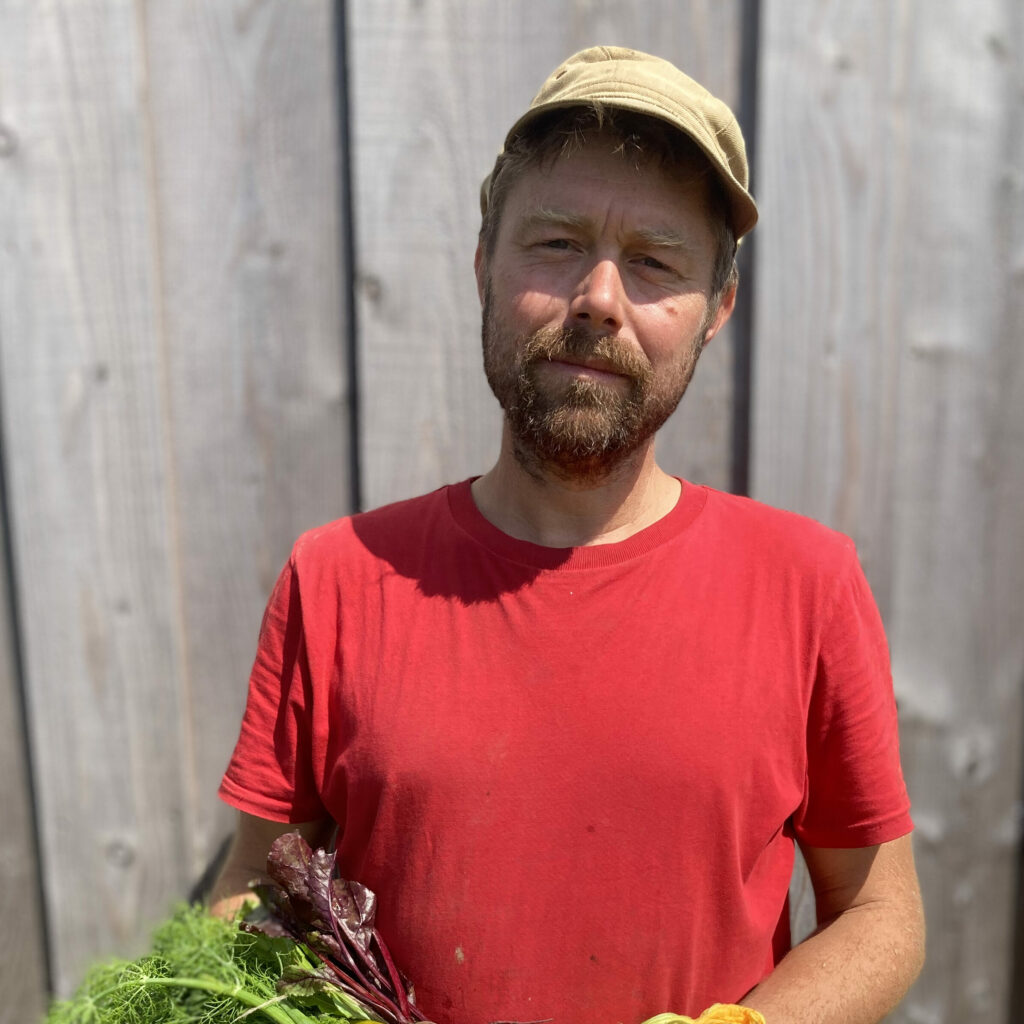
Adam Swan
Since beginning work at the Soil Ecology Laboratory in 2020, Adam has been personally responsible for over sixty iterations of compost recipes for growing a healthy soil food web. Through countless experiments, Adam has helped develop methods to grow very diverse sets of beneficial bacteria, fungi, protozoa and nematodes.

Agnes Rennie
Agnes lives and works on the family croft in Galson in the island of Lewis. Her grandparents were allotted the croft in 1924 when the village was resettled after WW1. She has been involved in crofting and community development all her life and currently serves as chair of Galson Estate Trust. The Trust owns and manages 56,000 acres in North Lewis. She is a passionate advocate of the intersection between culture and land.

Alejandro Argumedo
Alejandro is Program Director of Asociacion ANDES, a Cusco, Peru-based indigenous peoples’ organization that focuses on independent action research and analysis and fostering new forms of networking and alliance building. He is the founder of various international indigenous knowledge platforms cooperating within shared goals of protecting and nurturing biodiversity and promoting indigenous food systems and agroecology solutions. He has served in various expert panels on the UN.
Alex Heffron
Alex is a part-time farmer in the south west of Wales and a full-time PhD researcher at Lancaster University researching contemporary agrarian politics and the financialisation of farmland.
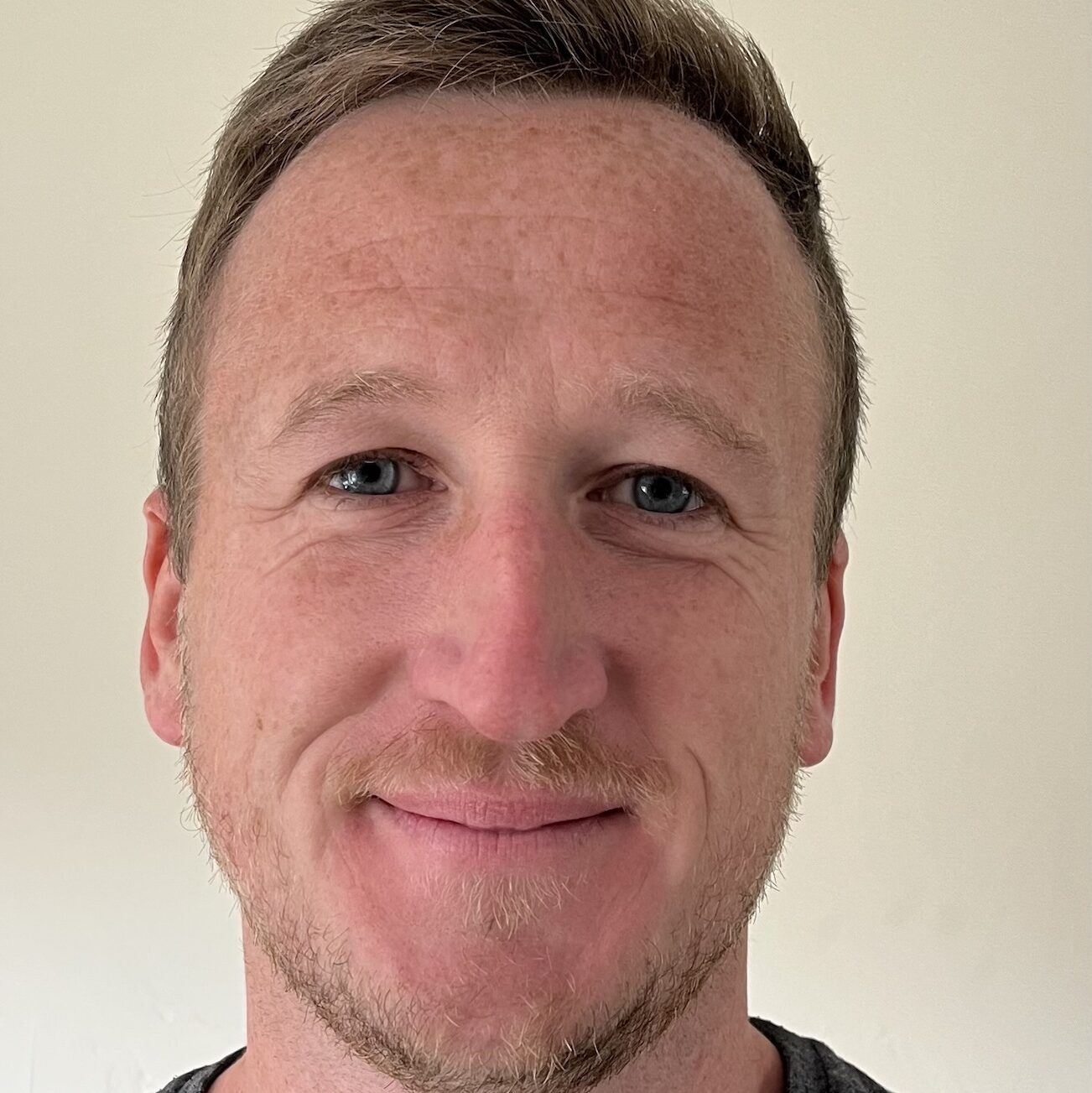
Alex Mackaness
Originally from a farming background, Alex has spent his career working on farming and environmental policy within Defra as well as the Soil Association and RSPB. He now works at the Labour Climate and Environment Forum where he manages their nature and land use programme.
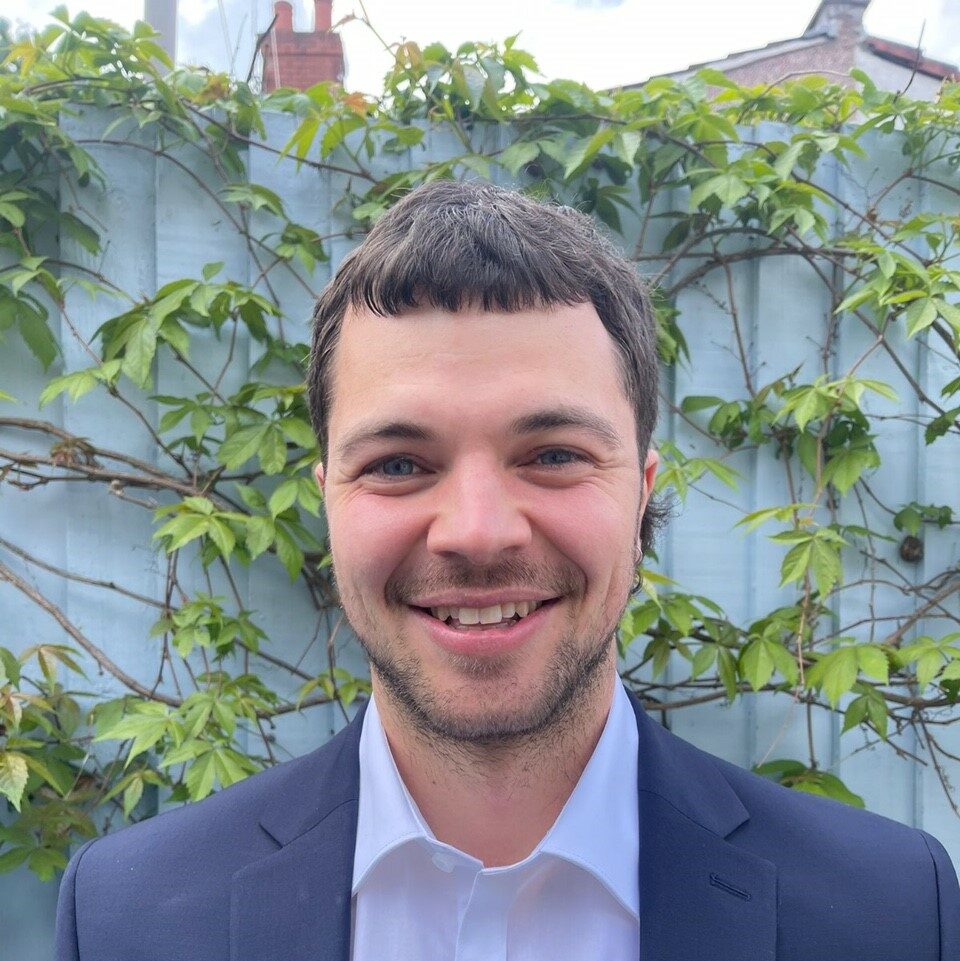
Alfy Gathorne-Hardy
Alfy is an agricultural ecologist based at the University of Edinburgh. He’s interested in the biodiversity of managed systems, including understanding which biodiversity we might desire, and the socio-ecological drivers that might help or hinder us in achieving this.

Ali Taherzadeh
Ali (they/them) is a facilitator, community organiser, and researcher working around food and land justice, agroecology and social change. They’re a member of Teasel Coop, a Cardiff UK land justice collective supporting queer folks to connect to the land and engage in climate action through nature connection, land-based skills, political education, and community-building
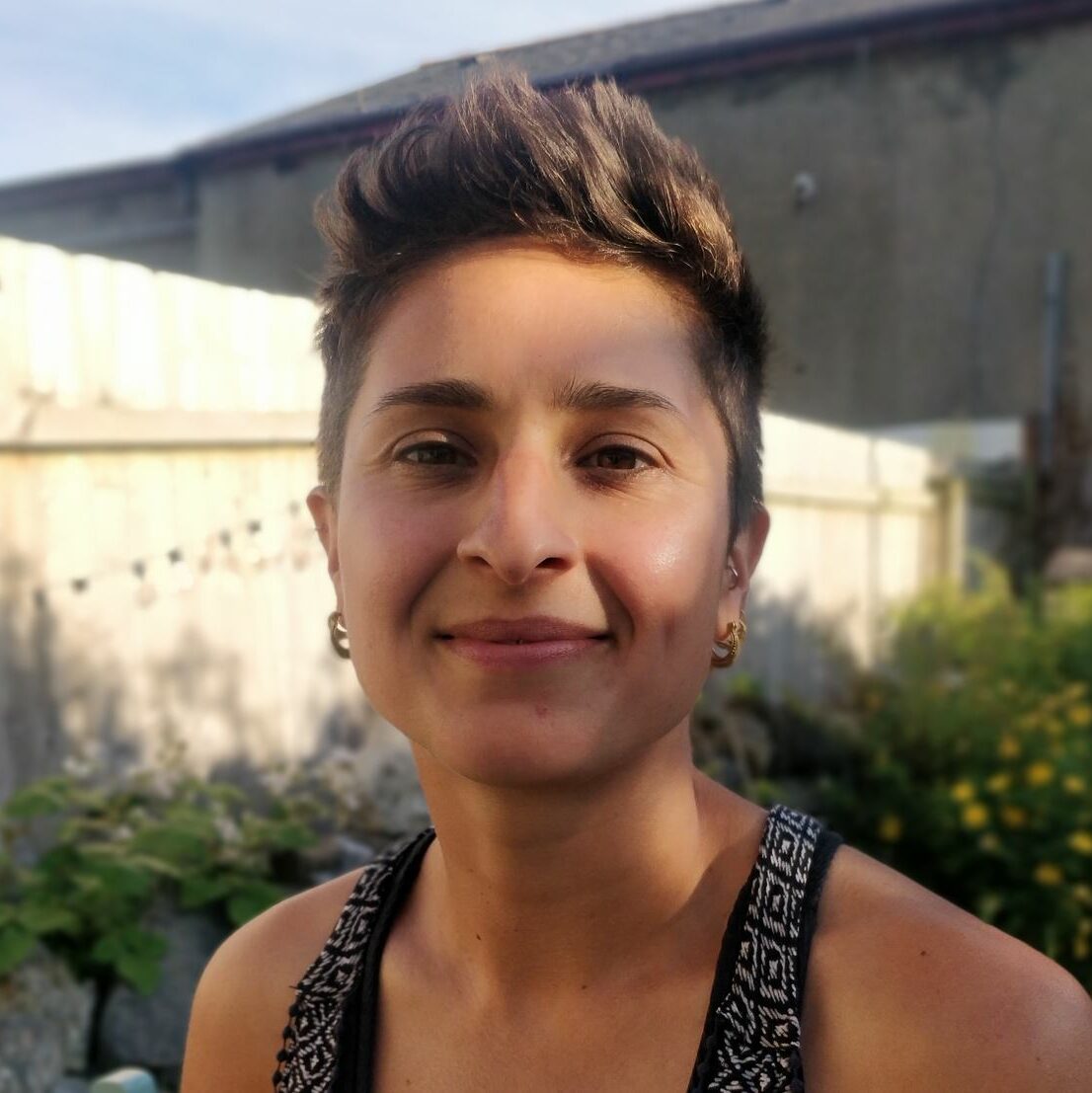
Alice Lengereau
A multi-disciplinary creative and new entrant farmer, Alice started her career in advertising working alongside partner Joel Davies before leaving the city to pursue her passion for food and farming. Her skills range from brand design and information architecture to web development.
Alice Martin-Prével
Alice is involved in Terre de Liens and the Access to Land network, which work to preserve agricultural land and support access to land for peasant agroecological farmers. She explores in particular how land organisations and public actors can work together to change land use and management models, create more resilient territories, and foster solidarity and social land initiatives.

Alison Sheffield
Alison is a Joint Wales Manager with Social Farms & Gardens leading a range of innovative projects to create a more equitable food system. She is a partnership developer, food lover, waste hater, mother of small people, and volunteer playgroup leader. She is also an enthusiastic and excitable veg grower, a Cymraeg learner, a quick learner full of curiosity, and a lover of the outdoors.

Amber Lawes-Johnson
Amber has expertise in scientific research and policy across academic, NGO, and governmental sectors. Building upon her mixed farming background, her current PhD research aims to join the dots between practice, policy and science, to support regionally sensitive socio-economic and environmental public good outcomes for England’s beef and sheep systems.

Amro Hussain
Amro is a Senior Manager of Public Affairs at Humane Society International/UK, a chairy working to promote the human-animal bond, rescue and protect dogs and cats, improve farm animal welfare, protect wildlife, promote animal-free testing and research, respond to disasters and confront cruelty to animals in all of its forms. Amro has worked on the charity’s High Court bid to enforce animal welfare laws to prevent the rearing of ‘frankenchickens’ through fast-growing breeding practices.
Amy Dakin Harris
Amy is an artist and landworker who runs Remedy Fields, a cut-flower and herb farm near Glasgow. Reparative actions are the core purpose of the project, as well as creating a more expansive, integrated view of regenerative principles. She is also a director at The Wash House Garden, a queer-led food growing co-operative.
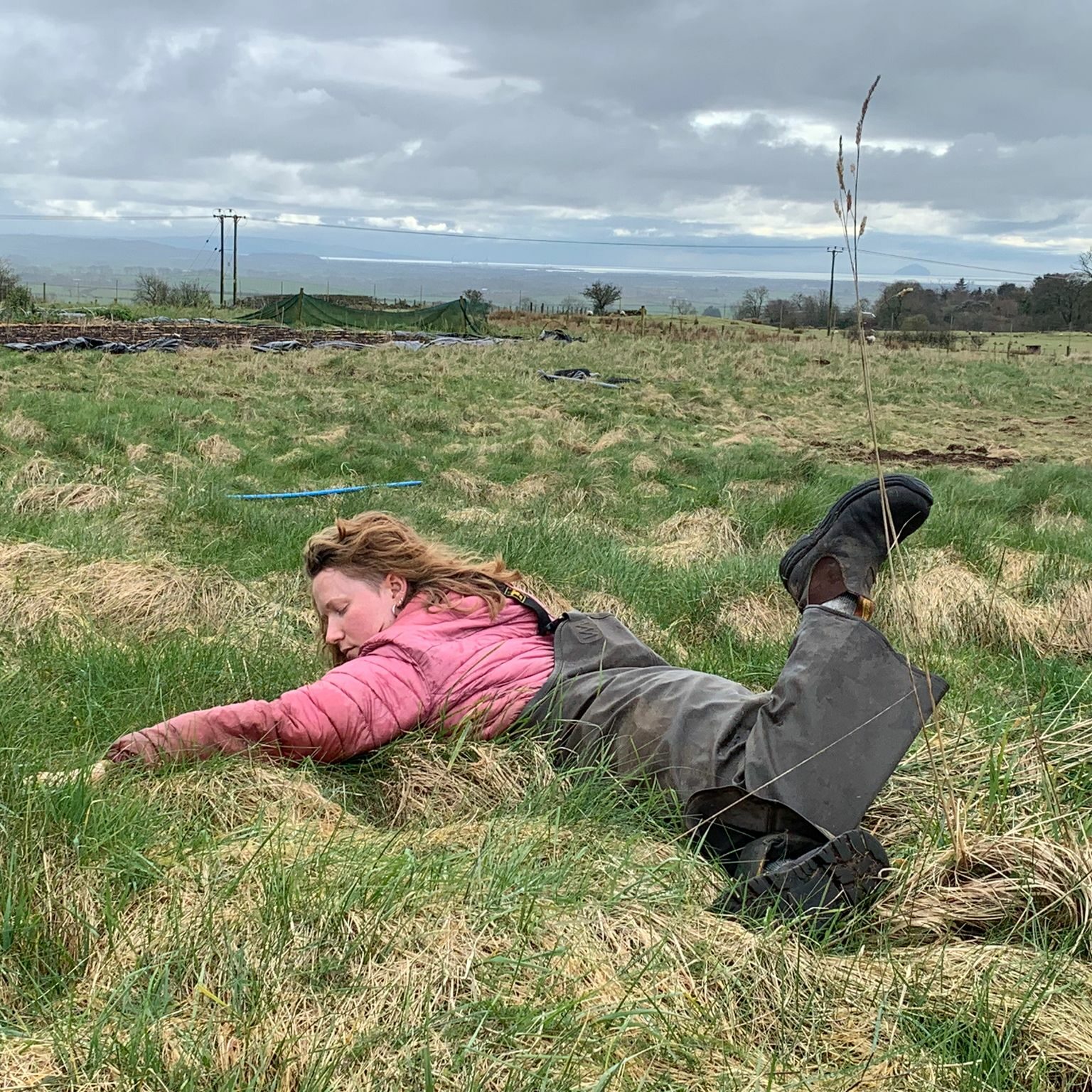
Amy Willoughby
Amy is a grower and manager at Plotgate Community Farm in Somerset, which she co-founded in 2015. The 16-acre farm is run as a CSA producing veg shares from three acres of hand-cultivated market garden, and an expanding mechanised area.
Amy-Jane Beer
Amy is a biologist, naturalist, writer and campaigner. She is a Country Diarist for The Guardian, columnist for British Wildlife, and author of several books including the 2023 Wainwright Prize winning The Flow: rivers, water and wildness. She convenes the Access Friendly Farmers and Landowners working group for Right to Roam.
Amy Quirk
Amy’s professional life began in horse racing, followed by a commended career in policing, before becoming a Director within the charitable sector. With ambitions to farm, a BSc(Hons) ensued, with her dissertation focusing on the inability of farmers to produce local food, negatively impacting native breeds, farm viability, welfare and the environment.
Ana Rosa de Lima
Ana Rosa works for the protection of Indigenous Peoples’ rights and self-determination. Drawing from her own ancestry she focuses on strengthening land protection and regeneration through Indigenous, locally-led approaches, amplifying the voices of communities. Through solidarity and allyship she is involved in building networks around regenerative practices and Climate Justice.
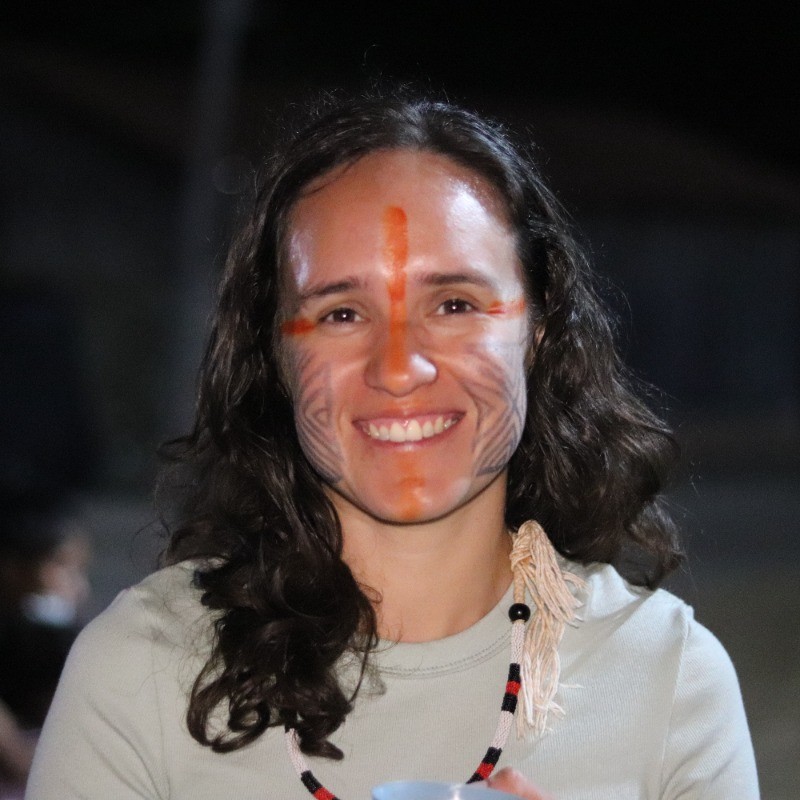
Andrea Parry Jones
Andrea is a Rare Breeds Survival Trust (RBST) Conservation Adviser. Working across all breeds of native equines and livestock, her responsibilities encompass working for the Approved Farm Park Network and Associates, aiding in and conducting various research and promotional projects, delivering conservation grazing courses and consultation reports, and promoting the uses of rare and native breeds in habitat conservation and creation.
Andrew Bovarnick
Andrew has over 20 years of experience in The United Nations Development Programme and is focused on transforming commodity sectors through the UNDP Food and Agricultural Commodities Systems (FACS) initiative. UNDP has a portfolio of projects directly supporting FACS representing over $1.2 Billion, in more than 100 countries covering initiatives that focus on increasing the resilience of agricultural systems and food security for more than 3.7 million people.
Andrew Court
Andrew runs Cotes Lodge Farm, a 274-acre mixed farm in Staffordshire, with his mother and brother. Keen to move towards being carbon-negative and environmentally sustainable, Andrew direct drills his crops, integrates green manures, and finishes Aberdeen Angus and Wagyu cattle on a grass diet on the farm’s permanent pastures.

Andrew Crump
Andrew is a Lecturer in Animal Cognition & Welfare at the Royal Veterinary College. He studies questions like: which invertebrates might be sentient, and how does sentience relate to welfare? In 2021, he was part of a team that convinced the government to protect certain invertebrates under animal welfare law.
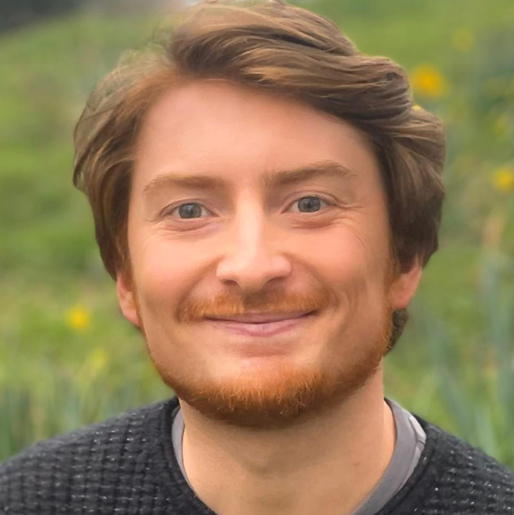
Andrew McKee
Andrew is a new-entrant beef farmer. Together with his brother, he farms 40-acres in Northern Ireland with a suckler beef herd of 24 PBR Irish Moiled cattle, striving to rear in a sustainable, low-input and regenerative manner. He is at the beginning of his regenerative agriculture journey and has used the Environmental Farming Scheme to plant hedgerows and the Small Woodland Grant to plant trees.
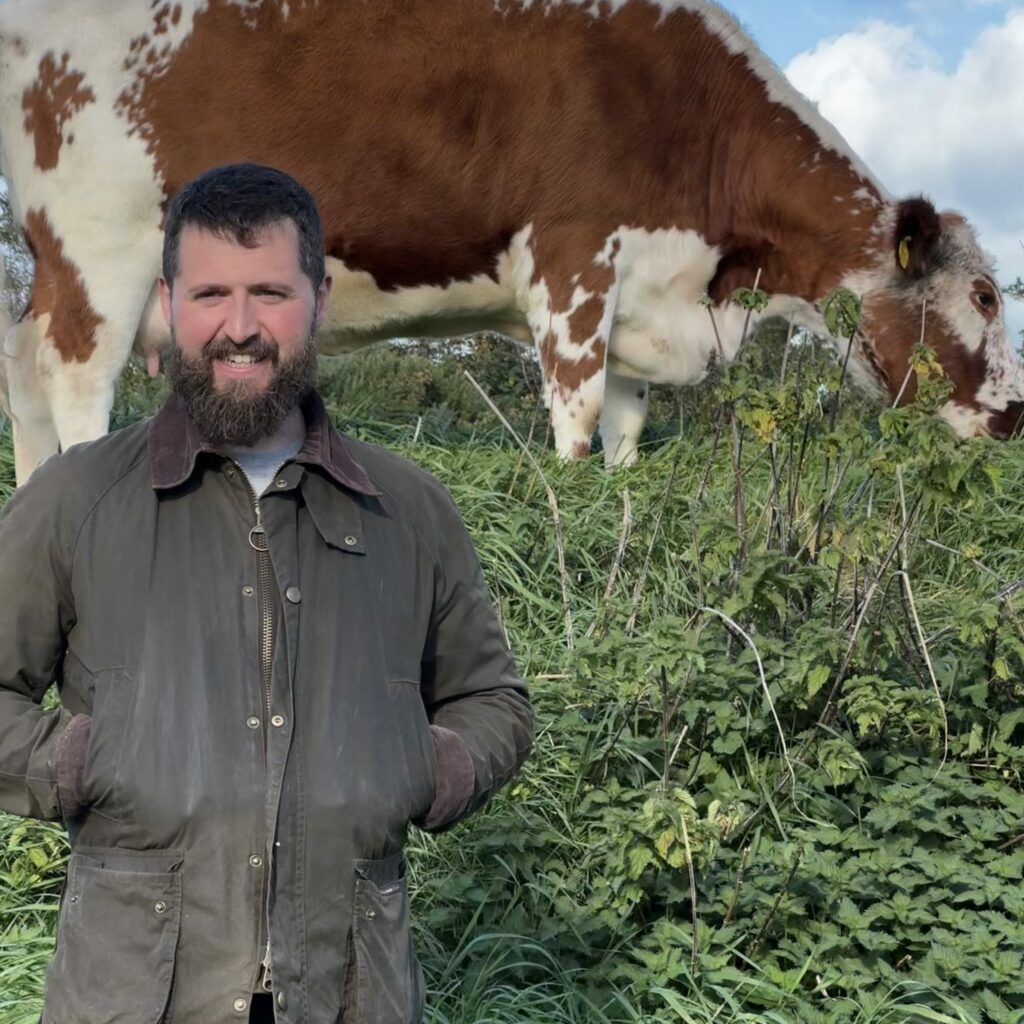
Andrew Trump
Andrew runs Organic Arable, a producer group of organic arable farmers across the country. Alongside developing long-term supply chain opportunities for Organic Arable’s farmers, the company also undertakes participatory on-farm research to support farmers at a technical level.
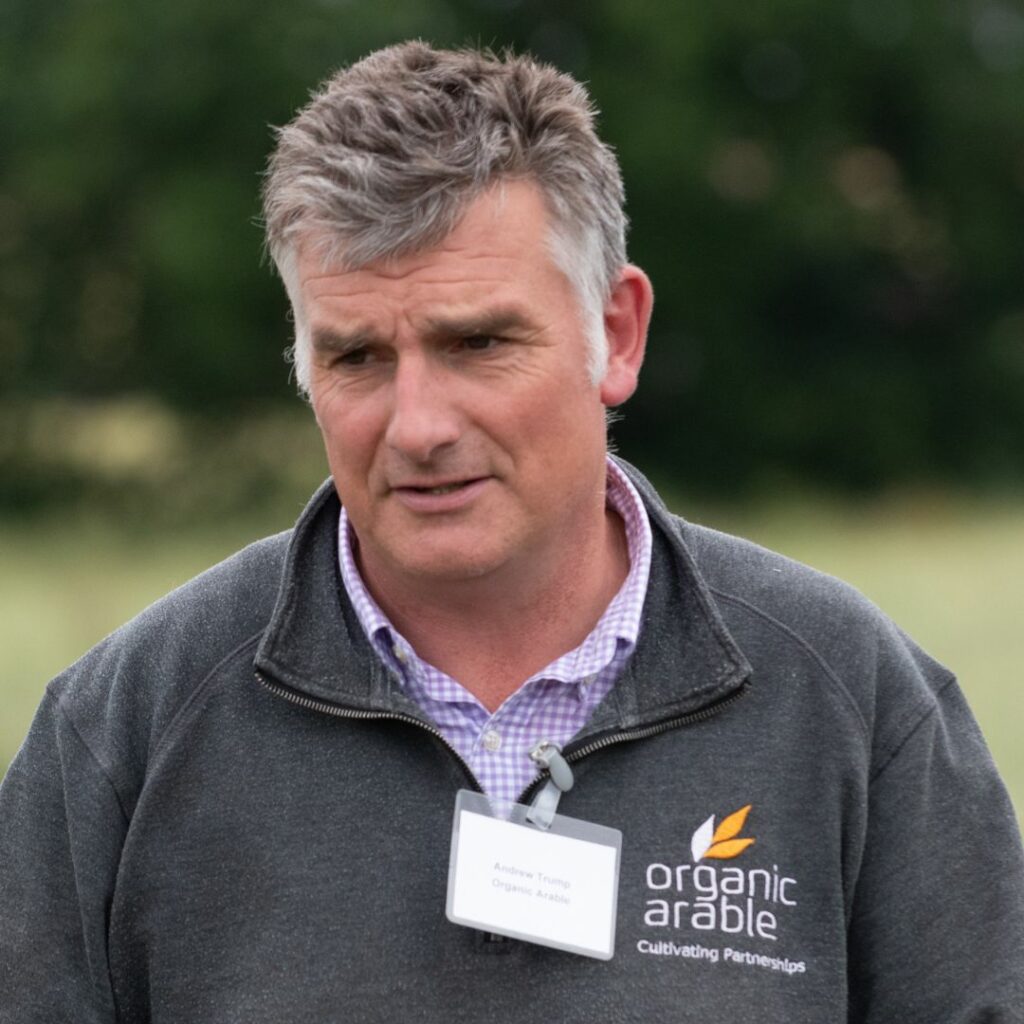
Andy Dibben
Andy is the head grower at Abbey Home Farm. He is responsible for the production of organic vegetables and fruit on 15 acres. He is passionate about feeding people, training his team of apprentices, and is dedicated to promoting the ability of plants and insects to replace agrochemicals.
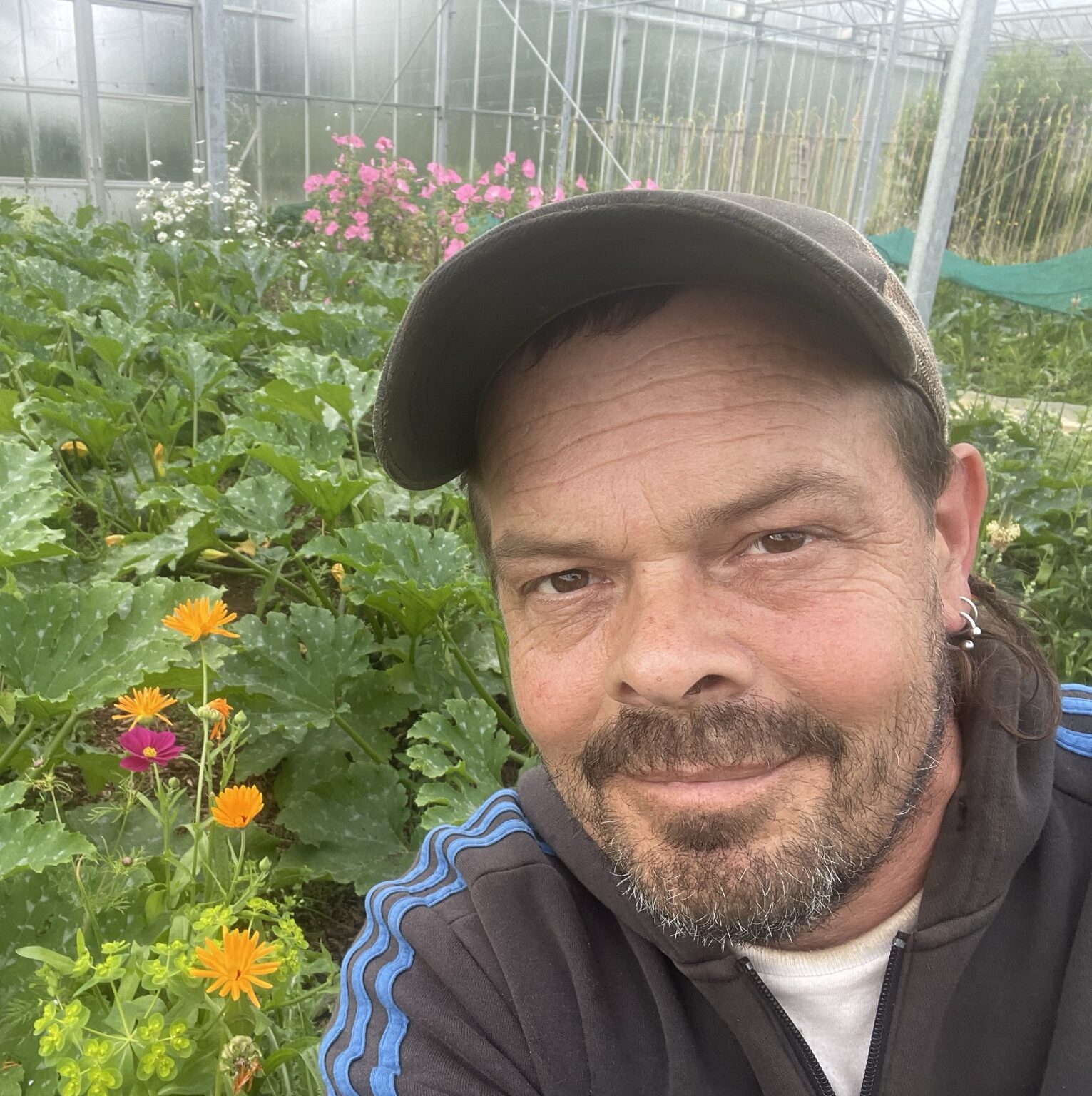
Andy Neal
Andy’s research places organic carbon at the heart of soil. He is working with colleagues to develop a radically different way of thinking about soil and his work has featured on BBC Radio 4’s Inside Science as well as at New Scientist Live events. Andy is based at Rothamsted Research in North Wyke, Devon.
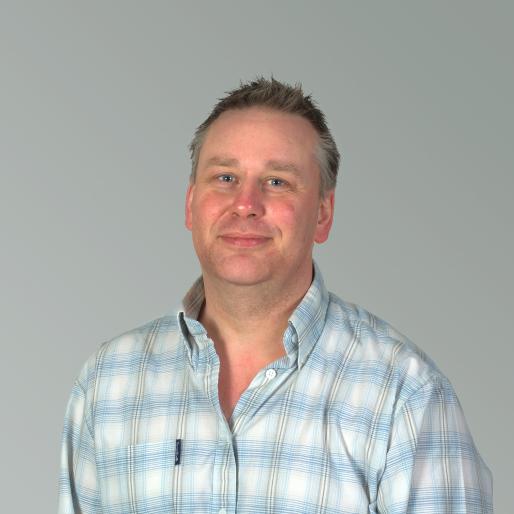
Andy Wear
Andy is a shepherd and blade shearer who manages grazing livestock to build biodiversity naturally. He has retrained in Holistic Management to produce food, fibre and fuel from Fernhill Farm and grazes his sheep on surrounding solar parks, conservation areas, and arable and dairy farms. He’s chairman of Mendip Hills National Landscape partnership and FIPL panels, redefining the role of livestock within our eco-systems, together with a passion for timely wool harvesting.
Angharad Wynne
Angharad has spent much of her life exploring the landscapes and lore of this land. She shares her learning and explores understanding and contemporary practice through retreats, storytelling gatherings, ceremonies, dreaming circles, writings and pilgrimages. She is a member of the Wisdom Keepers: Reigniting Ancient Ways collective and creator of Dadeni, a programme exploring the native spiritual traditions of Britain. She is a founder of ‘Animate Earth’, a new international animism collective.
Anita McNaught
Anita McNaught has a long history in TV news as a foreign correspondent for the BBC, CNN, Fox News and Al Jazeera, specialising in the Middle East. Everywhere she reported, she slipped in a story about farming. In 2014, life took an unexpected turn when her Aunt left her an 85 acre farm in Sussex. It was a loss-making wreck. She turned it around.
Anna Barrett
Anna (they/them) runs a regenerative market garden for Wilson’s restaurant in Bristol, UK. Anna organises with Out On The Land, the LGBTQ+ identity group within the Landworkers’ Alliance. Anna coordinated the LAND / WORKERS publication as part of the Cultivating Justice project, showcasing a diverse group of landworkers through portraits and interviews.
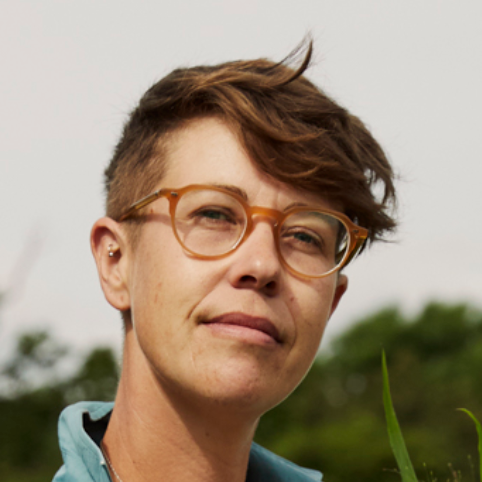
Anna Bowen
Anna is a farm consultant, freelance writer, and dairy maid from West Wales. She and her partner are contract farming 300 spring block calving cows on a grazing system. She is also a 2021 Nuffield Scholar, exploring the topic ‘Cow Calf Contact: Dairy’s Ethical Future?’
She was recently awarded Dairy Industry Woman of the Year 2024.
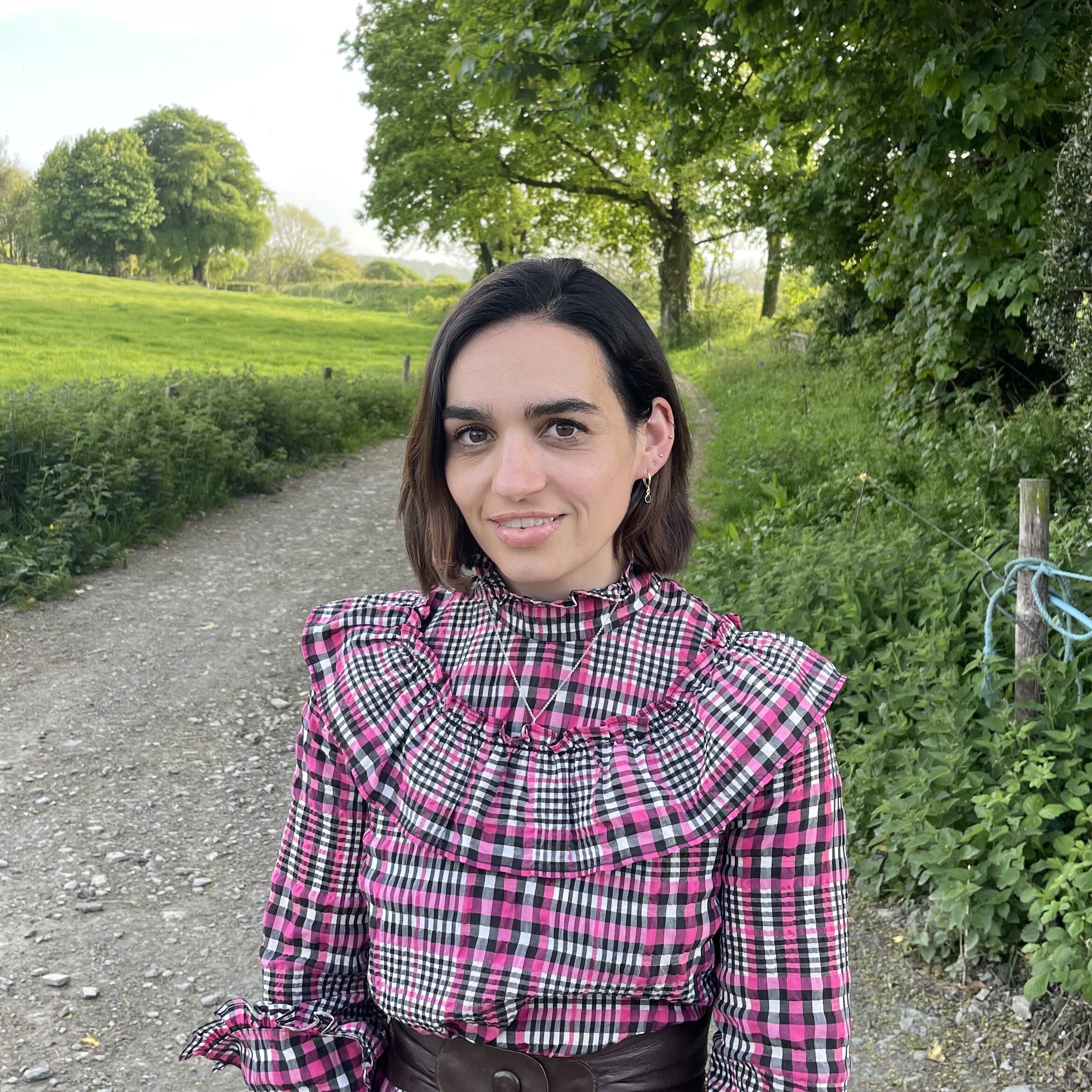
Anna Jones
Anna is a rural affairs journalist, author, broadcaster and television producer. She’s also a Nuffield Farming Scholar and a farmer’s daughter from the Welsh Borders. In 2018, she quit her staff job at the BBC to set up Just Farmers — an agri-communications project aimed at connecting journalists and programme makers with independent, authentic voices at the grassroots of farming. Anna’s first book, Divide: The Relationship Crisis Between Town And Country was published in 2022.
Annie Rayner
Annie is a director and cofounder of Planton Farm. She is a food systems expert with extensive experience managing farm-based projects aiming to regenerate our food system. One of her key current projects is Impeckable Poultry. Annie is a specialist in farm animal welfare, having undertaken a PhD in positive animal welfare.

Anuka De Silva
Anuka is a peasant activist based in Sri Lanka. She practices agroecology and agroforestry and is also engaged in seed conservation. She mobilises rural women critically affected by predatory microfinance and promotes agroecology to solve the agrarian crisis. She is a Gender Adviser to the Movement for Land and Agricultural Reform (MONLAR) in Sri Lanka and a member of the International Coordination Committee of La Via Campesina.
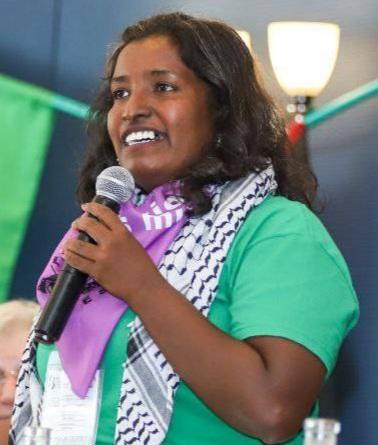
Ashley Wheeler
Ashley has run Trill Farm Garden with his partner Kate for the last 15 years. They have been growing for restaurants, cafes and shops, and they set up a box scheme in 2020. They produce seed commercially and teach courses at the farm. Ashley is a founding member of the Landworkers’ Alliance.

Atalo Belay
Atalo is an entomologist and project coordinator at Pesticide Action Nexus Association Ethiopia (PAN-Ethiopia). His work has expanded sustainable agricultural production including organic farming in Ethiopia by introducing agroecological solutions for smallholder farmers that help to reduce or eliminate the use of harmful pesticides from the production of cotton and vegetables.
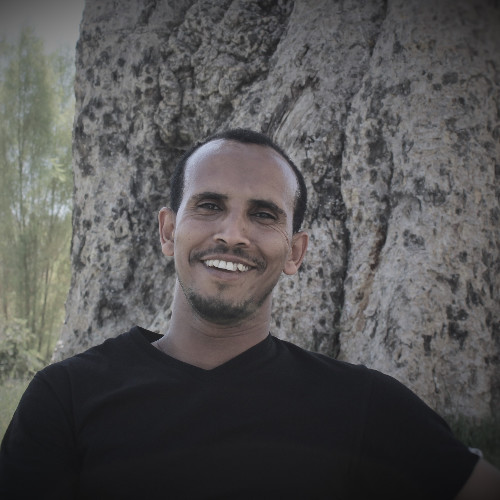
Atenchong Talleh Nkobou
Atenchong is a Senior Lecturer in International Rural Development at the Royal Agricultural University. His research focuses on the political economy of agrarian systems, land tenure and food security. He is interested in critical approaches to development theory and practice, and was principal investigator for the study ‘Reversing the Gaze: Knowledge Stories and the Struggles for Community Land Rights in Scotland’.

Audrey Litterick
Audrey is an independent consultant (Audrey Litterick Consulting and Earthcare Technical). She works with famers, land managers and advisors to improve their fertiliser use and assists compost/digestate producers to improve their products and develop robust and novel markets. Audrey has developed practical training courses on the subject.
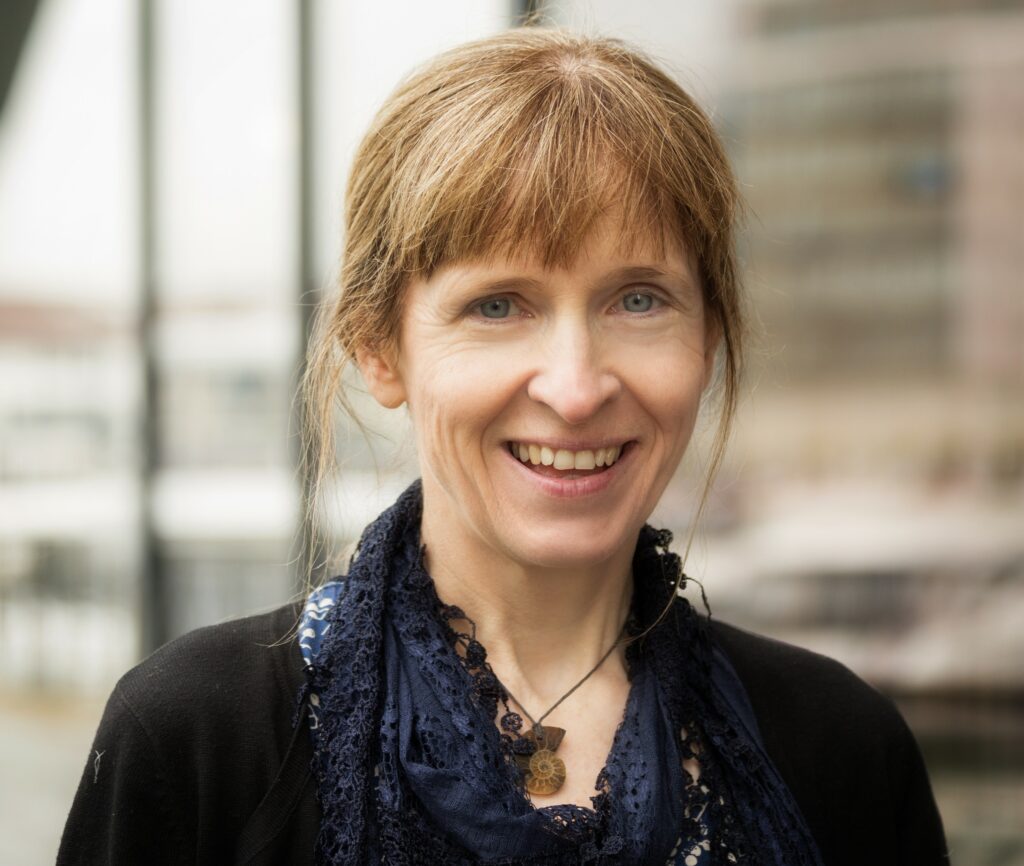
Augusta Lewis
Augusta is the Sustainable Food Places Coordinator for the Local Food Partnership in Carmarthenshire, Bwyd Sir Gâr Food. She is hosted by Social Farms & Gardens. Augusta is interested in inclusive participatory and systems approaches in sustainable food project design.
Ayms Mason
Ayms is an agroecological researcher, specialising in agri-tech and food and farming system transformation. They currently work with Beyond GM and A Bigger Conversation on a range of project, advocacy and research work. They previously worked as a market gardener on a 2-acre plot in Worcestershire, serving a farm shop.
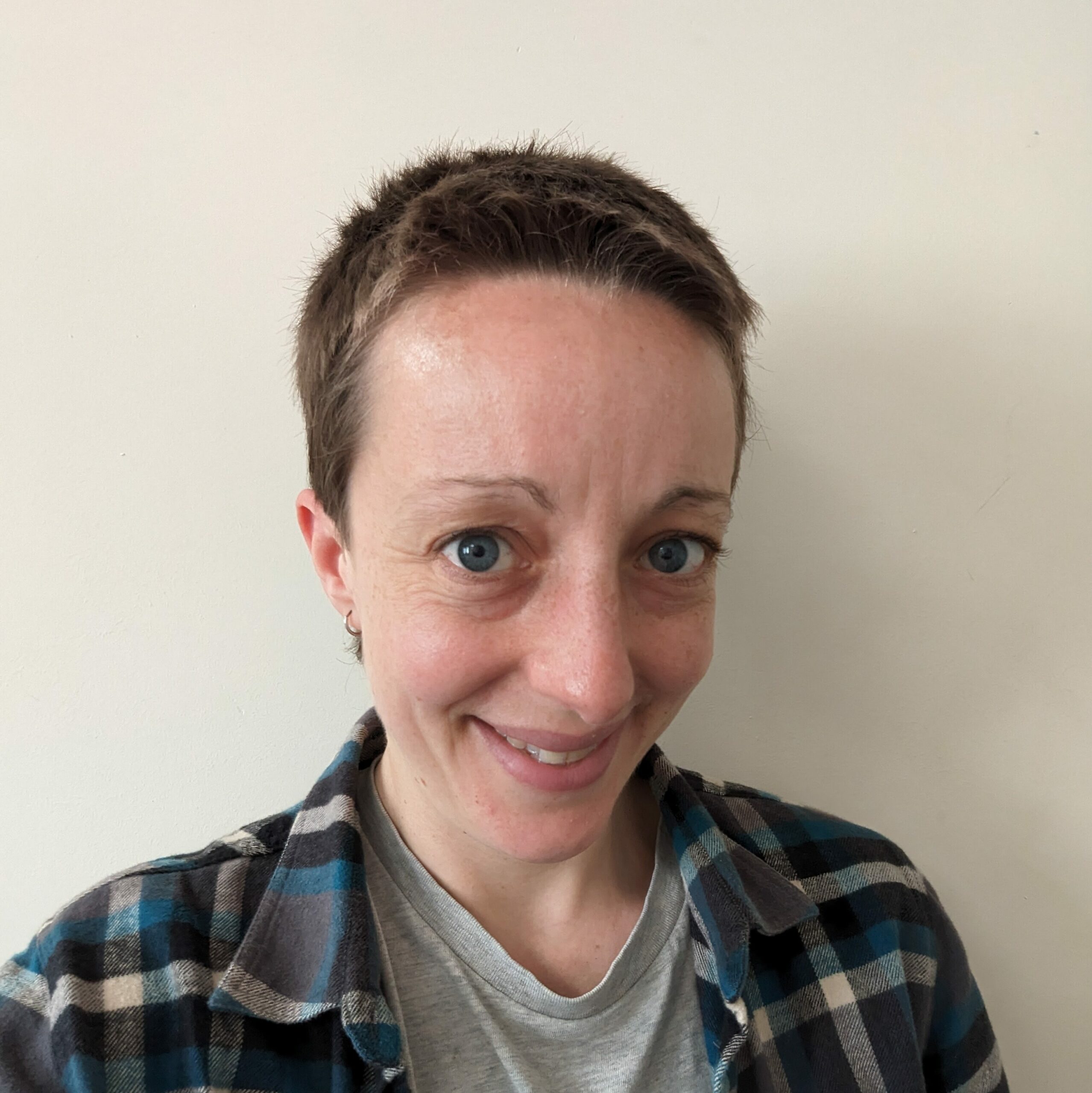
Barbara Smith
Barbara is an applied ecologist working across arts and science. She’s Associate Professor at the Centre for Agroecology, Water and Resilience and teaches Regenerative Design at Central Saint Martins, UAL. Her work focuses on restoring biodiversity, especially in farming systems, and connecting this with broader nature restoration efforts.
Barnaby Coupe
Barnaby is Senior Land Use Policy Manager at The Wildlife Trusts. Barnaby leads the organisation’s policy work on chemicals and pesticides, as well as working across food and farming policy and agri-environment schemes to realise The Wildlife Trusts’ vision of a thriving natural world. Barnaby also chairs the Agriculture Working Group for Wildlife & Countryside Link, the largest environment and wildlife coalition in England.
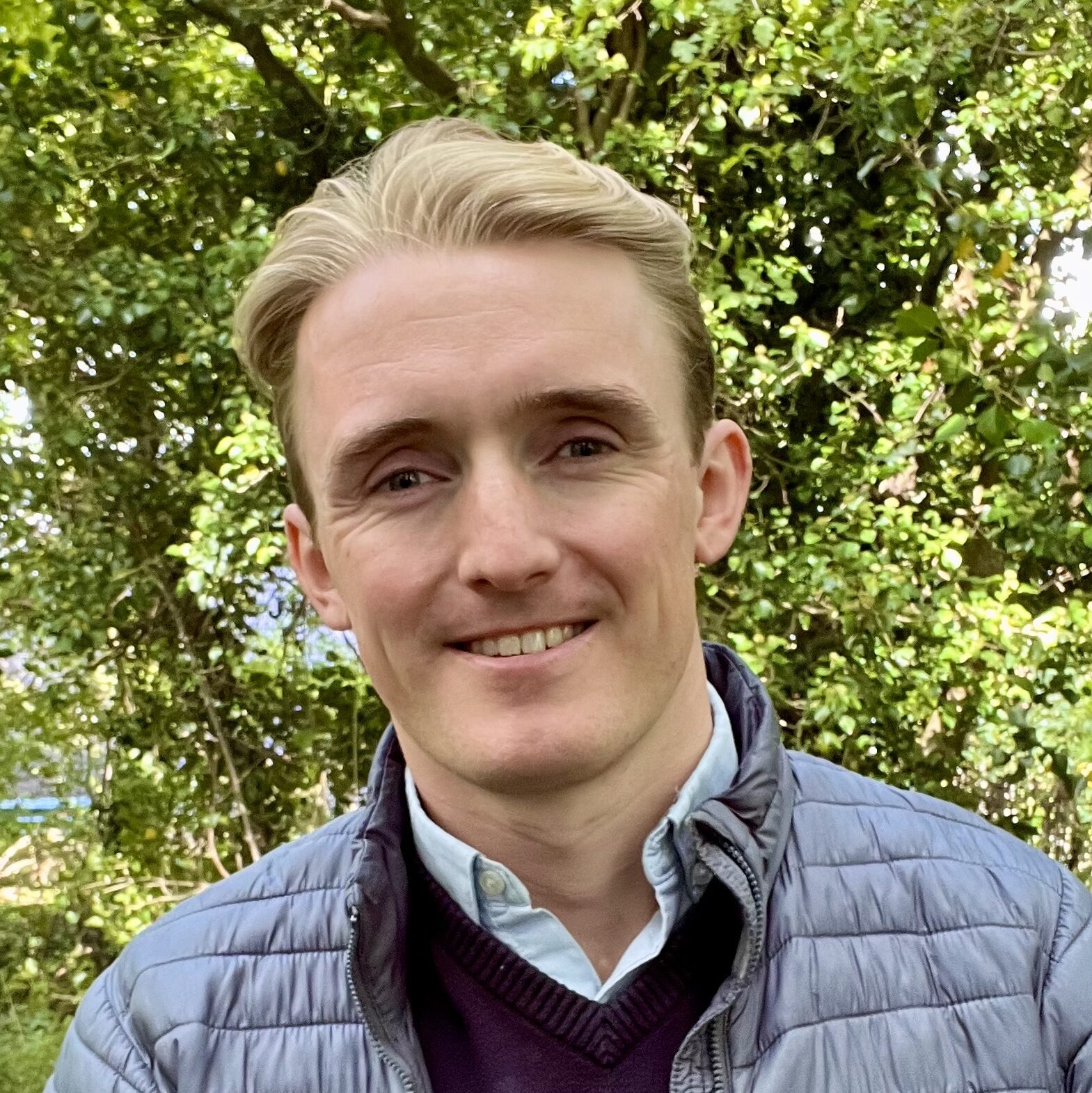
Becca Stevenson
Becca was part of the first cohort of students trained through the Soil Association apprenticeship scheme, with her placement being at Abbey home farm for two years. She has been at Five Acre Community Farm near Coventry for the last 11 years, first as head grower and now as farm manager.

Becky Grove
After working in film and advertising for 15 years, Becky took an MA in Social Entrepreneurship. She then created ‘Grounders’, a programme for young people combining seasonal jobs with food and farming education. This led her to FarmED, where she co-founded Emergent Generation in 2022. She is a Director of the CIC.

Ben Andrews
Ben (he/him) is an organic mixed farmer from Herefordshire UK and one of the founding members of Agrespect – a group that aims to tackle LGBTQ+ discrimination and share positive experiences of being LGBTQ+ within farming and the wider agriculture industry.
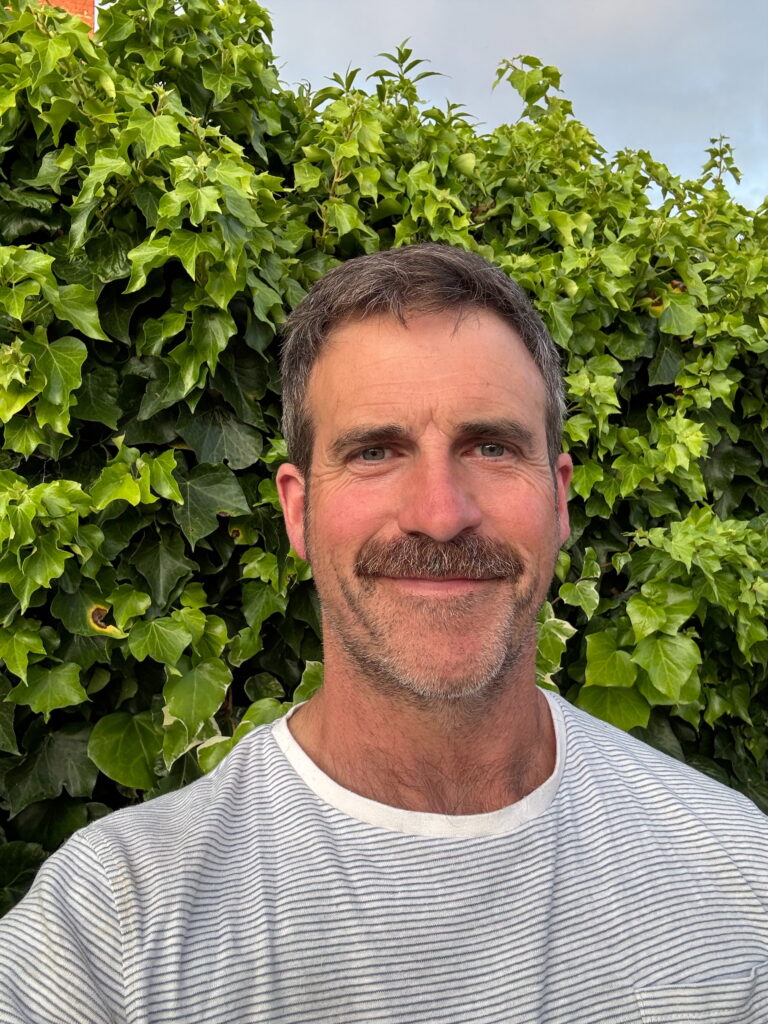
Ben Grass
Ben is the Founder and CEO of leading natural wellness company, Grass & Co. They create award-winning mushroom supplements combining functional mushrooms with adaptogens and vitamins, and are listed in leading UK retailers including Holland & Barrett, Boots, Sainsburys, Wholefoods, Daylesford and more. Their nootropic drinks range is taking the UK by storm, and the three drinks are crafted with powerhouse botanicals and naturally juicy fruit flavours.
Ben Raskin
Ben has 30 years of horticultural and farming experience. He leads the Soil Association’s agroforestry work. He also manages the agroforestry at Eastbrook Farm in Wiltshire, writes books including ‘Silvohorticulture’ and ‘The Woodchip Handbook’, and works as an independent consultant.
Benedict John Pollard
Benedict is the Founder and Director of Mighty Fine Oaks. ‘The Soul of the Oak‘ tells his story of connecting with oak through growing trees from acorns of old and powerful oaks of England. He weaves us a delightful weft of observation, science, inquisitiveness, synchronicity, spirit, passion, joy and intrigue.

Beth Bell
Beth works with the Food Ethics Council to join the dots across food policy, practice, relationships and networks, building equitable food futures with ethics, care and kindness. She is a co-founder of Carrick Greengrocers and co-chairs the Belfast Sustainable Food Partnership.

Beth Nicholls
Beth is a Senior Research Fellow in Ecology & Evolution at the University of Sussex. She specializes in the behaviour and physiology of wild bees, and improving beneficial insect diversity in non-conventional growing systems, such as urban farms and vineyards.
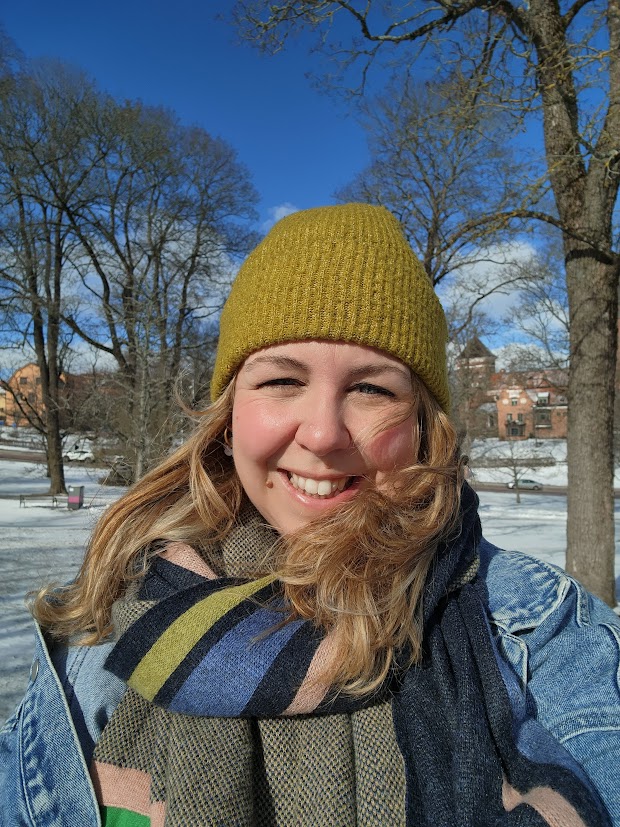
Boglárka Bozsogi
Bogi is a Communication and Policy Officer at Agroecology Europe and a coordinator of Emergent Generation, a network of young people passionate about the regenerative transformation of farming and food systems. She works on events, project management, policy analysis, and research around agroecology, food and farming, and degrowth.
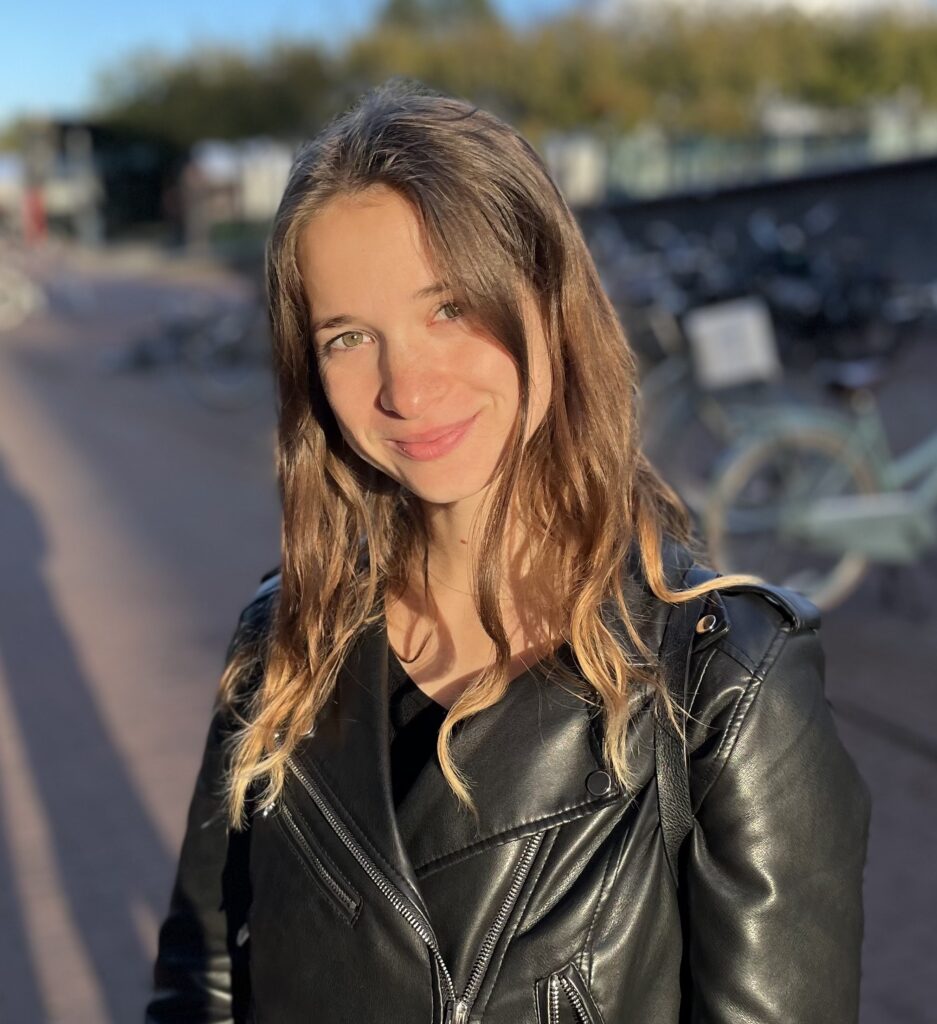
Bonnie Hewson
Bonnie is the Director of Farming the Future, a funding collective that supports a shift to a fairer system of food and farming, and advocates within philanthropy for more and better funding for an agroecological transition in the UK. Bonnie started as a local food organiser over 15 years ago and has worked in funding a fairer economy for a decade.
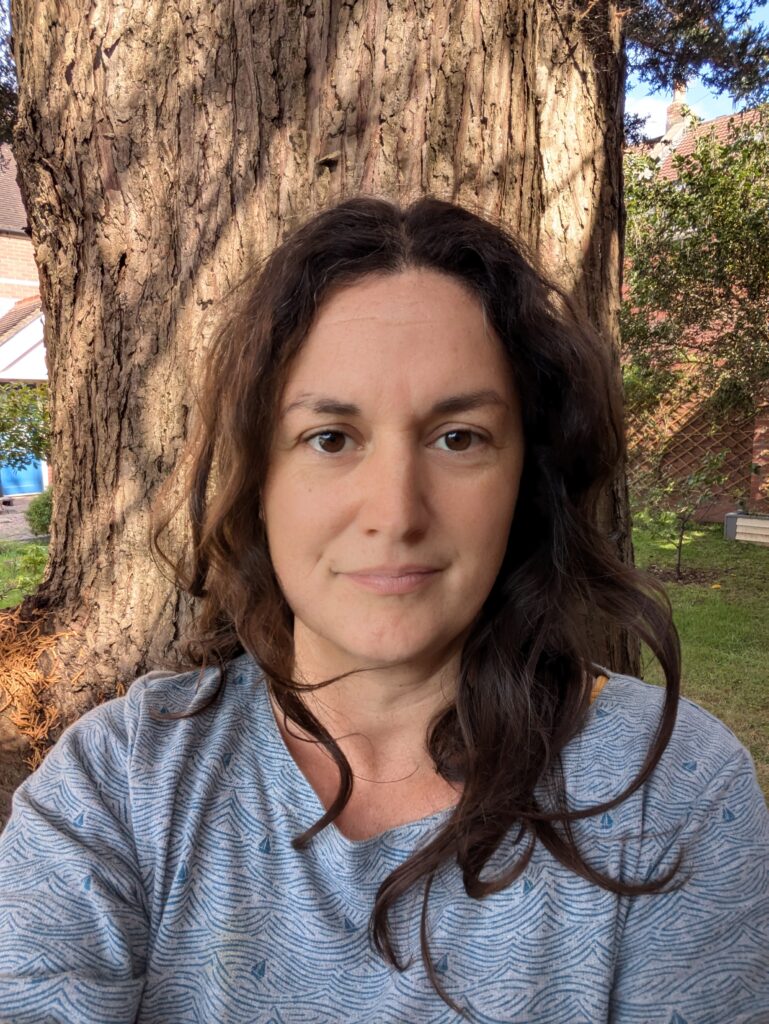
Bonnie VandeSteeg
Bonnie is part of the People’s Land Policy. They aim to contribute to building a grass roots land justice movement that unites struggles around food, housing, environment and community. She recently published a book on land use conflict: ‘Land for What? Land for Whom?’ based on research in Scotland.

Calixta Killander
Calixta founded Flourish Produce in 2017. With 56 acres of farmland, Flourish is a beacon of biodiversity with more than 750 varieties of crops in cultivation, an agroforestry field, a heritage grain project, rotating herbal leys and flower fields. An integral part of the Flourish ethos is to build strong, longstanding partnerships between the farm and its customers. The produce is directly marketed to restaurants, florists, bakeries, shops and through an on-site farm shop and veg box scheme.
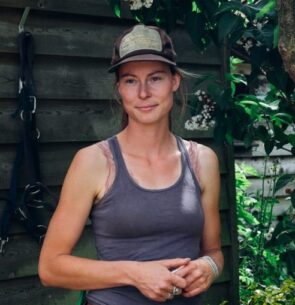
Carmen Posada Monroy
Carmen is a journalist and consultant with 10 years of experience in food systems, gastronomy, and sustainability projects. She believes food is the transversal axis of our lives, intersecting with politics, economics, territory, the environment, daily life, the familiar and the intimate. Using journalism and food story-doing as a tool for social transformation, she tells the intertwined stories between what we eat and the different spheres of society.
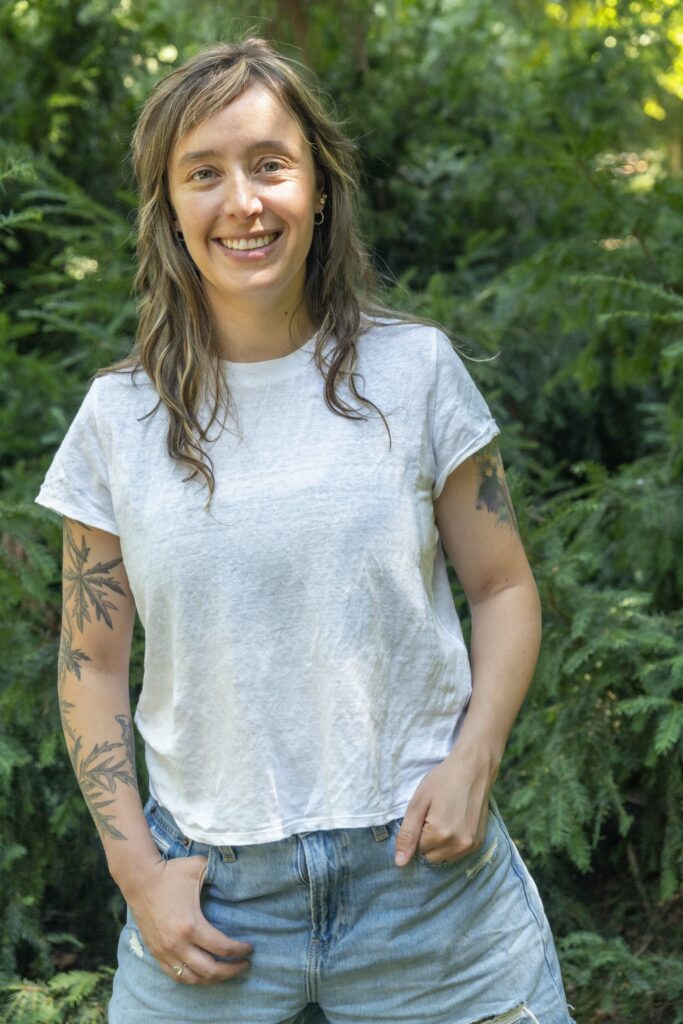
Carol Alyce Adams
As the dynamic manager of Cardiff Farmers Markets, Carol spearheads the operation of three vibrant weekly markets and a captivating pop-up market at Cardiff Metropolitan University. Beyond the markets, she also leads Food Adventure Social Enterprise Ltd, a groundbreaking initiative. Currently, Carol is involved in an exciting project focused on empowering individuals from the Global South to cultivate vegetables integral to their culture.

Caroline Bennett
Caroline is the founder of Sole of Discretion, a fishmonger based in Plymouth that helps consumers identify and buy fish exclusively from low impact boats, and in so doing helping small-scale fishers thrive. She is also the founder of London sushi restaurant, Moshi Moshi that focuses on ethical, locally-sourced catch of outstanding quality. Her knowledge is informed by Slow Fish.
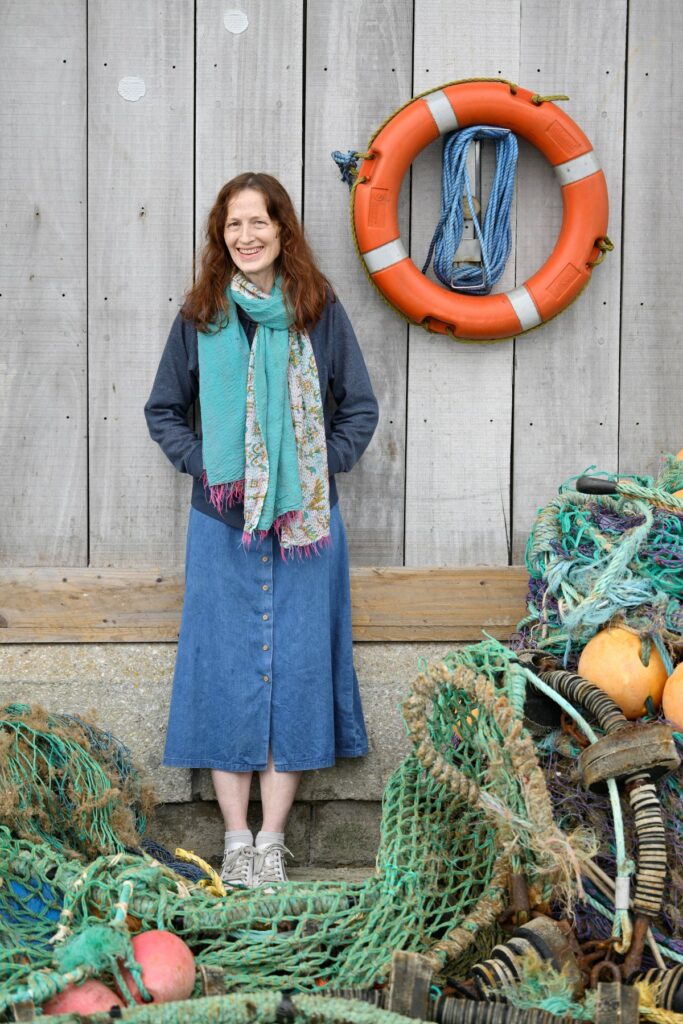
Carson Kiburo
Carson is an Indigenous member of the Endorois People and a community organiser who works on Indigenous Peoples rights, youth empowerment, and global governance. Co-founder and executive director of Jamii Asilia Centre—an Indigenous non-profit focusing on climate change, biodiversity, Indigenous Peoples’ cultural preservation and their nexus in intergenerational knowledge systems sharing.

Catherine Howarth
Catherine is a Principal Investigator at IBERS, Aberystwyth University with extensive experience of oat breeding and research. IBERS varieties are currently grown on the majority of the winter oat area in the U.K. She is currently responsible for 3 new varieties that are undergoing Recommended List testing and has done extensive research into oat quality traits.
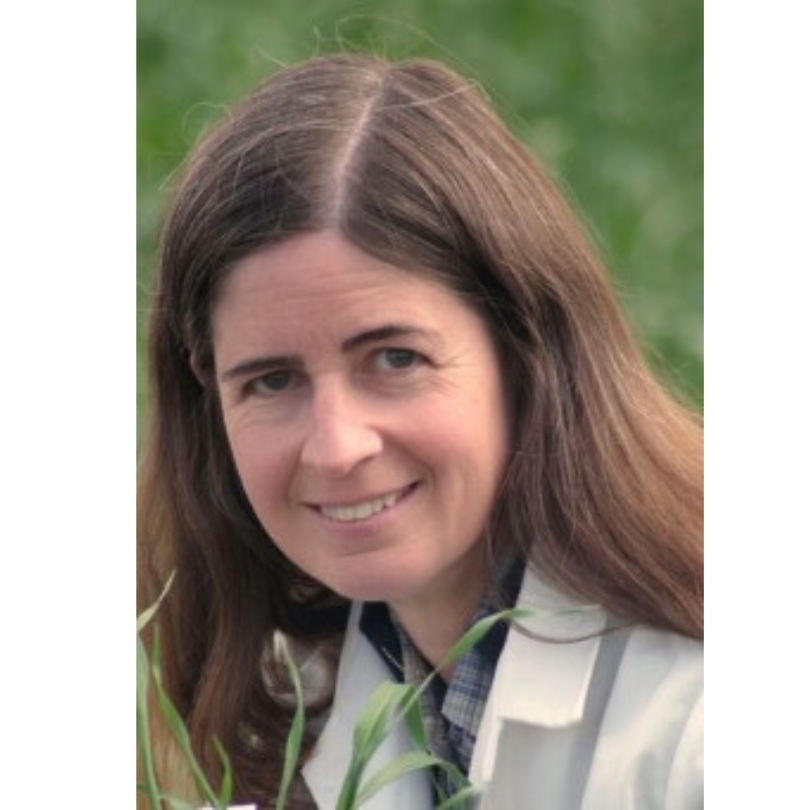
Catherine McAndrew
Catherine is the coordinator of the Landworkers’ Alliance’s Migrant Worker Solidarity Campaign, which aims to hold supermarkets to account for conditions on their supplier farms both internationally and within the UK. This campaign is focused on fighting drivers of forced labour facing farm workers recruited via the Seasonal Worker Scheme
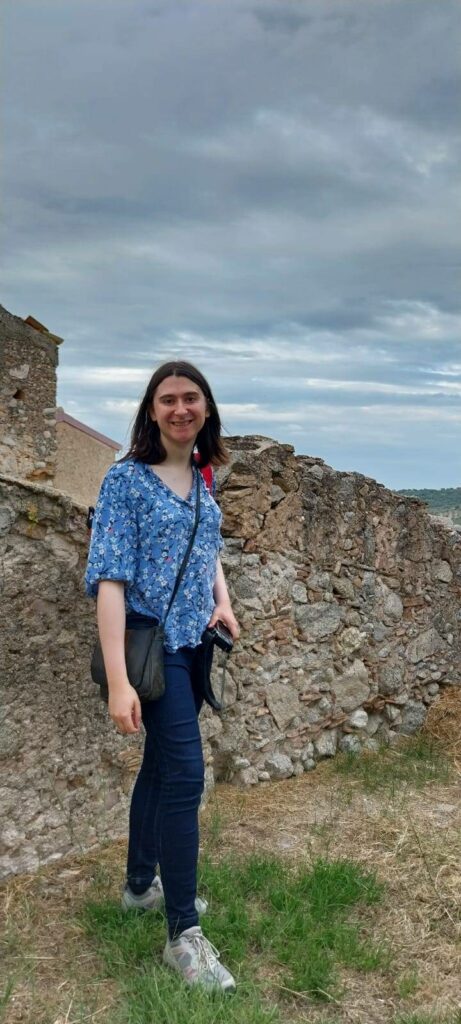
Cathi Pawson
Cathi co-founded Zaytoun 20 years ago, after working in Palestine’s West Bank with farming communities on land access. Zaytoun tangibly supports those communities through growing a market for their products, and through sharing their stories of farming under occupation.
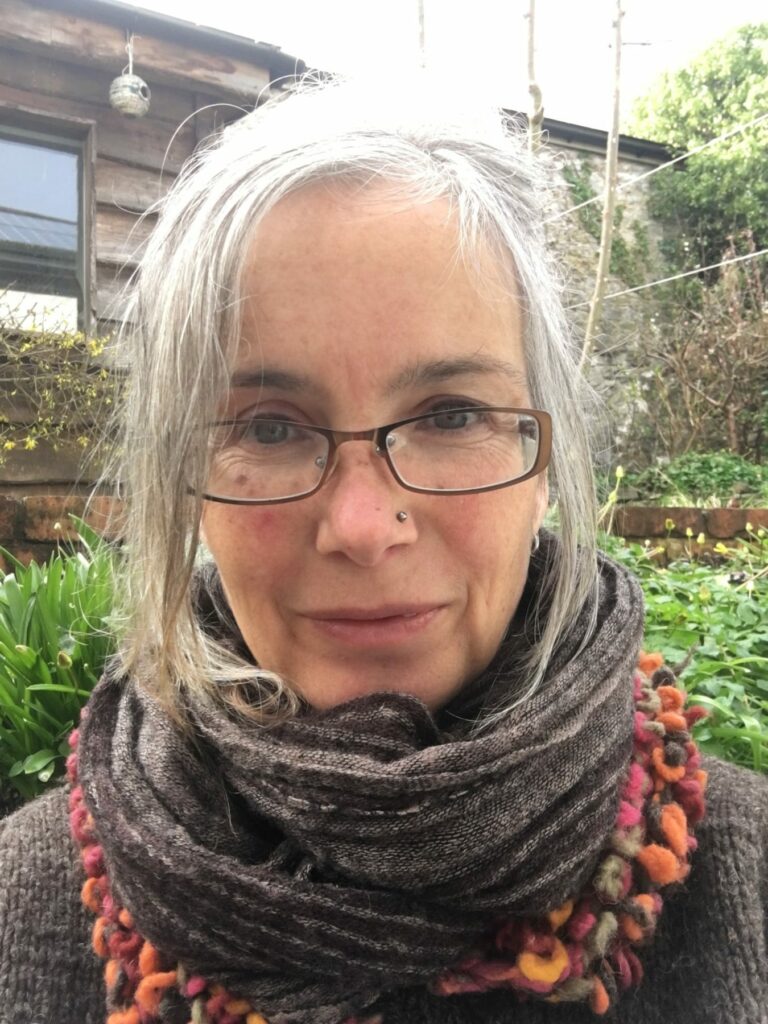
Chantal Wei-Ying Clément
Chantal is Deputy Director of The International Panel of Experts on Sustainable Food Systems (IPES-Food). She holds a PhD in Political Science from Carleton University, where she worked with communities in Europe and North America to explore how people can play a more active role in shaping their food systems. Her work focuses on local food system governance, agroecology, and the food-climate nexus.
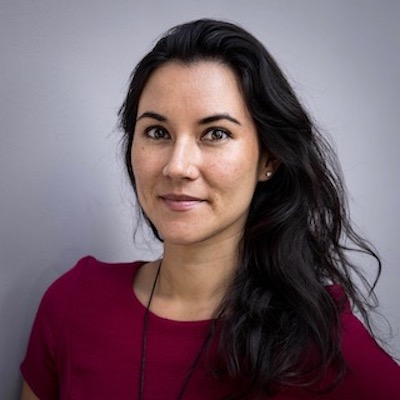
Charlotte Dufour
Charlotte has been working on food systems internationally since 2000 with NGOs and the UN (FAO, SUN, Food Systems Summit with 4SD). She presently works with the UNDP-hosted Conscious Food Systems Alliance Secretariat. She co-founded the non-profit Listening Inspires and Listening to the Earth campaign. She is an Ananda Yoga and meditation instructor.
Charlotte Molyneux
Charlotte is the Team Manager for the Business Support and Innovation team at Devon County Council. In her role, she oversees the delivery of key food and farming support projects, including Future Farming Resilience and the Devon Agri Tech Alliance. Charlotte leads the Devon Food Partnership, which fosters collaboration and communication among food stakeholders across the county.
Chris Clark
Chris and the Nethergill Associates team have analysed over 300 farm businesses and calculated the individual farm MSOs, a ‘sweet spot’ where maximum profitability can be achieved without compromising nature. Chris is co-author of ‘The Less is More’ and soon to be published, ‘The Profitable Farm’.
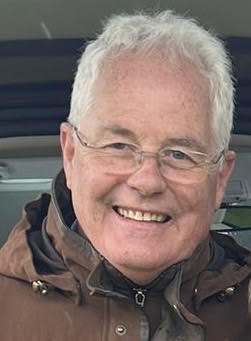
Chris Walsh
Chris helped establish the Kindling Trust in 2007, focused on fund-raising and business development. Today he works full time for Kindling Farm where he is focused on coordinating volunteers, physical improvements to the farm and the development of a master plan for the 78-acre agroforestry system.
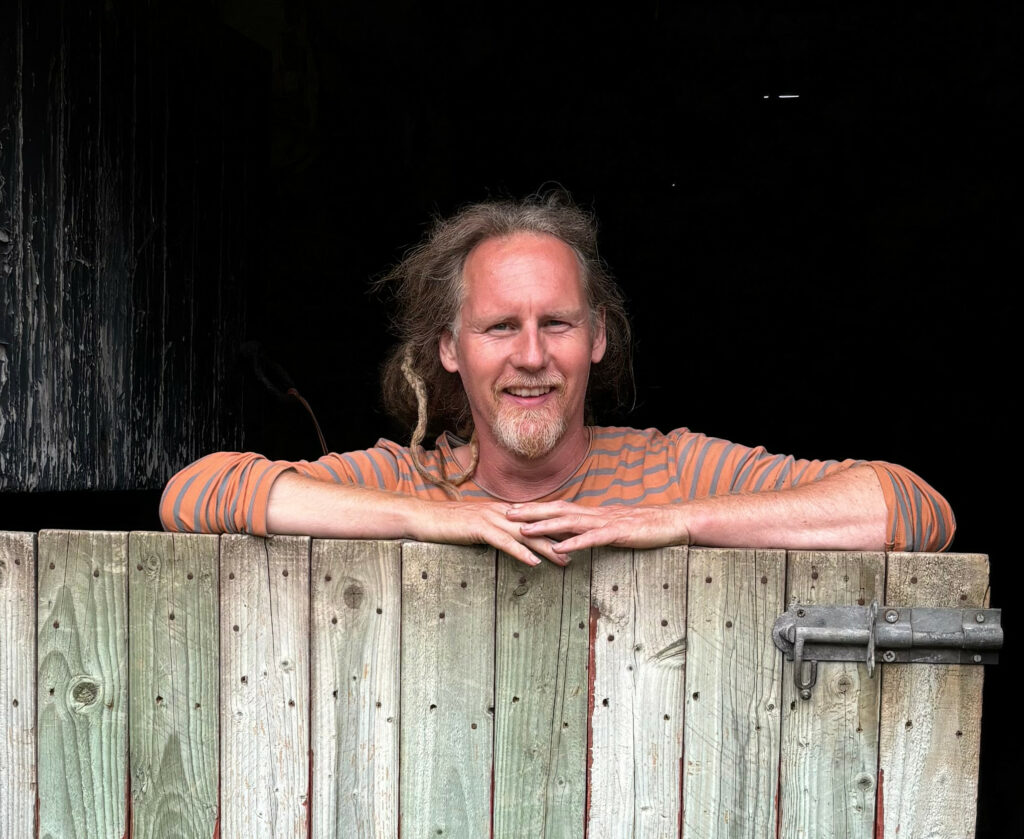
Christabel Buchanan
Christabel is the movement builder for Shared Assets and has organised the Land Justice Spring Gathering for the last three years. This event convenes people from different parts of the land justice movement, building trust, connection and shared strategy. A lesson from the gatherings is that there is still disconnection between strategic activities and vision from those within the movement, and presence of difference in identity and tactics can prevent people from working together. Christabel is excited to facilitate an organising space as part of the Justice Strand, and to bring strategy into such an important event.
Christine Delivanis
Christine is a Partner at Systemiq, leading the Nature and Food platform. She advises pioneering companies, philanthropies and NGOs on sustainability and systems change. Her work spans major corporate advisory and coalition-building projects, and on-the-ground interventions to facilitate the global food system transition, through carbon removal and regenerative agriculture.
Christine Meadows
Christine combines farming, science, business and woodland management experience to provide practical and focused advice that helps land managers to look after their land in ways that are sustainable ecologically, financially and socially. She provides confidence and support to regenerative land management and landscape recovery across a wide range of farms, forests and community networks.

Christopher Price
Christopher is the CEO of Rare Breeds Survival Trust. Christopher joined RBST in February 2019 from the CLA where he was Director of Policy and Advice. He is also the Chair of the Uplands Alliance which aims to bring together practitioners, researchers and others involved in uplands policy.

Cid Van Veerdegem
Cid is the general manager of The Food Hub. He made The Food Hub cooperative evolve from an organic shop to the activist wholesaler it is today. Cid draws the strategic and commercial lines for the future of the coop and monitors the company’s values and standards from the workfloor. In his spare time, he advocates for a natural cider revolution in Belgium!

Claire O’Sullivan
Claire, co-founder of Contemporary Hempery, is a visionary entrepreneur dedicated to sustainable textiles. Partnering with Kitty Wilson Brown, she’s reviving hemp cultivation in East Anglia for luxurious, vibrant fabrics. Claire’s passion for ecological materials and processes drives the company’s mission to connect communities with land and sustainable resources.
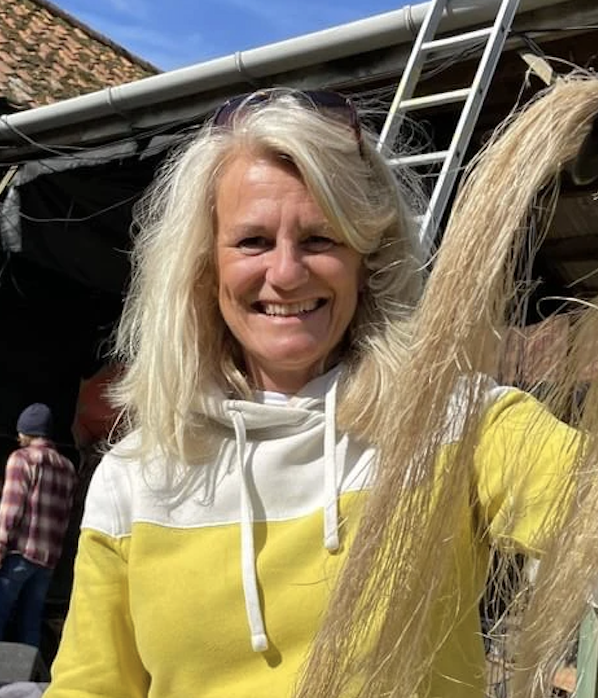
Claire Ratinon
Claire is an organic food grower and writer who has grown edible plants in a variety of roles including growing produce for the Ottolenghi restaurant, Rovi. Claire has shared her growing journey in talks and writes a gardening column for the Guardian’s Saturday Magazine. She co-wrote the pamphlet, ‘Horticultural Appropriation’ for Rough Trade Books with artist, Sam Ayre and her latest book, ‘Unearthed’ is out now.
Claire Whittle
Claire is a new entrant farmer and farm vet, currently working with a range of progressive dairy, beef and sheep farms. She is a steering group member of the Nature Friendly Farming Network (NFFN) and is veterinary lead for the Dung Beetles for Farmers team. Claire’s passion is in regenerative farming methods and how this benefits livestock health and welfare.

Clare Carlile
Clare is an investigative reporter for the award-winning environmental outlet DeSmog. She specialises in food politics stories exposing blockers of climate and environmental action, from misinformation to aggressive lobby tactics. Clare was previously co-editor at Ethical Consumer Magazine. Her investigations have been covered by the Financial Times, Al Jazeera, Politico, and The Guardian.
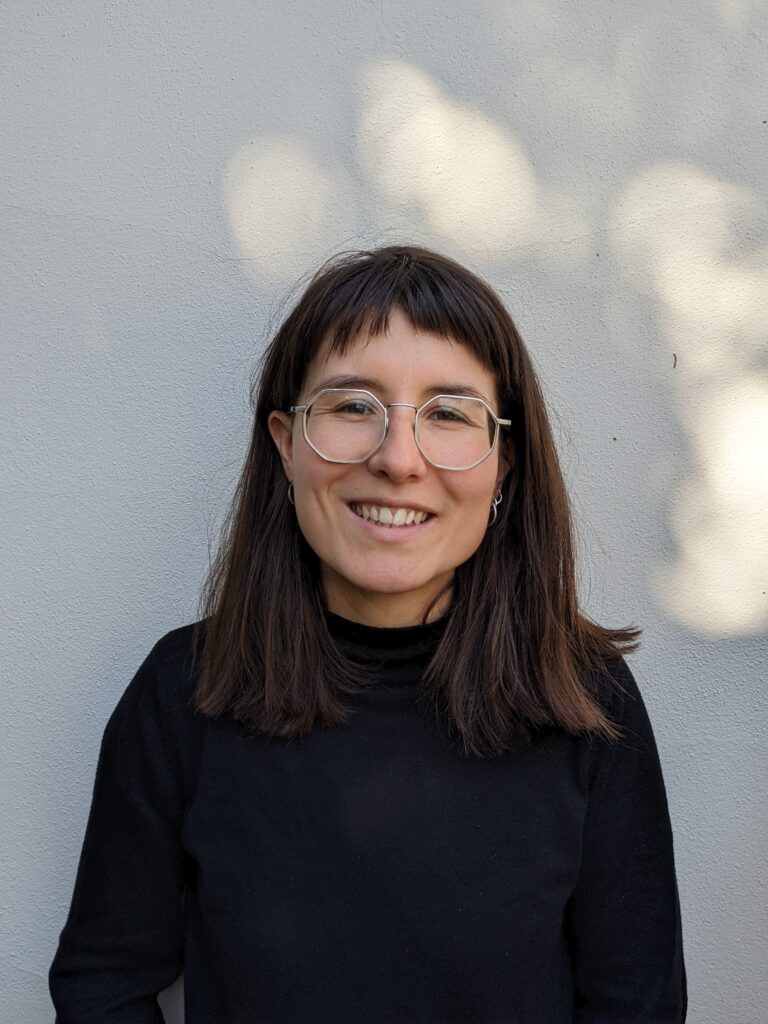
Clare Hill
Clare farms at Planton Farm in Shropshire and has a wealth of experience at policy and corporate level. Planton is home to ‘Ultimate Chicken’, a venture exploring how to produce deeply regenerative chicken. She co-founded and runs the mentoring programme ‘Roots to Regeneration’ supporting farmers and food professionals through transition.
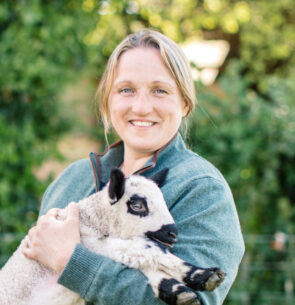
Clementine Hain-Cole
Clementine is Head of Education at Natoora, a fruit and vegetable wholesaler that builds meaningful connections between chefs, growers and producers across three continents. Both her work and that of Natoora is driven by a motivation to equip all food citizens – starting in childhood – with the skills and knowledge they need to be part of a positive food system.

Colin Anderson
Colin is the Associate Director of Research at the University of Vermont Institute for Agroecology. His work focuses on just transitions and social transformation through agroecology in pursuit of repair, regeneration, social justice and well-being.
Colin Campbell
Colin works with the wisdom traditions of South Africa, specifically those based on our relationships with the ancestors and spirits of nature. Colin is one of few who were accepted, taught and initiated by some of the wisest pre-industrial African knowledge carriers who lived in Southern Africa. Sadly, due to the decline of this indigenous culture and its associated natural habitats, Colin and his brother Niall, are now amongst the rarest-known custodians of ancient sacred African knowledge.
Connor Nesbitt
Connor is currently studying Rural Land Management at the Royal Agricultural University. He is originally from County Durham. Since moving to the Cotswolds he has started work on the GREAT Zerodig RAU project, begun working on a new agroecological market garden, and has learnt about soil health and working with new ways of horticultural enterprise.

Cormac Dolan
Cormac is the Northern Ireland manager for the Nature Friendly Farming Network (NFFN). He works closely with farmers, politicians and stakeholders to promote a regenerative farming future that delivers for nature and production. Cormac has worked in conservation, farming and land management for 10 years and volunteers weekly at his local CSA.

Corin Smith
Corin is a salmon farming investigator and campaigner, working to end the degradation of our marine ecosystems by open cage salmon farming. Through investigations, education, media engagement, campaigning and community empowerment he ensures local voices are heard and fairly represented. He advocates for direct participation and powers in development decisions. He supports industries aligned with an abundance of nature.
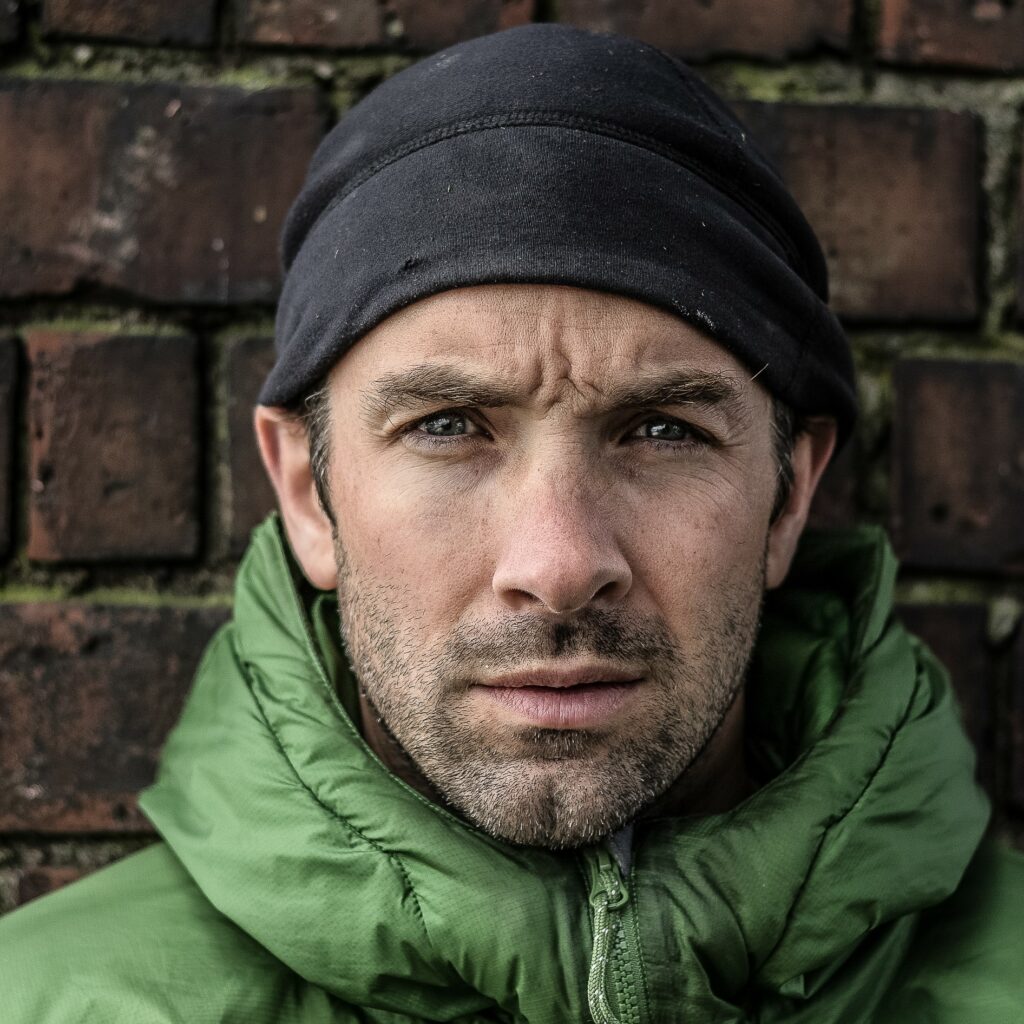
Cristina Amaro da Costa
Cristina is a teacher, researcher, and beekeeper who brought the agroecology movement to Viseu, Portugal. She believes agroecological transition happens through knowledge sharing and dedicates her life to this cause.
Daisy Martinez
Daisy is a PhD student at the University of Edinburgh. Her research focuses on the potential of polyculture to bridge the often-conflicting priorities of food production and biodiversity conservation. Her hypothesis is that due to their inherent diversity, polycultures can deliver high crop yields whilst simultaneously creating habitat for wildlife.
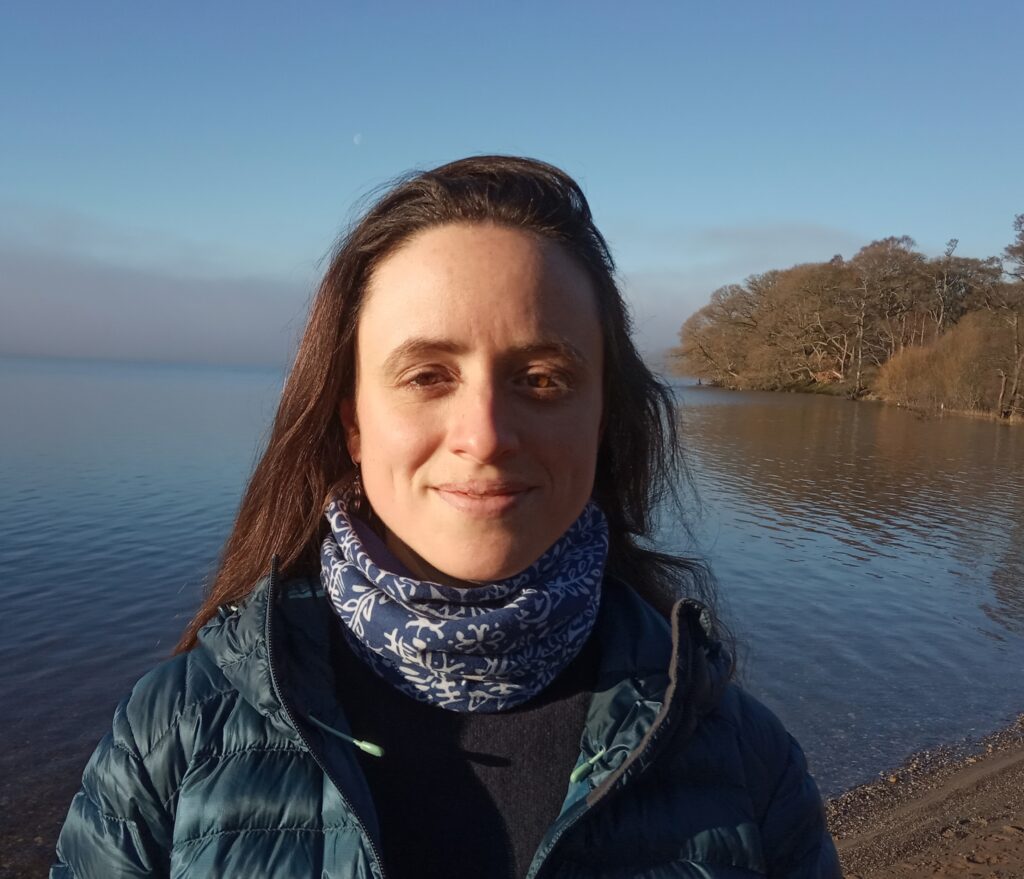
Dan Monks
Based in South Manchester, Dan is a Director of Unicorn Grocery and MUD. They are studying Sustainable Food and Natural Resources at the Centre for Alternative Technology in Machynlleth, Wales.

Daniel Tyrkiel
Daniel has a passion for turning organic waste resources into beneficial soil biology. Initially taught by Dr. Elaine Ingham, he has been running Soil Ecology Laboratory since 2019 where he’s been focusing on helping farmers rebuild their soil microbiome.
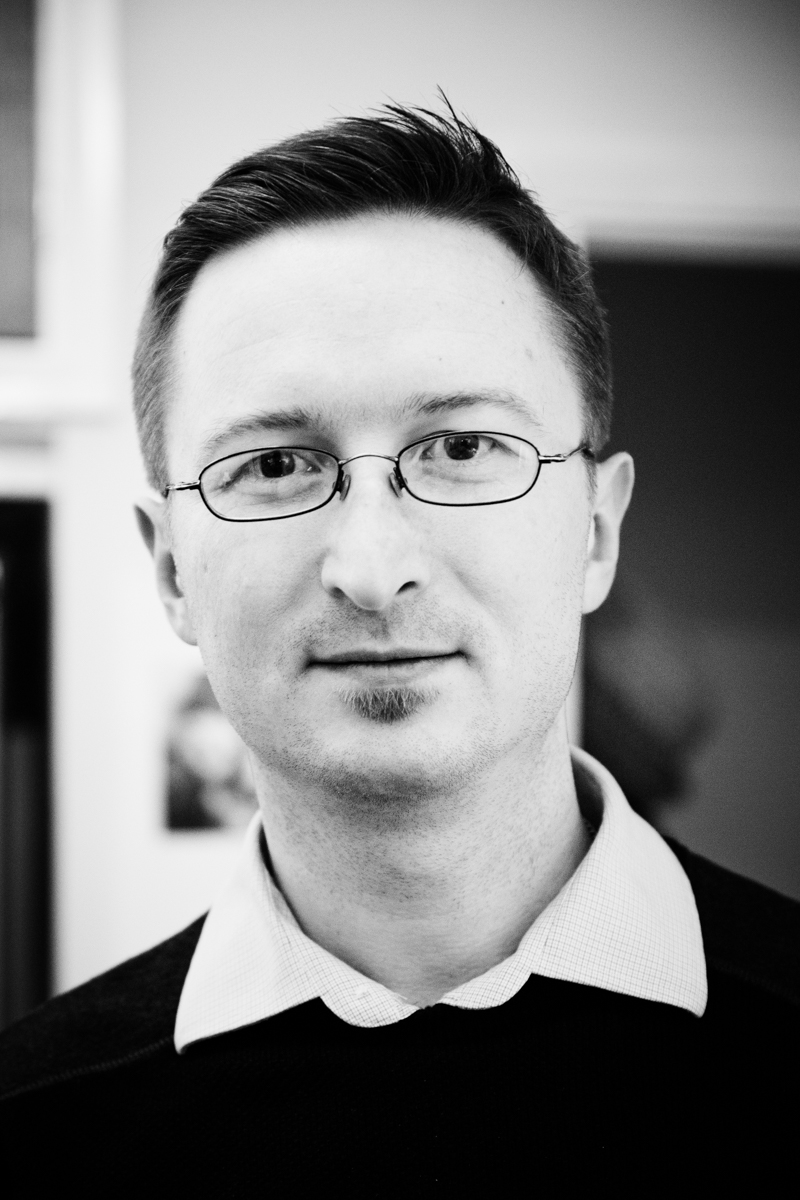
Danielle Smith
Dani is the Connecting People and Landscapes Project Manager for Bat Conservation Trust. She has extensive experience in the conservation and education sectors, having worked on several projects in the UK and abroad. Dani is passionate about promoting biodiversity and fostering a sustainable future, advocating for the integration of wildlife-friendly practices.
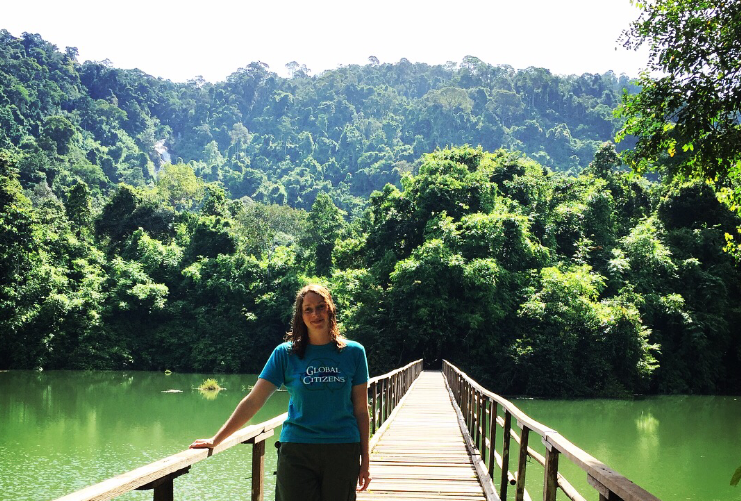
Dave Morris
Dave is a Viticulturist and Winemaker with a BSc in Viticulture and Oenology from University of Brighton. He sought a more expansive way of working, so embarked on several years abroad for esteemed Biodynamic Estates with natural winemaking techniques. He spent 9 years at Ancre Hill Estates converting their vineyards and winery to Demeter certification. He produces his own label ‘Mountain People Wine / Gwin Pobl Y Mynydd’, consults, and makes wines under contract for like-minded producers.

David Carruth
David is the sustainable farming manager for the Future Forest Company and helps run The Woolly Pig Company. David is an agroforester and farms a 430-acre woodland above Dalry in North Ayrshire. David grew up on two family run dairy farms in the heart of Renfewshire. He went on to study environmental science and work in conservation and woodland habitat creation before inevitably ending up back in agriculture. Last year he won Scotland’s finest Woodland award for Farm Woodland.

David Hooton
David studied Game Wildlife and Habitat Management at Sparsholt College, joining The Forestry Commission as a Wildlife Ranger in 1992. In 2003 David joined The Deer Initiative as Deer Liaison Officer for the East and East Midlands. David is currently the Deer Officer for the FC, covering East and East Midland where he works with a wide range of stakeholders, with a particular interest in venison supply chains.

David Hughes
David is a traditional oral storyteller and environmental educator based in Scotland. He works with young people in the field of experiential learning and nature connection. His work as a storyteller focuses on the intersection between nature and culture, exploring our relationship to nature, others and self through a mythopoetic lens.

David McKay
David is Co-Director at Soil Association Scotland, leading the research, development and advocacy of the charity’s policy positions on food, farming and land use north of the border. He sits on the Scottish Organic Stakeholders Group, the Forest Policy Group and is vice-convener of Scottish Environment LINK’s Food and Farming Group.
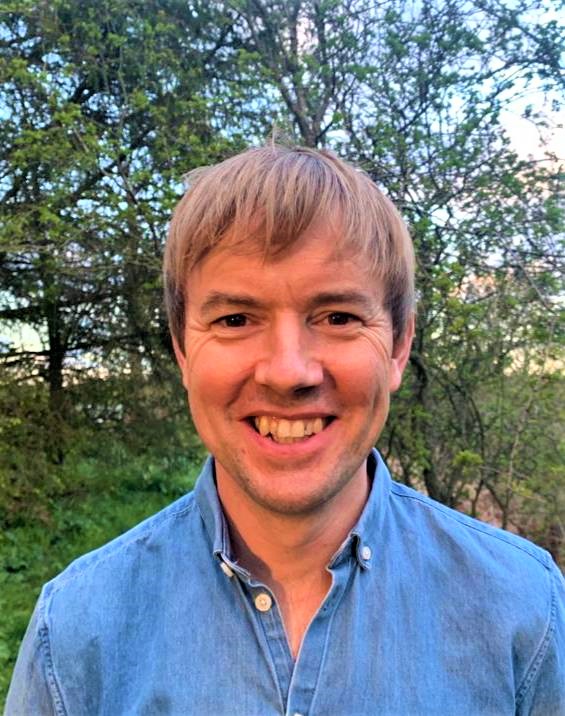
Dawn Dublin
Dawn is founder of Joyful Roots and the Black Butterfly Project, a cultural heritage and wellbeing organisation supporting people of African heritage and other ethnic and underserved communities. The agriculture and gardening project, promoting food sovereignty and following Agroecological and permaculture principles, sells weekly veg bags and is about to take over a retail space in Hastings.
Debbie Clarke
Debbie has spent most of her working life at Manchester’s Unicorn Grocery, a worker-owned
supermarket connecting thousands of customers with affordable, fresh and wholesome food, sourced with values. She combines shop duties with roles in comms, outreach and solidarity. Driven by a belief in worker control as a radical but pragmatic response to the ills of capitalism, she also helped found workers.coop.

Debra Willoughby
A first generation farmer, Debra grew up in a terraced house in Bolton. Her love of the outdoors led her first to sailing then farming. She and her husband Tom recently gave up dairy after 30 years and now farm 150 hectares of organic beef and arable and 100 hectares of agroforestry. She is passionate about the environment and reconnecting people with land, farming, and nature.
Dee Butterly
Dee is a co-founder and farmer at Awen Organics, a 25-acre organic vegetable farm in North Pembrokeshire, West Wales. Dee has also worked with the Landworkers’ Alliance and has been active in La Via Campesina for many years.
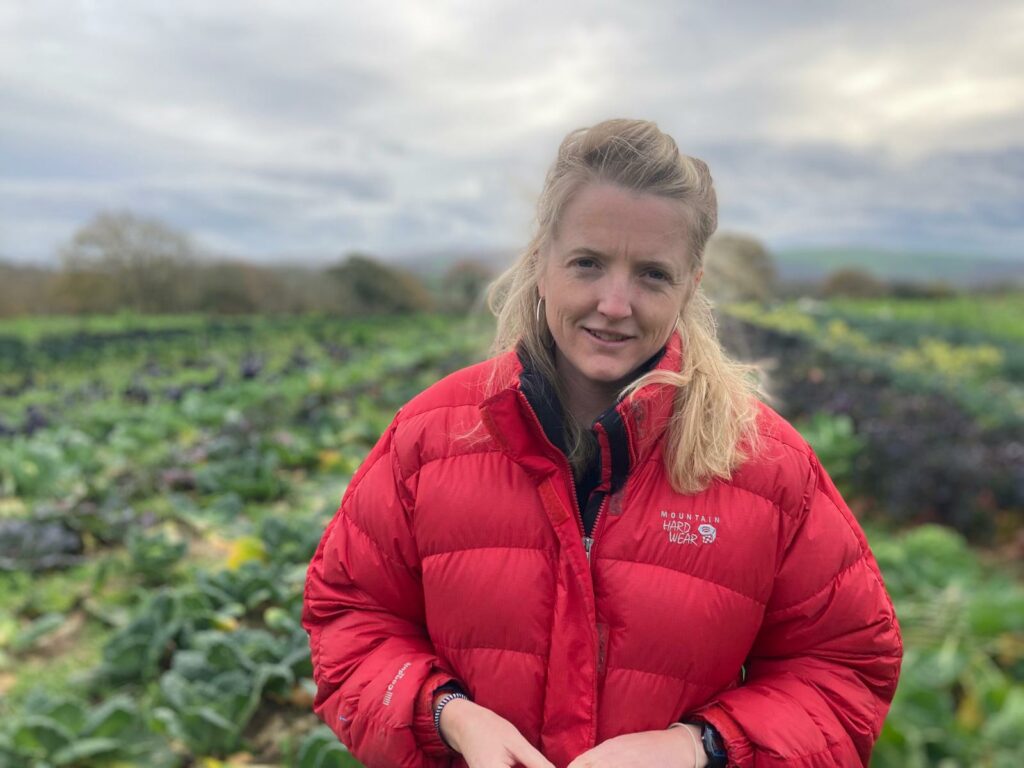
Denise Walton
Denise and her family took over Peelham Farm in 1993. They farm to encourage birds and pollinating insects to live on the land. They converted to organic following the Common Agricultural Policy reform of 2002, which facilitated funding. They restored hedges and fence lines, making sure they connected so birds and wildlife could use them as a food source or for protection from predators. Denise says there needs to be a balance between productivity for livelihood and productivity for wildlife.
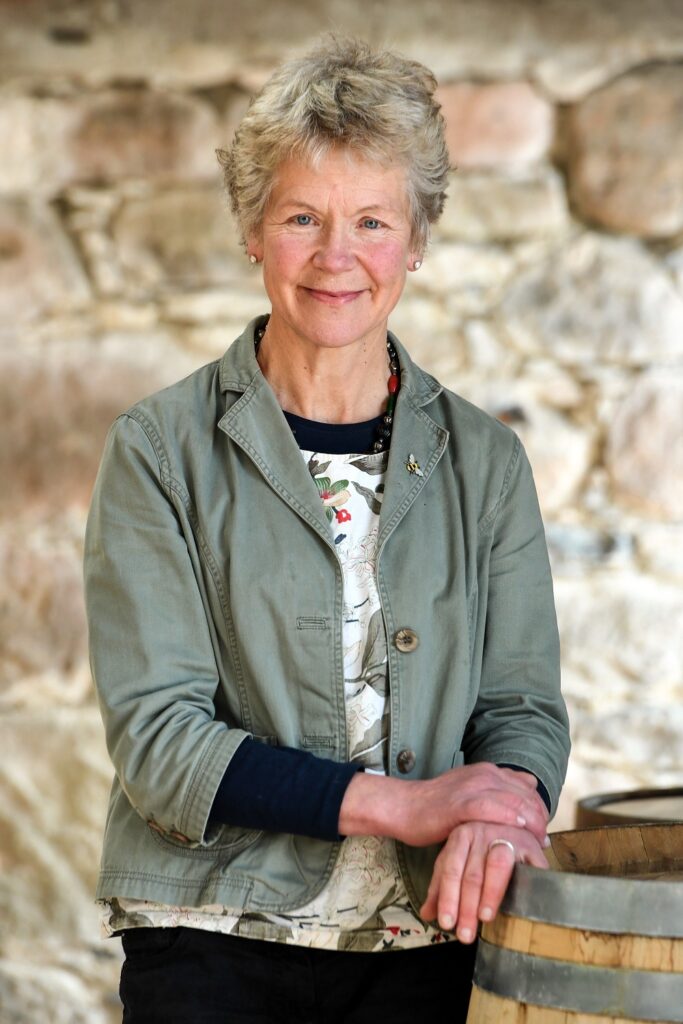
Diana Garduño Jiménez
Diana works at Nourish Scotland and is leading the organisation’s work on aquatic foods (aquatic animals, plants and algae) to ensure these are part of food systems transformations. She is particularly passionate about enhancing participation in decision-making through decolonial and creative facilitation methods.
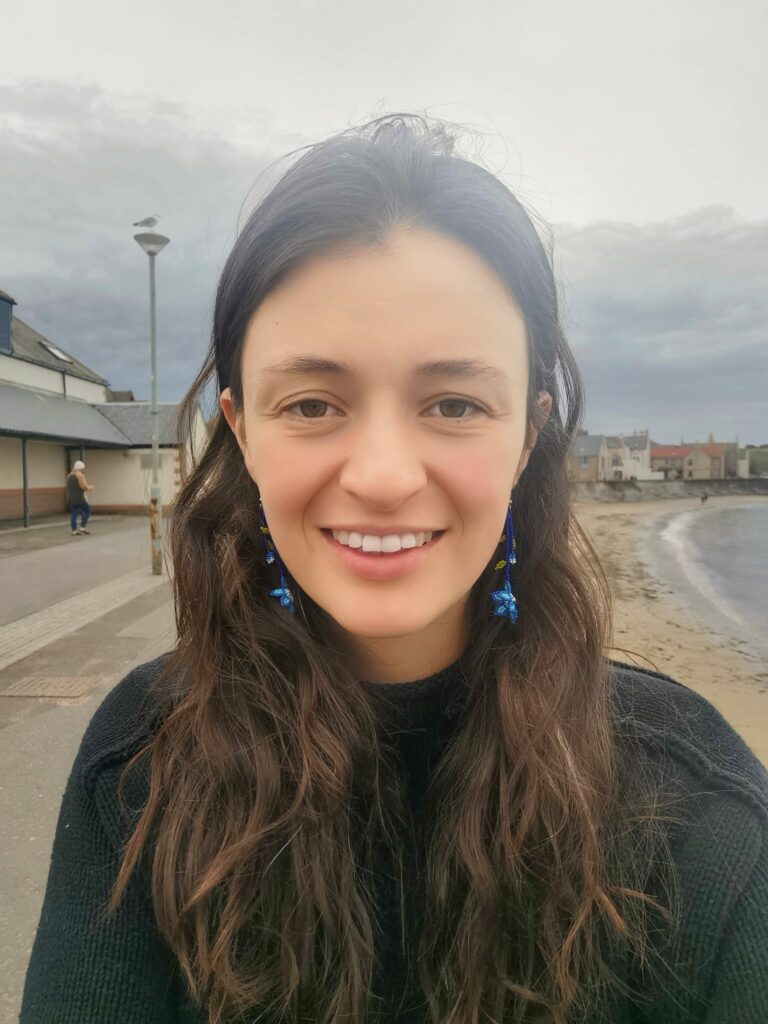
Diane Purkiss
Diane is Professor of English Literature at the University of Oxford, and William F. Pollard Fellow and Tutor at Keble College. Her most recent book is English Food: A People’s History (William Collins, 2022) and she is now working on a book about the English at sea.
Dominic Amos
Dominic is a research agronomist specialising in on-farm participatory trials with a research institute, an organic grain marketer and a grain and seed merchant. His focus is arable systems, crop varieties, tillage and soils. Lead researcher on the living mulch trials investigating the potential of organic no-till in the UK.

Don Kipper
Led by the formidable Greek-Serbian singer Dunja Botic and driven by an explosive rhythm section Don Kipper create a powerful sound drawing from modern electronic Romani club music and bone-deep rural folk traditions. Together, their unique sound has become both a blazing homage to the folk cultures they love, and a fresh take on global dance music.
Donna Smith
Donna has been Chief Executive at the Scottish Crofting Federation since September 2023. Her role covers a wide remit of topics due to the diverse nature of crofting, with crofters not only cultivating and managing the land they occupy but also playing a role in helping maintain remote rural communities.
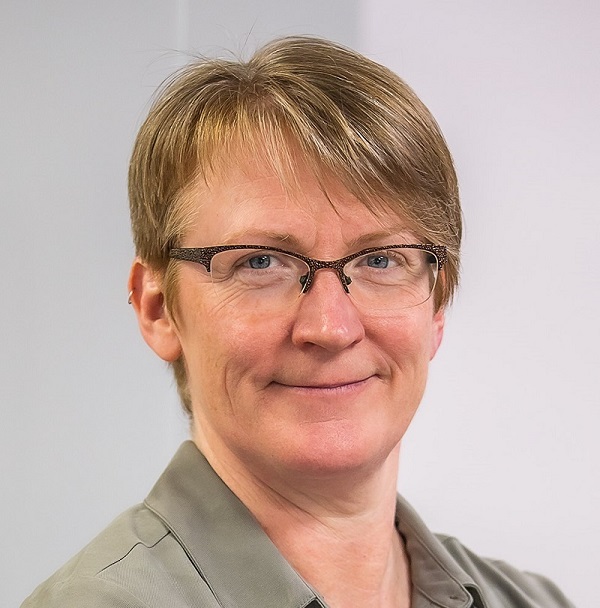
Eddie Rixon
Eddie is the current steward of Lopemede Farm in Thame Oxfordshire and is a fourth generation regenerative Wagyu Beef and Sheep Farm, building natural capital for a better future and collaborating with businesses to get a better connection to nature.
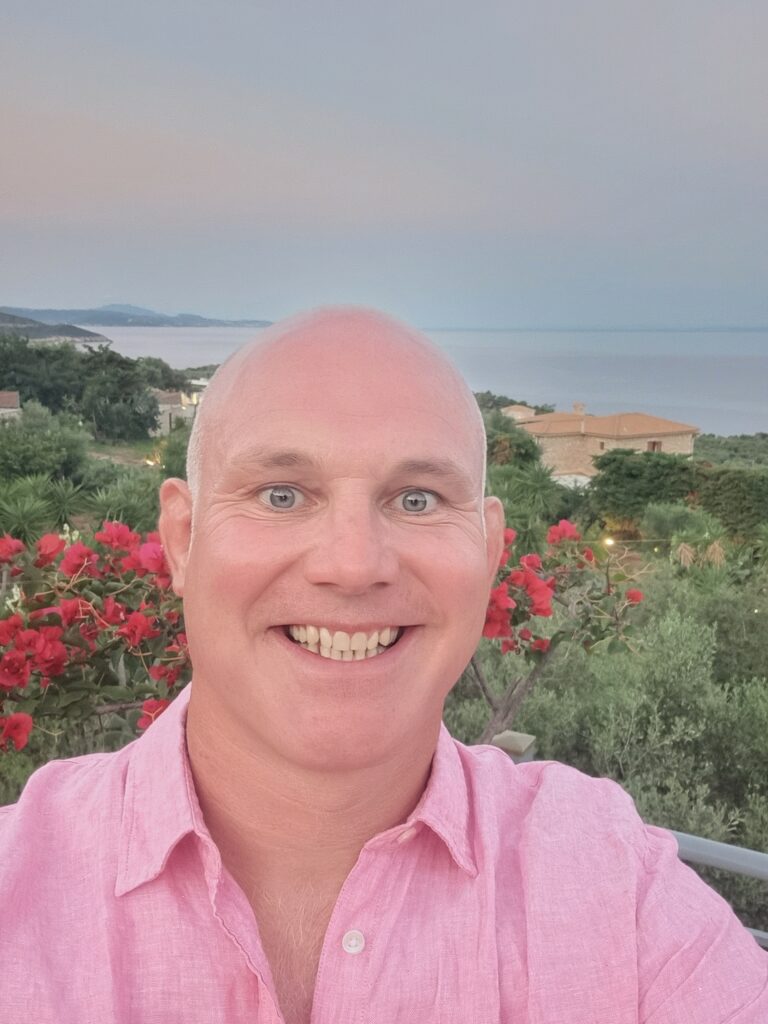
Edu H. Nualart
Edu is a farmer and activist from the Catalan countryside currently living in Amsterdam, who is involved with the grassroots collective ASEED and member of the European Coordinator of La Via Campesina. For the last 5 years, they have been running the PLUK CSA farm on the outskirts of Amsterdam.
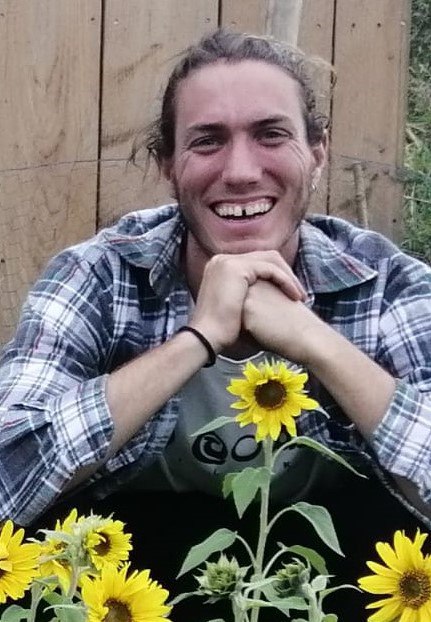
Edwin Brooks
Edwin is the founder of ‘Ed’s Veg’, an agroecological market garden in Liphook, Hampshire and ‘Cow Club’, a community centred conservation grazing project. He is an activist and educator and organises with The Landworkers’ Alliance on a regional and international level.
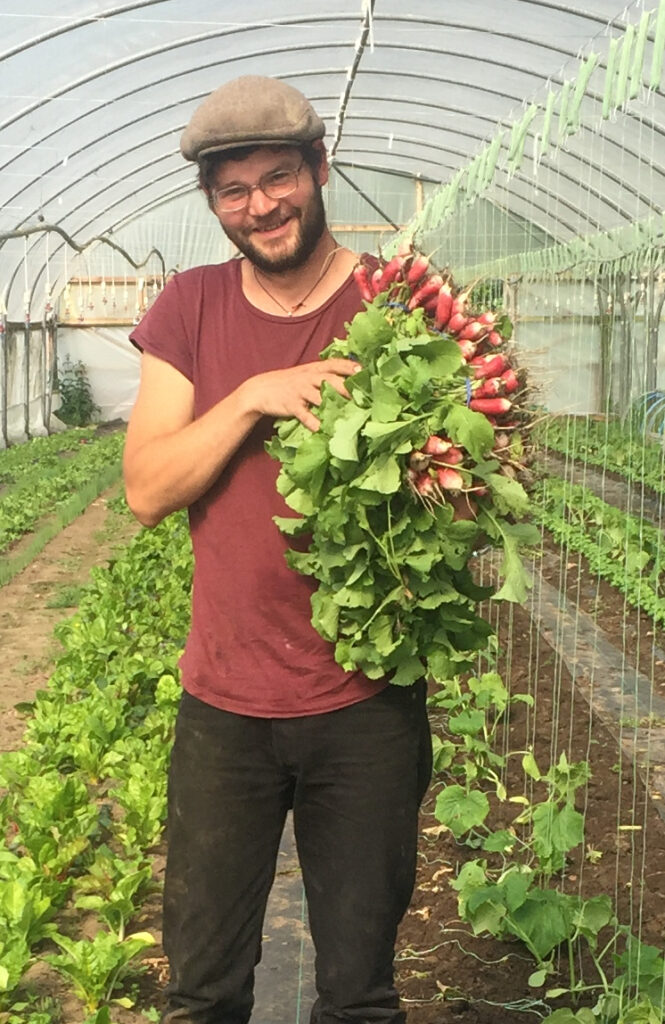
Elise Wach
Elise Wach is a researcher, food grower and participatory facilitator. She seeks to contribute to food and land use systems which are socially equitable, democratic and ecologically regenerative and resilient. She has worked on numerous community food projects, including co-founding Frome Field 2 Fork, and is currently supporting the establishment of a land trust in Devon.
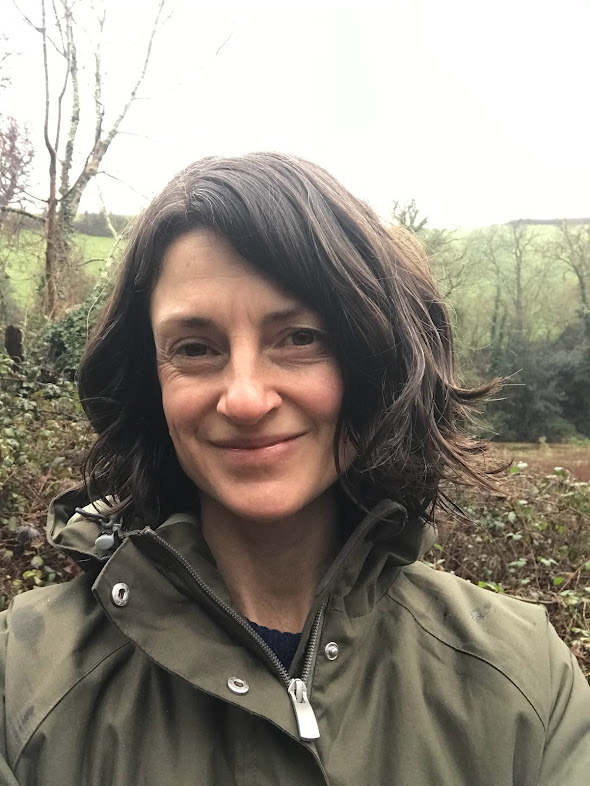
Elizabeth Keach
Elizabeth is the Project Coordinator for The Nest’s Fashion, Fibre and Textiles Series.
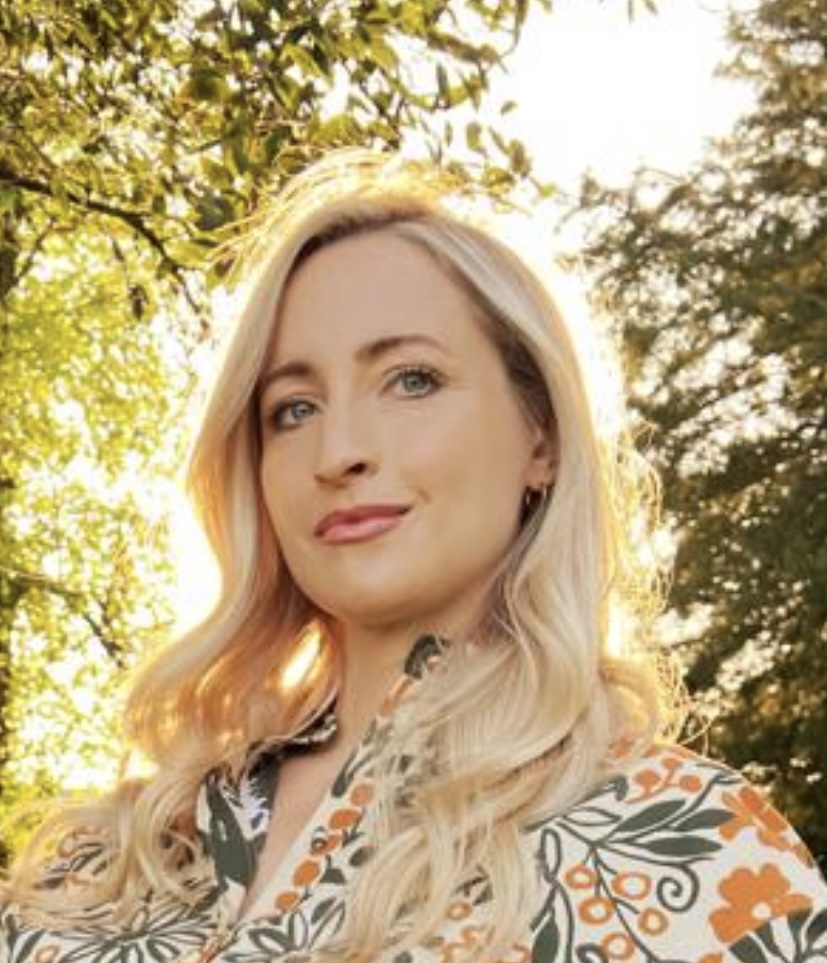
Emile Frison
Emile is a member of the International Panel of Experts on Sustainable Food Systems (IPES-Food), a senior advisor of the Agroecology Coalition, and an expert on agricultural biodiversity. He has spent most of his career in international agricultural research for development, including as Director of International Network for the Improvement of Banana and Plantain (INIBAP) and Director General of Bioversity International.

Emma Gardner
Emma is a Quantitative Ecologist and Modeller at the UK Centre for Ecology & Hydrology. She works with diverse knowledge-holders to build computer models that simulate how species use landscapes and explore how these might be used to help represent species’ interests in real-world landscape decision-making.
Emma Restorick
Emma is the gardener and grower at Prideaux Walled Garden; a one-acre walled garden growing cut flowers, fruit, and vegetables in Padstow. She has had a keen interest in gardening and food production all her life. Emma is working on the restoration of the garden, with soil health at its heart.
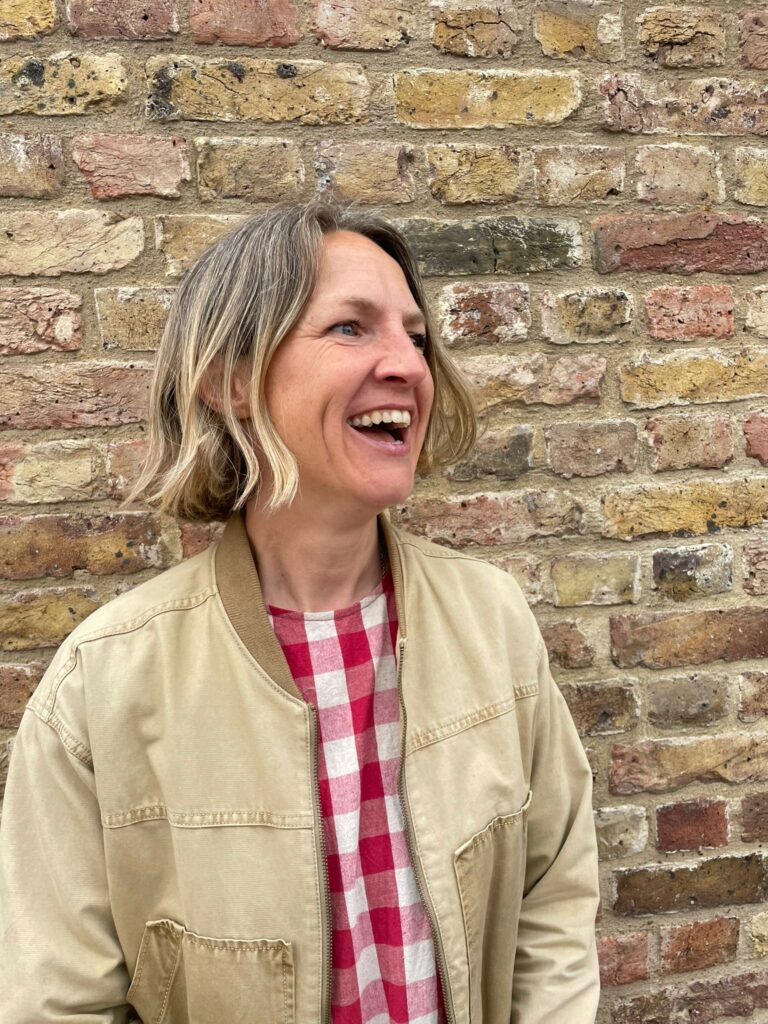
Erin Matlock
Erin grew up on a farm in the heart of pulse country. For over 15 years, she helped Canadian farmers successfully grow pulse and legume crops. She is keen on also achieving this with UK farmers, including those in the organic sector, with her role as the Research Agronomist for Processors and Growers Research Organisation (PGRO).

Esther Hoedemakers
Esther is the communications manager for The Food Hub, where she works to make the chain between producers and customers as short as possible. Over the past year, she has become president of the board and has helped to write the cooperative’s bylaws and internal regulations. As a freelancer, she helps to build communities and writes stories for mission-driven companies.

Evi Landay
Evi has spent much of her adult life growing organic vegetables, whilst living in a community and attempting to keep her carbon footprint relatively small. Three years ago she started farming regeneratively on 45 acres of permanent pasture. Being part of the south west Scotland Regenerative Farming Network has been invaluable to her over the last few years.

Ez Yaron
Ez (pronouns: Ez/they) is an organic veg grower, nature reconnection practitioner and facilitator in Devon with a passion for what regenerative growing can look like for land and for growers.

Felix Kary
Felix is affiliated with Press Press Press, a community printing press based in Sheffield. Felix works within education working with innovative ways to develop a holistic curriculum.
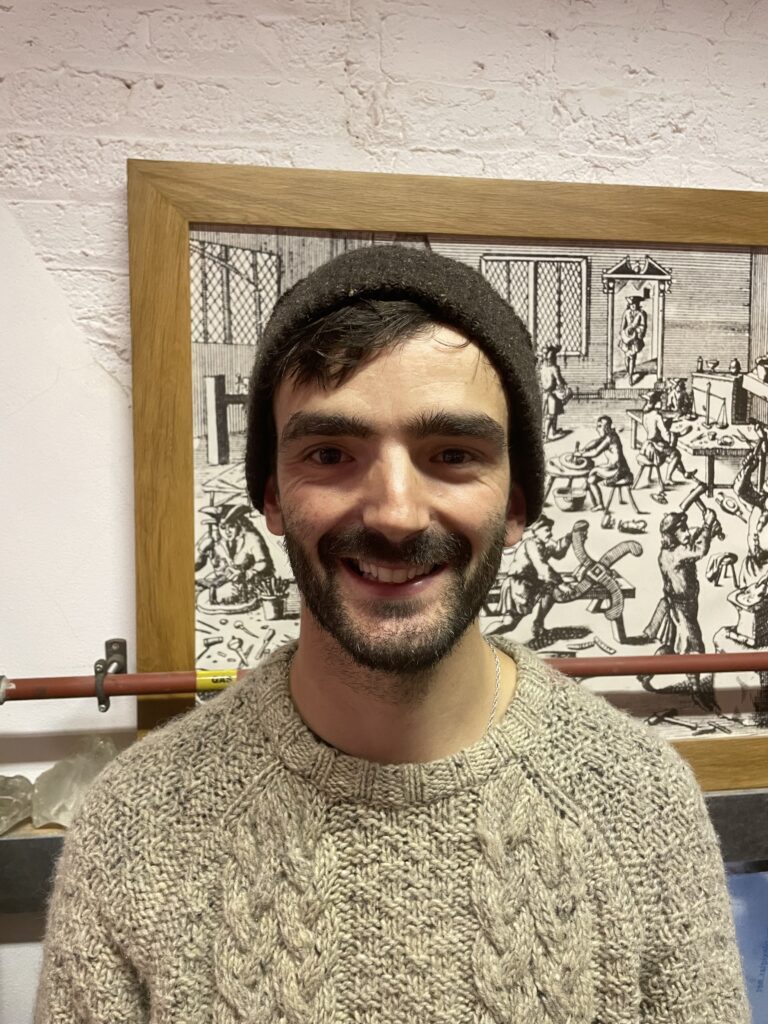
ffin Jordão
ffin farms worms, microbes, fungi and other multitudes in compost heaps. They founded criw compostio, a Machynlleth-based non-profit gathering things that rot to make compost to grow food. They practice, study, and teach ecological sanitation, water pollution solutions and human – waste – place relations. They research and write about ecological aesthetics and queer ecology, in the form of manifestos, zines, scripts and choreographic scores. Their mamiaith is Portuguese.

Florence Mannerings
Florence has run Chilton Farm, an 80-acre dairy farm in Kent, with her family since 2017. Florence farms native breed cattle, has created herbal leys and does conservation grazing. Florence splits her time between farming and working as an NHS midwife. She is passionate about supporting small-scale, British family farming.
Francesca Cooper
Francesca is a new entrant farmer and co-director of Nunwell Home Farm, a mixed regenerative farm which she runs with her business partner Hollie Fallick. The farm raises beef, pork, and eggs and sells directly to customers through its own butchery and farmshop. Francesca is also a qualified Rural Surveyor.
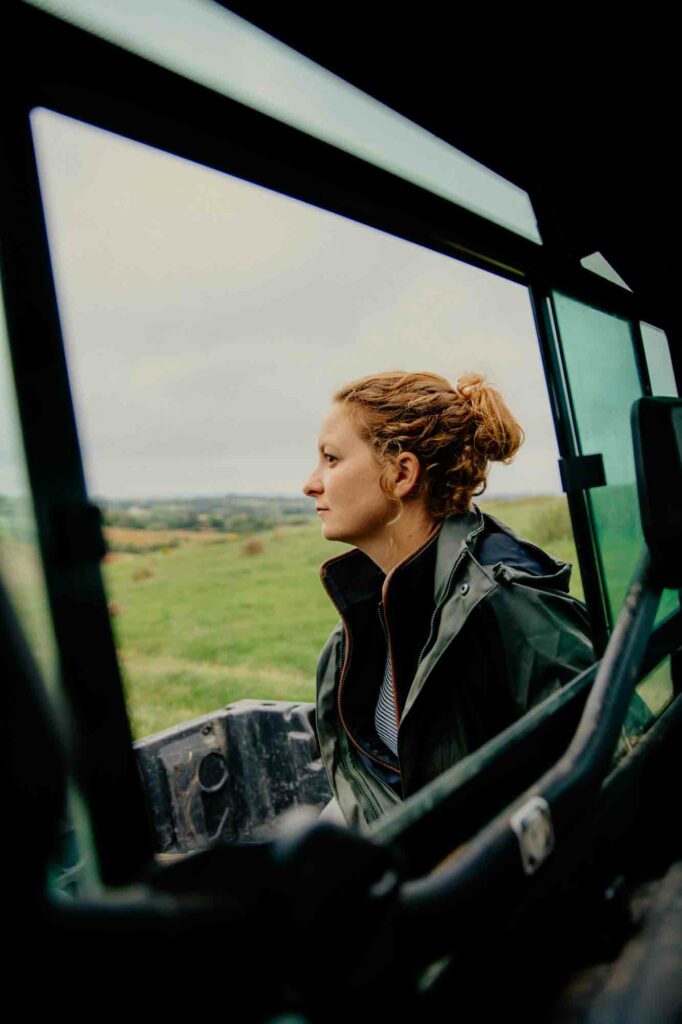
Francesca Price
Francesca is Executive Director for the Real Farming Trust. She is a highly experienced campaigner and communication and events expert with over 20 years of experience working in broadcast and print media. She also manages our Listening to the Land programme, which explores our reciprocal relationship with Nature and how this can support the agroecological movement.
Francis Rayns
Francis is an Associate Professor at Coventry University. He is a specialist in the agronomy of sustainable farming systems with a focus on organic and agroecological farming innovations (including the development of peat-free growing media), soil fertility, selection of crop varieties, and the role of plastics in agriculture.

Franco Fubini
Franco is at the forefront of a fundamental revolution in the way we all eat. As founder and CEO of Natoora, Franco is driven by his belief that by engaging people with the real flavour of fruit and vegetables, we can collectively transform the way that food is being farmed and supplied.
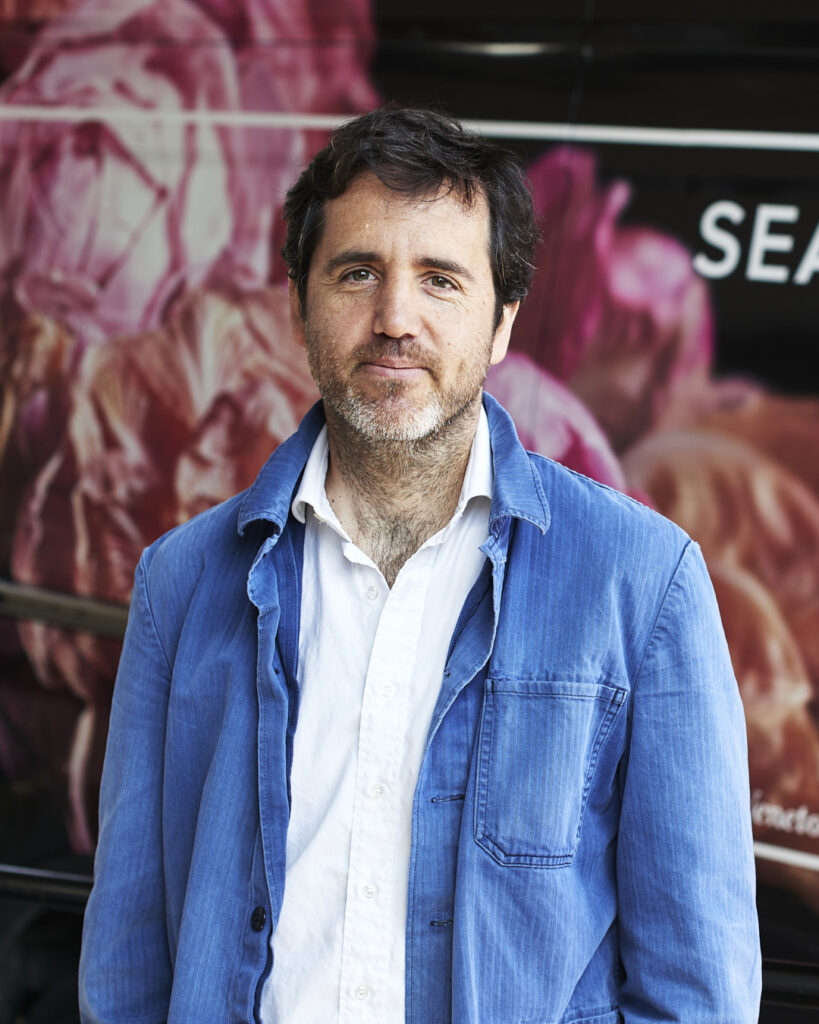
Francois Beyers
Francois spent his childhood on the beaches in Cape Town, surfing and diving, fostering an enduring love for the ocean. This passion for the marine world led him to co-found Câr-y-Môr. Based in St Davids, Pembrokeshire, it’s an ocean farm, seafood processing business, and education outreach organisation. It’s also a Community Benefit Society dedicated to enhancing the Welsh coastline and community wellbeing.

Franklin Scrase
Franklin is a founder member of the Tyddyn Teg workers cooperative in North Wales. Established in 2015, Tyddyn Teg grows vegetables and bakes bread for a 200-member veg box scheme and farm shop. The coop enables entry to ownership, providing a supportive environment for members to develop knowledge and management skills.

Freya Robinson
Freya works for Old Tree Brewery, a botanical kombucha and hedgerow wine business as the events organiser. On the side, she is involved in illustration and design. With a background in organic market gardening, she is passionate about bringing local drinks into the mix of the local food movement.
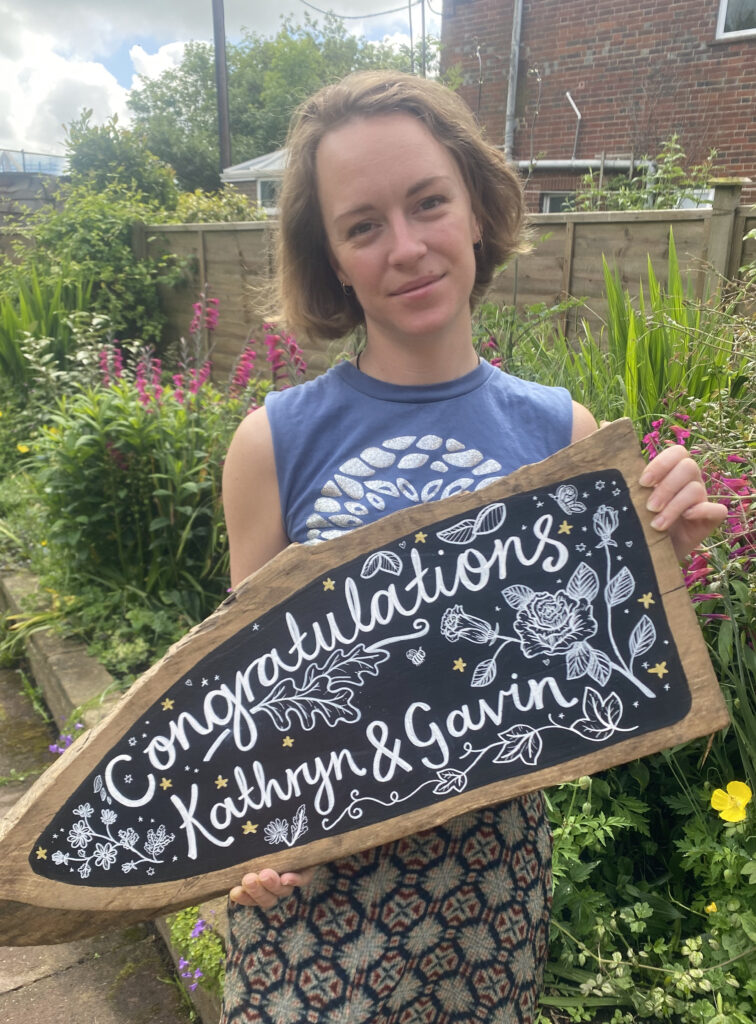
Gabriel Kaye
As Land Projects Manager and Director of the Biodynamic Land Trust, Gabriel is committed to securing land for organic and biodynamic farming, ensuring access to community food growing. A founder in the Land Trust’s development for 13 years, she brings a lifetime of experience, having grown up on a biodynamic farm and worked in biodynamics in France and Ireland. Her passion is growing food for healthy people and the planet. Gabriel also serves as Executive Director of the Biodynamic Association.
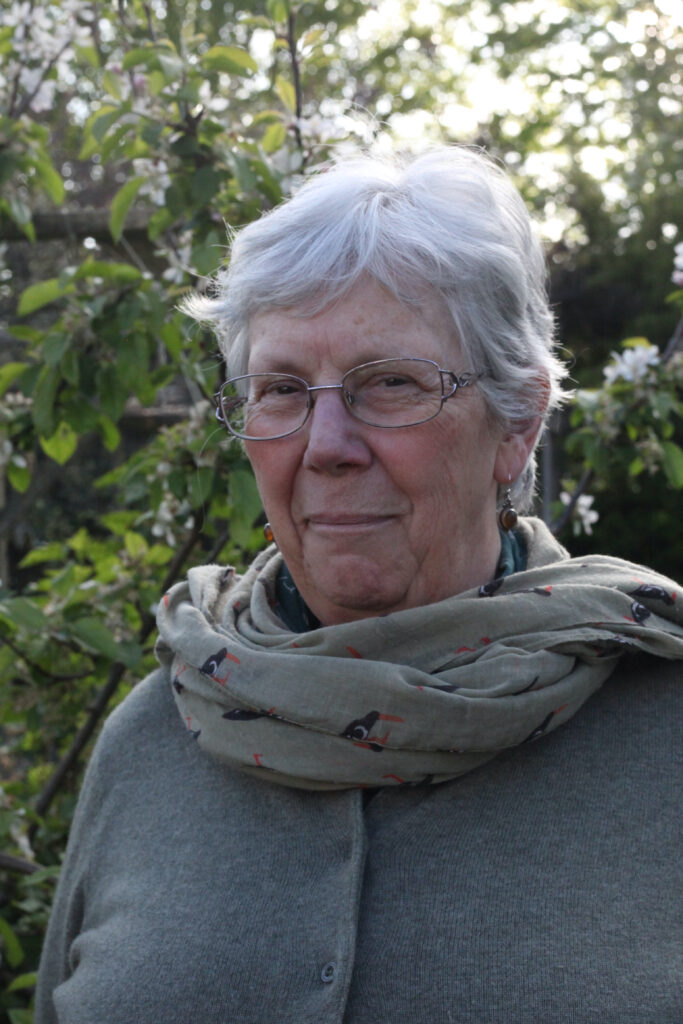
Gary Mitchell
Gary co-founded Cwm Harry Food Company and Cultivate. He is a senior manager at Social Farms & Gardens and recently became a County Councillor with Powys County Council. He is also Lead Member of their Farm Estate Cabinet Advisory Group and sits on the Welsh Government’s Food & Drink Industry Board.

George Bennett
George runs Sandy Lane Farm, a thriving box scheme and farm shop. He is a passionate advocate for sustainable agriculture and how process, tools and retail thinking can make the farm financially sustainable too. He is a co-founder of Growing Good Technology, a state-of-the-art veg box platform.

George Burgess
George is the Scottish Government’s Director for Agriculture and the Rural Economy. He has been in this role since March 2022. Prior to this, he was Head of Food and Drink from 2017, including responsibility for wider Trade Policy until 2018. George has an MA in Natural Sciences and a PhD on Electron Microscopy from the University of Cambridge.
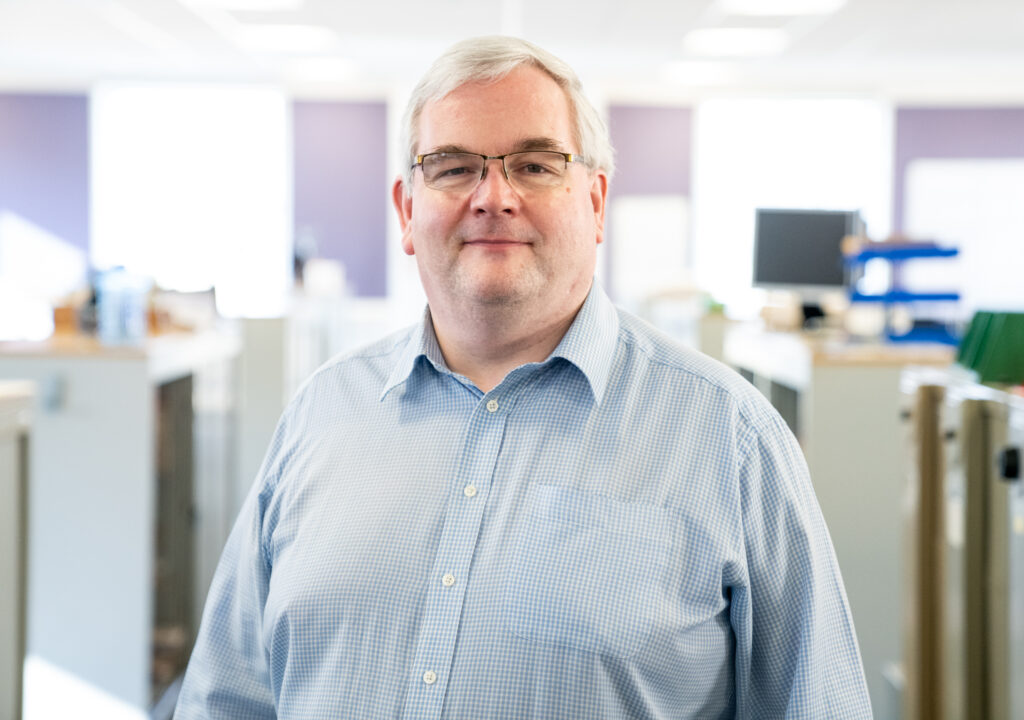
George McAllister
George is part of the scholar-activist collective AgroecologyNow! as a political agroecologist. She specialises in food and farming in conflict-affected and disaster-prone environments. In recent years, she’s been part of a team from Gaza and the UK doing action research on Gaza’s foodways to strengthen food sovereignty at the urban and territorial levels.

George Simons
George co-led the Roots and Rhythms project at Lopemede Farm. As WYRD, a collaboration with Julian Ellerby, he helps individuals and organisations shift perspectives and imagine futures in, with, and as nature. As a facilitator and creative producer, George weaves together creativity, imagination, and nature connection with care and reciprocity.
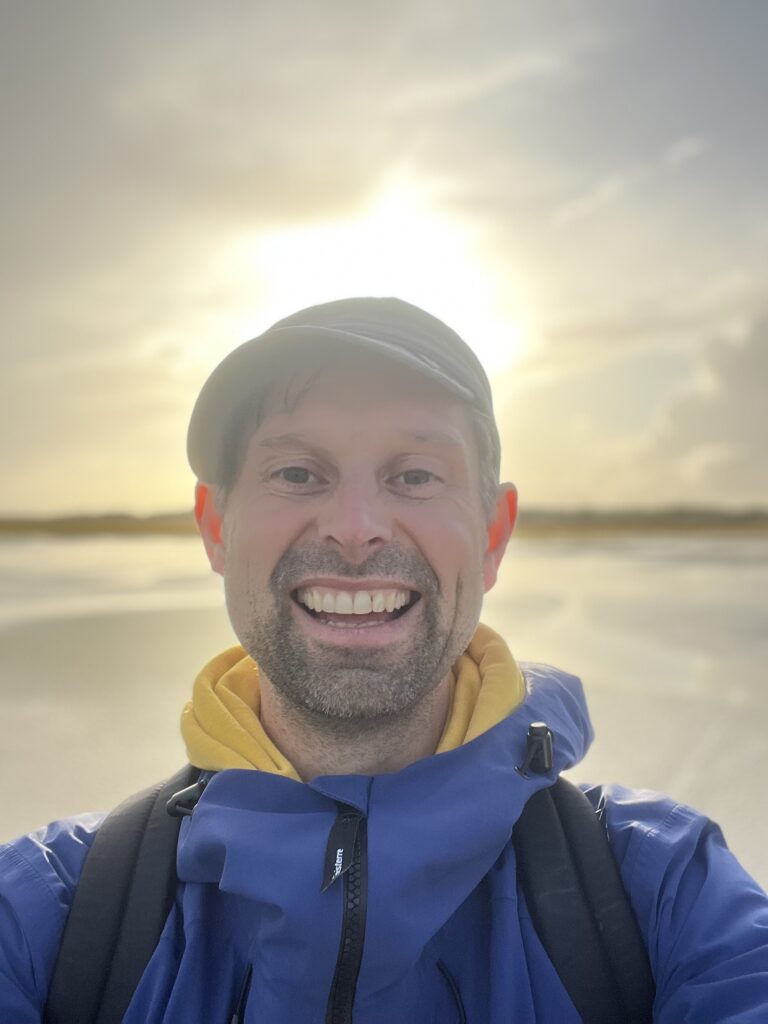
George Young
George, aka farmingGeorge, is an agroecological mixed farmer from South Essex. He runs an organic herd of native cows, with agroforestry, and newly planted woodland. The farm centres around building biodiversity, with a major ‘Wild Seam’ infrastructure project just completed.
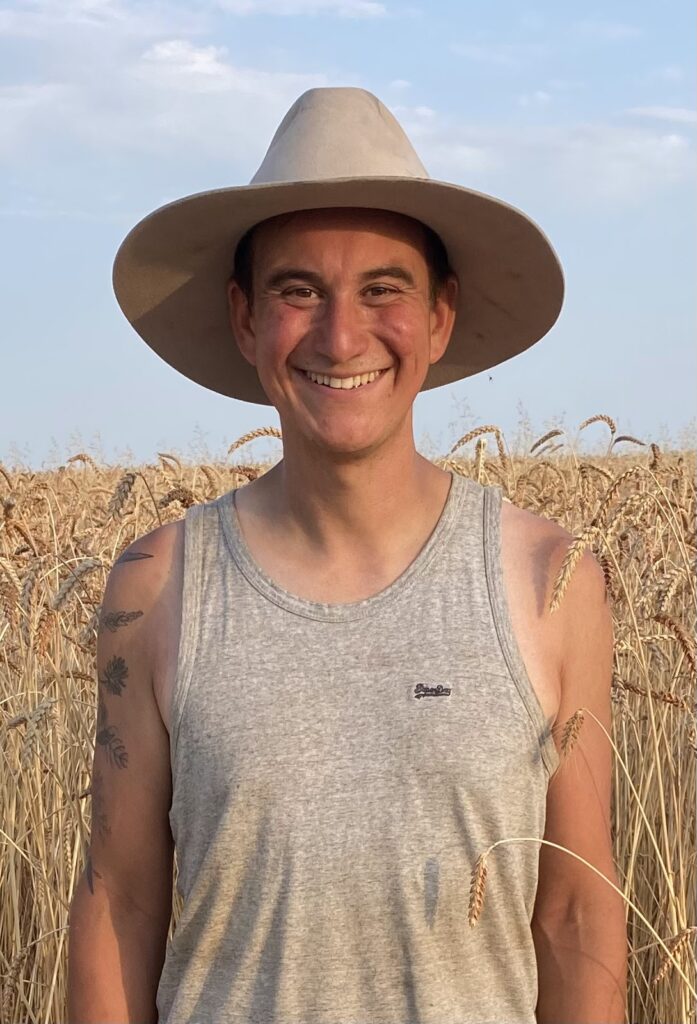
Gerald Miles
Gerald farms organically on the west coast of Pembrokeshire, and is an active campaigner for Food Sovereignty and against genetically modified crops and pesticides. In 2003 he drove his tractor all the way from West Wales to Downing Street to protest about GM crops and to raise support from fellow farmers.
Giacomo Ranalli
Giacomo is a founding member of Emergent Generation. He is responsible for the organisation of events and for the evaluation of the network’s impact. He works as a sustainability consultant for Anthesis Group, advising agrifood businesses on embedding regenerative and circularity principles into their own operations and in their supply chains.

Gian Marco Currado
Since April 2022, Gian Marco has been the Director responsible for Rural Affairs at the Welsh Government. The role covers food, agriculture policy and delivery (including the Sustainable Farming Scheme), Rural Payments Wales, and fisheries, as well as strategic evidence, borders and inter-governmental relations.
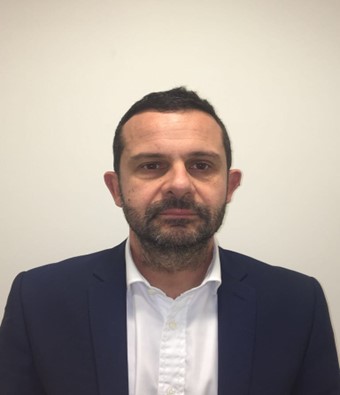
Giles Simon
Giles has worked at Suma, an equal pay worker co-op, for 6 years. He’s done a variety of jobs and currently works in the marketing team and picks orders in the warehouse. He’s been in the co-op movement for around 20 years, advocating for businesses owned and run by the people who work for them.
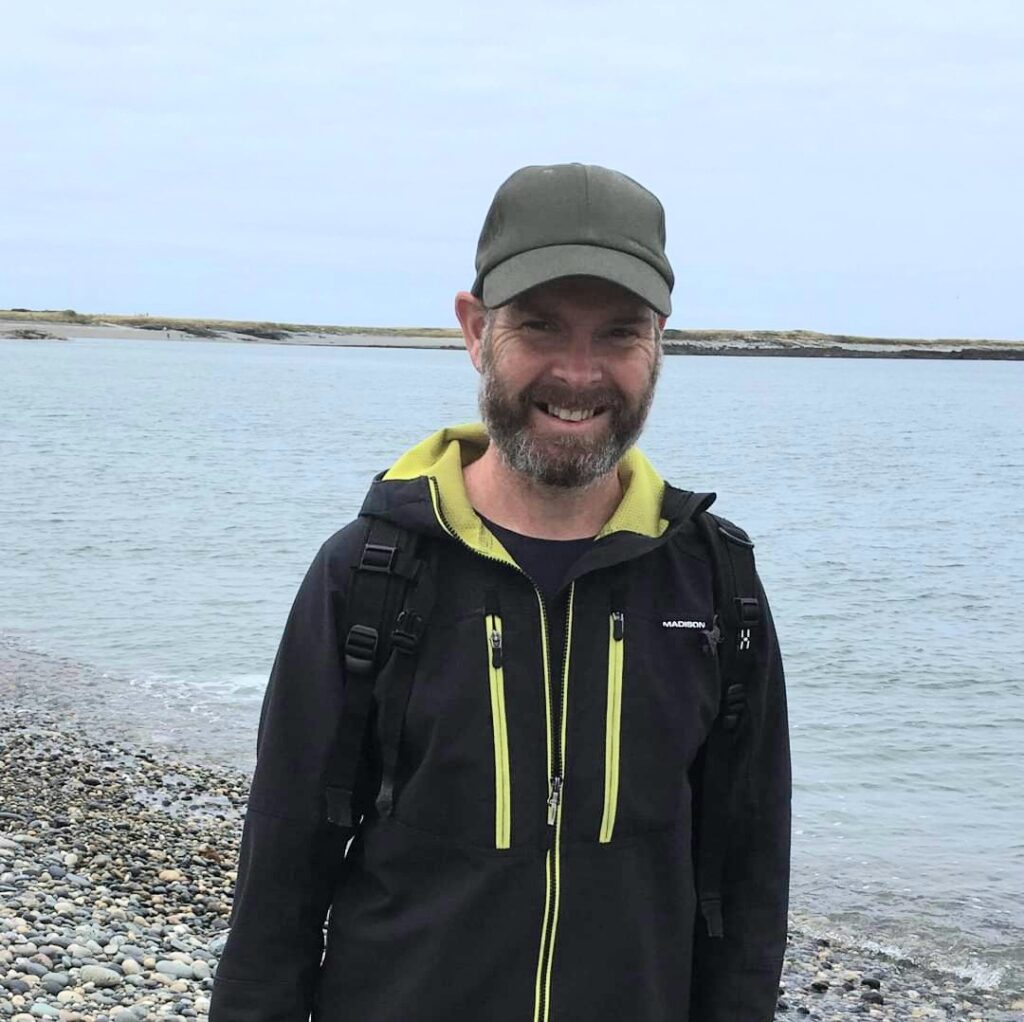
Gina Lovett
Gina, based in Amsterdam, is a campaigner and environmental communications professional with experience across international organisations on issues from climate to nature restoration. She works on outdoor company Patagonia’s enviro campaigns in Europe. She’s driven by the need to protect what we love – nature – and putting communities at the heart of solutions. Her work involves developing alliances, advocacy and storytelling to inspire action from the ground up.
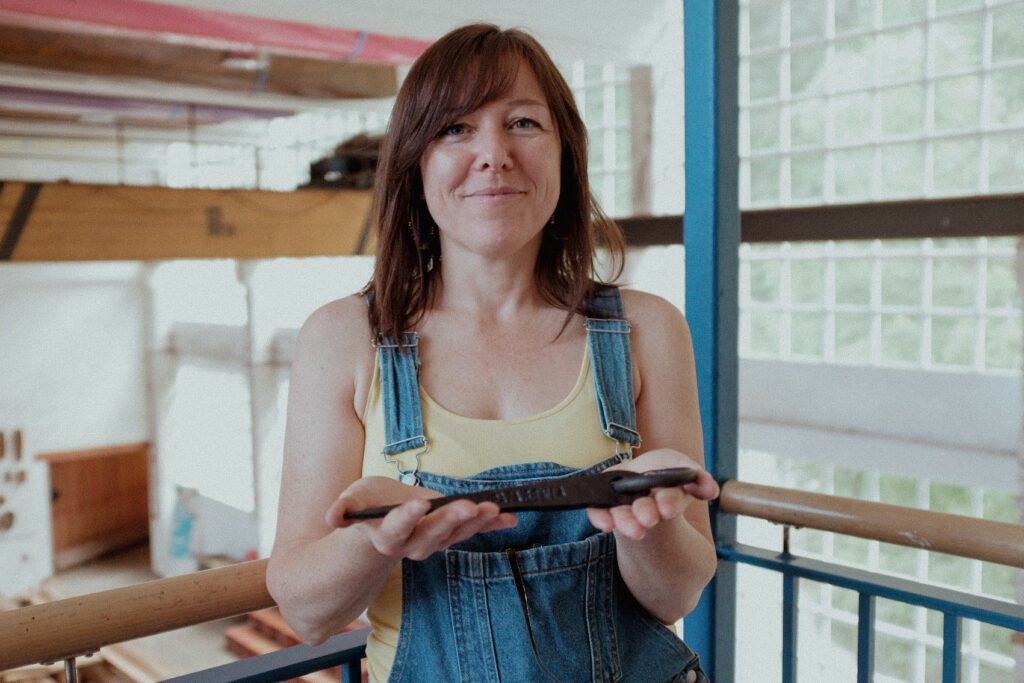
Grazia Borrini-Feyerabend
Grazia has been a close colleague of Michel Pimbert for thirty years. They wrote and published together. They thought and conceived initiatives together. They laughed, danced, cooked and ate together. They listened to music, skied and walked to mountains, celebrated common friends and cried together when they were lost. After all this time, they are as close friends as two could be.
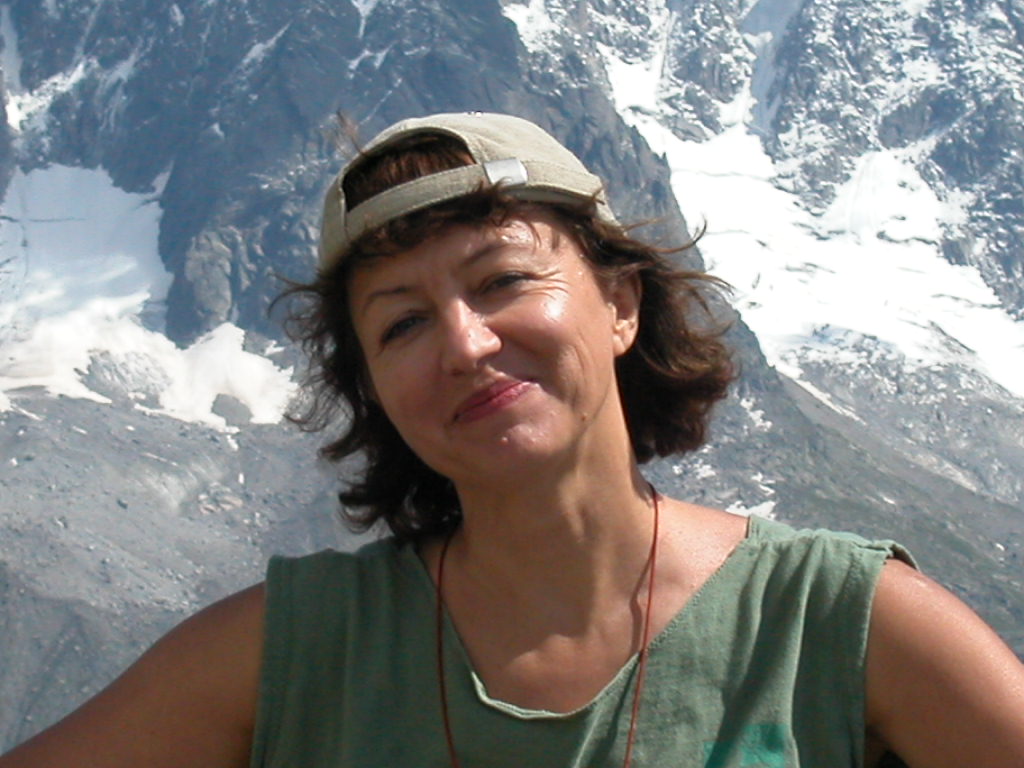
Guy Singh-Watson
Guy has, over the last 38 years, taken Riverford from one man and a wheelbarrow delivering homegrown organic veg, to a national veg box scheme delivering to 70,000 customers a week. Guy is an advocate of using business to shape the world to be kinder, more considerate and more sustainable.
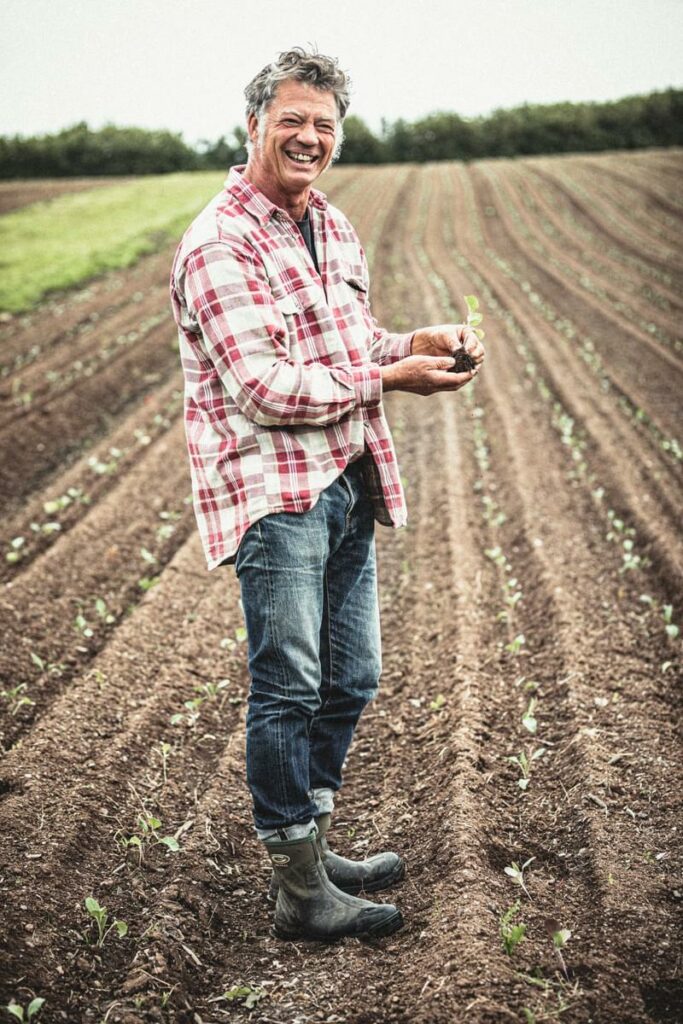
Guy Thallon
Guy is Head of Natural Environment at Castle Howard Estate, overseeing a transition to regenerative agriculture and nature restoration over 9000 acres of mixed farming, forestry, parkland, and formal gardens. He is an advocate of sustainable business, sustainable food and sustainable farming.
Hallam Duckworth
Hallam set up the Dairyy at Honeydale – a microdairy at FarmEd in the Cotswolds. He has implemented an alternative approach to dairy farming, focusing on cows with calves at foot, producing delicious luxury ice cream and milk.

Hamish Evans
Hamish is an organic farmer in Somerset and co-founding director of Middle Ground Growers (MGG). After moving onto a narrow boat at age 16, he began market gardening on a half-acre scale and doubled this each season for 6 years, now employing 7 people on 16 acres at Weston Spring Farm. He has represented the National Farmers’ Union (NFU) as a young farming ambassador and now teaches and consults for agroecological farms across the UK.
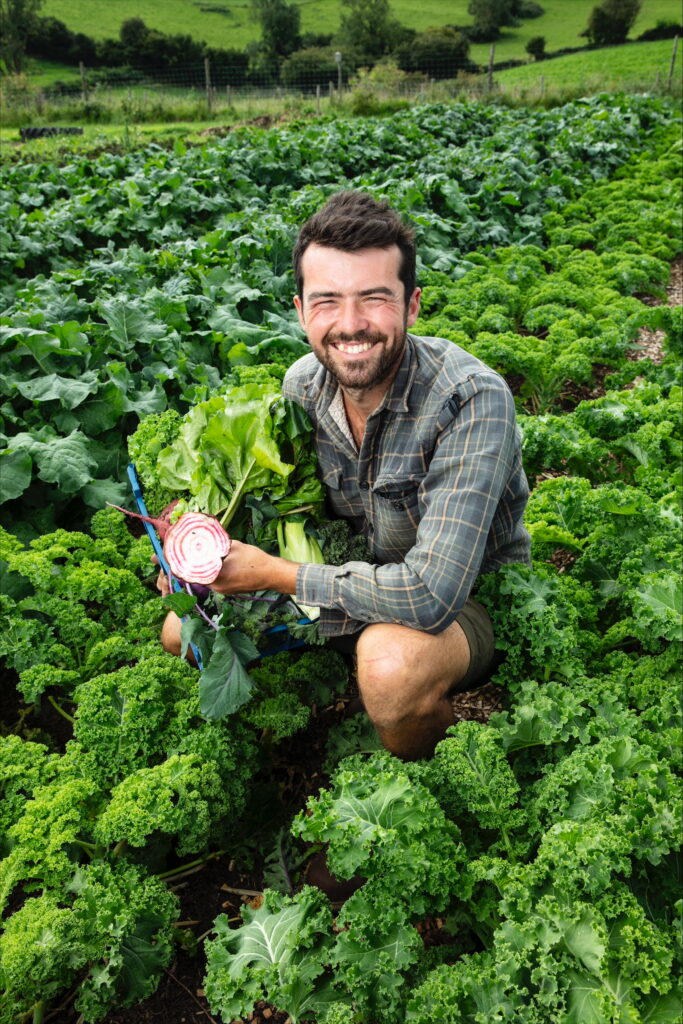
Hannah Blitzer
Hannah is a Policy Officer at the Soil Association. Prior to this role, Hannah spent five years working in UK and international organisations tackling the socio-environmental, legal and human rights issues associated with biodiversity loss, fossil fuels and corporate capture, most recently as the farming, chemicals and legal strategy lead at Wildlife and Countryside Link. Her LLM and PhD focused on the relationship between marketized agricultural policy and the right to a healthy environment.

Hannah Gibbs
Hannah joined Sustain in November 2022 as Programme Manager for the Bridging the Gap programme, which aims to demonstrate ways to build better supply chains between climate and nature friendly food and people on a lower income. Hannah has a background in leading international development programmes, and community building and campaigns for socially responsible business.

Hannah Lamb
Hannah is Co-Director and Head Grower of Yorkshire Edible Flowers. Based in Doncaster, the farm grows edible flowers that are sold across the UK and runs a Community Supported Agriculture (CSA) veg box scheme and cut flower subscription for local customers. Hannah is also a Board member of CSA Network UK.

Hannah Thorogood
Hannah is an organic, regenerative farmer in Lincolnshire, and regional facilitator for Pasture for Life in the East Midlands. Hannah teaches permaculture and regenerative farming up to university level, and champions multi-enterprise farms that boost resilience, create jobs, and diversify income. Hannah runs native breed pasture fed cattle and sheep, and has flocks of laying hens and turkeys. Recently opening the pop-up farm shop and regular farm tours at The Inkpot Organic Farm.
Harriet Bell
Harriet is the Regenerative Farming Lead at Riverford. Having started her career focusing on mobilising people to action, she’s been taking a ‘learn by doing’ approach to agriculture since 2011. Agroforestry seems to be a prevalent theme but Harriet’s overriding interest is in building resilience to climate change within agriculture.
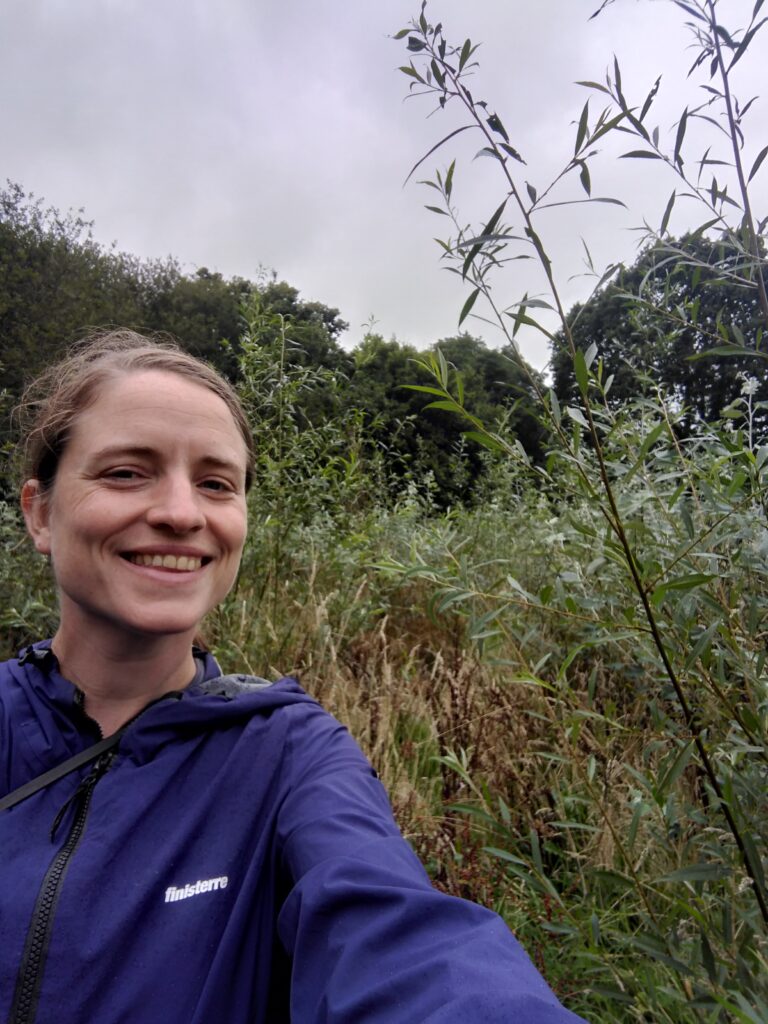
Hattie Hammans
Hattie is an activist and academic. She works for Better Food Traders and is an active member of UK Grain Lab. For the past three years, she worked at the Centre for Food Policy at City, University of London.
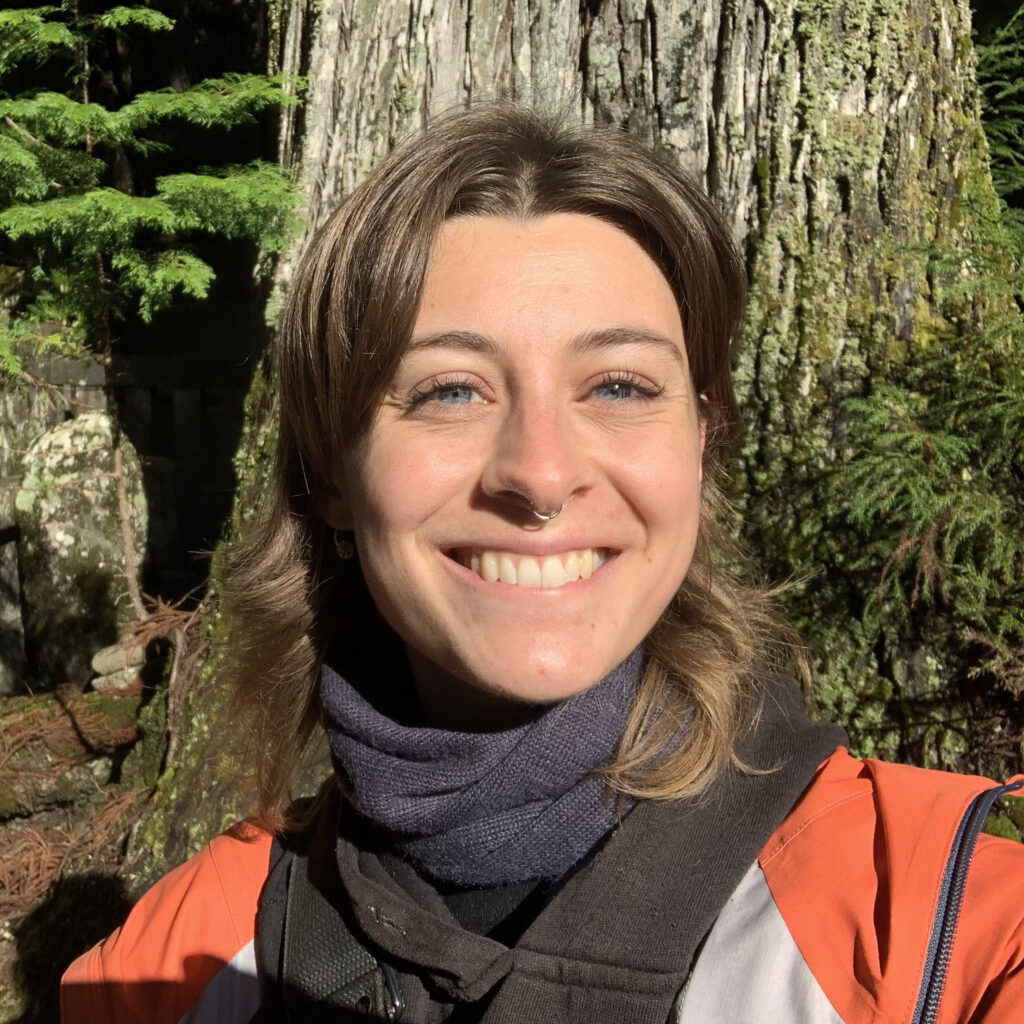
Hazel Healy
Hazel is the Editor of award-winning UK investigations outlet DeSmog. She leads a team of journalists specialising in stories that expose who is blocking action to protect climate and nature – and why. In her spare time, Hazel is a very low-yield veg producer.
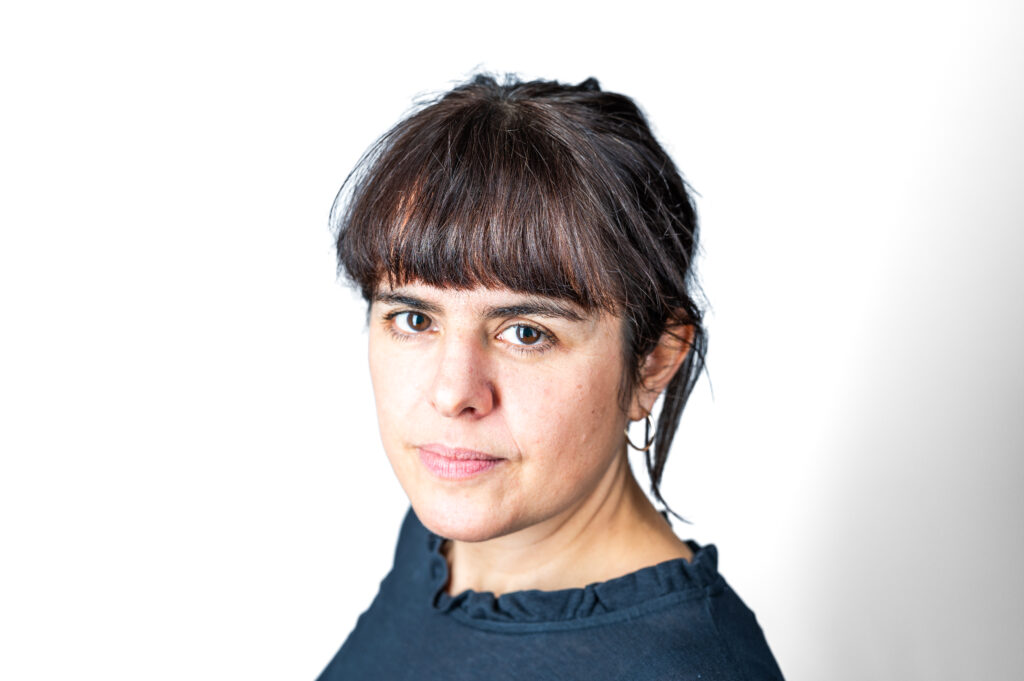
Heather Close
Heather runs a beef suckler herd with her dad, Philip, near Turnberry in Ayrshire. She joined her father in 2019 having pretty much zero experience of farming. It continues to be a steep learning curve but one that she loves! Heather and Philip are aiming for a low-input, low-risk, resilient way of farming. To achieve this, nature must be able to flourish.

Heather Knight
Heather is the founder of Arteri Studio. They design award-winning impact reports, bold brand identities and creative campaigns that inspire connection and collective action, working to co-create a future where people and planet thrive. They are a part of Roots&Rhythms, a project exploring nature recovery and nature connection towards a regenerative future for Lopemede Farm and beyond.
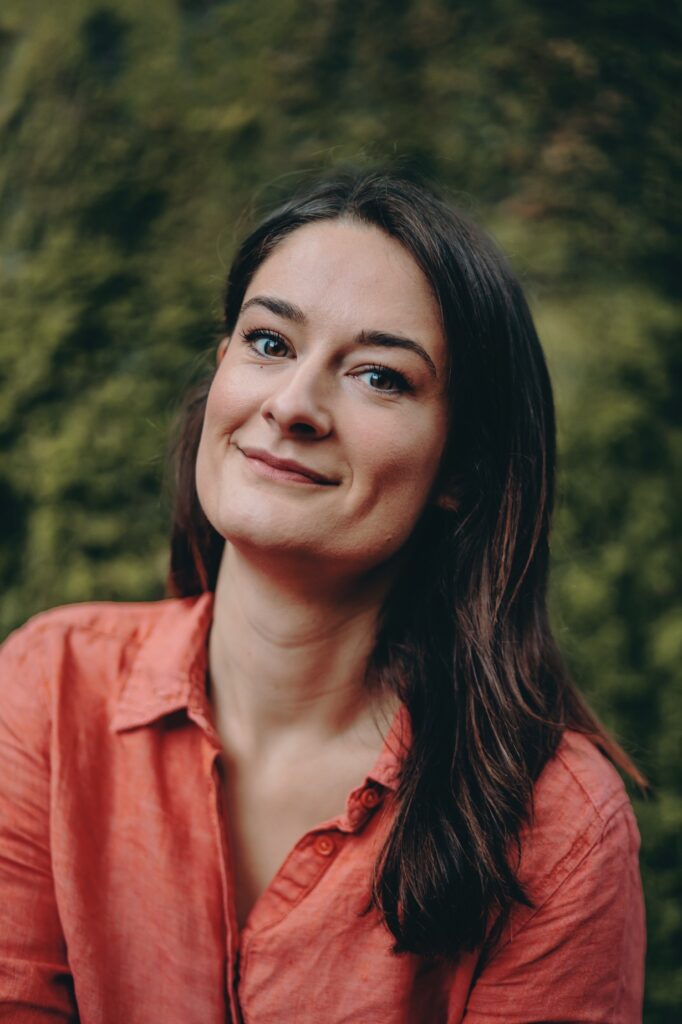
Helen Browning
Helen has been Chief Executive of the Soil Association since 2011. She is a Commissioner for the Food Farming and Countryside Commission and has had a number of roles in agri-politics, including the Government’s Policy Commission on the Future of Farming and Food (‘the Curry Commission’). Helen runs an organic farm in Wiltshire with dairy, beef, pigs, cereals, agroforestry and small-scale horticulture.

Helen Graham
Helen is the former executive chef of Bubala, London’s most critically acclaimed vegetarian restaurant which she helped to launch over 6 years ago. Helen has over 12 years experience in the hospitality industry, and is a huge proponent of vegetable focused cooking for a more sustainable future.
Helen Keys
Helen is a farmer from County Tyrone and one of the team behind the Growing Innovation Network, a Food Farming and Countryside Commission project supporting farmers to drive change. She founded Source Grow, The Veg Collective, along with her husband Mallon Linen. Helen is the Northern Ireland Vice Chair of the Nature Friendly Farming Network.

Helen Woodcock
Helen co-founded Kindling Trust in 2007 from a background in grassroots environmental and community activism. Over the last 14 years Helen has helped develop and support the Kindling family of agroecological projects including Veg Box People, FarmStart, Kindling’s Market Garden and now Kindling Farm: a 78-acre agroforestry farm just outside of Liverpool.
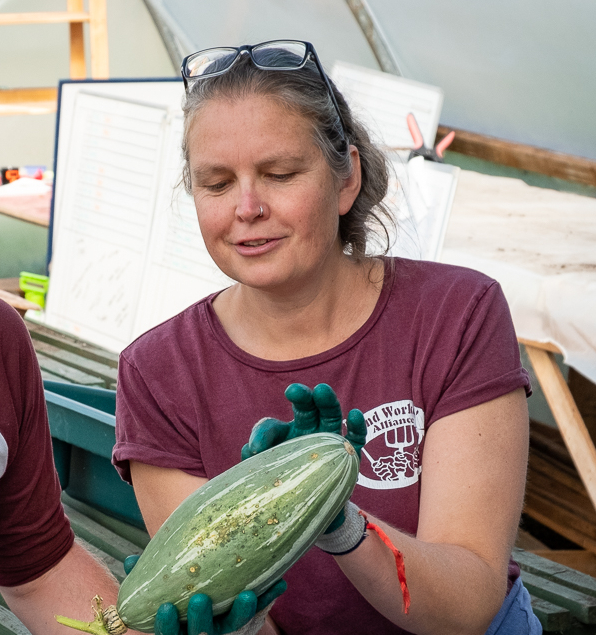
Henri Greig
Henri co-founded Pipers Farm with her husband, Peter, in 1989, creating an end-to-end supply chain offering a route to market for artisan farms, mostly in the South West. Pipers Farm is now run by their son, Will and his partner, Abby. Peter and Henri continue to rear Red Ruby cattle for Pipers Farm, on the same principles of farming harnessing the power of nature as they have for the past 35 years.
Hollie Fallick
Hollie is a new entrant farmer and Co-Director of Nunwell Home Farm, a mixed regenerative farm which she runs with her business partner Francesca Cooper. The farm raises beef, pork, and eggs and sells directly to customers through its own butchery and farmshop.
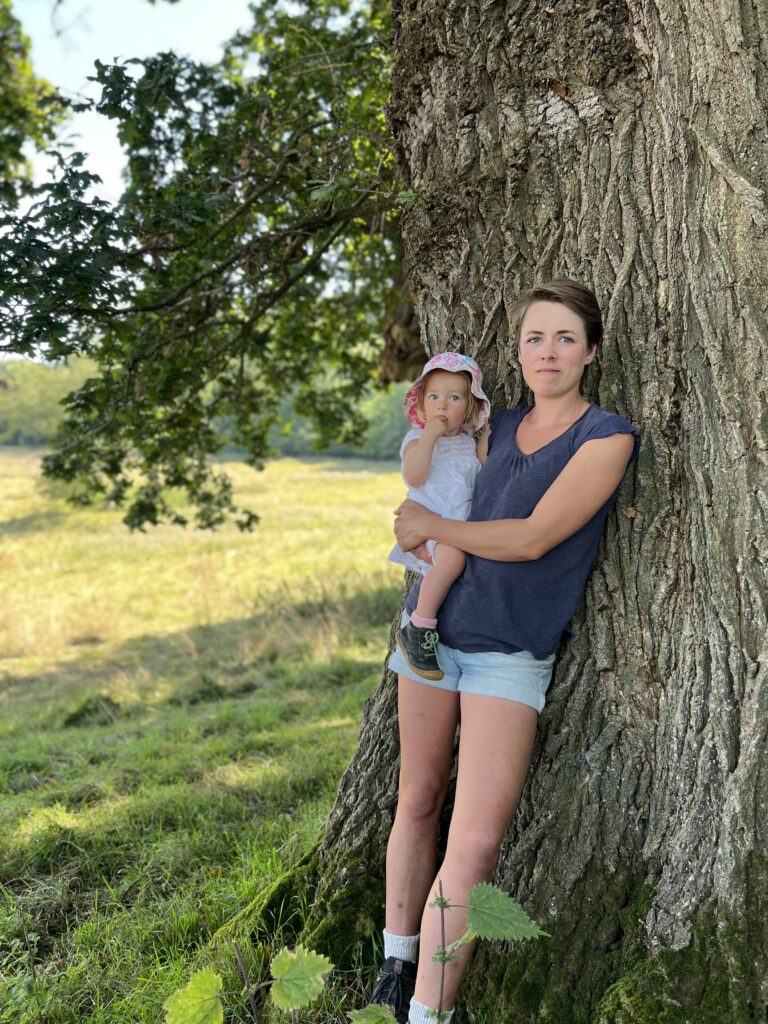
Holly Purdey
Holly farms 200 acres of permanent pasture and herbal lays with cattle, sheep, goats and chickens. Through recent management changes, including wood pasture and grassland restoration, Holly aims to be more resilient to climate change. The farm produces meat for the farm shop and works closely with a CSA veg scheme based on the farm.
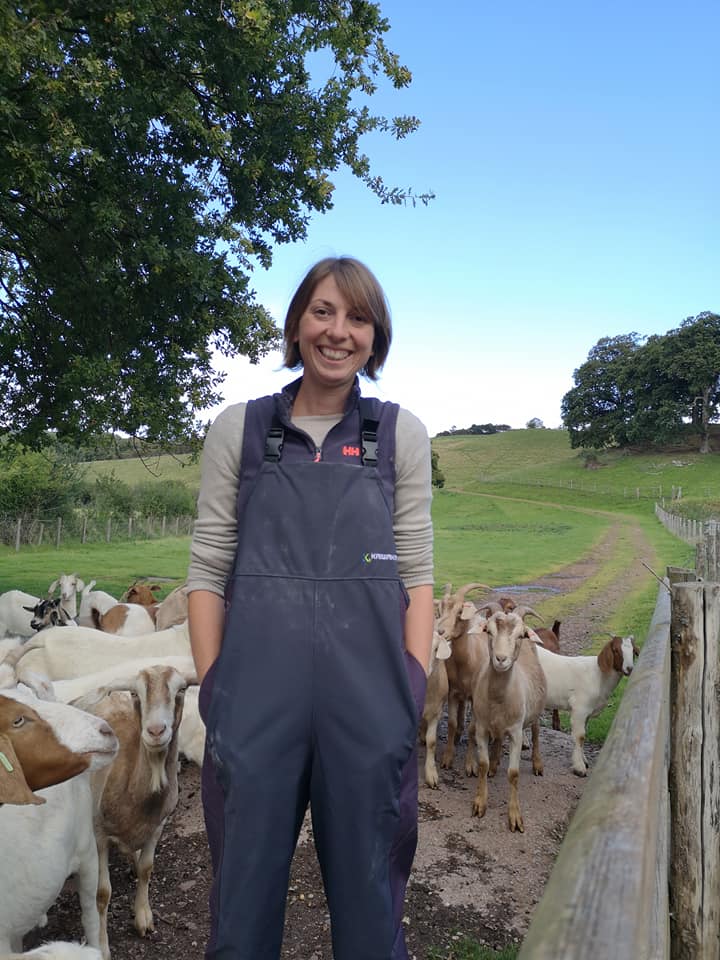
Hop
Hop trained as a medical doctor and is passionate about plants, mycotherapy, foraging, movement, scared sites, and correctly honouring the coming and going of souls. Hop is passionate about being in a reciprocal relationship with the UK’s native medicines. Hop is a lover of wilderness, the sea, the mountains and forests.
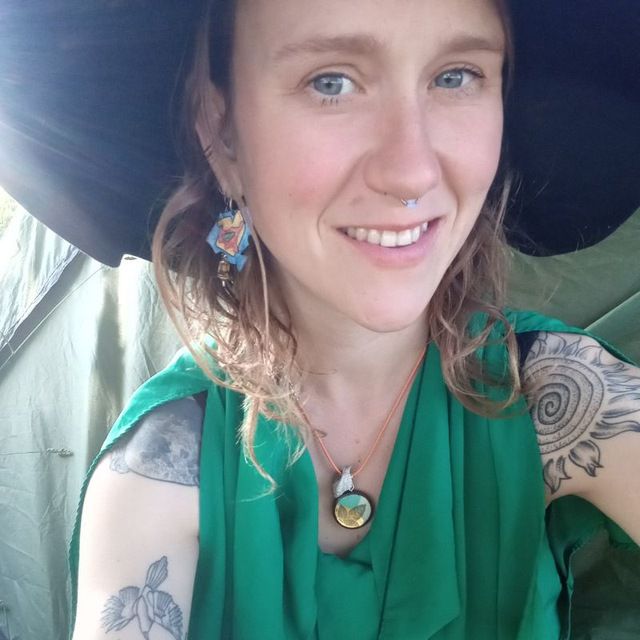
Iain Tolhurst
Iain has been in organic farming for 50 years. His 8-hectare award-winning farm is a model of sustainability with various components of the Stockfree Organic standard — green manures, rotations, woodchip composts and agroforestry integrated into the vegetable system. The integration of crops, systems approach to P&D and biodiversity makes for a durable agricultural system.

Ian Boyd
Ian has been a Cotswold Hill farmer for over 50 years. The control of the family farm has now passed to his daughter Steph and at the conference they will discuss the successes and challenges they faced during the succession process. The farm runs a herd of Pasture-for-Life, Organic Herefords, known as ‘Cotswold Beef’, alongside multiple farm diversification enterprises.
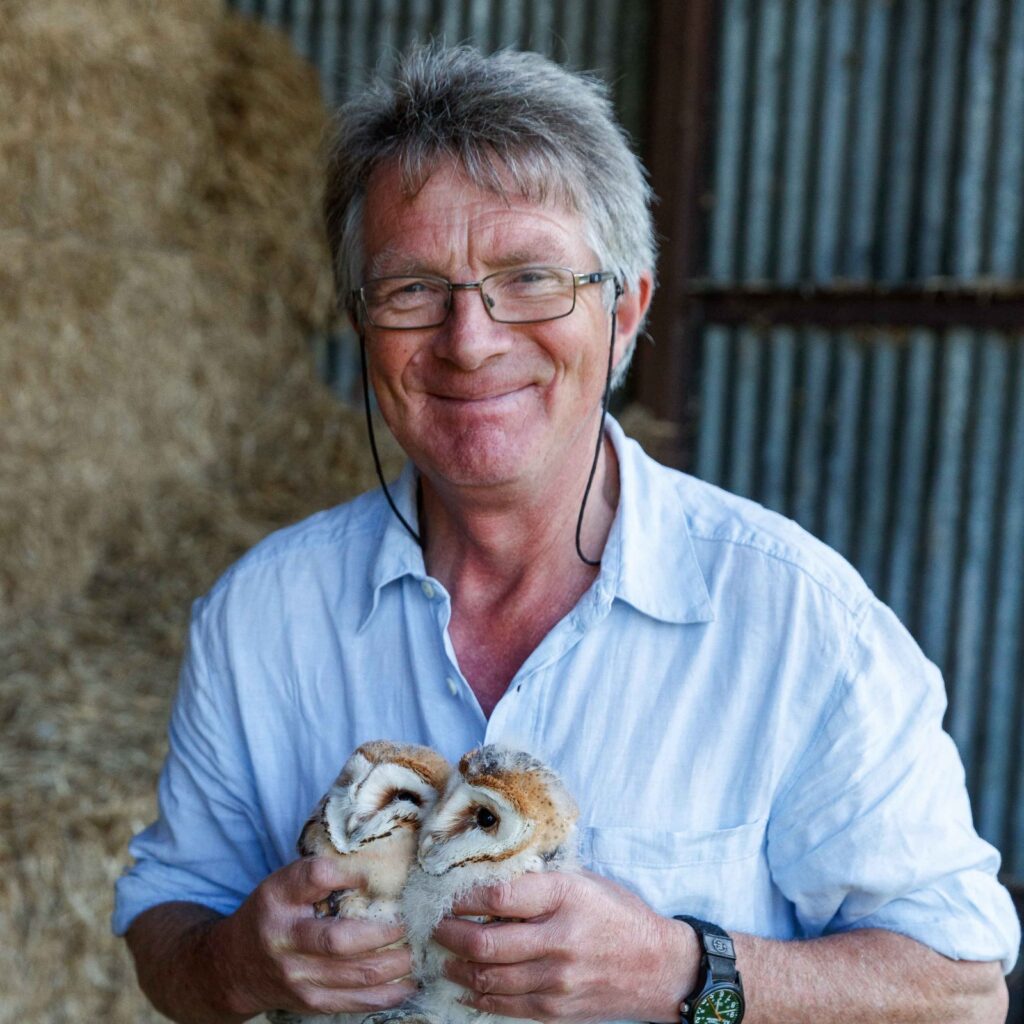
Ian Rappel
Ian is the LWA-hosted Project Worker for The Agroecology Learning Collective, an emerging network of learning providers across the UK. He has a background in ecology and education and has previously worked for the Real Farming Trust, Cardiff University and various Wildlife Trusts.

Idman Abdurahaman
Idman is a community organiser, land worker and movement builder. She works with the Eating Better Alliance, furthering food and racial justice efforts in the sector. She also co-runs Earth Tenders, a community garden and archiving project based in South London. Collectively we are responding to the call for BPOC-led and affirming spaces within earth practices.
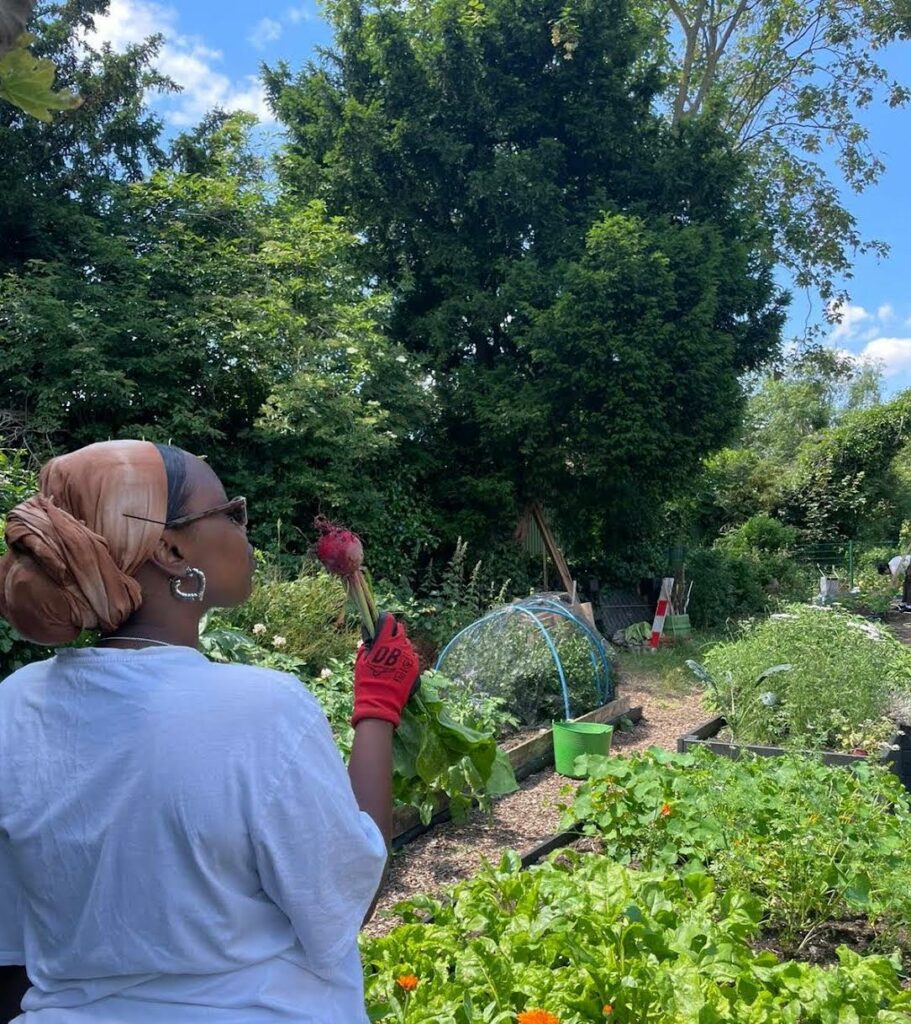
Inês Costa Pereira
Inês is an agroecology activist and researcher doing a PhD at the Agrarian School of Viseu. She is also part of several collectives working to strengthen the agroecological movement in Portugal.
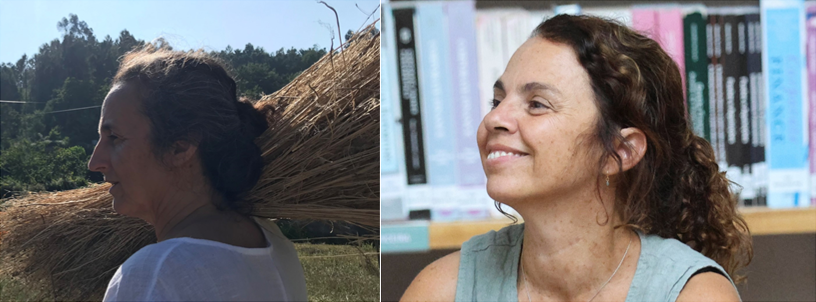
Inès Tielas da Silva
Inès is a Research and Project Officer at IPES-Food. She is a specialist in the colonial legacies underpinning food systems today, with a focus on land and labour. Ines holds an MA in Postcolonial Culture and Global Policy from Goldsmiths University of London, and a BA in Political Science from the Nova University of Lisbon.
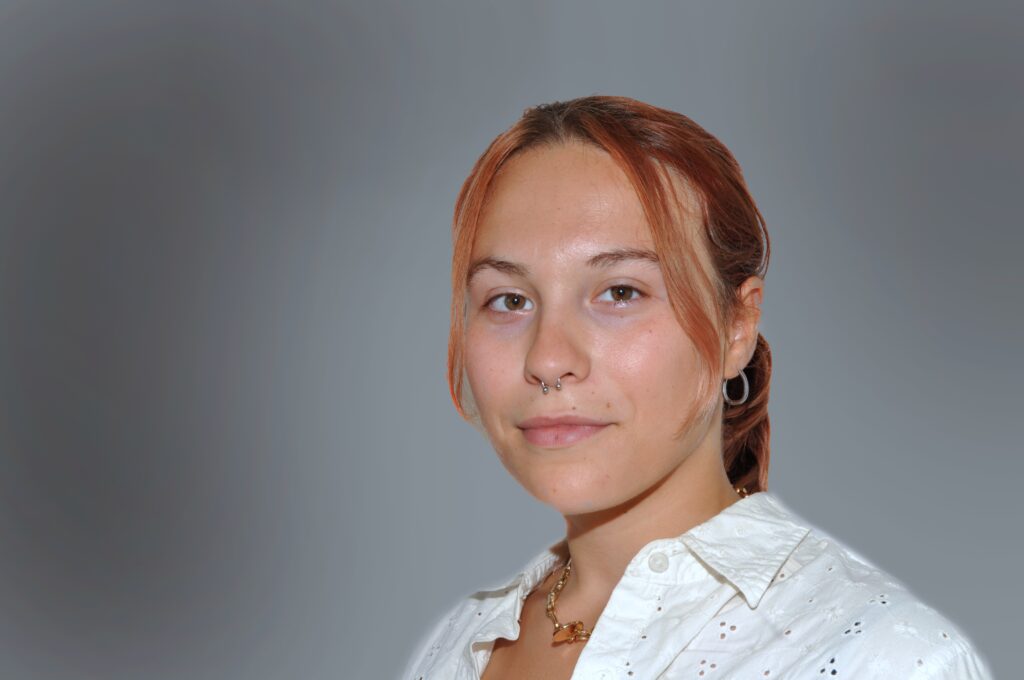
Isobel Talks
After getting involved in climate resilient agricultural projects whilst carrying out her DPhil fieldwork in Bangladesh, Dr Isobel Talks began working on a regenerative farm near Cambridge during the COVID-19 pandemic. Since 2021 Isobel has worked with the LWA on a number of projects, most recently ‘Experts in Your Field’. She also teaches on the ‘Environmental Education’ course at the University of Oxford and carries out research on skills and training for agroecology as part of SKOPE.
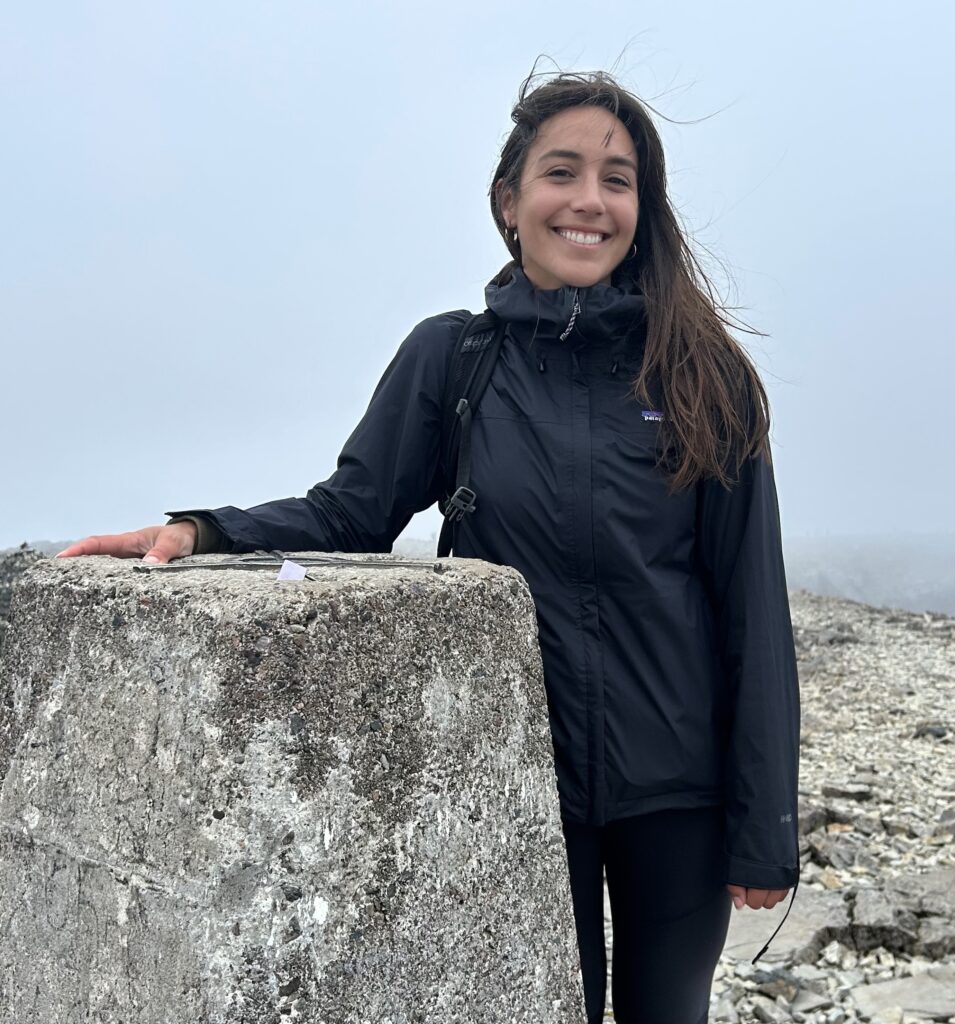
Jade Bashford
Jade has worked on community control of food systems for 35 years, helping to establish the CSA model in the UK, planning for local food economies and introducing new models. She currently works for the Real Farming Trust as a Programme Coordinator for UK delivery and research projects addressing food poverty, agroecology and social inclusion.
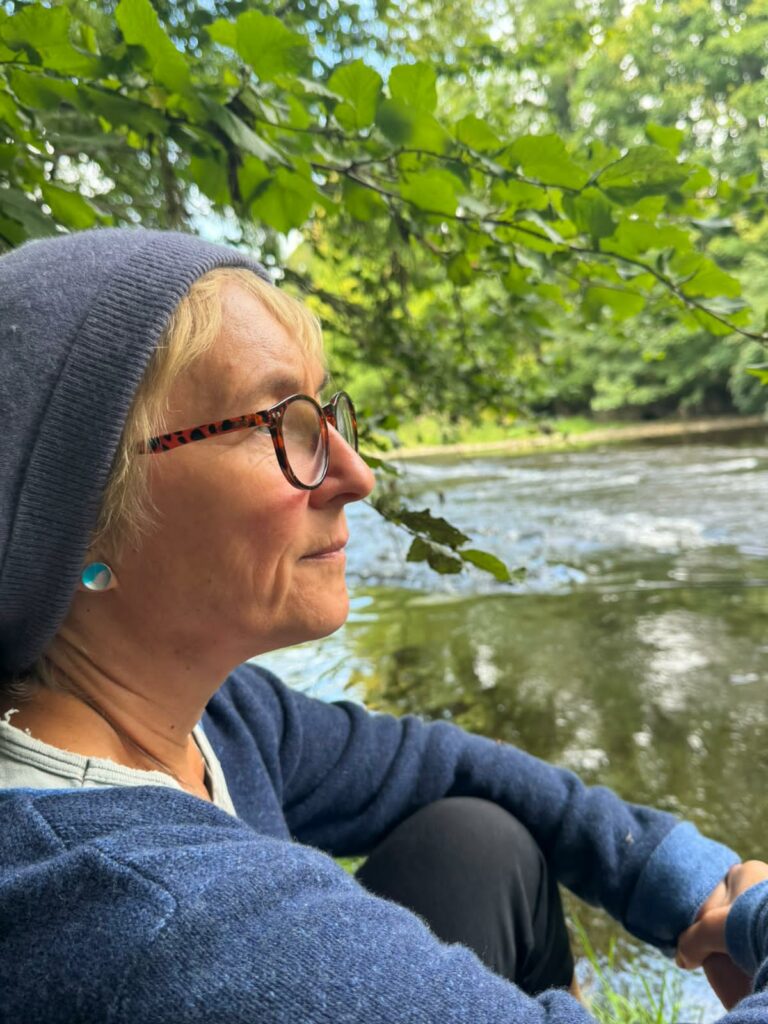
Jade Hemsley
Jade is a Land Use Advisor working with the Forestry Commission in the South East and London area. Jade advises farmers, landowners and agents on the improvement and expansion of resilient and financially viable woodland whilst achieving environmental benefits such as improving water quality. Jade’s background extends from farmland entomology to advising farmers on topics such as soil health and nutrient management.

Jake Richardson
Jake is a PhD student based at the Royal Veterinary College as part of the UK Food Systems Centre for Doctoral Training. His research focuses on the history of broiler chicken production, food policy, and social movements in neoliberal Britain.
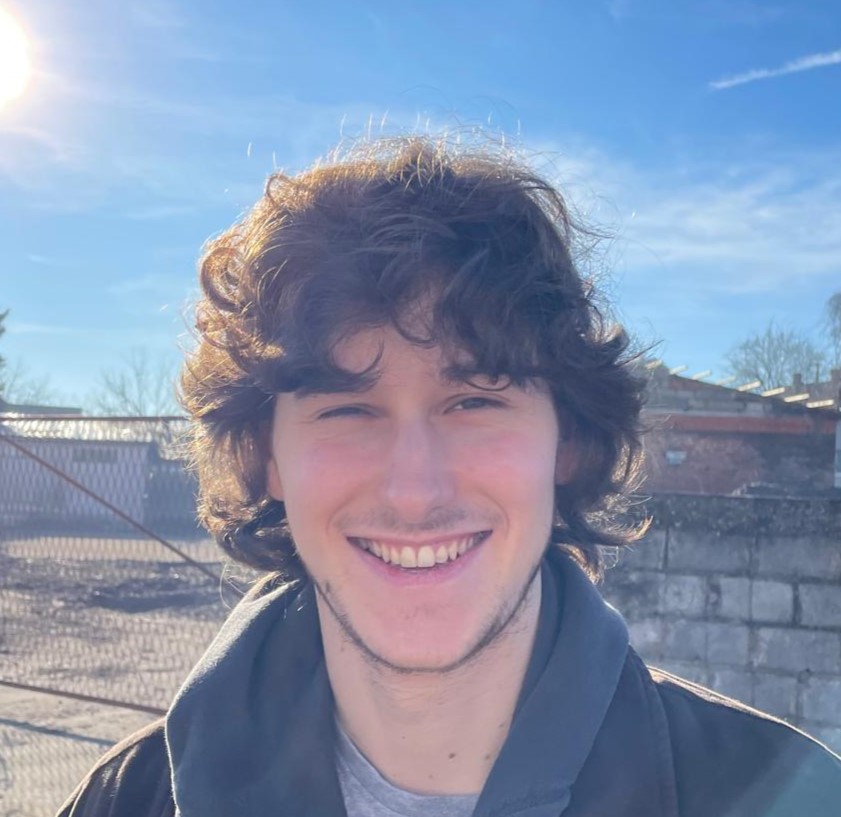
James Norman
James has farmed organically since 1991, including 26 years on the Hardwick Estate, Oxfordshire. He is a Green Party councillor, a member of the Chilterns Conservation Board, and manages ancient woodlands in Kent. He was Agriculture Correspondent for Private Eye and is currently writing a book about global land use.
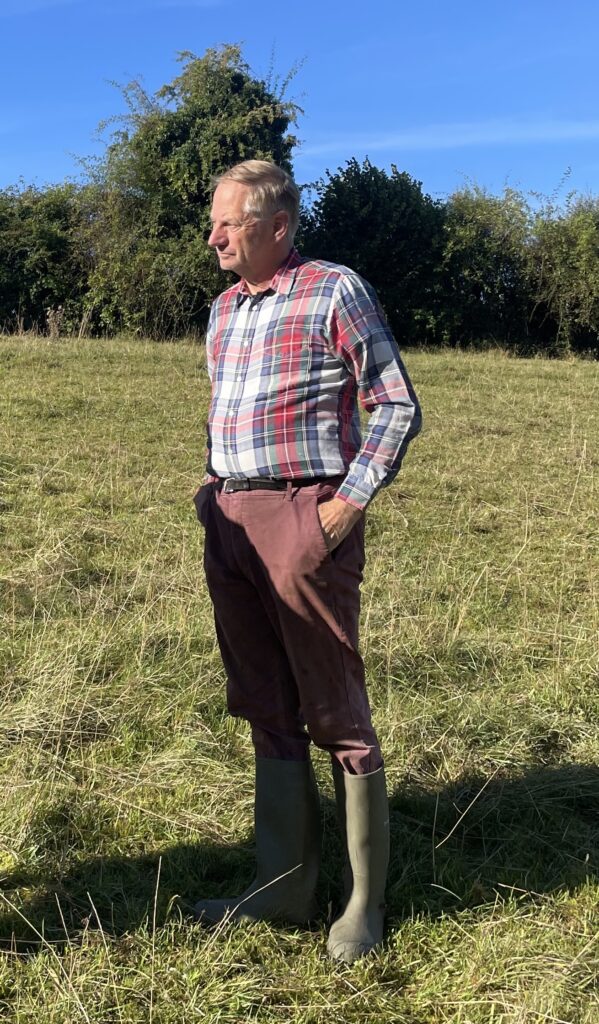
James Robinson
James farms 300 acres of organic land in Cumbria with his family. The farm is home to 250 head of organic Dairy Shorthorn cattle and the land is made up of a mix of pasture and meadow, interspersed with a range of habitats, such as hay meadows, wetland and ancient hedgerows and woodland. The family won the 2022 Farming and Wildlife Advisory Group (FWAG) Silver Lapwing Award in recognition of their commitment to farm conservation.

Jamie Jack
Jamie works with the growing Pasture For Life membership across Scotland, supporting the community, championing the power of grazing animals and building the organisation’s presence in Scotland. A part of this work includes delivering the Pasture for Life Skills Development Programme, seeking to provide high value and low cost training to new entrant and first generation farmers.

Jamie McIntyre
Jamie is co-ordinator of the Woodland Crofts Partnership. A freelance forester and community development worker, he formerly worked as woodland crofts officer in the Community Land Unit, supporting the development of community-based woodland crofts, before returning to self-employment. He specialises in smaller-scale, rural development forestry, and ‘family forestry’ models in particular.
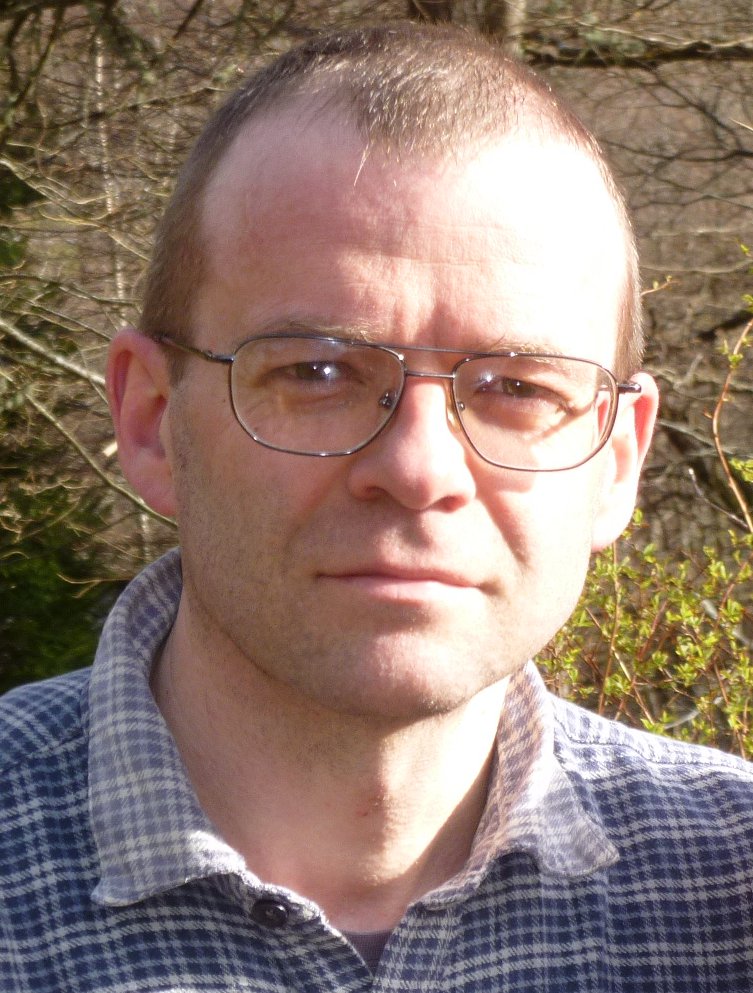
Jana Rock
Jana is an architect and chef who studied Plant-Based Cuisine at Le Cordon Bleu. She teaches food workshops and is part of Chefs Manifesto, Chefs for Impact and The Royal Academy of Culinary Arts Adopt-A-School program. Jana also helps to oversee the sustainable transformation of the Calthorpe Community Garden.

Jane Hull
Jane is the Area Director for the Forestry Commission for South East and London and a Chartered Forester.

Jane Lane
Jane is responsible for her family farm in Cumbria and is a founder member and Chair of the Orton Fells Farm Cluster. Founded in 2020 we are a group of neighbouring farmers who came together to ensure the future viability of our family farms and community.

Jay Abrahams
As a microbiologist, Jay spent some time in the UK wastewater industry working with conventional, energy and materials intensive, wastewater treatment systems. Bill Mollison’s book ‘Permaculture: A Designers’ Manual’ encouraged him to apply permaculture design principles in to the creation of constructed wetlands. Jay established Biologic Design in 1992, through which he creates soil-based, multi-species, constructed wetlands for integrated wastewater purification, resource production and habitat creation.
JC Niala
Dr Niala is an anthropologist, historian, and writer whose work focuses on urban food systems and land access. Drawing from her Kenyan heritage of pastoralism, agriculture, and wetland stewardship, her research explores urban and peri-urban agriculture, integrating plants and livestock. She revitalises urban spaces by using plants as living archives. She is a postdoctoral affiliate at the University of Oxford.
Jen Hunter
Jen, a passionate advocate for wool and regenerative farming, aims to reposition wool as a primary product rather than a by-product of the sheep meat industry. At Fernhill Farm in Somerset, Jen and her partner Andy manage a flock selectively bred for fine fibre, resilience, and their ability to enhance biodiversity.
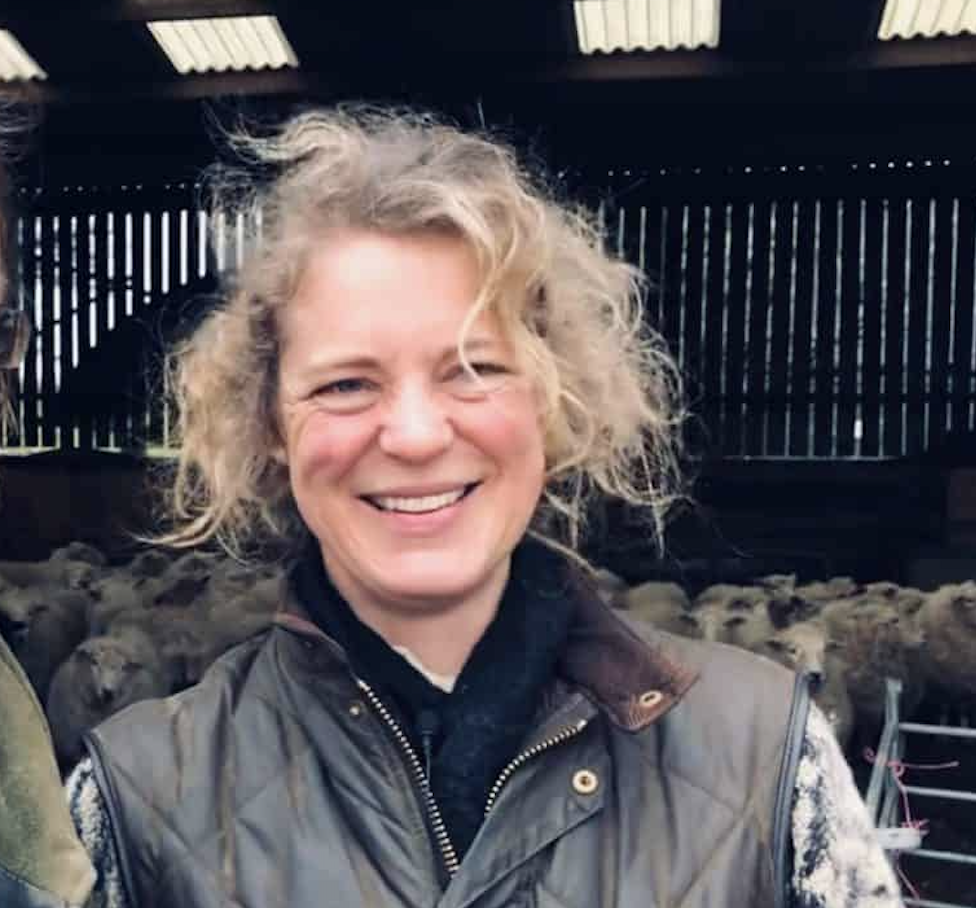
Jenna Hegarty
Jenna is responsible for the Nature Friendly Farming Network’s (NFFN) UK Policy work. Through targeted engagement with policy-makers, farming stakeholders and wider civil society actors, Jenna and her team work to secure positive change in farming policy and legislation. The NFFN’s membership base of progressive farmers actively shapes the organisation’s policy priorities, bringing vital practical experience on what works for farmers and the environment.
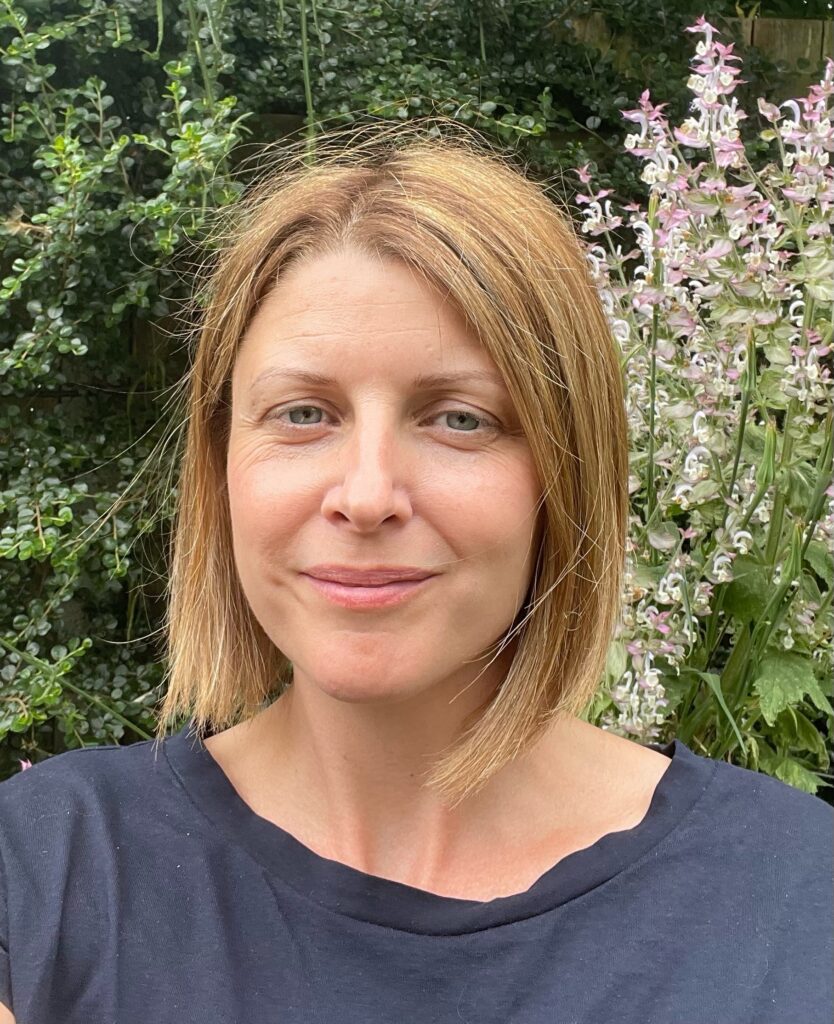
Jenny Goodman
Jenny qualified as a doctor in 1982 and rapidly became disillusioned with orthodox medicine’s inability to heal the sick, prevent illness or enquire about causes. She retrained in Ecological Medicine, using Nutrition (putting the good stuff back in) and Detoxification (removing environmental pollutants) to restore health. It works – and does no harm.
Jenny Phelps
Jenny is a Fellow of the Royal Agricultural Society for England, Team Leader and Senior Farm Environment Advisor for Gloucestershire Farming and Wildlife Advisory Group. She has project managed many initiatives informing farming and land use policy over 30 years, including the GREAT Zerodig Earth Project at the RAU, where she will also be teaching Applied Farmland Ecology for the MSc Agroecology.

Jeremy Moody
Secretary and Adviser to the Central Association of Agricultural Valuers (CAAV) since 1995.
Liaising with governments on the new policies developing across the UK, handles such issues
as agricultural tenancy and land occupation, taxation, valuation, planning, climate change and
environmental matters, writing widely on both policy and practice.
Jerry Alford
Jerry is Senior Farming Advisor at the Soil Association. He has a wealth of experience in arable and mixed farming having run the family farm in Devon for 25 years. Jerry is interested in a systems approach to farming, looking at farms as a whole system rather than just a mix of enterprises or a series of crops in rotation.
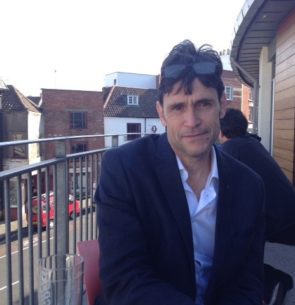
Jess Abis
Jess is co-director of The Nest and a consultant with The Regeneratives. She weaves together a background in food business and a passion for agroecology to support farmers, producers and brands to grow their businesses in a way which is rooted in regeneration.

Jill Montgomery
Jill works on agri-environment policy development and related projects for Northern Ireland Environment Link (NIEL), a membership body that facilitates input to government policy and cross-sectoral partnerships. Jill coordinates the regional Sustainable Agriculture Policy working group, has published research on climate adaptation, and formerly managed the family farm succession planning.
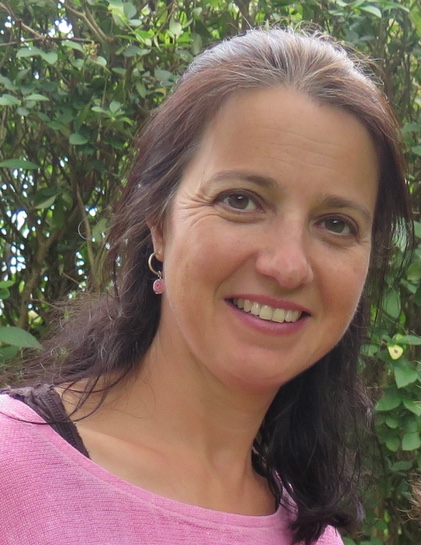
Jill Purce
Jill is recognised internationally as the pioneer of both the Systemic Constellation and Healing Voice movements. She re-discovered ancient vocal techniques, group chant, and the spiritual potential of the voice for healing and meditation. Her constellation work with families resolves and removes inherited ancestral traumas. With issues, her process reveals conflicting elements and their possible resolutions. She is author of The Mystic Spiral, Overtone Chanting Meditations, and Healing Voice.
Jim Aplin
Jim has worked in horticulture, woodland and other land work since the 1990s. He has been an organic grower since 2000 when he helped his partner set up Hotchpotch Organics, a small business selling direct in Gloucestershire and Worcestershire. He was diagnosed with Autism Spectrum Condition (ASC) in 2017 and has been director of the Organic Growers Alliance since 2018.

Jimmy Woodrow
Jimmy is Executive Director of Pasture for Life, an organisation accelerating the transition to agroecological livestock systems. Jimmy sits on the Abattoir Sector Group Steering Group, Dynamic Food Procurement Advisory Board, Board of Big Chalk and a Trustee of Woodlands Farm Trust, a 100-acre urban farm in Greenwich, London.
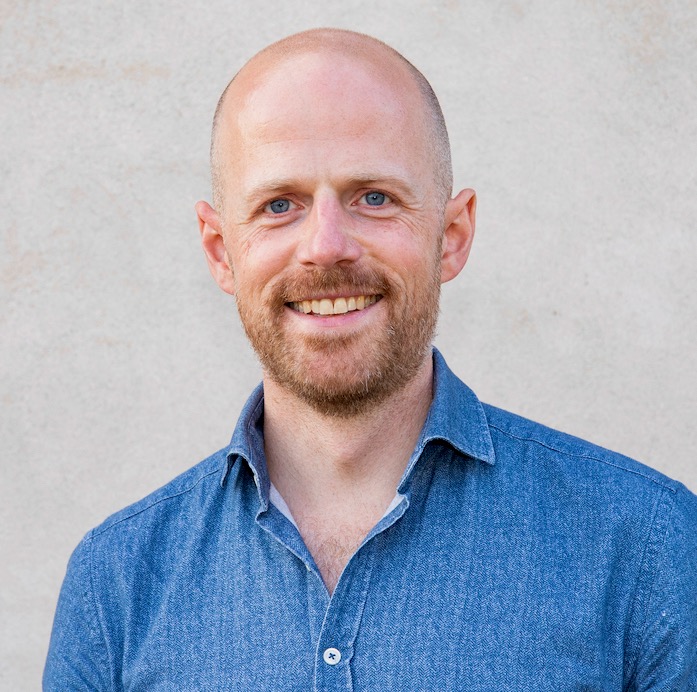
Jo Kamal
Jo (they/she) is a commercial food grower and political organiser mobilising on anti-oppression and liberatory work within the agroecology movement. They have a background in decolonial research and organising towards racial justice. They are a co-director of compost and soil cooperative Compost Mentis, and grow food at an agroecological vegetable farm in Hampshire.
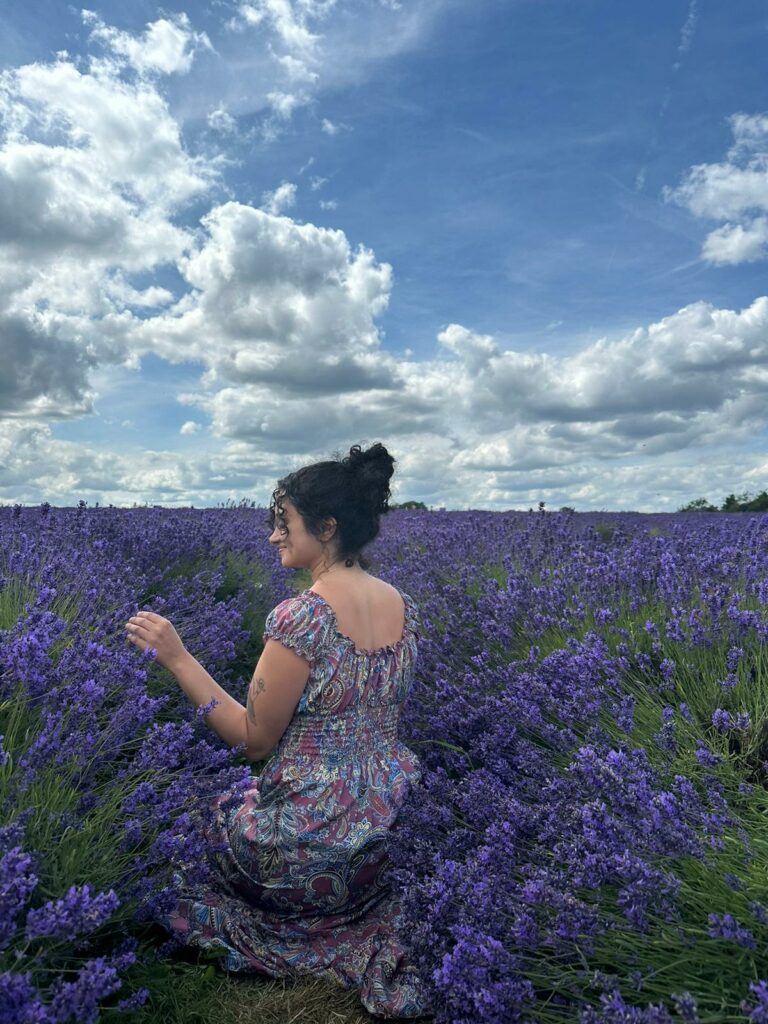
Jo Poulton
Jo is the co-ordinator of the Basic Income for Farmers (BI4FARMERS) campaign, a collective of farmers, growers and farmworkers advocating for a guaranteed income for all agricultural workers in the UK. Jo is also a neurodivergent, new entrant, landless, organic veg grower working with Transition Together organising peoples assemblies.

Jo Riggall
Jo is the Grasslands Advocacy Officer at Plantlife, the global charity working to secure a world rich in wild plants and fungi. Plantlife champions and accelerates conservation action with a priority focus on restoring species-rich grasslands, by working at the heart of a network of individuals and organisations.
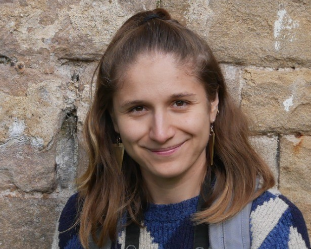
Joanna Kudryńska
Joanna is a documentary photographer and visual communication specialist. Her work frequently addresses taboos present in communities she lives in. During a career break, she trained in butchery, developed an interest in agroecology, and is going to reflect on her experiences working in the British meat industry.
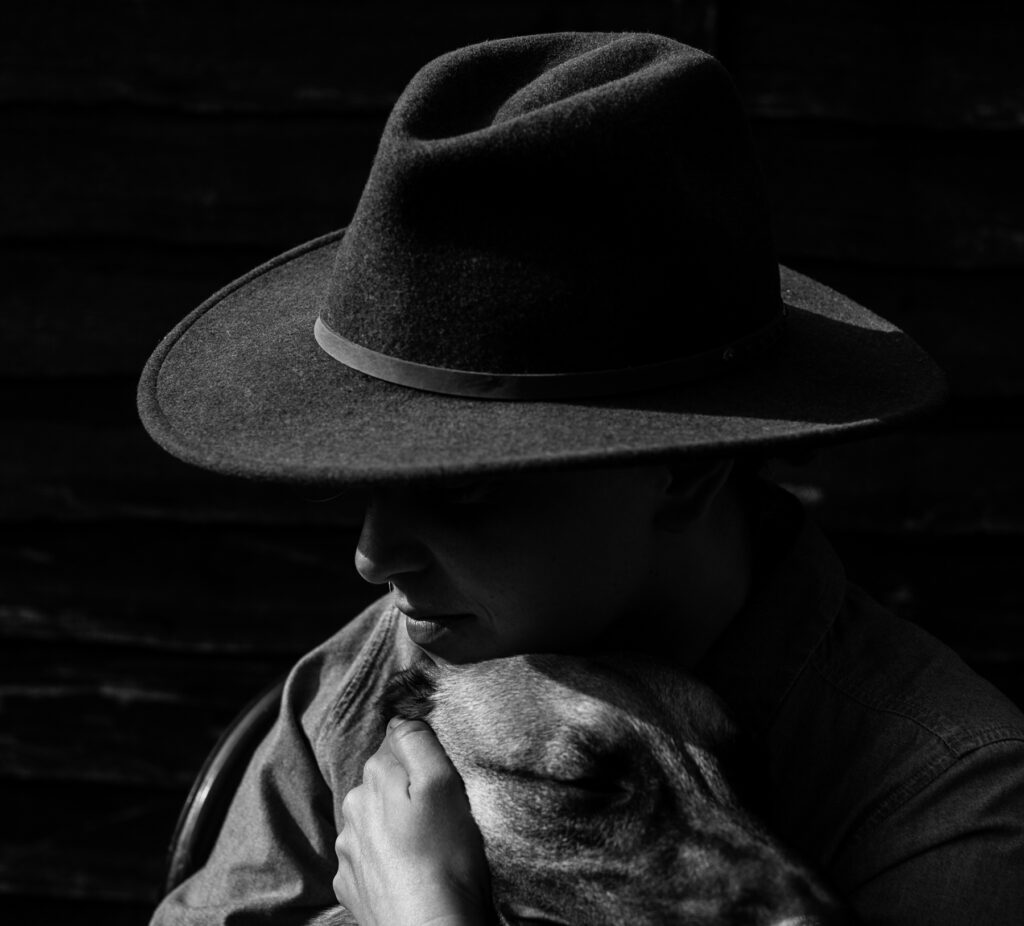
Joel Davies
Previously working with Alice Lengereau as a creative duo in branding and advertising, Joel is now a new entrant organic farmer. Also a documentary photographer, he uses his brand and storytelling skills to show how farming communities are taking on the responsibility of feeding the world whilst regenerating the land.

John Powell
John is Head of the Agriculture Sectors Team in DEFRA, a post he has held since March 2020. He joined The UK’s Ministry of Agriculture, Fisheries and Food in 1983 and until 1999 worked in various advisory and policy leadership roles. From 1999 to 2017 he worked as an advisor to over 15 EU candidate countries on the establishment of EU agricultural policies and institutions. He re-joined DEFRA in 2017 and has worked on future farming policy, EU Exit and the Environmental Land Management schemes.
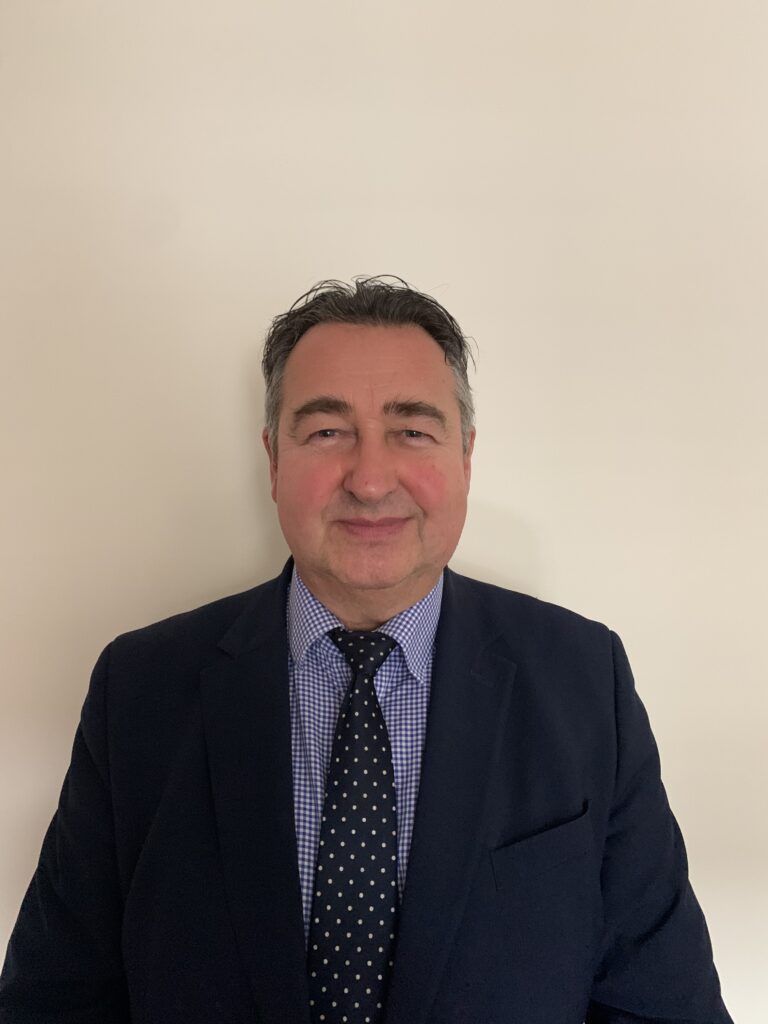
John Seed
John is a partner at Woodend Farming Partnership, a family-run farm in the Scottish Borders dedicated to advancing regen agriculture. John blends traditional knowledge with modern practices like reduced tillage, cover cropping and agroforestry. The farm uses renewable energy technologies, and John has recently introduced a Bokashi system to upgrade poultry manure, improving nitrogen and phosphate use while reducing emissions and enhancing soil carbon through the addition of straw and woodchip.
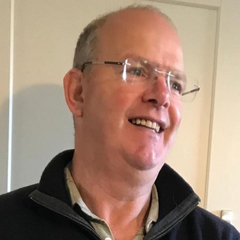
Johnnie Balfour
Johnnie champions the restorative power of grazing on pasture in his role as chair of Pasture For Life and as managing partner at Balbirnie Home Farms with a herd of 200 suckler cows.
Jojo Mehta
Jojo co-founded Stop Ecocide alongside barrister and legal pioneer the late Polly Higgins, to support the establishment of ecocide as a crime at the International Criminal Court. She has overseen remarkable growth while coordinating legal developments, diplomatic traction and public narrative. She is convenor of the Independent Expert Panel for the Legal Definition of Ecocide.
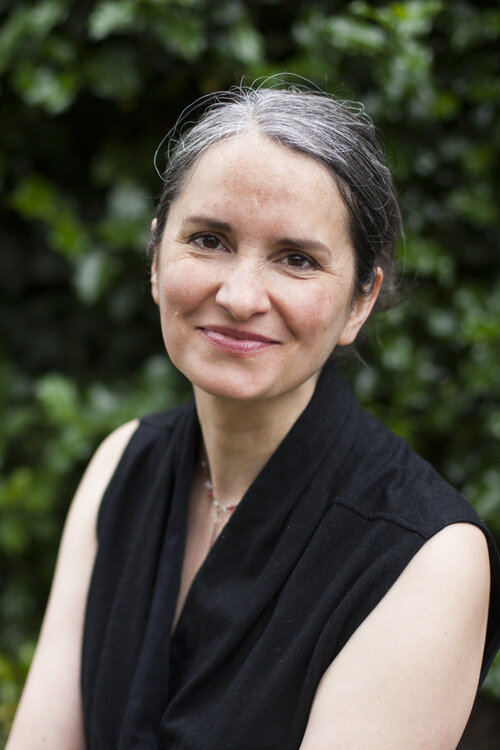
Jonathan Baker
Jonathan is Head of Programme Policy Engagement and Strategy in Defra’s Future Farming and Countryside Programme. He heads up the team responsible for cross-cutting policy across the Agriculture Bill, overarching policy across the agricultural transition period and the strategic direction of the reforms to England’s agricultural policy. Prior to working in Defra, he was a Senior Land Use Advisor at the Country Land and Business Association (CLA) where he led on environmental and land use policy.

Jonty Brunyee
Jonty is an agroecological farmer, mentor and adviser. He is also the facilitator of the Regenerative Agriculture Accelerator Programme (RAAP) in the Cotswolds and Director of the Emergent Generation youth network. He co-founded the North East Cotswolds Farmer Cluster and championed agroecological learning at the Royal Agricultural University and FarmED.
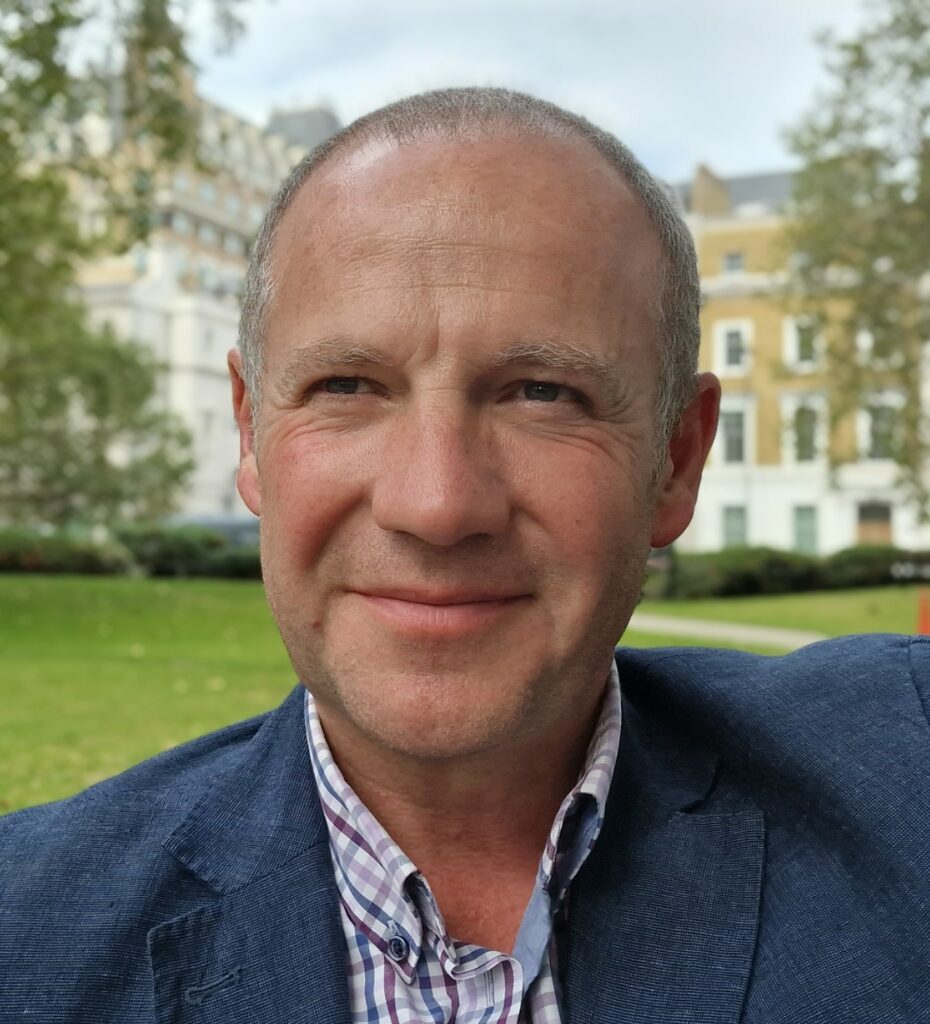
Josh Doble
Josh is the Policy Manager for Community Land Scotland. He leads on policy advocacy and development to ensure that the benefits of community ownership and further land reform are understood at a national and regional level. Josh has previous experience in research and policy within government and academia, with a particular interest in the politics of land and race in postcolonial societies.

Josh Smith
Josh helps run Goodery CIC, a veg box company and market garden in Norwich, Norfolk. An accidental business person with a background in environmental science, international development and hospitality, Josh has a firm belief that relationships come first in business and that the truth sets us free.

Josiah Meldrum
Josiah is the co-founder of Hodmedods, which works with farmers to bring local grains and legumes to customers in the UK.
Joy Greenall
Joy is an organic upland livestock farmer and conservation adviser, returning home to Shropshire and her first love farming, after working for Wildlife Trusts, Natural England, and for the Duchy of Cornwall as Sustainable Agriculture Officer. She is a coordinator for a local community initiative, Land, Life and Livelihood and Clun Forest Farmers.
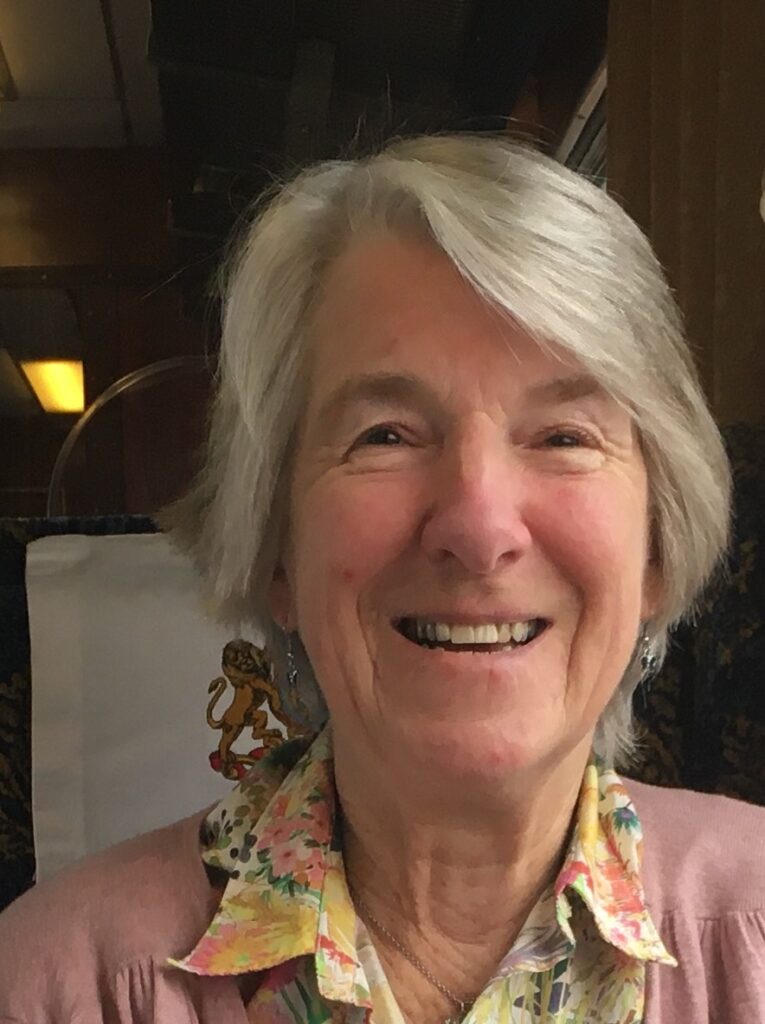
Judith Hutchison
Judith’s family have been farming in Dumfriesshire and Lanarkshire for over 200 years. She was involved in farm technical and financial benchmarking for over 12 years. She now farms 950 acres with husband Tom and son Duncan running a hill beef suckler and sheep enterprise. Her ‘lightbulb moment’ was a Joel Williams talk in 2018 and she’s made soil health central to the farm enterprise ever since.
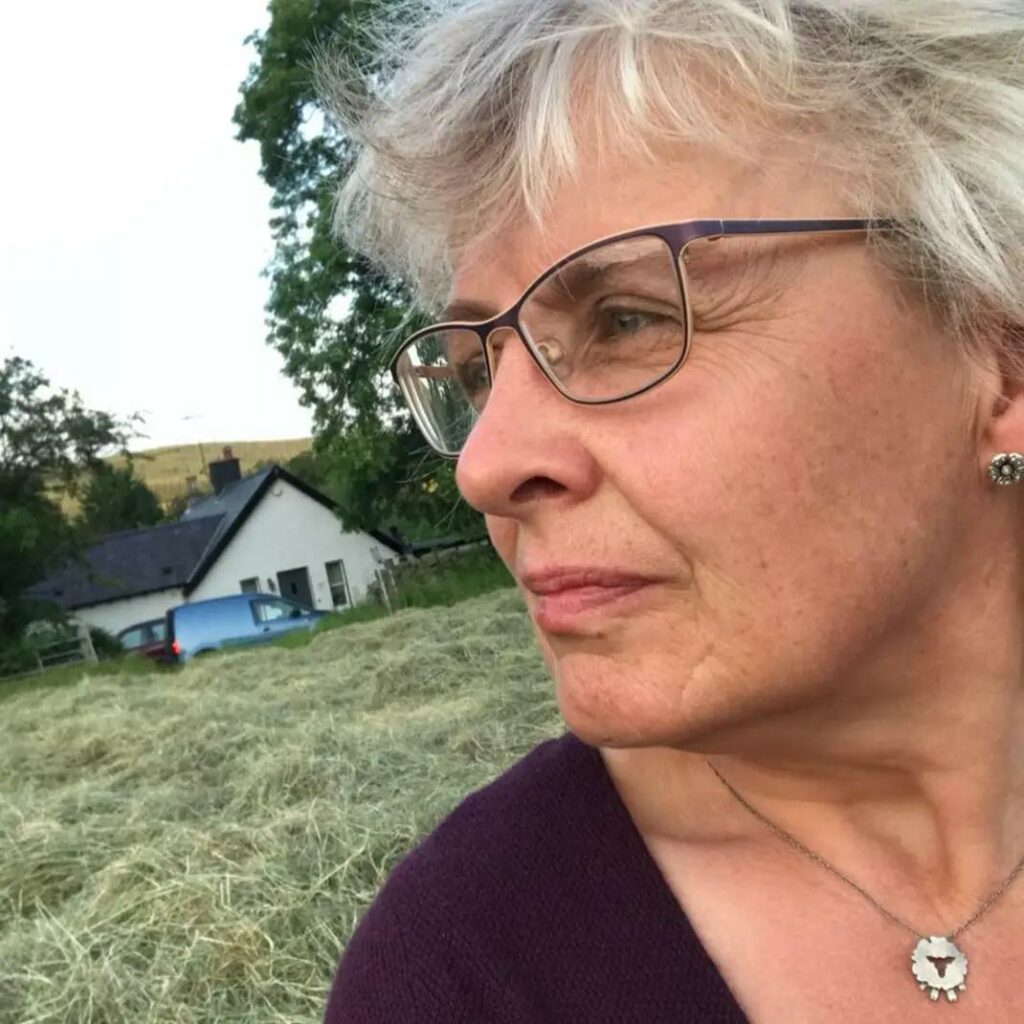
Jules Acton
Jules is a writer and an ambassador for the Woodland Trust.
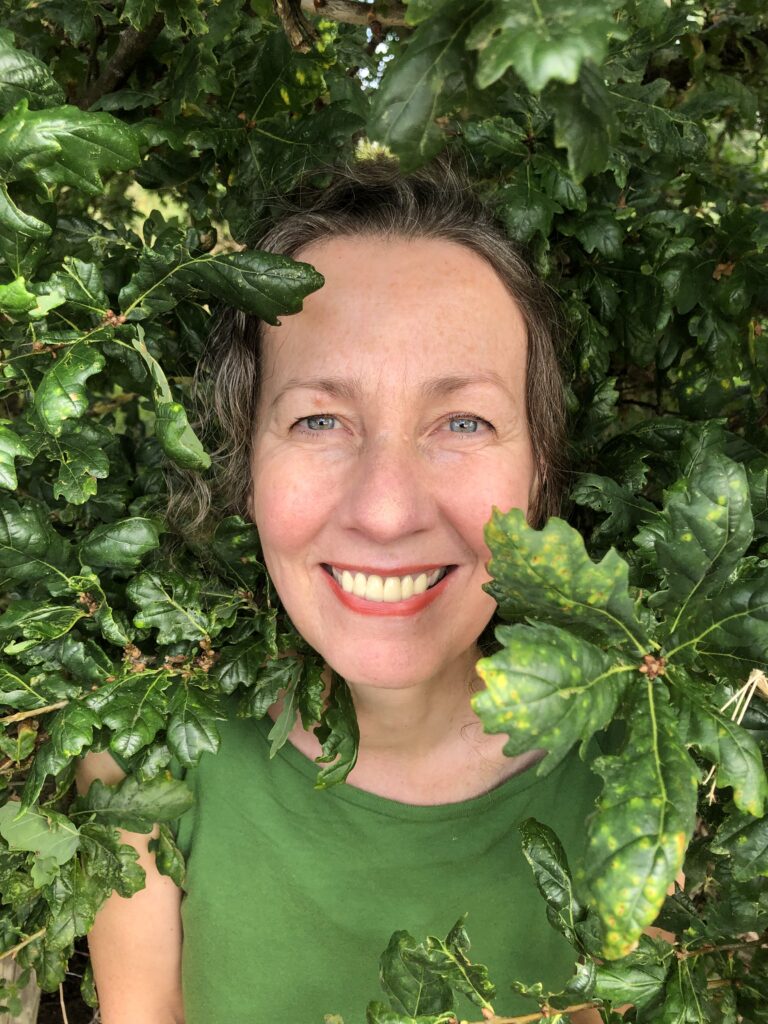
Julia Aglionby
Julia chairs the Project Board of Our Upland Common’s run by the Foundation for Common Land. An experienced negotiator of multi-partite stewardship schemes on Commons, Julia is a Professor of Practice at Cumbria University and trustee of Susan’s Farm, a care Farm in Cumbria where she lives.

Julia Kirby-Smith
Julia is Executive Director at Better Food Traders (BFT), the UK-wide network for retailers who sell locally-grown, planet-friendly produce. BFT offers specialist training, business advice, peer-learning, micro grants, and coordinated campaigns and marketing. Julia is also Chair of the Eating Better Alliance.
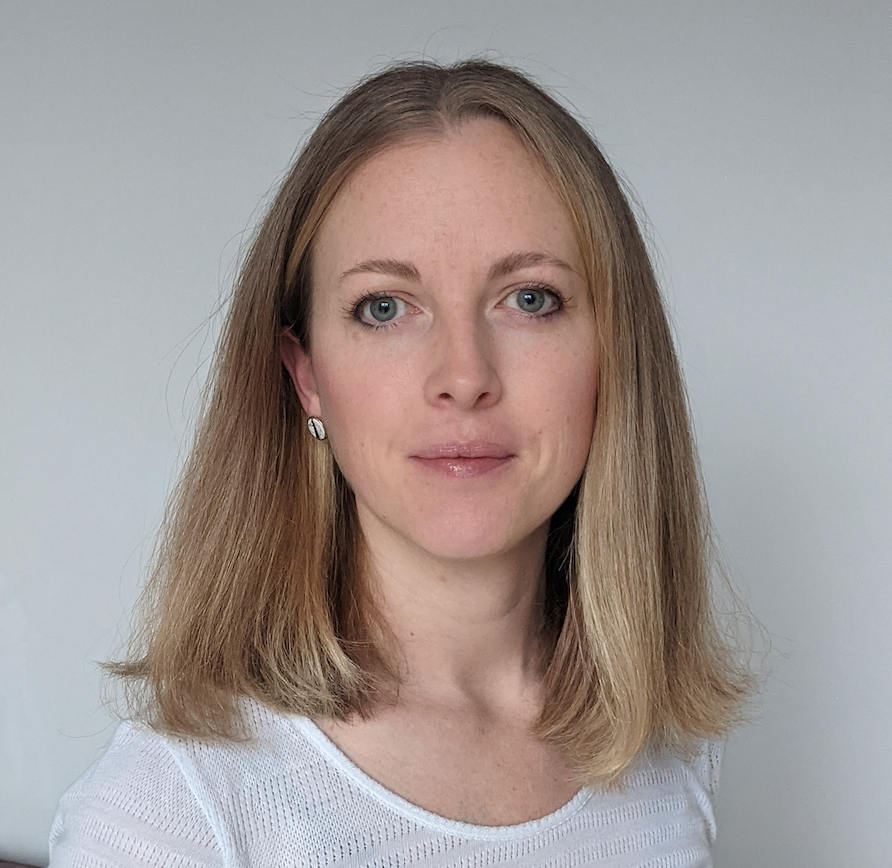
Julian Ellerby
Julian co-led the Roots and Rhythms project at Lopemede Farm. As WYRD, collaborating with George Simons, he helps individuals and organisations shift perspectives and imagine futures in, with, and as nature. As a facilitator and designer, Julian guides people through experiences of more-than-human futures and nature connection to foster transformative change with care.
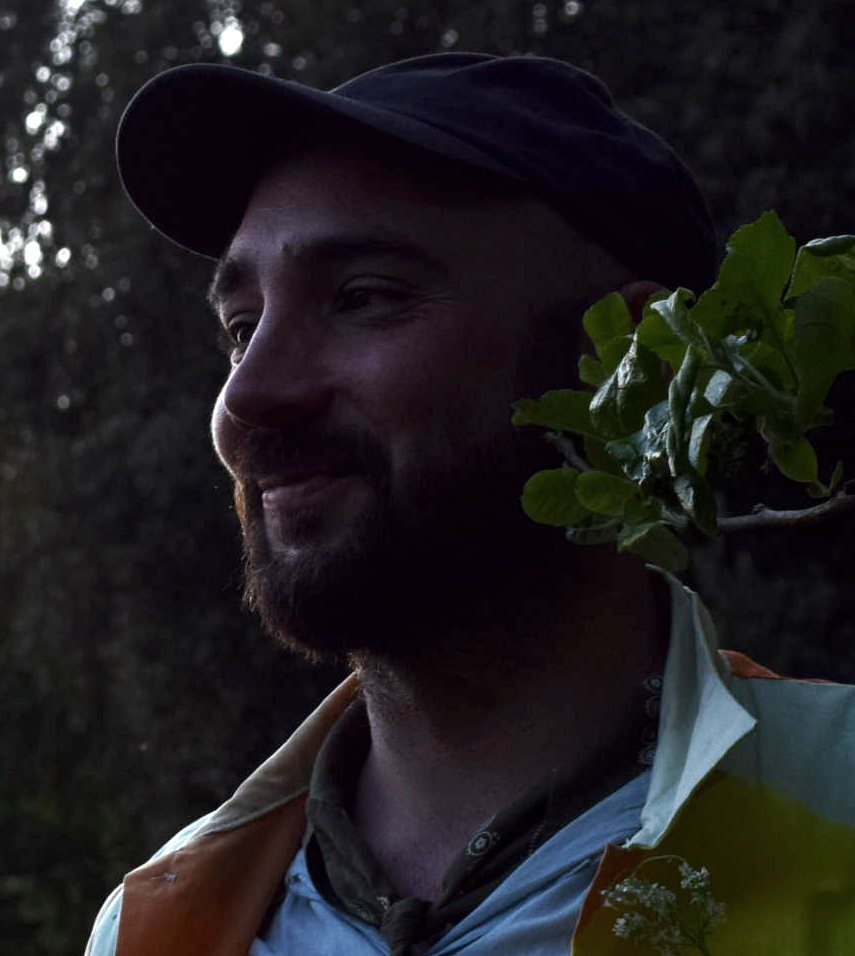
Julie Baber
Julie has a small farm in her native Somerset where she raises traditional breed sheep for wool, slow grown hogget, and conservation grazing. She also writes freelance articles for the Sustainable Food Trust and other organisations.
Julien Etienne
Julien is an independent consultant specialising in food and farming policy. He is a sociologist by background, and has worked as an academic at the London School of Economics and an adviser at the Food Standards Agency before becoming a consultant. He has been co-leading with Laura Stratford the ‘Future of Food in the Lincolnshire Fens’ project.

Juliet Millican
Juliet is co-ordinator of Re-Alliance, a UK-based global network that promotes regenerative response to disaster and displacement. As a coalition of regenerative practitioners, educators, humanitarian and aid workers, and policy makers, they build and share knowledge on food growing, eco-building, water harvesting and community led approaches to Settlement design.

Karen Fisher
Karen (Ren) is a Farming Advisor at the Soil Association. She delivers advice and projects related to soil health, biodiversity, nature and climate friendly farming. She was diagnosed with ADHD as an adult and has trained to be an ADHD coach with the ADHD Foundation.

Kate Bowman
Kate is a craftsperson who works with people of all ages and abilities to visualise systems and communally create. She founded Press Press Press – a micro, mobile, radical community printing press that celebrates experimental processes, growing community, and the political nature of making things through the traditional craft of printmaking.
Kate Collyns
Kate runs Grown Green, a 2-hectare organic market garden in Wiltshire. She started the business in 2011 on rented land following a two-year apprenticeship on a mixed organic farm near Swindon. The second edition of her book, How To Start a Market Garden, is due out in October 2025.

Katie Allen
Katie is a PhD researcher at the University of Leeds, specialising in the composting and reuse of human feces for sustainable crop production. Her research explores the impact of humanure on crop growth and soil health, and aims to promote the safe use of this resource for food production.
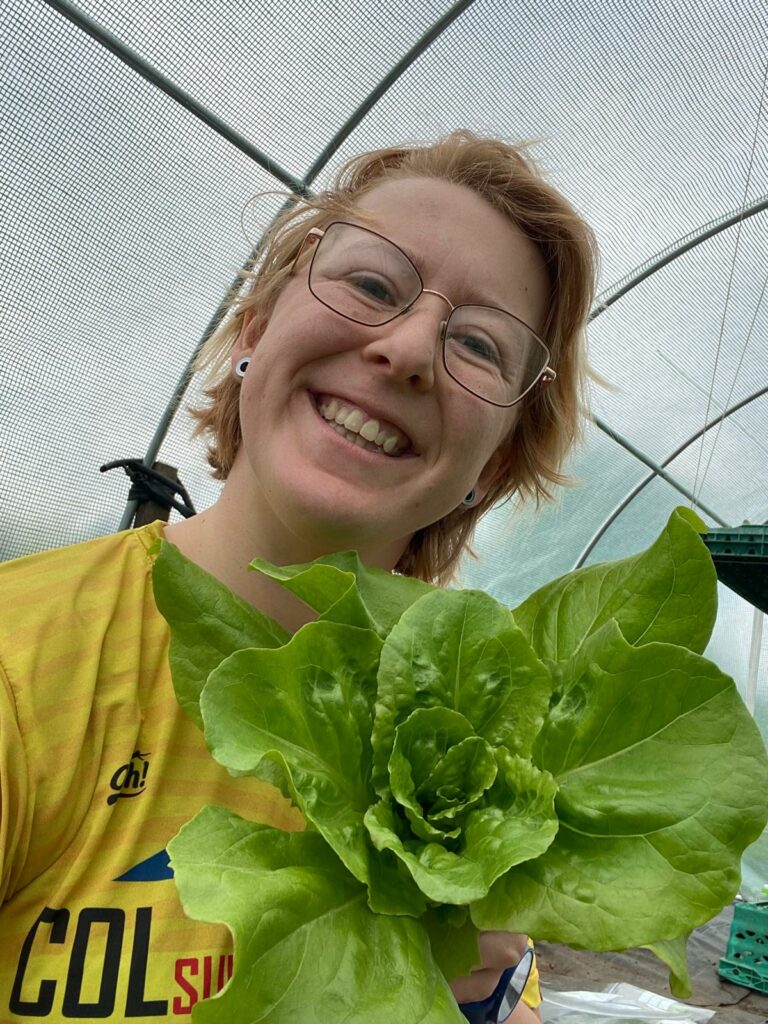
Katie Hastings
Katie is the Wales Coordinator for the Gaia Foundation’s Seed Sovereignty Programme. She is working to revive a more resilient and diverse seed system, alongside farmers, growers and seed activists.
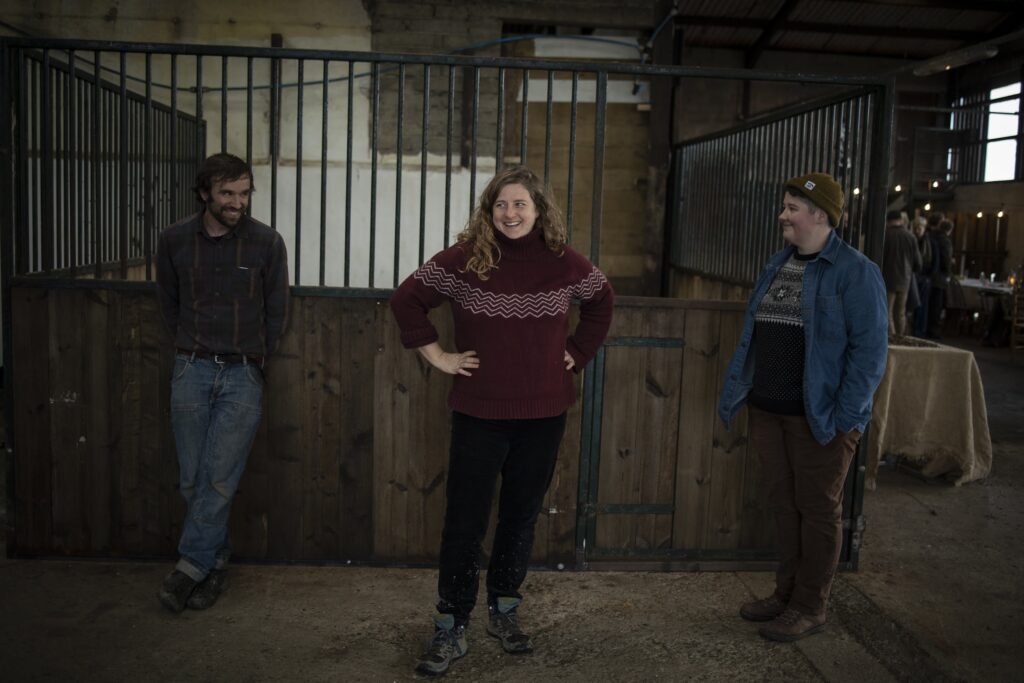
Kay Johnson
Kay was raised on a small farm in Lancashire and has developed and delivered nutrition programmes in the UK and overseas for over 30 years. Kay believes in ‘food fairness for all’ and founded the Larder 10 years ago with the aim of making fresh local produce affordable to people on low incomes without farmers bearing the cost. The Larder has received several awards for its pioneering work and in 2020 Kay was awarded an MBE for Services to Nutrition.
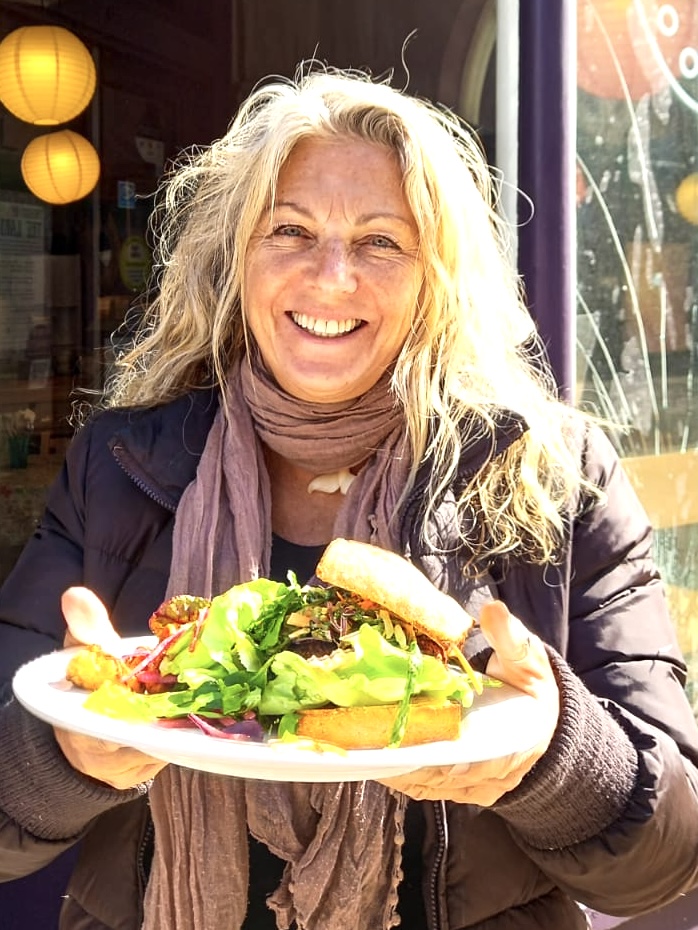
Kelly Parsons
Kelly is a Research Associate in the The Medical Research Council Epidemiology Unit at the University of Cambridge. Her research area is the intersection of food systems and policy, with a particular focus on policy processes and governance structures, and efforts to achieve more connected policymaking on food. She has a PhD in food policy and a Masters in food and nutrition policy from the Centre for Food Policy at City, University of London.
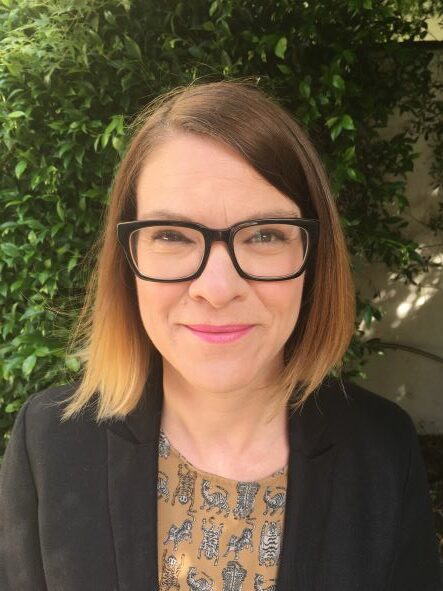
Kevin Miskella
Kevin is a recreational stalker who, having achieved 5 star rating from the Food Standards Agency, has set up his own small processing unit and larder at home to allow him to process and sell his venison to the local community.
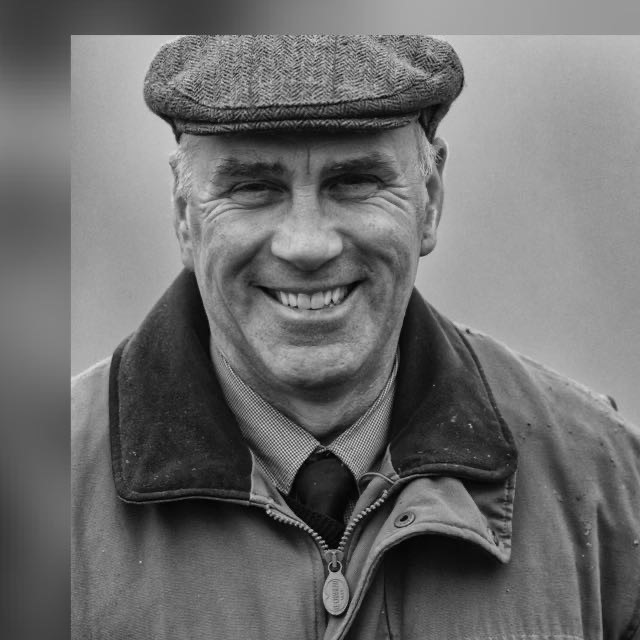
Keziah Suskin
Keziah is a first generation, migrant, biodynamic and organic livestock farmer. Keziah runs a grassfed cow and calf, raw milk micro dairy. Alongside the dairy, Keziah raises beef cattle, pigs and sheep for fibre and meat. The main mission of Keziah’s farm is ensuring high animal welfare, habitat management and restoration as well as soil rehabilitation and fertility building through interspecies grazing systems within a mixed farm organism.

Kim Graham
Kim is the Research Coordinator at Shared Assets, an infrastructure organisation working to create a socially just future through practical projects that build new relationships between people and the land. They’re interested in using participatory research to build collective knowledge about the impacts of stewarding land for the common good.

Konkankoh Joshua
Konkankoh is an indigenous environmental leader who weaves networks that enhance South-North Partnerships as a social entrepreneur and consultant providing advisory services in trust relations for quality and impact in community development, education and social governance. He founded Better World Cameroon and Bafut Ecovillage which became a UN-recognized reference center for sustainability, a model of environmentalism “the African Way”.
Laura Carter
Laura is a UK Research and Innovation (UKRI) Future Leader Fellow and Professor of Environmental Pollution at the University of Leeds.
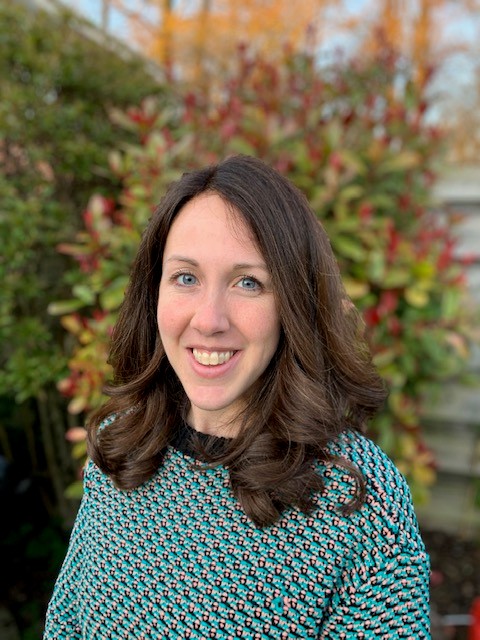
Laura Stratford
Laura coordinates the Greater Lincolnshire Food Partnership, which takes a holistic perspective on the food system, rooted in place and community. She attends to and advocates for local food networks; addressing health and economic inequalities through better diets; and improving social and environmental connection through food. Her background is in education, community and permaculture.
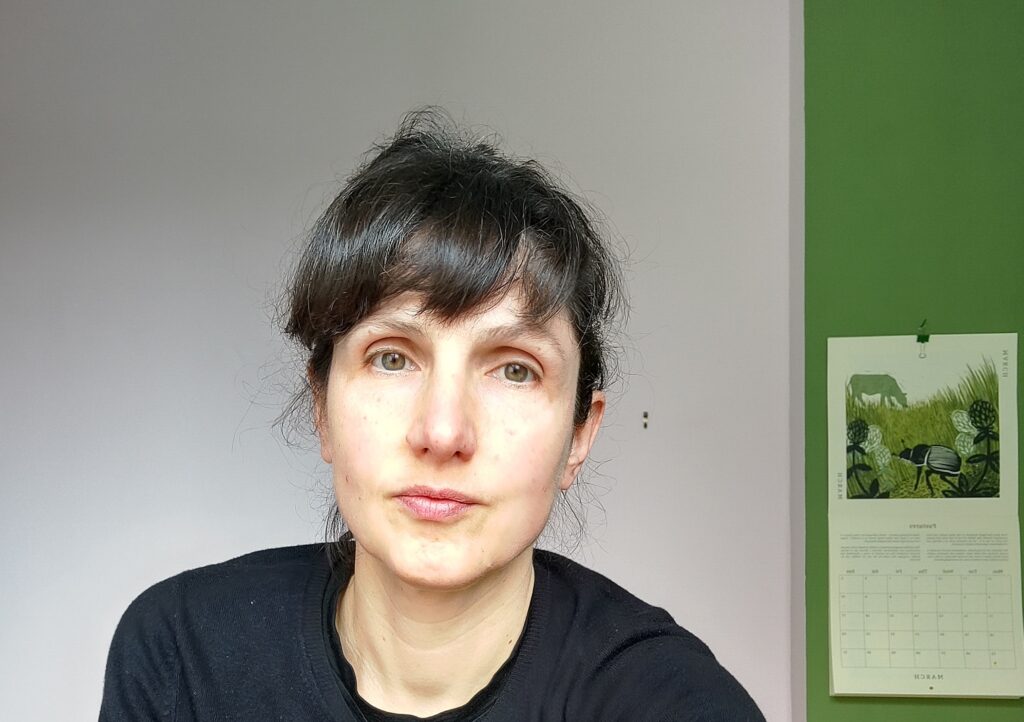
Laura Vita
Laura is the Project Developer and Knowledge Translator for the Ocean Incubator Network.
Laura Wallwork
Laura is the biodynamic farmer at Coleg Plas Dwbl, a Ruskin Mill Trust provision in Pembrokeshire for young people of 100 acres of diverse pasture. She also studies The Mineral Kingdom as part of the Ruskin Mill Centre for Research. With a Masters in Science Communication and an understanding of the Goethean approach, Laura is as humanity (in all senses of the word) via soil, soul and spirit.
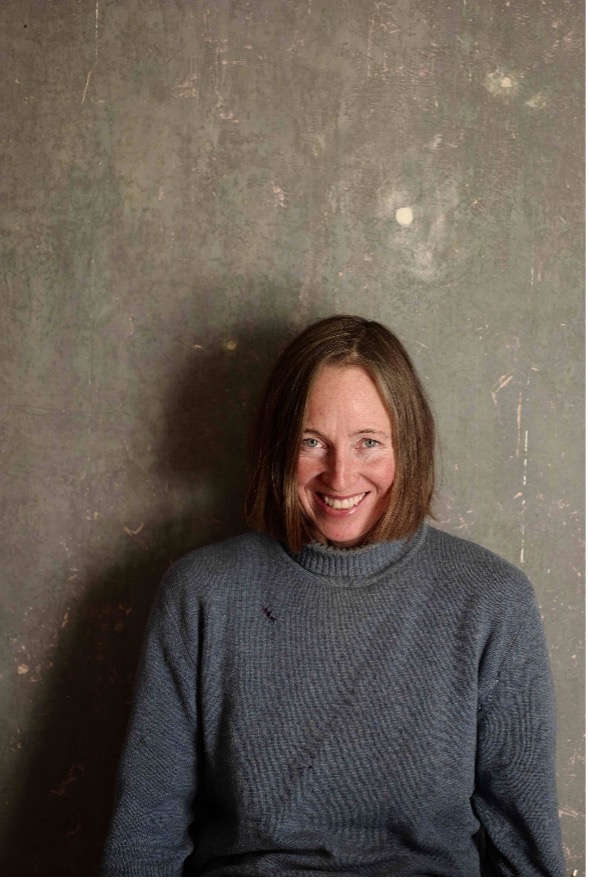
Lawrence Woodward
Lawrence is co-founder and former director of the Organic Research Centre and served as director for 30 years. He has played a pivotal role in the strategic and practical development in the organic movement and sector in the UK and internationally. He continues to advise a wide-range of organisations including Beyond GM and Whole Health Agriculture. He was awarded an OBE in 2001 for services to organic farming.
Leonie Nimmo
Leonie is the Executive Director of GM Freeze – the UK membership organisation campaigning against genetically modified plants, animals and other organisms. She is also a passionate advocate for Food and Seed Sovereignty.
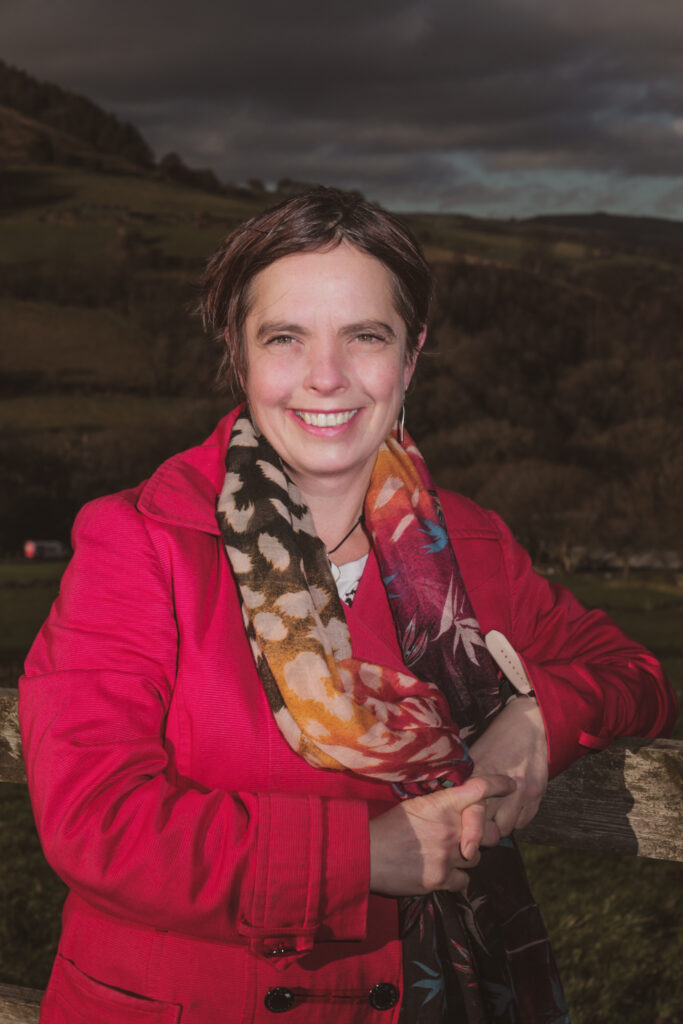
Liba Ravindran
Liba is a spoken word poet, community organiser and social justice activist of Sri Lankan Tamil heritage, born in Norway and presently living in Southgate, North London. He founded the Anti-Oppression Circle in 2020 which is an intersectional justice network led by people of global majority heritage in the UK.

Lídia Cabral
Lídia is a research Fellow at the Institute of Development Studies and founding member of the Food Equity Centre. Her work focuses on equity, justice and sustainability in agrifood systems with an emphasis on the politics of knowledge. Most of her research and collaborations are currently located in Brazil and the UK.
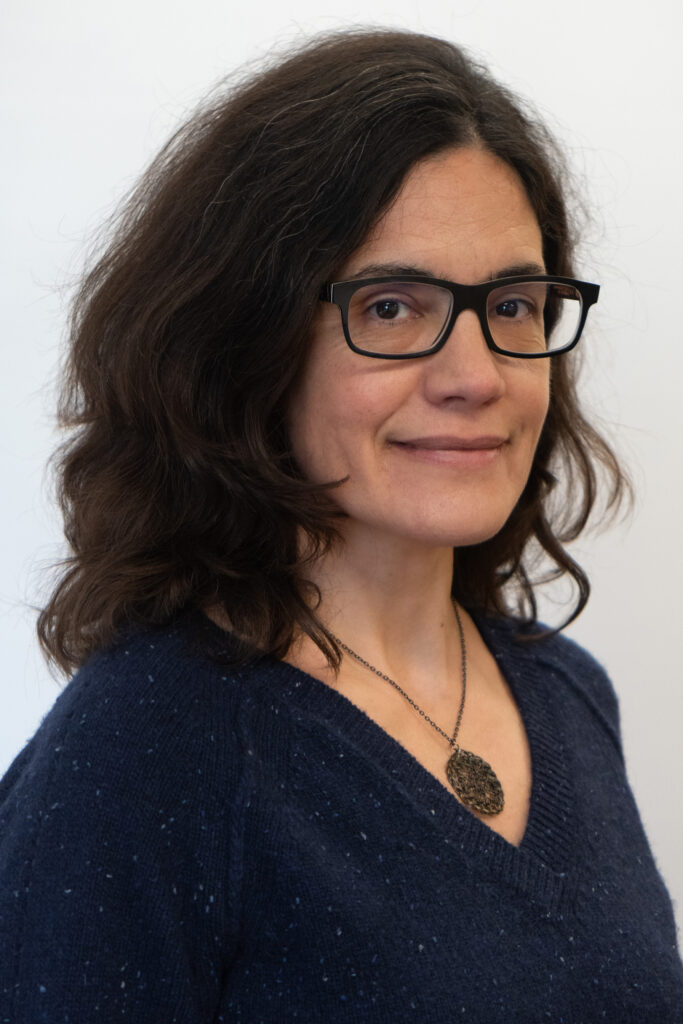
Liis Nukis
Liis works with the Twinning Project put on by the Real Farming Trust to tackle the divide between urban and rural communities through food and social justice. She is also a first-generation farmer and the Land and Projects Officer for the Biodynamic Land Trust.
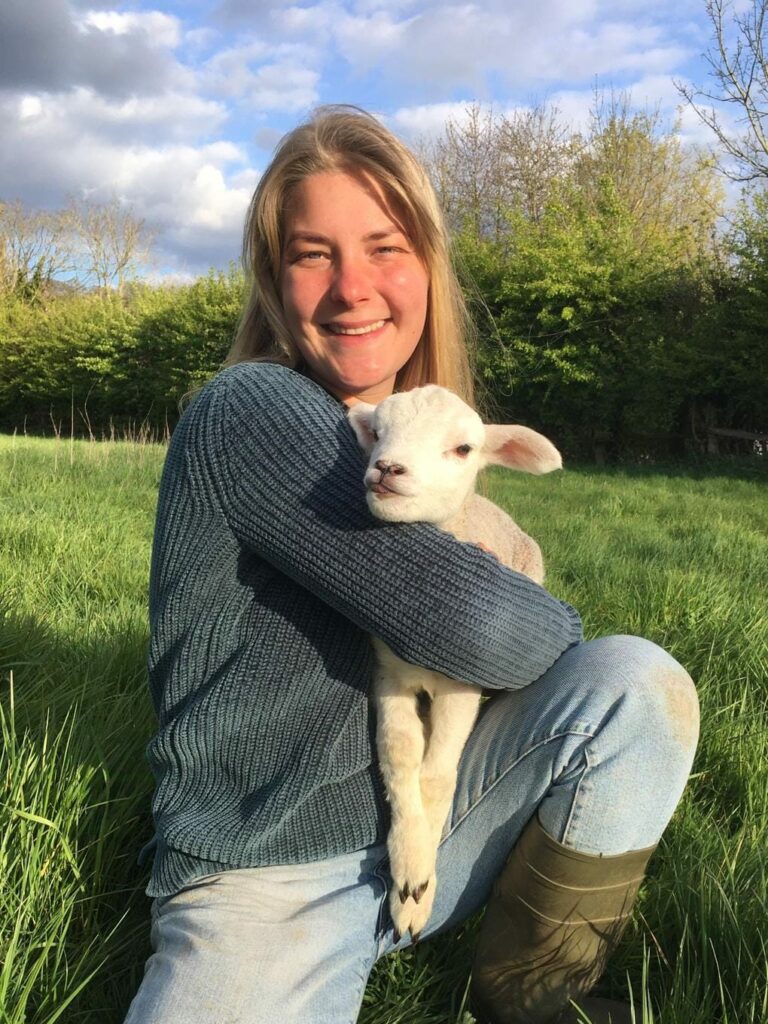
Lili Balogh
Lili is president of Agroecology Europe and the Hungarian Agroecology Network Association since 2022. She is a bioengineer and agronomical engineer, promoting agroecology and regenerative food systems and strengthening the Hungarian agroecology movement. On her own farm in Hungary she applies holistic management, regenerative agriculture, permaculture, and agroecological principles.
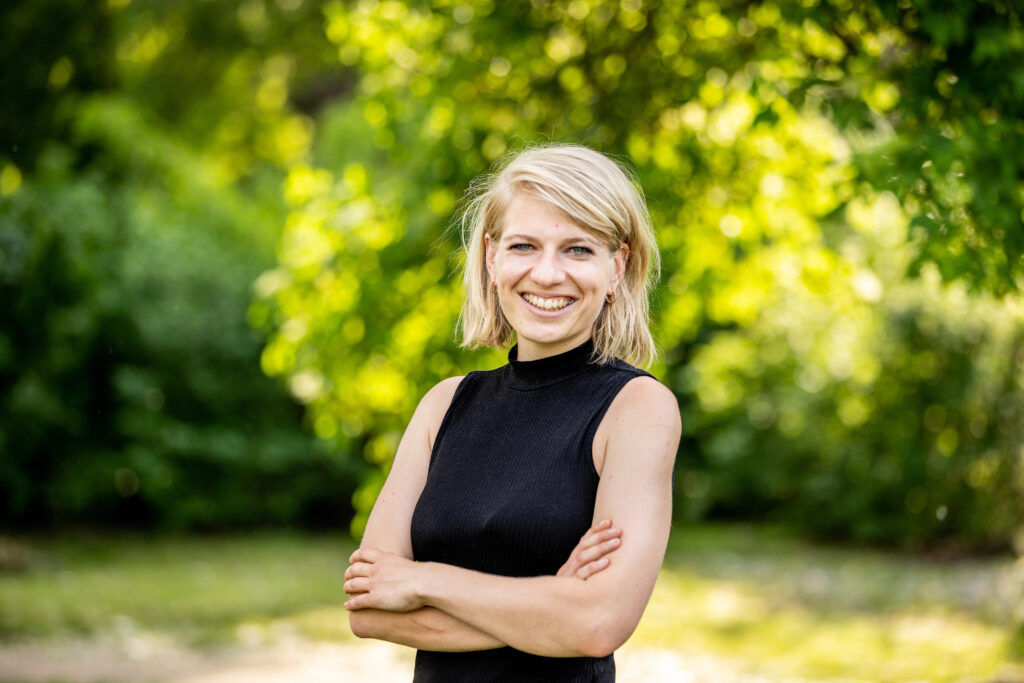
Lina Isma’il
Lina is a Palestinian food sovereignty activist and co-founder of the Palestinian Agroecological Forum. Lina supervised studies on Food Sovereignty in Palestine, and the documentary ‘Untold Revolution: Food Sovereignty in Palestine’. She is also a co-author of the guidebook ‘Conscious Choices: A Guidebook to Ethical Shopping in Palestine’.
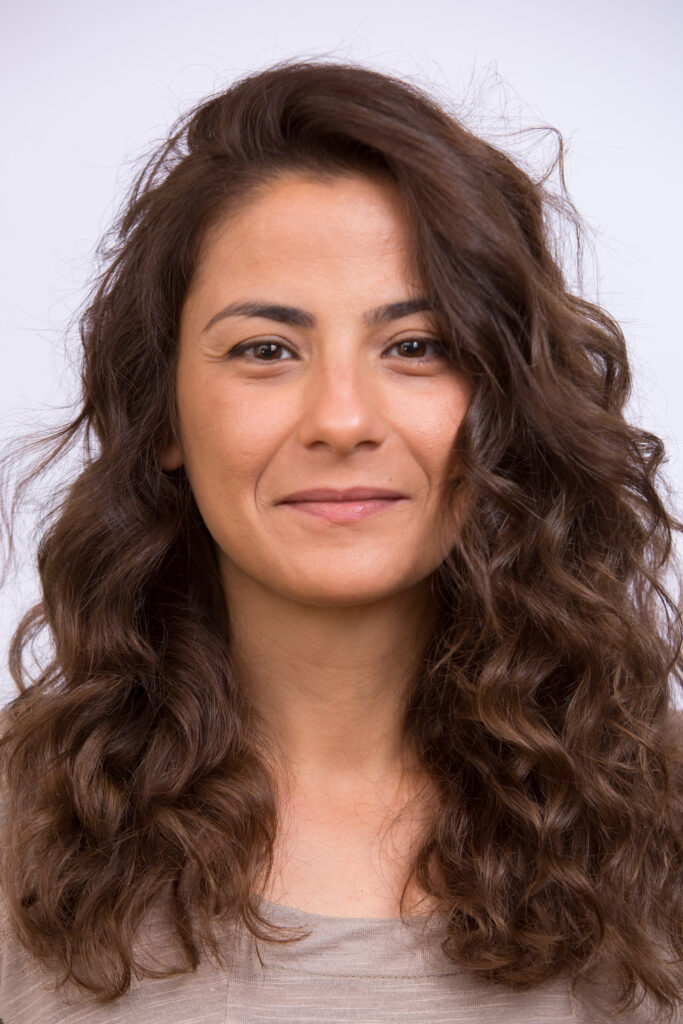
Lindsay Duncan
Lindsay is World Animal Protection UK’s farming campaigns manager working toward a food system that is kind for people, the planet, and animals. Lindsay recently worked on World Animal Protection’s Confined in Cruelty research, which called for the UK government to stop the expansion of factory farming and instead, redirect funding to systems that support regenerative farming and that can offer plant-based alternatives alongside higher-welfare animal products.

Lindsay Whistance
Lindsay is a Senior Livestock Researcher at the Organic Research Centre focusing on how farming systems can offer farmed animals a ‘life worth living’. This includes enriched landscapes which offer valid choices to fulfil animals’ wants and needs, offering some autonomy from the human and respecting their fundamental role in ecological systems.
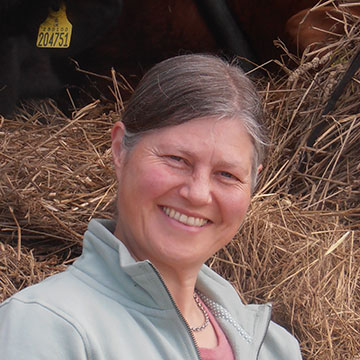
Lisa Morgans
Dr Lisa Morgans is a senior lecturer in Animal Health and Welfare at the Royal Agricultural University (RAU). She is also a core part of the Cultured Meat & Farmers team, and is leading on the farmer focus groups and partner farm process. Lisa is a qualified veterinarian who specialised in farm animal work. Her PhD explored a participatory, farmer-led approach to help dairy farmers reduce their reliance on antimicrobials. Before joining RAU, Lisa worked for Innovation for Agriculture (IfA).
Loa Niumeitolu
Loa is a poet, community organiser, educator and farmer. She currently is a student of filmmaking. Loa lives in Berkeley, Huchuin, Eastbay, San Francisco Bay Area, California, and she follows the Indigenous leadership of the Lisjan Nation. She is a fierce To’a for Pasifika self-determination.

Louise Hackett
Louise is development lead for the Woodland Trust’s ‘Sherwood Treescape’ in Nottinghamshire. An advocate for landscape scale conservation, Louise has over 15 years’ experience working in conservation; specialising in ancient woodland restoration, ancient tree management, and wood pasture systems.
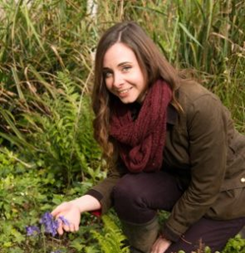
Lucia Monje-Jelfs
Lucia is a Senior Policy Officer at the Soil Association, focusing on farming and land use issues, including horticulture. She is co-author of the recent report ‘Home-grown: A roadmap to resilient fruit and vegetable production in England’, produced in collaboration with Sustain and the Wildlife Trusts. She is also on the Management Committee for GM Freeze, and is passionate about how agroecological farming systems can support a fairer, healthier and more sustainable future.

Lucy Beattie
Lucy is a sheep farmer who began teaching and researching in the field of agricultural education. She has a practical background having managed an upland livestock farm in the North-West of Scotland for over 25 years. Her academic focus has looked at the connection between farmers and musicians as science communicators.
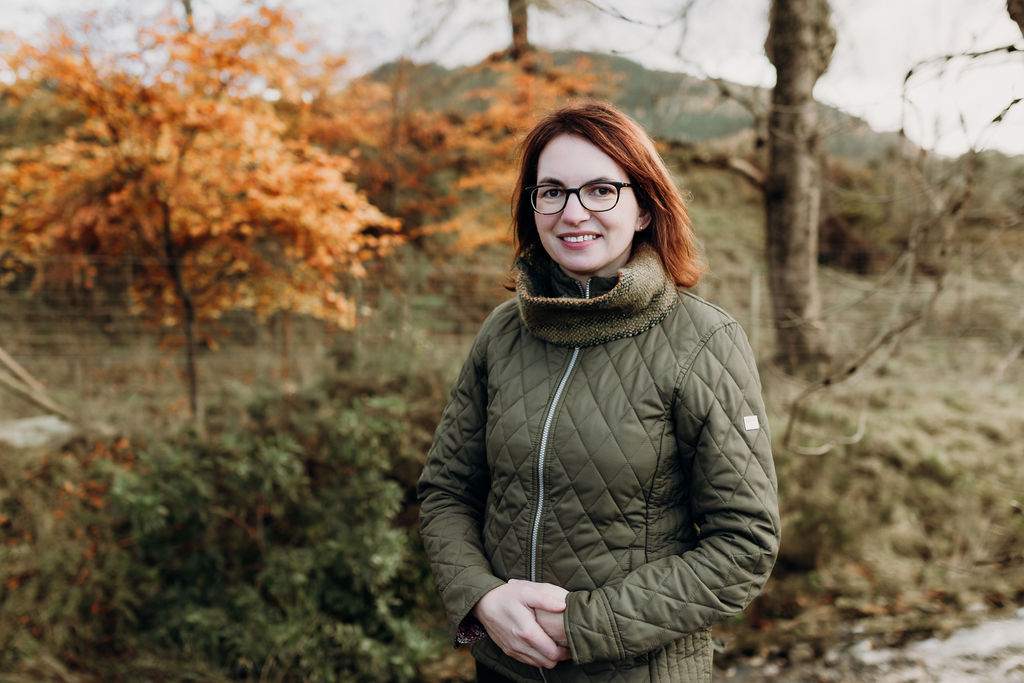
Luis Alberto Camargo
Luis, Founder and Director of OpEPA (Organización para la Educación y Protección Ambiental), promotes nature-based education and regenerative practices. Luis is an active member of the Conscious Food Systems Alliance (CoFSA), holds the Latin America Vice-chair for The International Union for Conservation of Nature’s CEC, co-leads Colombia Regenerativa, and co-founded Catalyst 2030 and The Weaving Lab. He reconnects youth to nature for sustainable, peaceful communities.
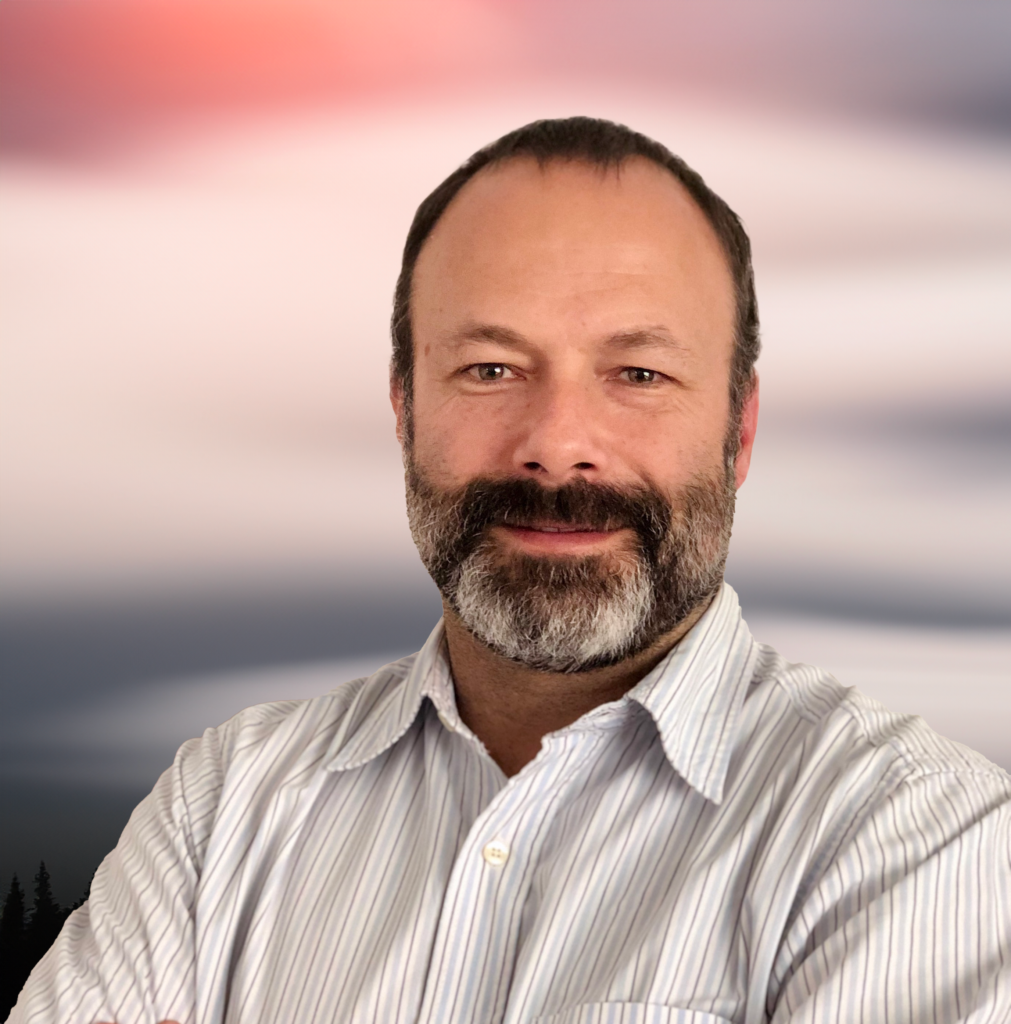
Luke Daniels
Luke is a renowned folk musician born and raised in South Oxfordshire. His previous accolades include BBC Musician of the Year (BBC Radio 2 Young Tradition Award); PRS for Music Foundation (New Music Bienniel Award) and the Palme d’Or Award for Music. He is working on new music to support Climate Communication practices in agriculture.

Maddy Harland
Maddy is the co-founder of Permaculture Magazine and Permanent Publications, publishers of practical and leading edge solutions to global problems. She lives in a woodland that is a designated nature reserve with many rare species. She is the author of ‘Fertile Edges – regenerating land, culture & hope and The Biotime Log’.

Mamerto Lagitan Tindongan
Mamerto is an eighth generation Mumbaki and native priest of the Baki spirituality who works in the Philippines to teach and guide students in the indigenous lifestyle and simple living of the Ifugao people, while working to regenerate abandoned rice fields using organic practices and documenting the traditional healing rituals of his region.
Manchán Magan
Manchán writes occasionally for The Irish Times and presents the Almanac of Ireland podcast for Raidió Teilifís Éireann (RTÉ). He has made dozens of documentaries on issues of world culture for TG4, RTÉ, and Travel Channel. His best-selling books include ‘Thirty-Two Words For Field’ and ‘Listen to the Land Speak’.
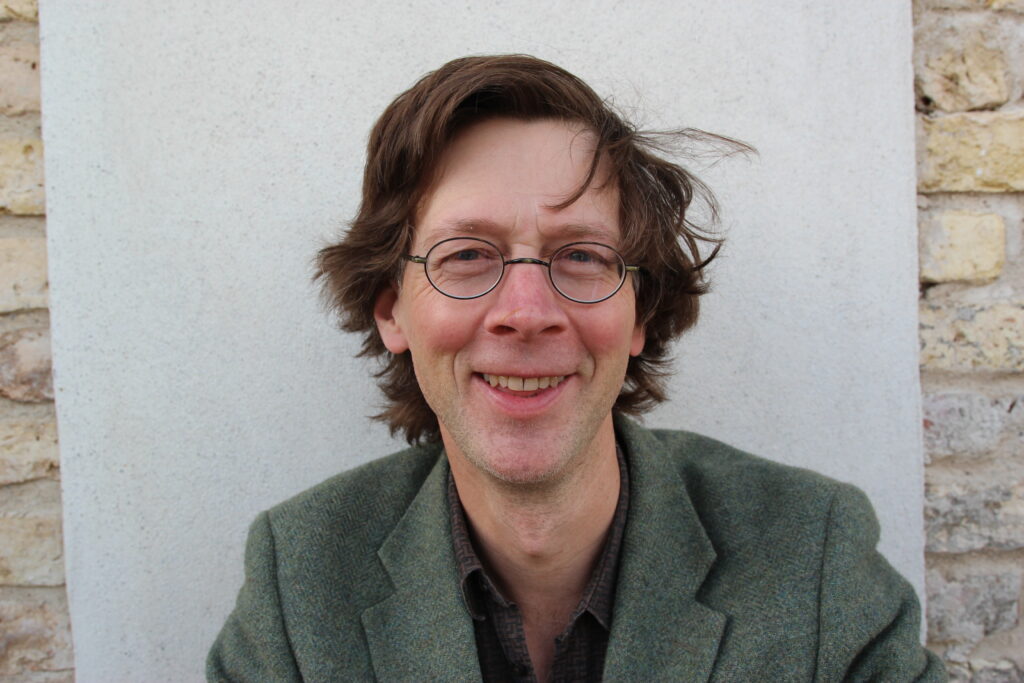
Manda Scott
Manda, former vet and award-winning novelist, is best known for the Boudica: Dreaming series and the Accidental Gods podcast. A shamanic trainer and regenerative economics student, she co-created the Thrutopian Writing Masterclass and explores future pathways in her new mytho-political thriller, ‘Any Human Power’.
Margarita Barcena Lujambio
Margarita is a Mexican politologist focused on understanding food as a vector for liberation. As a bridge builder with program experience in grassroots and international organisations, she is part of ‘A Growing Culture’- an organisation working towards a future of food sovereignty through storytelling and strategic communications.
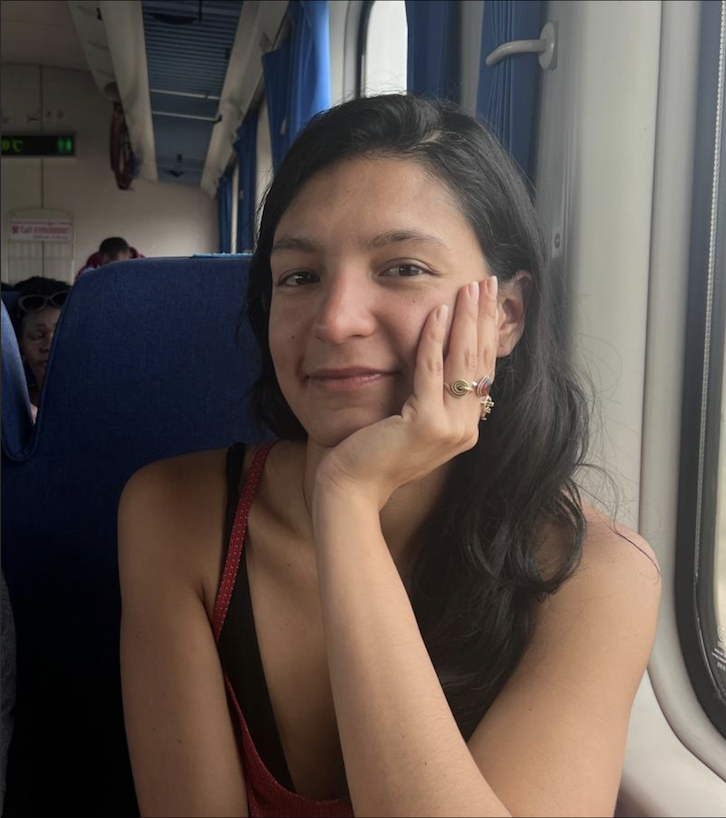
Margarita O. Zethelius
Margarita is an activist for life, seeking to bring together care for Mother Earth and human wellbeing. She is a biologist with an MSc in Conservation and Rural Development. She is founder of Falun Natural Reserve in the Andean region, the UBUNTU Center for Experimentation and Training in Regeneration in the Rosario Islands, and the organization Alianzas para la Abundancia, in Colombia. Currently, she is one of the representatives of CASA Latina in the Global Ecovillage Network GEN.
Margherita Paola Poto
Margherita is a Research Professor and an ally of the Earth.

Marianne Landzettel
Marianne is an agriculture journalist writing about food, farming and agricultural policies in the UK, the EU and the US. Until 2013 she worked for the BBC World Service. She is the author of ‘Regenerative Agriculture: Farming with Benefits’, and has just published a book on sustainable meat production.
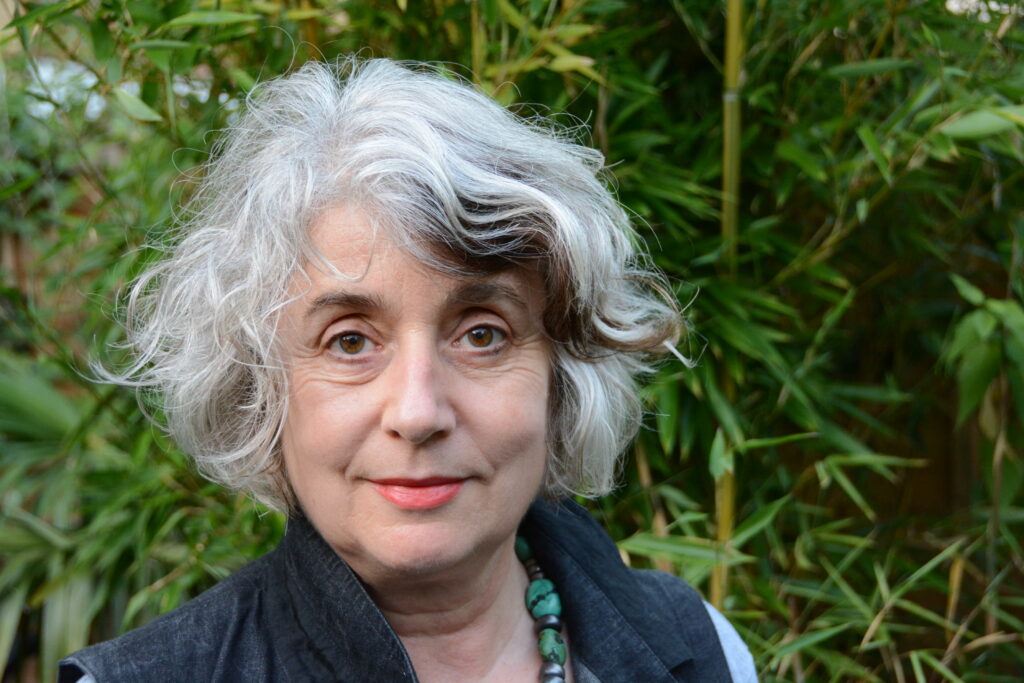
Mark Borthwick
Mark is a researcher and storyteller who is particularly interested in creative methods for communicating policy narratives. Mark is an Open-Oxford-Cambridge Doctoral Fellow, UK Policy Manager at World Animal Protection focusing on a just transition for agriculturalists and animals, and is also performing TÁIN, the Irish Land Epic, with the Young Edinburgh Storytellers.
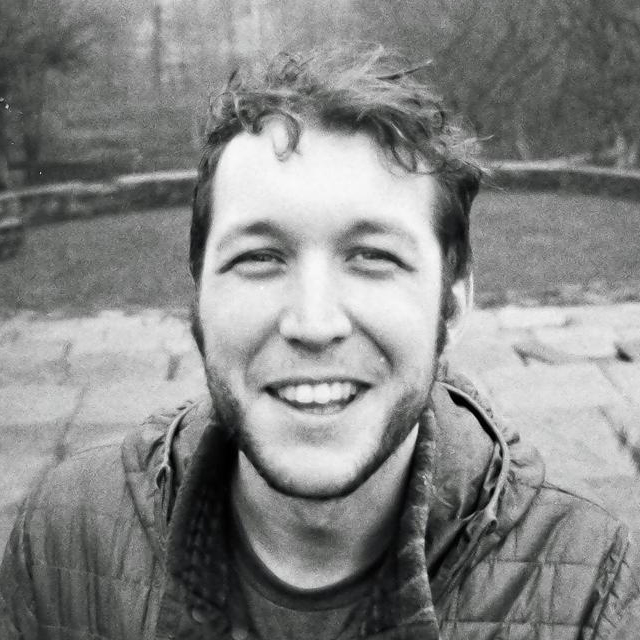
Mark Lea
Mark and Liz Lea’s farm in Shropshire is now in its 25th year since organic conversion and follows a system inspired by the belief that sustainability requires diversity. The rotation is mixed with clover leys grazed by sheep, and cropping which includes milling oats, peas grown for Hodmedods and 20 different milling grains for direct sale to millers and bakers around the UK. Companion cropping, cover crops, agroforestry and a small on-farm stonemill all contribute to the resilience of the farm.

Mark Measures
Mark is an organic specialist, providing advice in farm business, soil, crop and animal husbandry. He is a partner in a farm in Shropshire, the director of an education trust in Argentina, a Winston Churchill Fellow, and is studying soil management. He was formerly head of the Organic Advisory Service and the Institute of Organic Training and Advice.

Mark Walton
Mark is the Director of Shared Assets, a community interest company that works with communities, landowners, researchers and activists to create a more just land system. He works to create a socially just future by supporting practical projects that build new relationships between people and the land.
Marthe Kiley-Worthington
Marthe is a farmer who has developed 5 ecological farms (self-sustaining, diversified, high net yielding, and where the whole farm is also a nature reserve). She is also an ethologist and ecologist focused on animal welfare. Marthe has spent the last 20 years studying the epistemology of cattle, horses, elephants and rhinos. She has published 8 books and over 100 papers. She runs a small ecological farm on Exmoor, where anyone interested is welcome to visit.

Martin Lines
Martin is a farmer and contractor in South Cambridgeshire, growing mainly arable crops on his family farm and rented land. He has a special interest in farm conservation management, currently running a Sustainable Farming Incentive agreement and has Countryside Stewardship schemes on land he rents and manages.
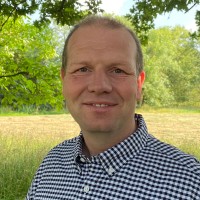
Martyn Bragg
Martyn runs Shillingford Organics, a 150-acre family farm near Exeter, certified organic since 1998. They produce vegetables, salads, herbs, fruits, and eggs, and practice agroforestry. With 10 full-time employees and a managerless system (critical to profitability and sustainability), they serve 700 customers weekly via veg boxes, farmers markets, and local retailers. 25 years of involvement in Countryside Stewardship schemes (and now SFI) financially support healthy biodiversity creation.
Mary Dimambro
Mary has over 20 years of experience managing and successfully delivering scientific projects involving the evaluation, quality control and monitoring of organic materials (including digestates, composts, frass, and slurry) in horticulture and agriculture. Recent projects include peat-free growing media creation and digestate valorisation methods. Mary provides agri-environment and emission reduction support to farmers.

Mathias Van Steenbergen
Mathias is one of the three founders of RICO lab, an organic and packaging-free neighbourhood store in Antwerp. The store plays an important role in the city when it comes to changing food systems. Before RICO lab, Mathias founded one of the nicest bars in town and he is an entrepreneur with his heart in the right place. So, two reasons to come to Antwerp soon!

Matt Lobley
Matt is a Professor of Rural Resource Management and Director of the Centre for Rural Policy Research. He is a rural social scientist and has been conducting research for over 35 years focusing on agri-environmental management, agricultural change and restructuring, and family farm businesses, including succession, retirement and mental health.
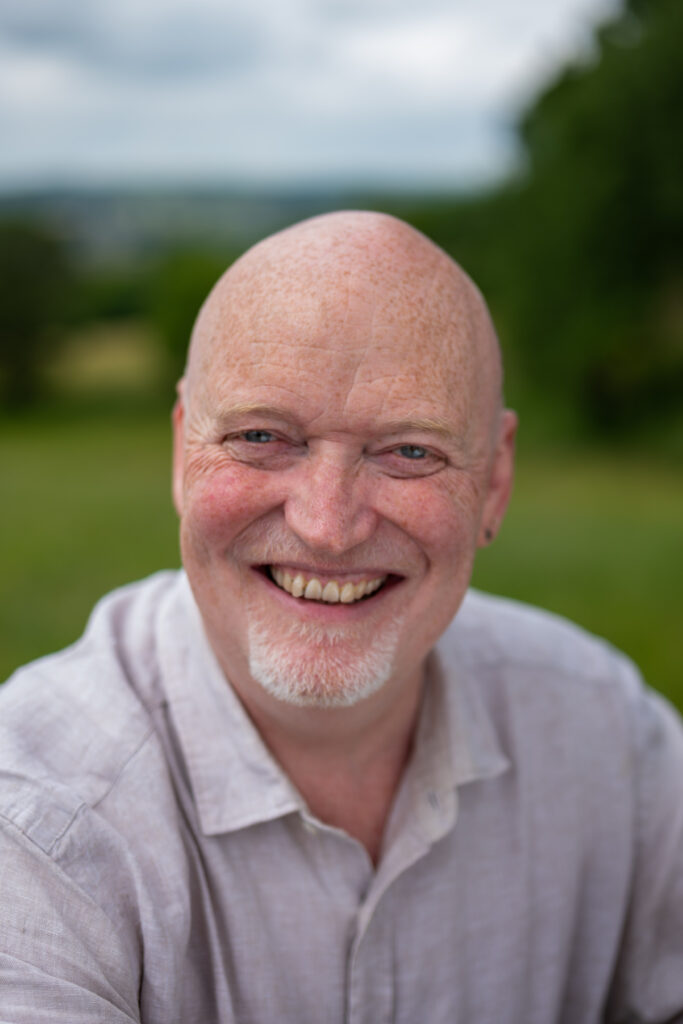
Matt Smee
Matt works for the Organic Research Centre, focusing his time on the Agricology website and sharing knowledge within the farming community about agroecological practices. Prior to his role at the ORC, Matt spent thirteen years building and running organic market gardens in the northwest of England.
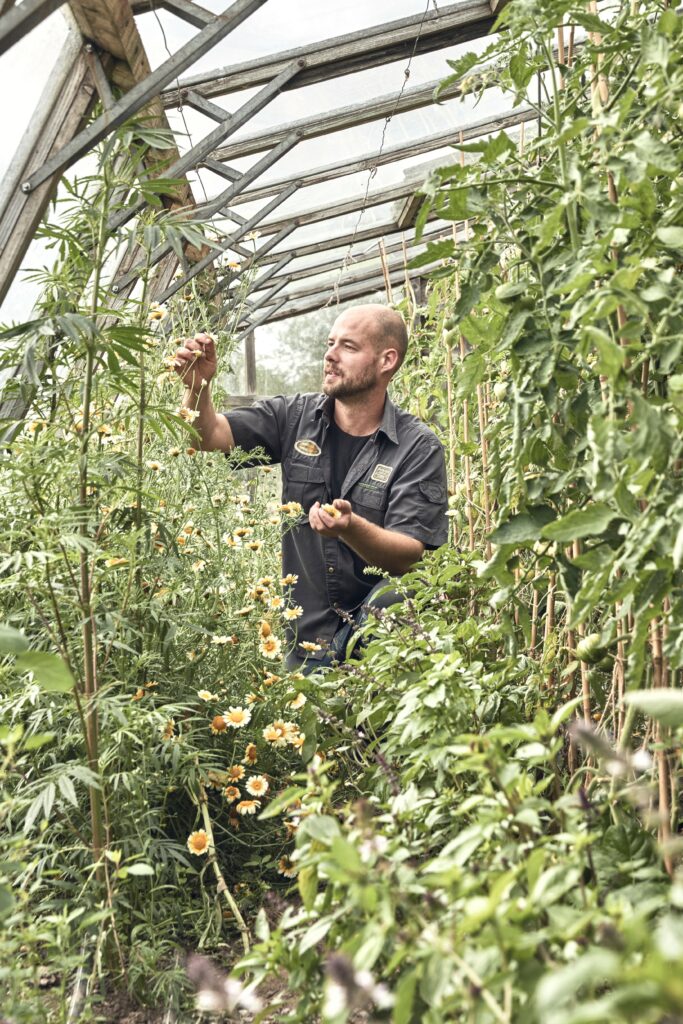
Matt Swarbrick
An ecologist by background Matt is on a mission to prove that by working with nature you can produce good food, financial profit, soil, biodiversity, community and enjoy it all at the same time. Henbant is productive in many dimensions and runs leading training on Agriwilding, Holistic Decision Making and Agroecology.
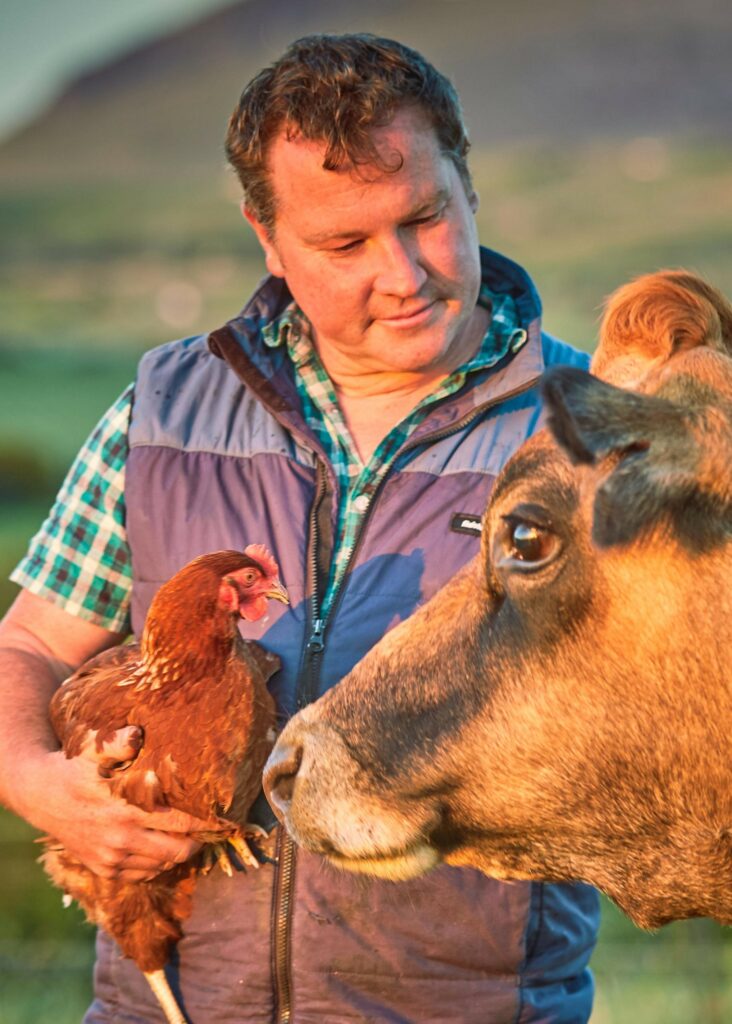
Matthew Adams
Matthew is a Deep Ecologist and co-founder of Growing Real Food for Nutrition (GRFFN) Community Interest Company (CIC), which is exploring how to grow, measure and promote the benefits of nutrient-rich food that creates ecosystem health. GRFFN conducts citizen science research and has collaborated on projects in India, the USA and across the UK.
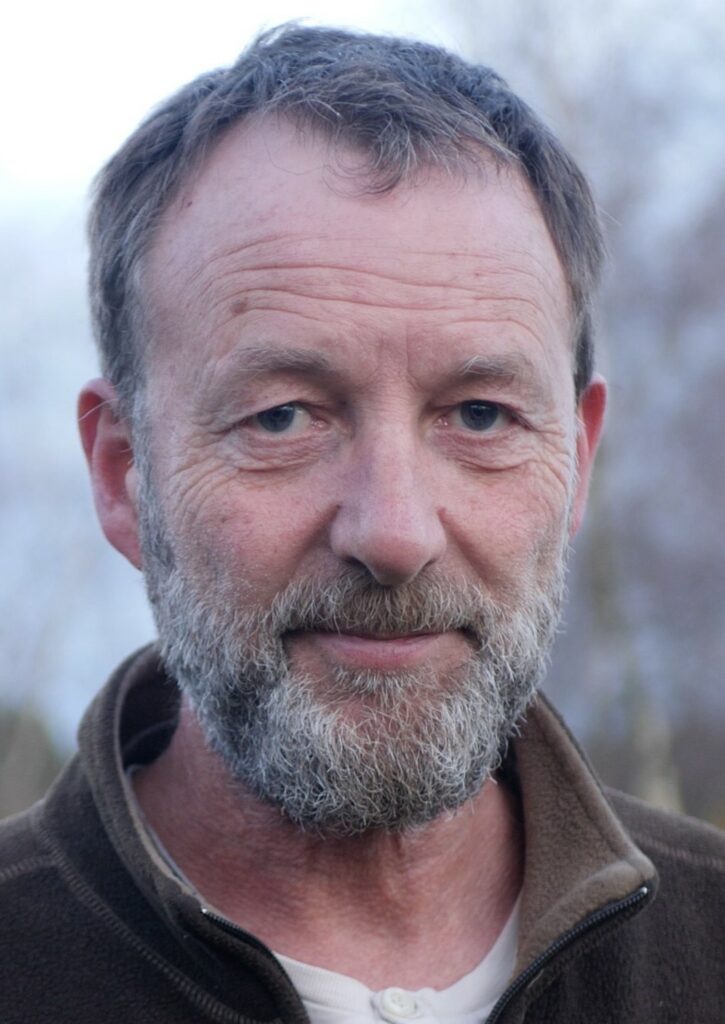
Matthew Kessler
Matthew has spent 15 years in and around food — from farms to kitchens, labs, and classrooms. As a coordinator at TABLE, he hosts the Feed podcast where he’s interviewed over 100 experts, exploring what a ‘good’, just and resilient future for food and farming could look like.
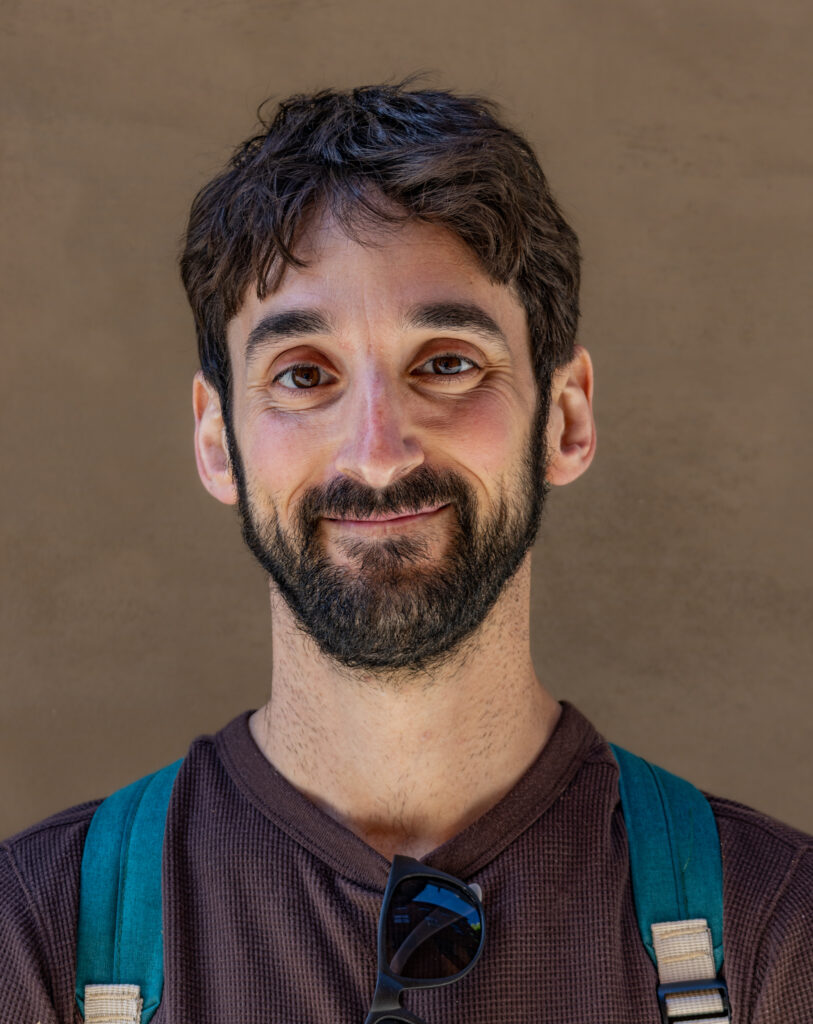
Matthieu de Cointet
Matthieu is a co-director at the Terre de Liens Foundation, where he manages farm acquisitions and agroecology programs. Previously with FNAB, the professional association for organic farmers, he is committed to promoting peasant and organic agriculture
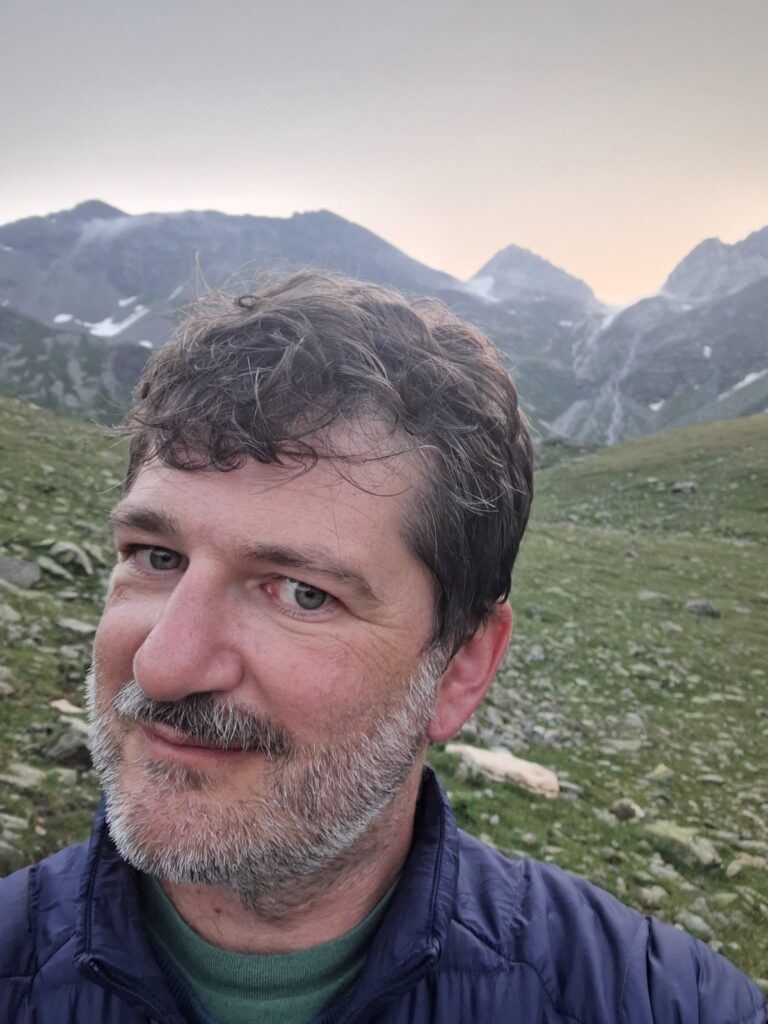
Mazarine Girardin
Following her work with NGOs to develop sustainable agriculture in the Paris Region, Mazarine is now engaged in a PhD with the City of Paris. Her research focuses on public farmland and public actions to mobilise it in alignment with food policy, as well as to support new entrant farmers and facilitate land access.
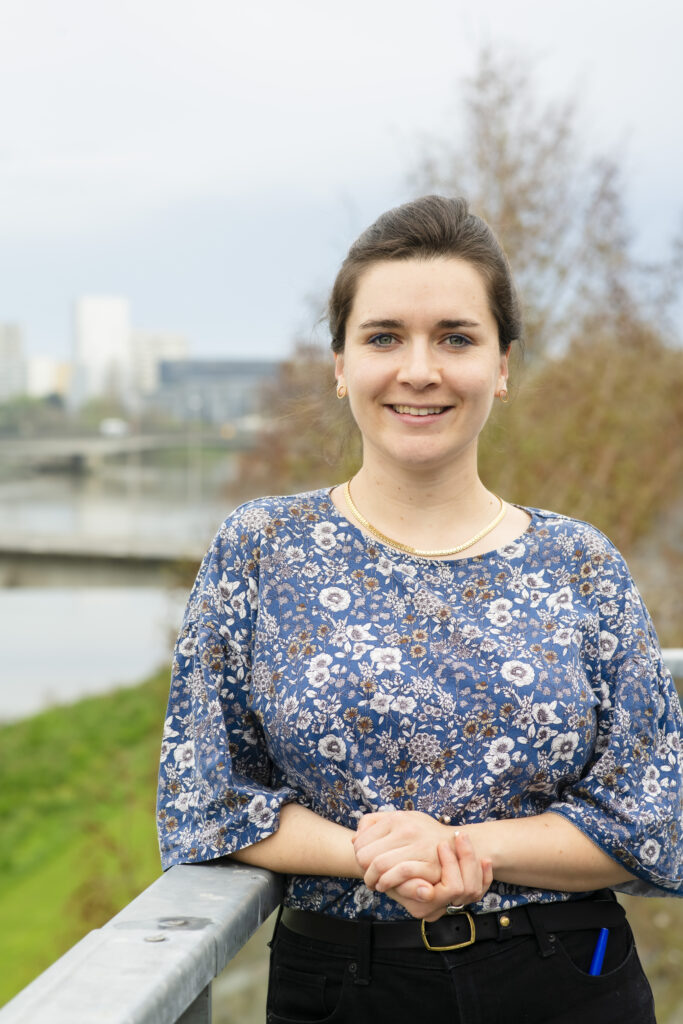
Megan Perry
Megan leads the Sustainable Food Trust’s work on local meat supply chain infrastructure, coordinating the Abattoir Sector Group and sitting on Defra’s Small Abattoir Working Group and the Task and Finish Group. She is also passionate about sustainable fibre, supporting work to bring value back into wool.

Meshark Sikuku
Meshark from Nairobi is a Farm Systems and Sustainability Coordinator for the NGO Ripple Effect, working with smallholders in eastern Africa to develop sustainable agriculture. A whole-farm systems approach integrates traditional skills and innovative technologies with available resources. Ripple Effect is a leading regional advocate for agroecology and One Health.
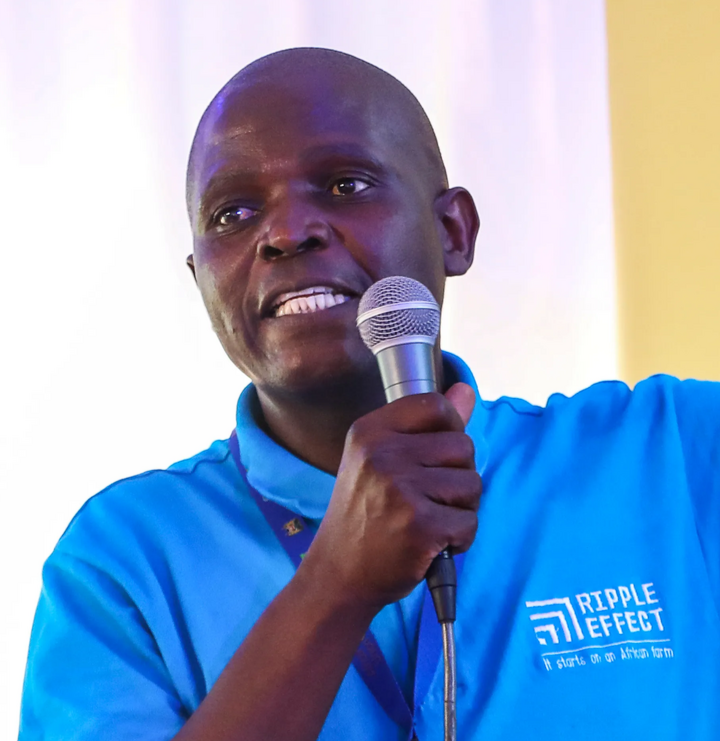
Mhairi Brown
Mhairi is a registered nutritionist and passionate about creating healthy food systems that support the health of people and the planet. She leads food and health work at the Food, Farming and Countryside Commission (FFCC). Prior to joining FFCC, she led policy and international workstreams at Consensus Action on Salt, Sugar and Health, and collaborated with stakeholders in Malaysia, Morocco, China and Peru to translate this work globally. Mhairi is also undertaking a PhD in food policy.

Michel Pimbert
Michel is Emeritus Professor of Agroecology and Food Politics at Coventry University. His interests include agroecology and food sovereignty; political ecology; participatory action research; decolonizing knowledge; and deliberative democratic processes. Much of his writing focuses on transformations for the well-being of human and non-human nature.
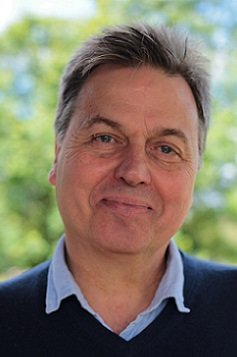
Mick McEvoy
Mick is an Irish native who lives, works, and studies in the community of Plum Village, France. Mick brings over twenty years of experience working with people, plants, and mindfulness practice to his management of the Happy Farm and the rewilding project in Plum Village. The farm and rewilding lands welcome hundreds of retreatants annually and combine mindfulness-based approaches with seasonal organic food production and land stewardship rooted in sacred and deep ecology.
Mike Mallett
Mike has been the manager of Maple Farm Kelsale, a 137-hectarae mixed organic farm situated on the Suffolk Coast, for the past 12 years. Home to the Maple Farm Organic eggs, the arable cropping provides wheat for flour and feed, and pulses for the farms home produced soya free hen feed.
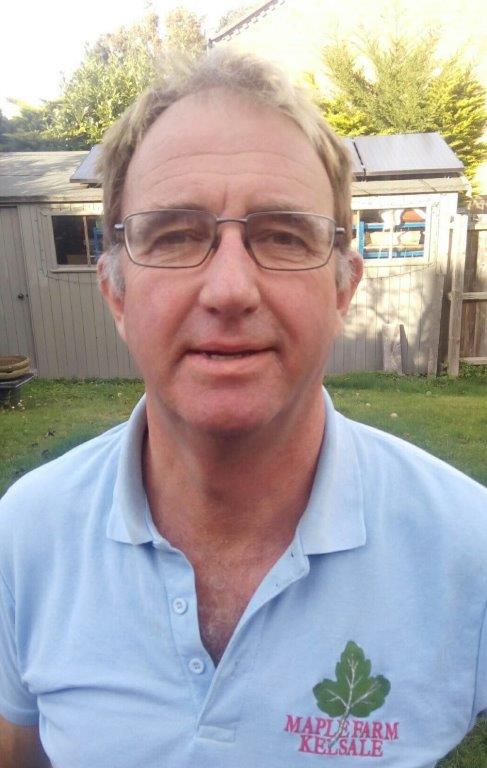
Miranda Geelhoed
Miranda works for the Scottish Land Commission on land governance, including access to land for small-scale land ownership and use. This work looks at crofting as a model with significant potential for land reform. Miranda holds a PhD in law and has worked as a consultant on land, agriculture and food.
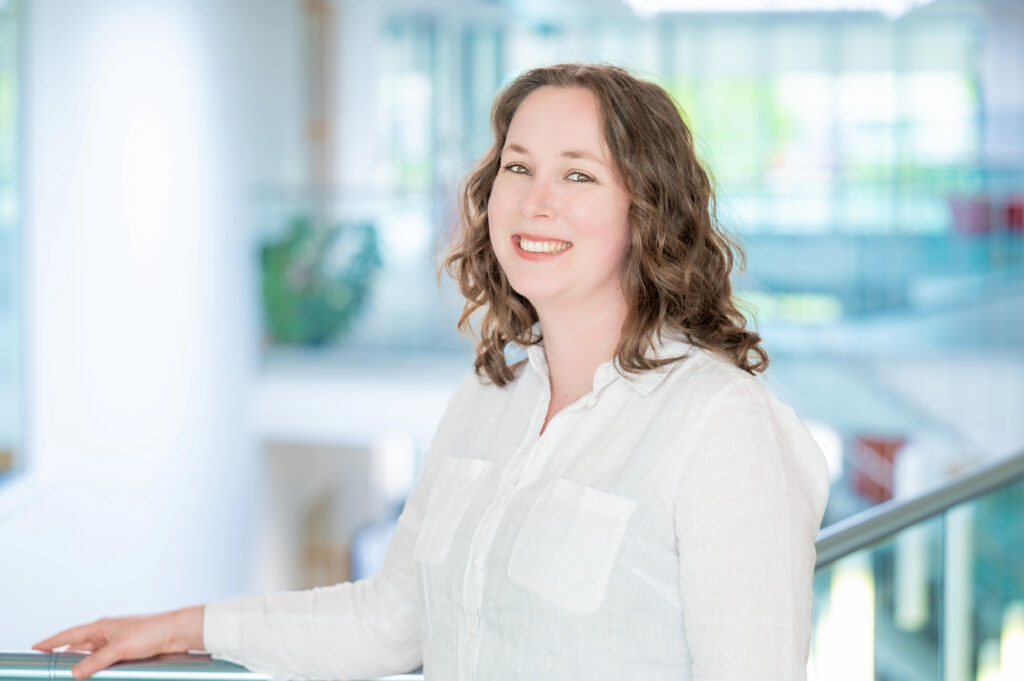
Molly Biddell
Molly is Head of Natural Capital at Knepp Estate. She focuses on leveraging nature markets for Knepp, Weald to Waves and the River Adur Landscape Recovery project. She also works part-time at Hampton Estate, a family-run regenerative farming business, facilitates the Upper Adur Farming Cluster group and is a columnist for Farmers Weekly.

Muna Dajani
Muna is an action researcher with a background in critical political ecology. Her work aims to understand environmental and water governance through decolonial and critical lenses. Her research focuses on examining community struggles for rights to water and land in settler colonial contexts in Palestine and the occupied Syrian Golan Heights, with special attention to farming practices, infrastructural politics and identity formation.
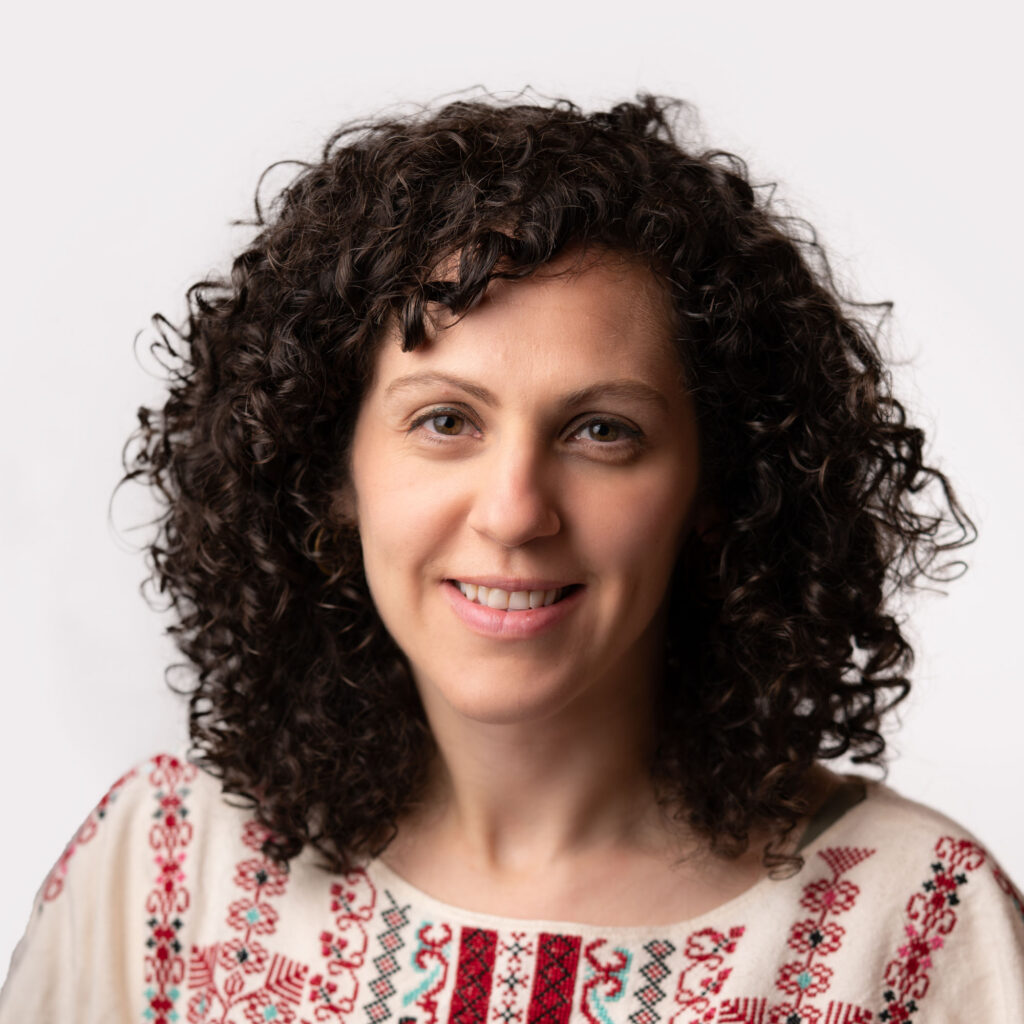
Natacha Rossi
Natacha is a postdoctoral research fellow at the University of Sussex, specialising in bee cognition. Her current work focuses on understanding how bees choose flowers during pollen foraging, contributing valuable insights into pollinator ecology. Her previous postdoc was in Prof. Lars Chittka’s lab, known for his interest in insect consciousness.

Natalie Lartey
Natalie is a change maker who provides learning and leadership to those in environmental and humanitarian spaces who want to generate knowledge and communicate from a racial justice perspective. Known for creating tools and bespoke programs of work, Natalie is a Research Masters candidate at Goldsmiths University, researching anti-racist and post-colonial development communications.

Nessie Reid
Nessie is a curator, an artist and a farmer. She is Director of the Global Diversity Foundation with a focus on agroecology, food and health sovereignty and Spiritual Ecology. She is a Trustee at Cegin y Bobl (The People’s Kitchen) and creator of the Patchwork of Belonging.
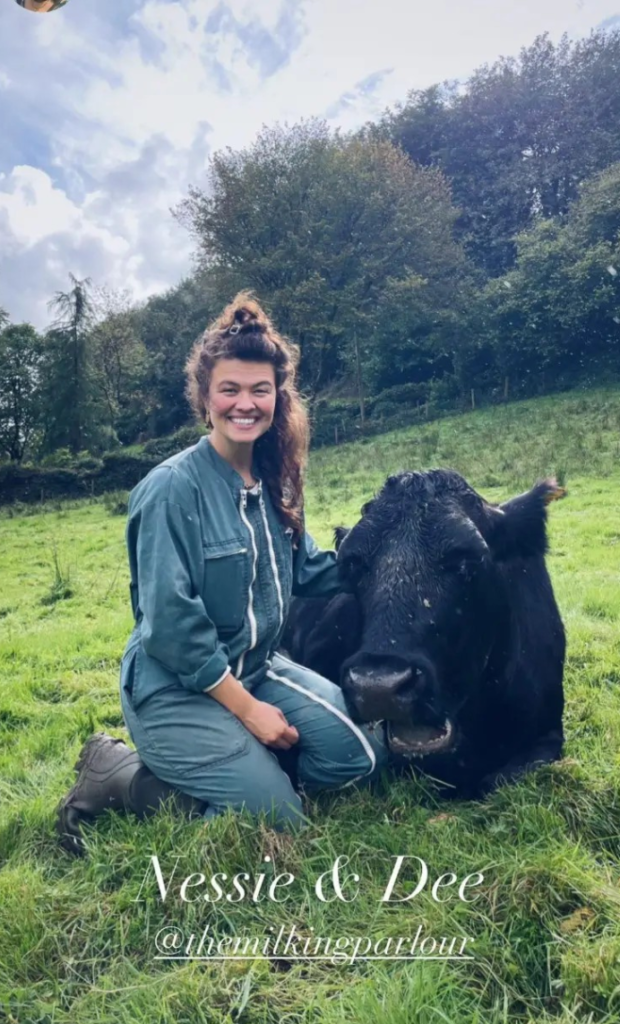
Nic Renison
Nic farms near Penrith, Cumbria with her husband, Reno and two daughters. The financial squeezes of conventional hill farming pushed them towards a more ‘regenerative’ approach, starting off with the grazing, moving to a rotational system, learning how grass likes to grow, and realising that farming with nature rather than trying to dominate it is better for both their business, livestock and happiness. Along with Liz Genever, she runs Carbon Calling, a regenerative farming conference in Cumbria.
Nicola Scott
Nicola Scott has years of community food growing and ecological urban farming experience in Manchester. She also managed the DEFRA-funded New Entrants Support Scheme Southeast for Shared Assets and currently leads on Stir to Action’s work to increase access to farmland security for racially minoritised groups.
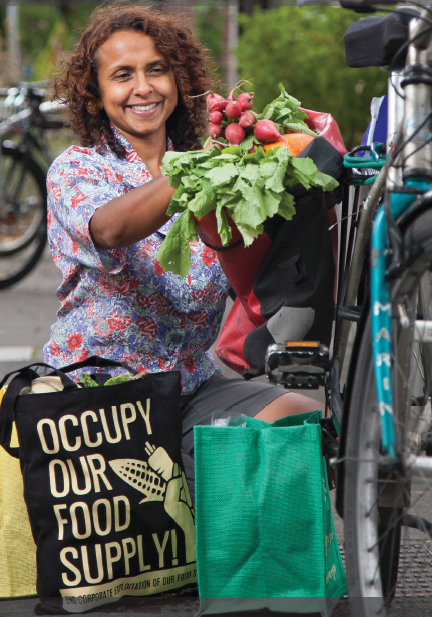
Nick Kary
Nick has been a furniture maker for the last 40 years in London, Devon and Mexico. For the last 20 years, he has also been teaching woodwork and helping diverse people reconnect to their hands. He has been an associate Lecturer at Plymouth University and the Schumacher College.
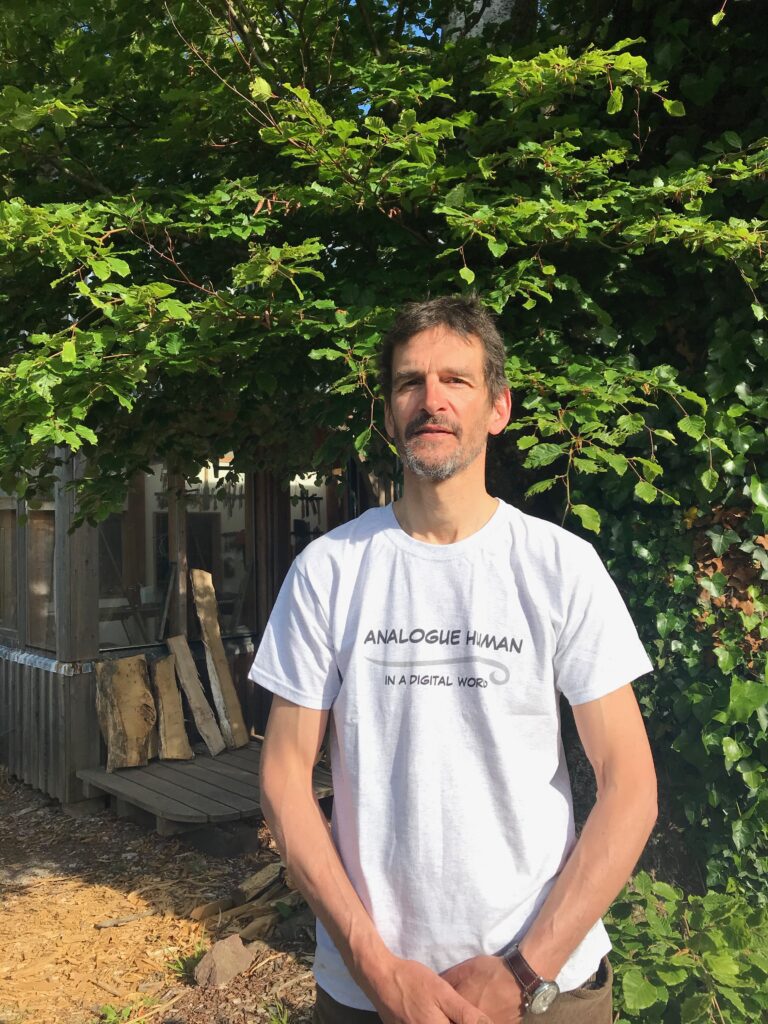
Nick Mole
Nick joined Pesticide Action Network UK (PAN UK) in March 2007 as the UK and European Programme Coordinator. At university, Nick studied environmental science focussing on hydrology, water quality and environmental hazards. Prior to joining PAN UK, Nick spent six years working for the Environmental Investigation Agency as a campaigner, working on a diverse range of issues relating to investigating and exposing the illegal trade in endangered species.

Nina Isabella Moeller
Nina is currently an Associate Professor at the University of Southern Denmark and works to enable an agroecological transformation of food systems. She has worked in Latin America and Europe– as a consultant to indigenous federations, NGOs and the UN’s Food and Agriculture Organization.

Oliver Chedgey
Oliver is a first-generation farmer who started off his own business using sheep and beef cattle to graze the uncropped land of the local arable farmers, eventually building up to 1200 acres of land. After this, he progressed into dairy farming and entered into a share farming agreement at Kingsclere estates. He now milks 450 organic cows once a day on a pasture-based system through a mobile milking parlour, one of only four in the whole of the United Kingdom.

Olivia Oldham-Dorrington
Olivia is a PhD researcher at the University of Edinburgh, where her work focuses on the way we own and govern land influences the way we produce food. She has a particular focus on the role of private ownership, and the possibilities of collective property relations.
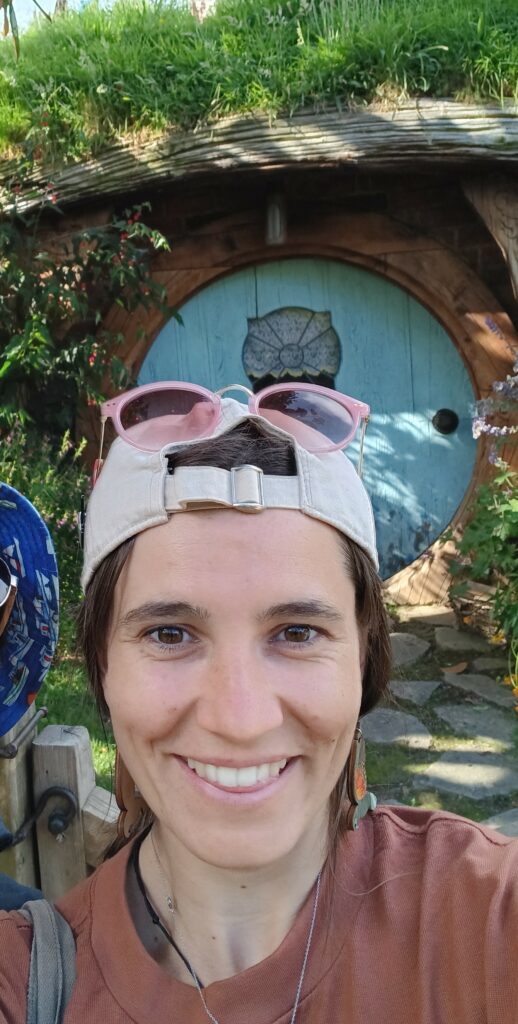
Olivia Wilson
Olivia is a flower grower and florist. She runs British Flower Studio Wetherly where she offers seasonal floristry services and sustainability consultancy as well as being co-founder of SSAW Collective, which advocates for progressive ecological change in our food, floral and farming systems. She is on the board of Flowers from the Farm and a member of The Sustainable Cut Flowers Project’s working group.
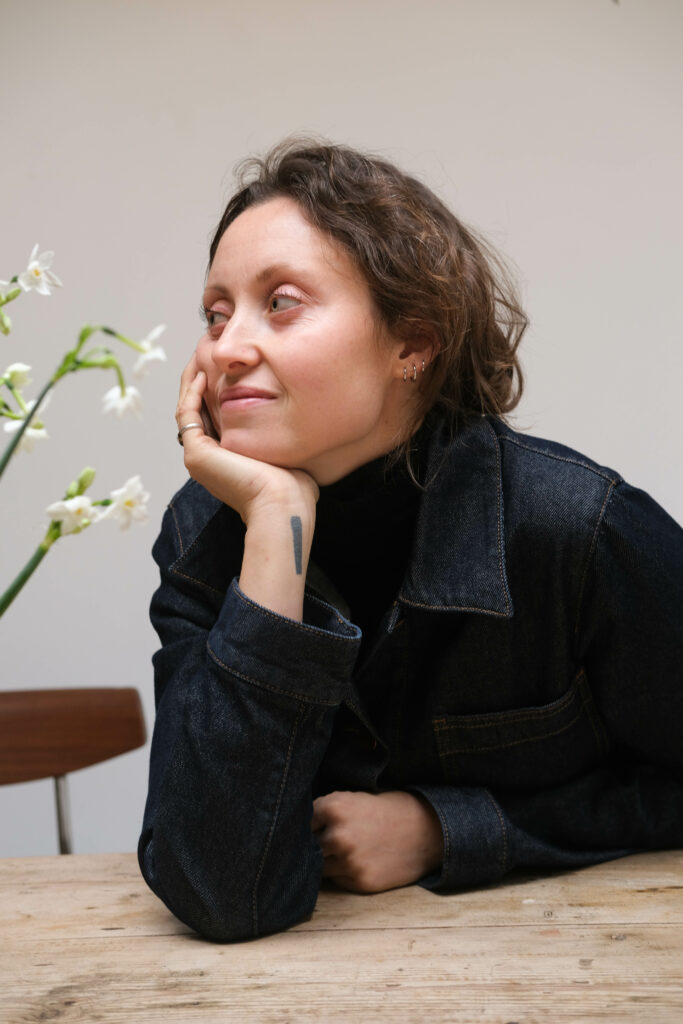
Ollie Douglas
Farmer’s son Ollie is Curator of The Museum of English Rural Life (The MERL) at the University of Reading, where he works to connect communities, researchers, and audiences with collections linked to farming and the countryside. Through partnerships and projects, he aims to use these materials to explore, elucidate, and address shared global challenges connected to food, land, and heritage.
Out on The Land (OOTL)
OOTL is where LGBTQIA+ folx come together to build solidarity, network and connect, and raise the voices of queer and trans landworkers. We are the LGBTQIA+ member organising group within the Landworkers Alliance. We aim to reduce isolation, challenge cis-het-normativity and to create spaces for queer and trans joy!
Paola Laini
Paola is a young farm worker based in Northern Italy who has recently concluded her formation in organic farming. In the past, she has been part of collective farming projects in the UK, Austria and Italy and she is particularly interested in the Community Supported Agriculture (CSA) model. She is an active member of Associazione Rurale Italiana (ARI), member of the European Coordination Via Campesina (ECVC) in Italy, as well as of the Youth Articulation of ECVC.
Pamela Brunton
Pamela is the acclaimed Scottish chef behind Inver restaurant on Loch Fyne. Inver has won countless awards and is a recipient of the Green Michelin Star praising sustainability alongside world-class food. Prior to opening Inver, she worked at heavyweight restaurants all around the world. Pam holds an MSc in Food Policy from City University and spent four years working with food campaign groups Sustain: the alliance for better food and farming, and the Soil Association.
Pat Thomas
Pat is the director of A Bigger Conversation and Beyond GM in the UK. She is a former editor of the Ecologist magazine and has run award-winning campaigns for Compassion in World Farming and Paul McCartney’s Meat Free Monday. She is a former trustee of both the Soil Association and the Organic Research Centre.

Patrick Barker
Patrick is a farmer and conservationist from Westhorpe in Mid-Suffolk. His 533-hectare family farm is a LEAF Demonstration Farm and an Agriculture and Horticulture Development Board Strategic Farm. They are winners of both the Farmers Weekly Countryside Farmer of the Year and FWAG’s Silver Lapwing award. Conservation is integral to the farm, where they have a Countryside Stewardship Higher Tier scheme and Patrick’s ethos is to farm in modern, productive ways while having a farm full of wildlife.
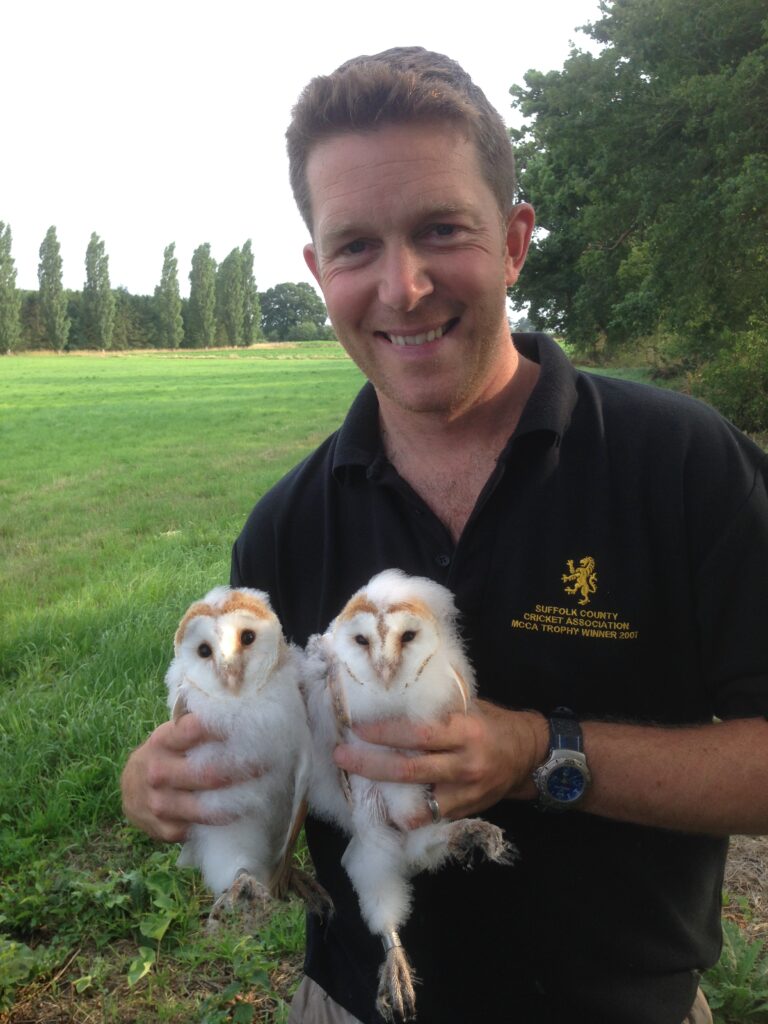
Patrick Holden
Patrick is the Founder and CEO of the Sustainable Food Trust. He trained in Biodynamic farming and has farmed for over 50 years on a 300-acre mixed organic dairy holding, now the longest established organic dairy farm in Wales. He currently leads a task force on measuring land use sustainability for the Sustainable Markets Initiative.

Patrick MacManaway
Patrick is a third-generation practitioner of psychic and healing arts. He was previously president of the British Society of Dowsers, holds a degree in Medicine, and has clients in the US, UK and Australia. He has been working as a land whisperer since 1994, with domestic, commercial and agricultural clients.
Paul R. Price
Paul is a climate change science and policy researcher, particularly looking at agri-food and land use system transition within climate-impacted futures. He is an adjunct professor at Dublin City University and a volunteer contributor for environmental NGOs, with an honours degree in geology and a masters in sustainable development.
Pauline Shakespeare
Pauline was responsible for Rootz into Food Growing, developed to challenge inequalities and narratives within food growing. Her work has been used in projects funded by organisations including DEFRA and The Joseph Rowntree Foundation. Pauline is actively involved in encouraging knowledge exchange and network building between BPOC growers in the UK and internationally.
Perrine Bulgheroni
Perrine is the co-founder of the Bec Hellouin farm in France. She is the author of ‘Miraculous Abundance’ and ‘Living with the Earth’. She now helps young farmers to set up their own farms and believes in cooperative systems for a regenerative and vibrant form of agriculture.
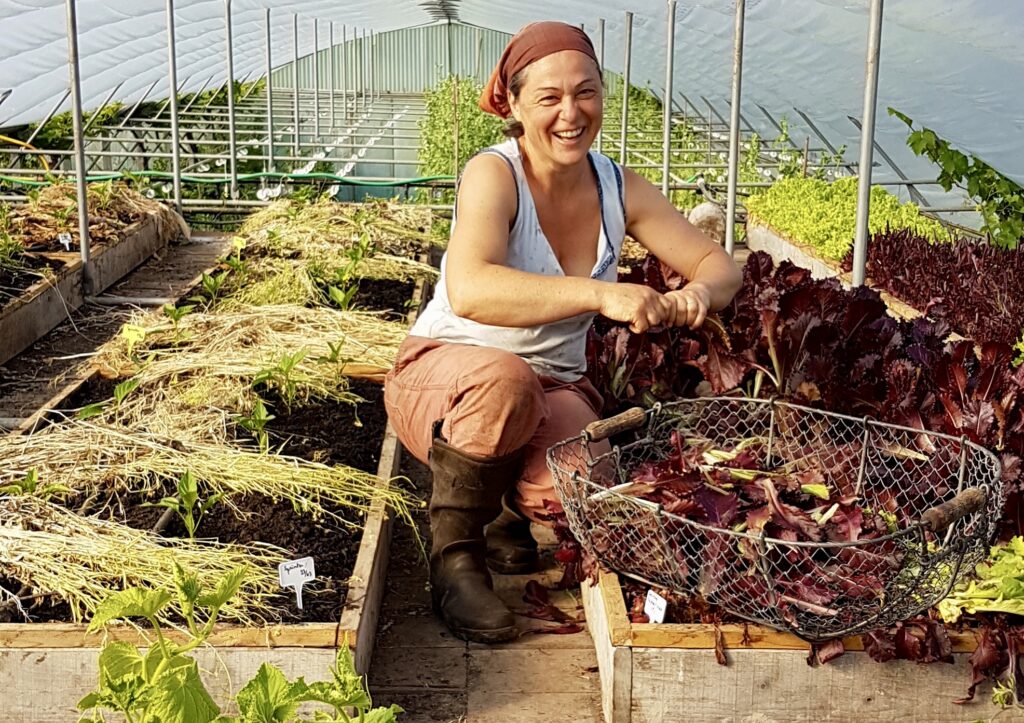
Pete Ritchie
Pete is the Director of Nourish Scotland. He is also a retired organic farmer and now cultivates his garden.

Peter Samsom
Peter works for the Landworkers Alliance on Resilient Local Food Systems and has been working with partners from Pasture for Life, The Food, Farming and Countryside Commission, The Sustainable Food Trust and Sustain on a Local Food Growth Plan. Peter has worked around food and farming for 40 years as a cheesemaker, smallholder, farmers market manager and with Food Durham.
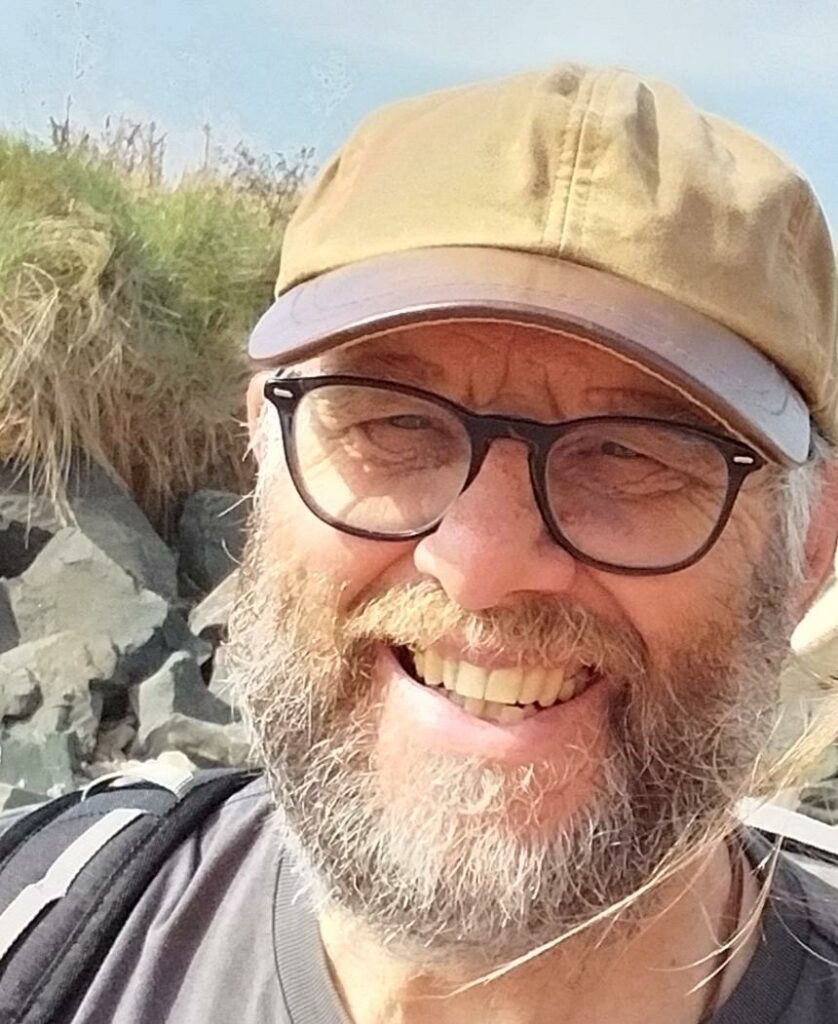
Phil Swire
Phil is an organic farmer in North East Scotland at Balmakewan Farm. They farm red deer, easycare sheep and grow gluten-free oats for milling and combinable peas. Phil’s organic green split peas are supplying Aberdeen City’s schools as part of the Give Peas a Chance pilot project with Bridging the Gap. He is hugely focused on natural farming, working with nature to build fertility, soil heath, and ultimately grow healthy, nutrient-dense food.
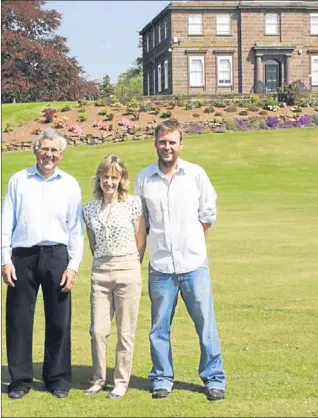
Phoebe Cooke

credit: Laura King Photography
Phoebe Cooke is co-deputy editor at the climate investigations outlet DeSmog. She has reported across the climate beat, exposing vested interests in everything from heat pump misinformation to biomass subsidies. Her recent work on food and farming seeks to lift a lid on how a just transition for farmers and the planet is being blocked by individuals and groups with a special interest in preserving the status quo. Phoebe’s investigations have been covered by Politico, The Guardian, The Independent and the Financial Times.
Phyllida Warmington
Phyllida is a third generation farmer on the Quantock hills in Somerset. In 2022 she set up Cothelstone micro-dairy as part of the wider family farm, a small 100% pasture fed dairy selling raw milk and beef directly from the farm. Their dual purpose cows are milked just once a day and paddock grazed across permanent pasture.
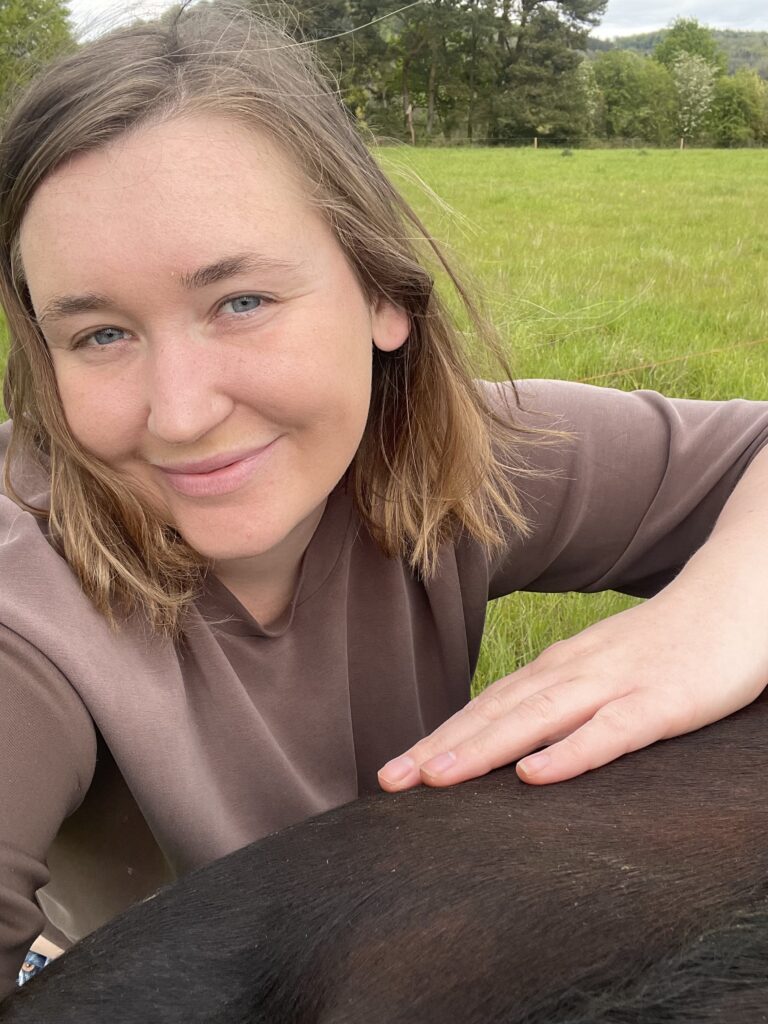
Polly Meyrick
Polly is an artist, musician and farm worker. Her work focuses on the human stories behind the climate and biodiversity emergency and food and land justice. She uses portraiture to celebrate the people behind movements and makes her own art mediums from foraged materials.
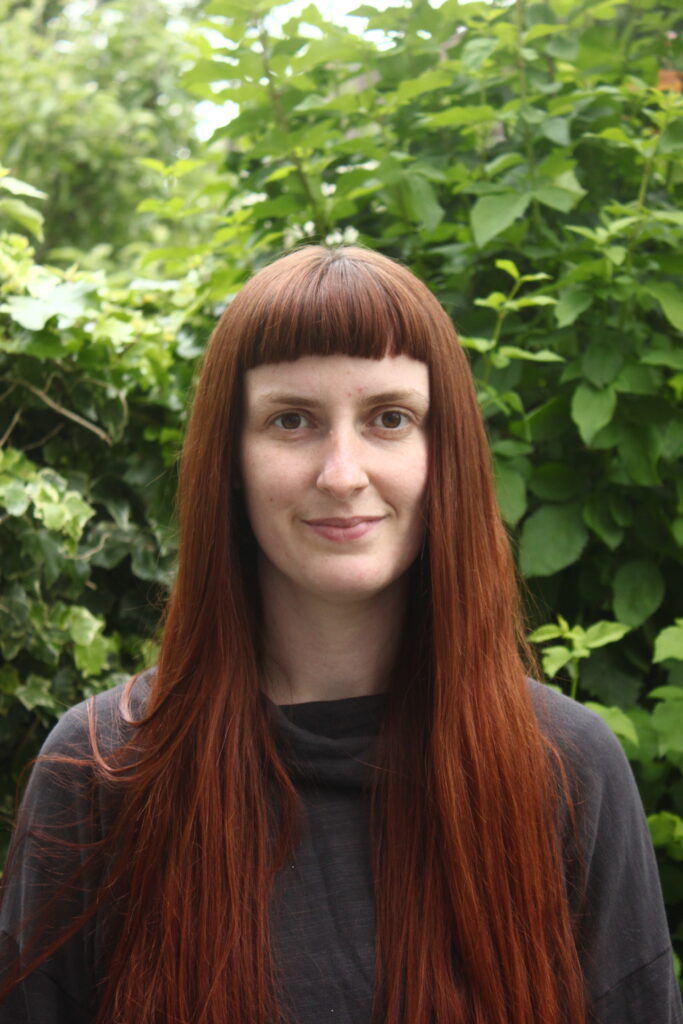
Rachael Durrant
Rachael is a Leverhulme Fellow based at the University of Sussex, where she is currently researching women’s journeys into and through farming in contemporary Britain. She is also an artist, mother of three, avid backyard grower, and supporter member of the Landworkers Alliance. Over the years, Rachael has used graphic journaling as a way of processing and integrating these varied experiences and is keen to share the approach with others.

Rachael Forster
Rachael supports a number of projects at Tamar Grow Local CIC including Tamar Valley Food Hubs, The Good Food Loop and Mill Lane Acres FarmStart. Rachael is also co-ordinating a south-west land matching pilot project as part of a wider working group developing a land matching service for England.
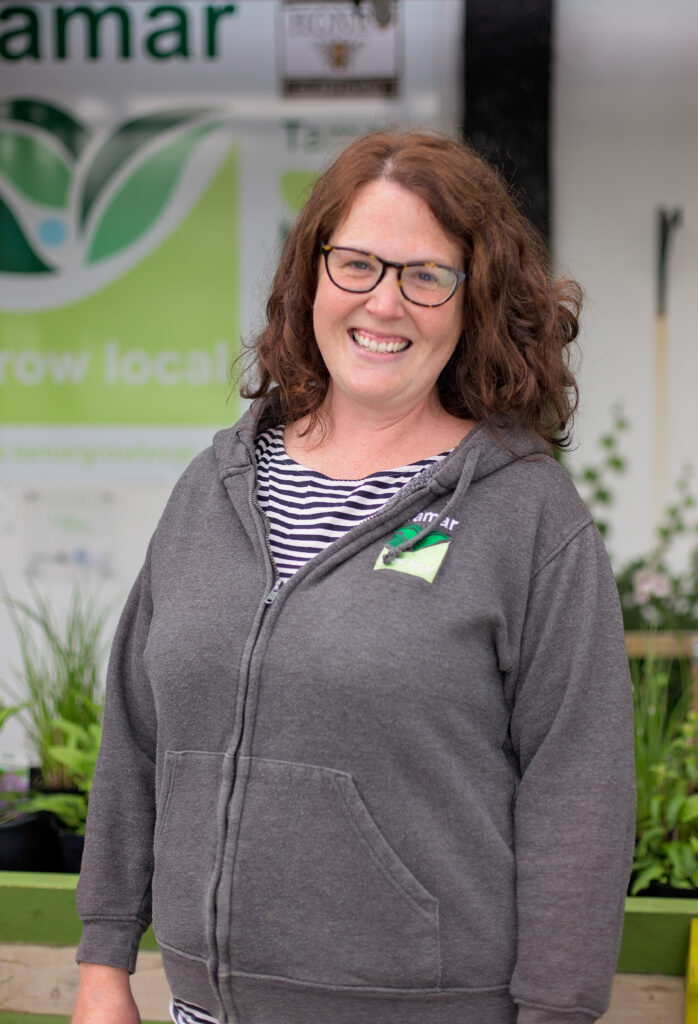
Rachel Fleming
Rachel is a founder of Animate Earth Collective, providing education and events that remember and restore our intimate relationship with the land. Originally an ecologist and government advisor, she has been curating and directing in this area for the last 12 years.
Rachel Mulrenan
Rachel is Scotland Director at WildFish, focusing on the farmed salmon campaign (including Off the table) and the organisation’s wider work across Scotland. A trained journalist, Rachel has spent the past seven years campaigning for greater sustainability across a number of industries, from fashion to food. Prior to joining WildFish, she worked at the Changing Markets Foundation, and led a campaign highlighting the unsustainable use of wild fish as feed in global aquaculture.

Rachel Phillips
Rachel is a Director of the Apricot Centre, located at Huxhams Cross Farm. She co-developed and teaches groundbreaking accredited courses aimed at training new farmers in regenerative agriculture, as well as those looking to transition to agroecological farming practices. Additionally, Rachel is an agroecological design consultant, focusing on educational systems within farming environments. Huxhams Cross Farm is a Regenerative Biodynamic Farm in South Devon.
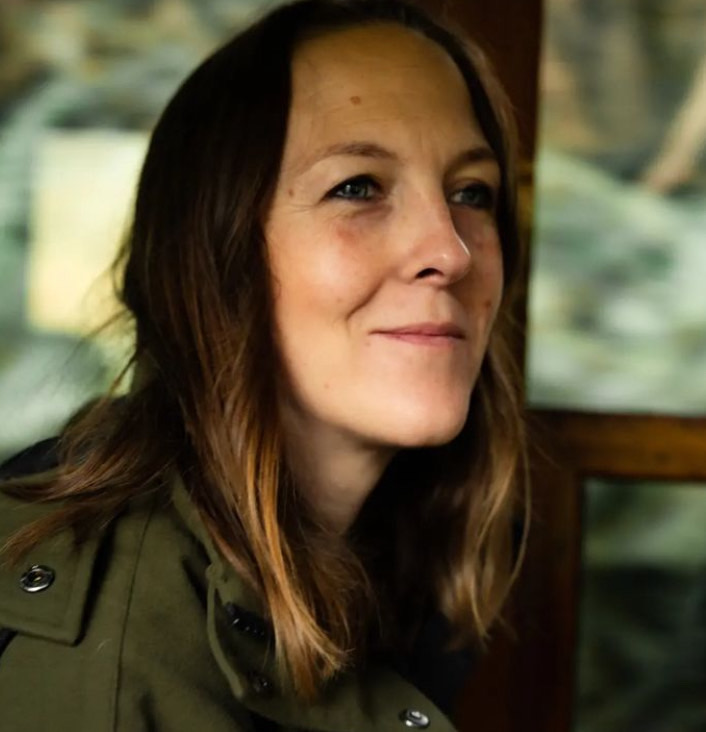
Rae Hippolyte
Rae is an Outdoor Educator, Grower, and one of the founding members of folx farm, a farm run by women and non-binary people in East Sussex. Alongside working the land, Rae is currently coordinating a food project exploring how to make access to good food more equitable.

Rafael Pflücker
Rafael is an agronomist with an MBA and a diploma in Biodynamics. His career has combined practical fieldwork with academia, including managing a biodynamic farm and directing The Nature Conservancy’s strategy for scaling sustainable agricultural practices in Latin America. He’s currently a professor of ecological agriculture at the Universidad Científica del Sur.

Randa Toko
Randa is a land-worker, an artist, and is the Southern coordinator of The Seed Sovereignty Programme.

Rebecca Bragg
Rebecca became passionate about sustainable food production whilst working on an organic farm. She recently completed a PhD with Warwick Crop Centre at the University of Warwick where she researched the integrated pest management of the bean seed fly. She is currently working as a sustainability researcher for Riverford Organic Farmers.
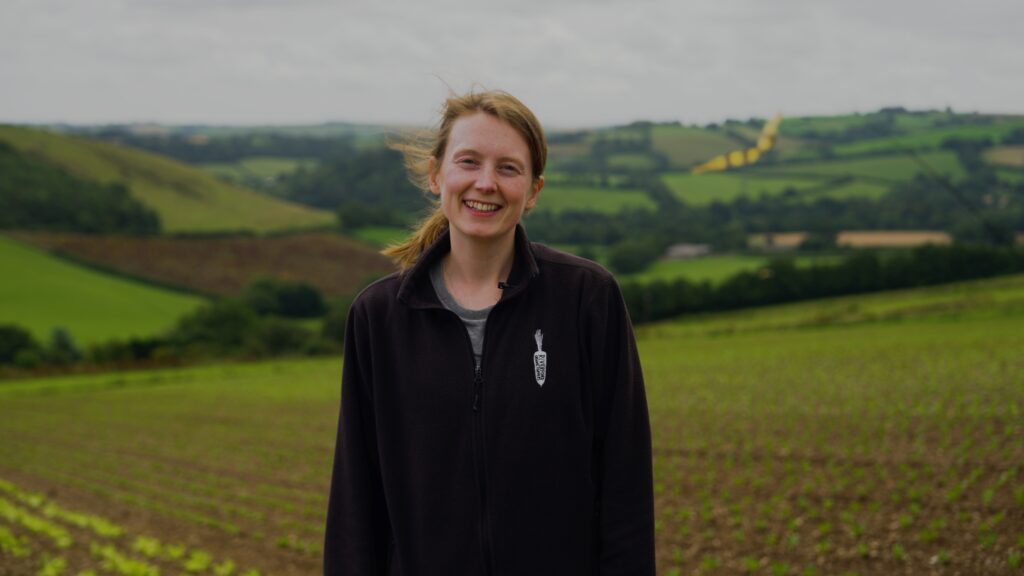
Rebecca Laughton
Rebecca has been combining practical work as an organic grower and farmer, with research and campaigning for over twenty years. She is the Horticulture Campaigns Co-ordinator at Landworkers’ Alliance and facilitated the Defra Horticulture ELMS Test and Trial, ‘Growing the Goods’. She is the author of ‘Surviving and Thriving on the Land’ (Green Books 2008).

Rebecca Wells
Rebecca is a Senior Lecturer in Food Policy at City St George’s, University of London and the Programme Director for the MSc in Food Policy. Her research focuses on food policy and the media, food systems pedagogy, and developing food policy for a healthier, more sustainable and equitable food system.
Rémi Cluset
Rémi is Agroecology Advisor in the FAO’s Plant Production and Protection Division. He organised the FAO’s global and regional seminars on agroecology from 2015 to 2018. He has worked with farmer organisations and with the government of France in various positions at local, national and international levels.

Rhodri Lloyd-Williams
Rhodri farms at Moelgolomen in the heart of the Cambrian mountains with his parents, wife and three children. They farm hardy Welsh mountain sheep and Welsh black cattle. Moelgolomen has been organic since 1999 and has always been involved in agri-environmental schemes. Over recent times Rhodri and family have planted upwards of 80 thousand trees throughout the farm whilst also allowing existing hedges to grow tall and bushy to provide shelter for nature and stock alike.

Ria Burns
Ria designs and makes local wool knitwear, grows and works with natural dye plants, and provides education in natural dyes and British wool via workshops, books and research projects. She makes small-batch clothing and accessories from local, traceable wool. She hand dyes her garments with homegrown and foraged plants, handmaking each piece to create a locally made, long-lasting, and unique product that works with, not against, the environment.
Richard Gantlett
Richard runs a Biodynamic family farm at Yatesbury in Wiltshire where they grow diverse leys, cereal crops, and have a suckler herd of beef cattle. The farm includes agroforestry within one whole farm community welcoming nature. He is also a visiting lecturer in Integrated Weed Management at the University of Reading.
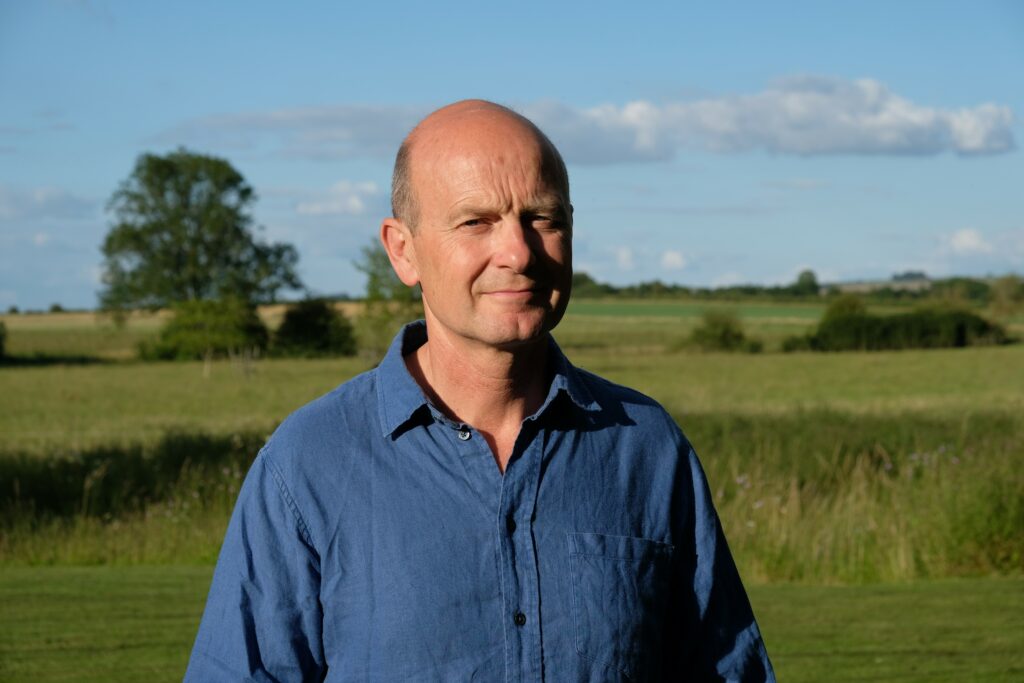
Richard Lewis
Richard runs ‘The Mother Tree’, a fruit tree nursery in South Devon, and is a director of Bidwell & Dart: Growing Ecological Roots (B&DGER) CIC, a land-based collaborative project founded in 2024. Their training includes plant taxonomy (MSc) and ecology (BSc). They previously worked in biodiversity conservation.

Rita Oldenbourg
Rita runs Pitney Farm Market Garden with her partner Adam Beer. They won Young Organic Grower of the Year award 2024. Rita is a new entrant farmer in her fifth year running a 4.5 acre mechanised market garden, wholesaling year-round to an onsite farm shop and other local outlets.
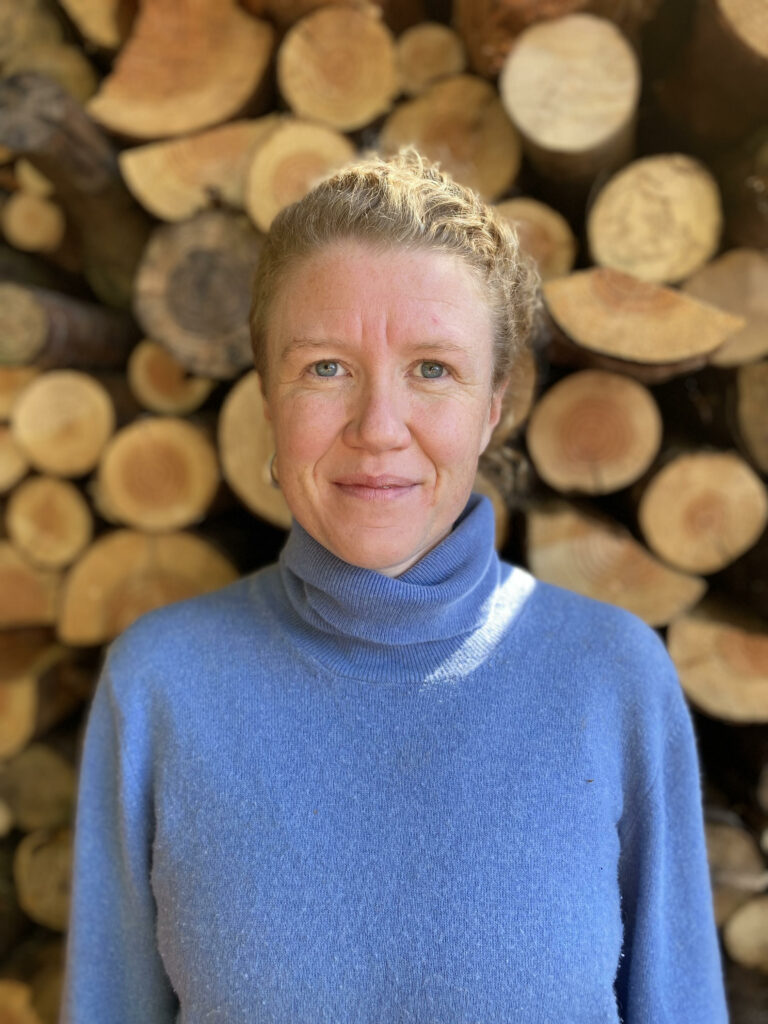
Rob Percival
Rob is a writer, campaigner and food policy expert. His commentary on food and farming has been featured in the national press and on prime-time television, and his writing has been shortlisted for the Guardian’s International Development Journalism Prize and the Thomson Reuters Foundation’s Food Sustainability Media Award.
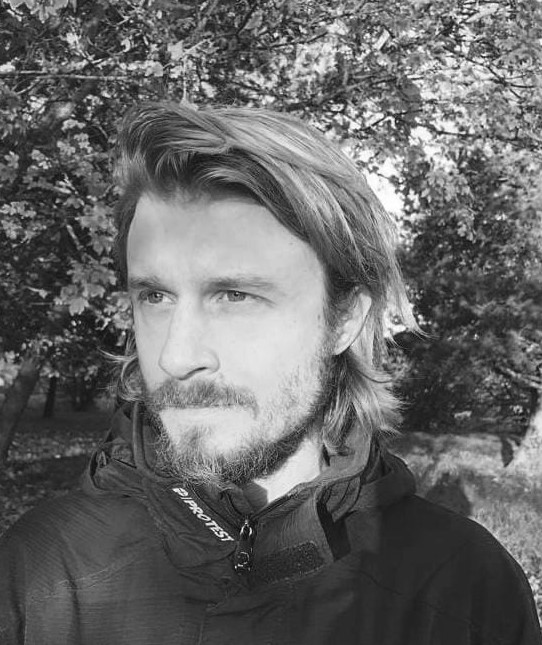
Robbie Blake
Robbie is an environmentalist and communications specialist, and Communications Manager for the International Panel of Experts on Sustainable Food Systems (IPES-Food). Previously at Friends of the Earth Europe, his work contributed to safeguarding EU biodiversity laws, securing regulations on biofuels, and establishing the Fossil Free Politics campaign. Robbie holds degrees from the Universities of East Anglia and St Andrews.
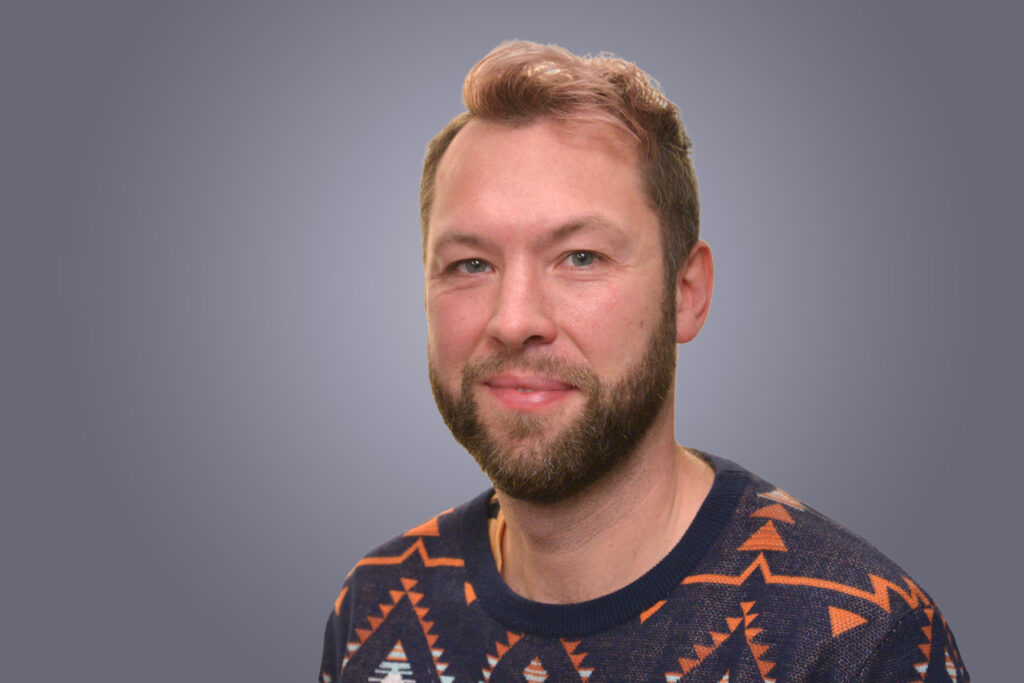
Robert Barbour
Robert works as a senior researcher in the Sustainable Food Trust research team, producing reports and briefing papers on issues including the hidden cost of UK food, the role of grazing livestock in sustainable food systems, and the impacts of a nationwide transition to regenerative, agroecological farming. Robert comes from a hill farming family in Highland Perthshire.
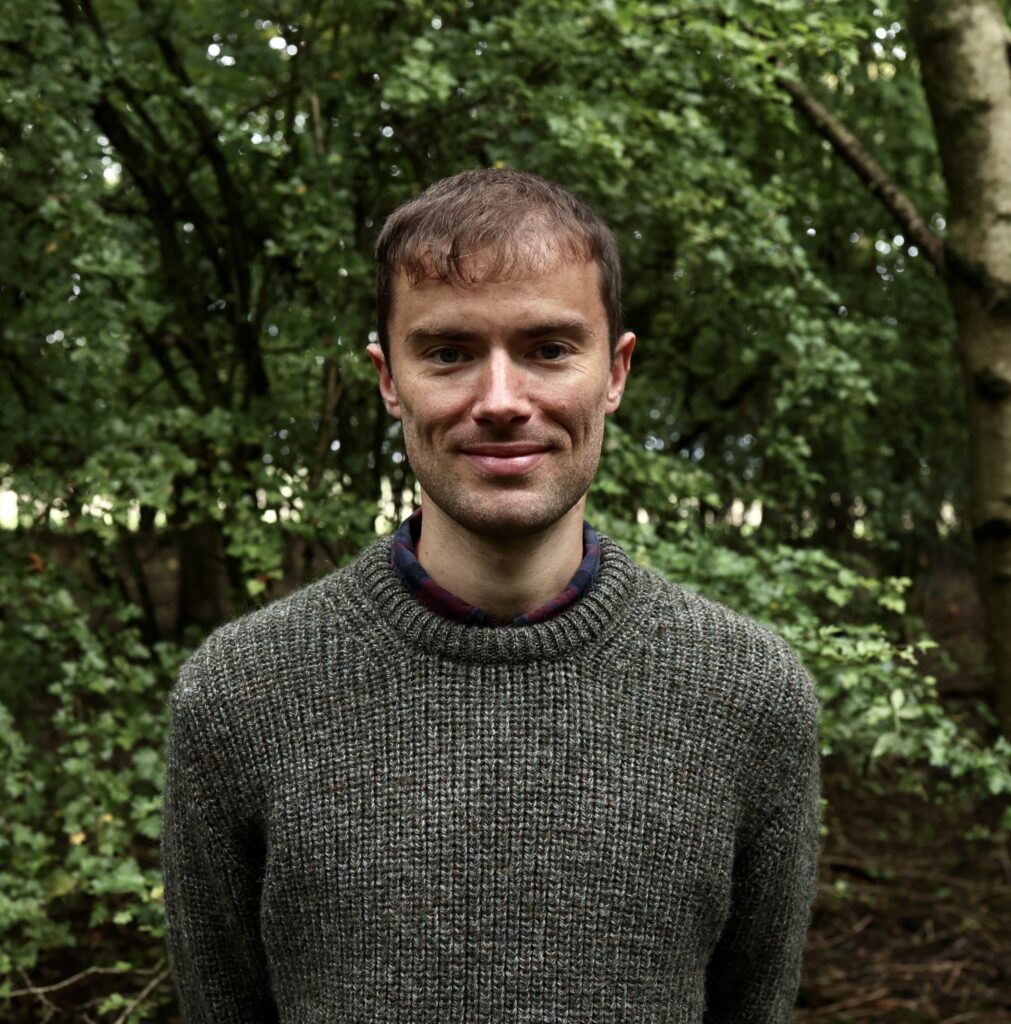
Robert Caudwell
Robert is a farmer from South Lincolnshire farming land adjacent to the Wash and has been involved with flood defence all his career. He is a Council Member of the National Trust. He was Chair of the Lowland Agricultural Peat Task Force. He was also chair of the Association of Drainage Authorities and President of the European Union of Water Management Associations.

Roisin Taylor
Roisin is a nature-friendly flower farmer and florist running Verde Flower Co in Newcastle Upon Tyne, as well as the co-director for UK Youth for Nature – the UK’s leading youth network calling for the government to take action for nature. She is also a Nuffield farming scholar researching climate change adaptation for the British cut flower industry, in addition to being a Green Jobs For Nature ambassador working to get young people into agriculture and horticulture.
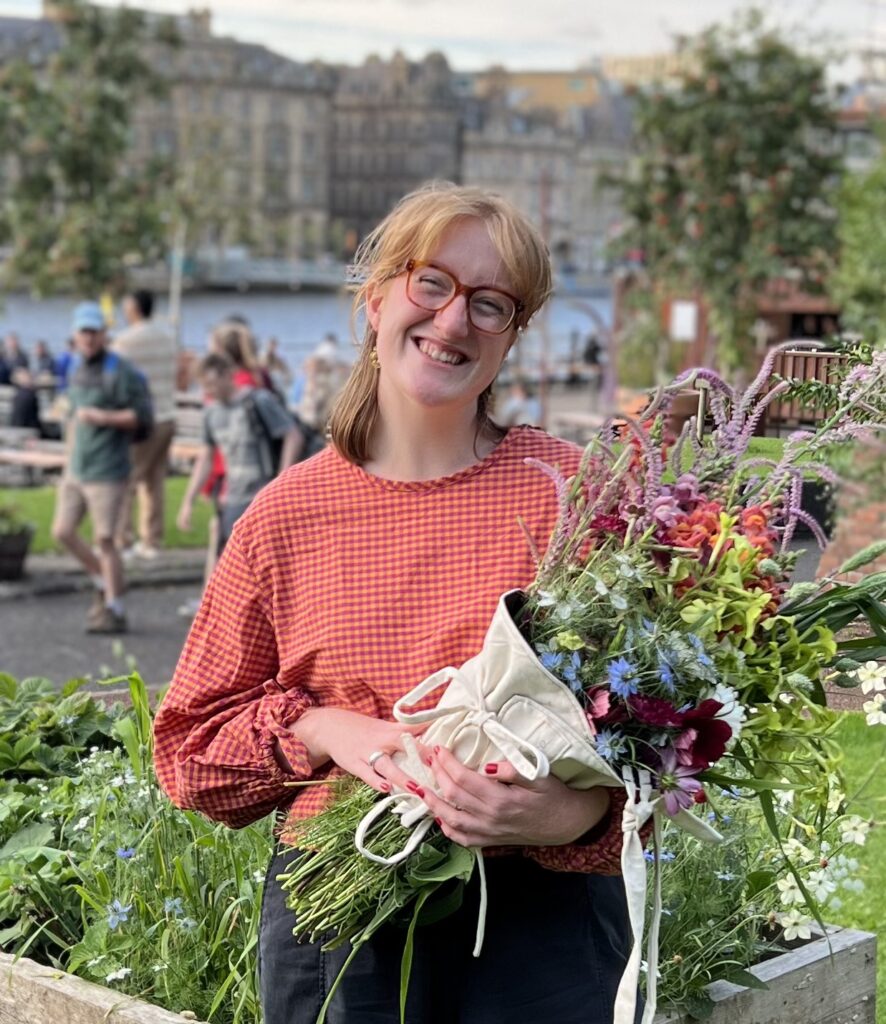
Romilly Swann
Romilly is a shepherdess and natural dyer with a background in botany and archaeology, She currently combines her farming with roles in illustration, education and writing to question and explore human relationships with land and nature in a swiftly evolving countryside.
Rosa Farber
Rosa is an artist, performer, and organic grower, who has recently returned from Glasgow to work on her family’s biodynamic farm in West Sussex. Rosa’s work is in a process of transition, trying to work through how farming can function as an art practice, and vice versa.
Rose Davis
Rose is a marketing strategist who helps sustainably-led organisations connect authentically with their audiences. She’s dedicated to supporting small businesses in crafting strategic, manageable marketing plans that build loyal customer bases—no big budgets or extensive teams required.
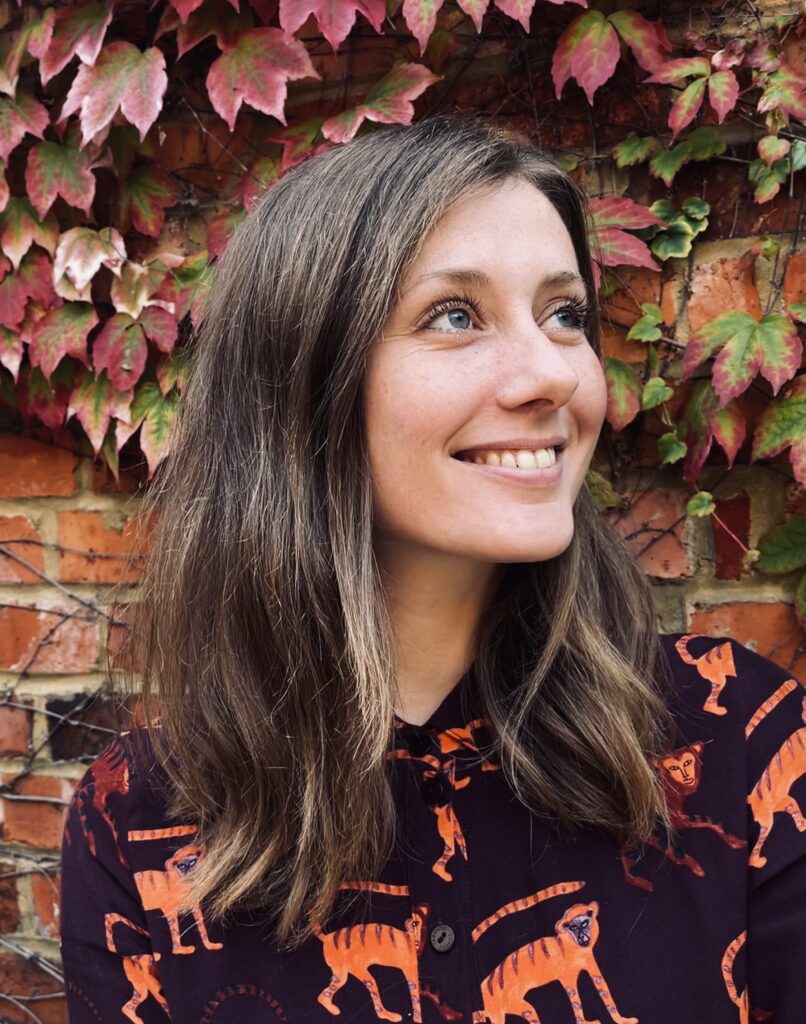
Rosemary Champion
Rosemary has been a Scottish smallholder since 2000, breeding Shetland cattle and Ryeland sheep amongst other things. She was integral to the establishment of the Scottish Smallholder Festival and owns the website ‘The Accidental Smallholder’. In recent years, she has become more involved in politics and Scottish land reform.
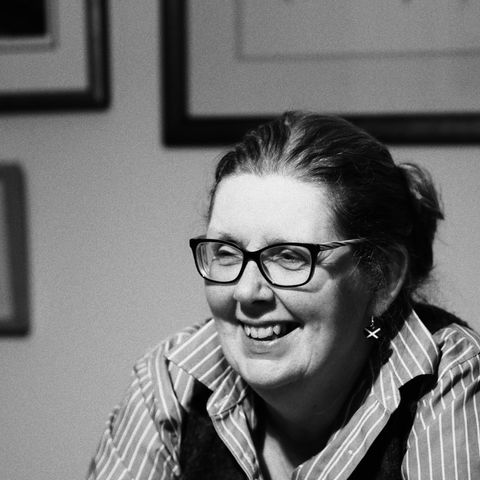
Rosemary Collier
Rosemary is interested in food production and the natural environment. Much of her research is focused on the management of pest insects in horticultural crops using approaches that minimise the impact on other species. This may be through biological or physical approaches, or through host plant resistance.
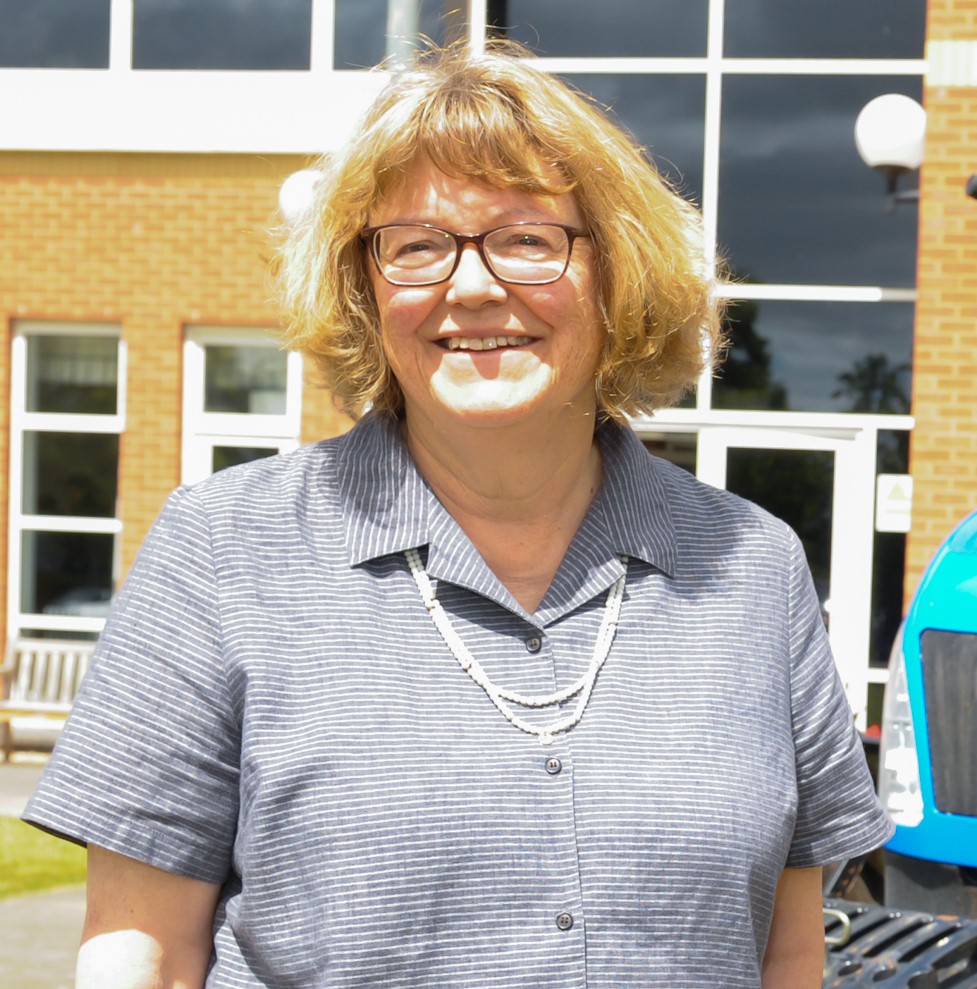
Roshni Shah
Roshni is the Diversity Outreach Coordinator at Sustain, leading a programme to increase ethnic diversity and centre racial justice in the sustainable food and farming sector. She has 10 years of experience working and volunteering in sustainable food and community settings.
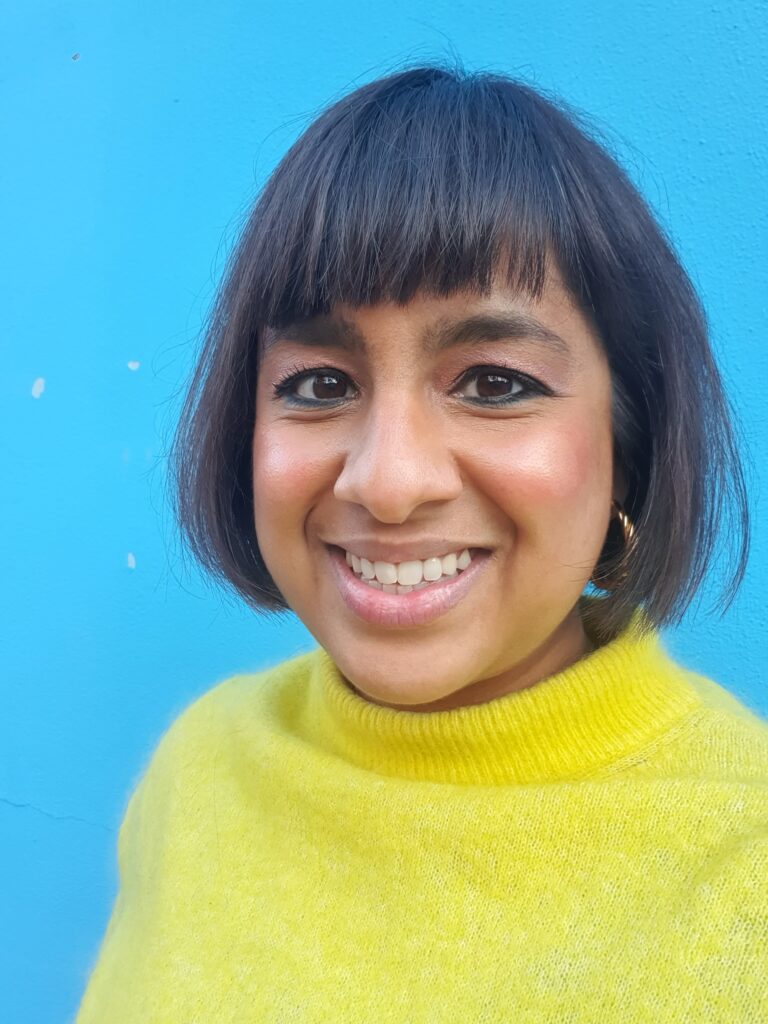
Rosie Baldwin
Rosie spearheads the marketing, publicity and events programme for Chelsea Green Publishing UK, a leading publisher in sustainable and regenerative living. She enjoys collaborating with a variety of organisations to introduce Chelsea Green authors to new audiences around the world. She has an MSc in Environment, Science and Society from University College London.
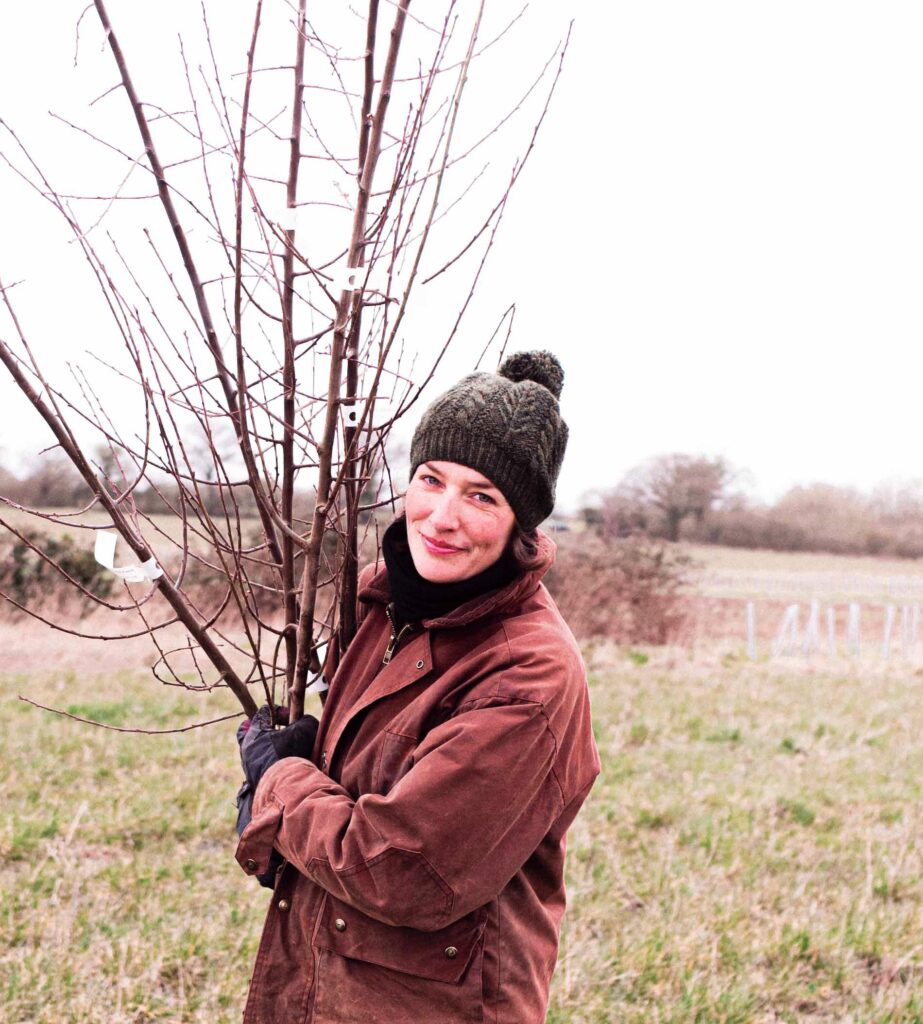
Rosie Bristow
Rosie, founder of Fantasy Fibre Mill, is revolutionising the fibre supply chain with a focus on environmental and community well-being. She champions regenerative agriculture, cultivating flax and developing processing machines for UK-grown natural fibre yarn. Rosie pioneers open-source methods, fostering transparency and inclusivity in the textile industry.
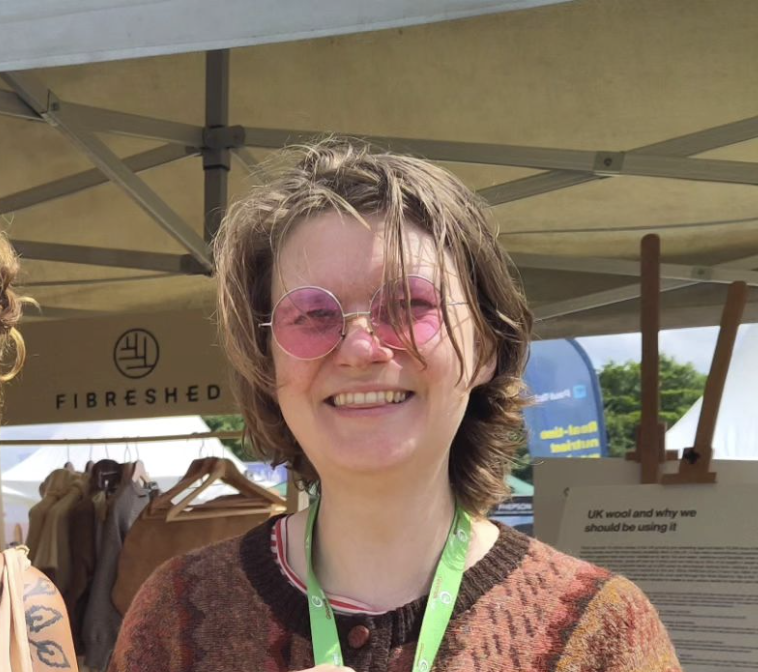
Roz Corbett
Roz is a grower, researcher and organiser based in mid-wales. She has carried out research on the community right to buy in Scotland and how this relates to agricultural transitions. She is a grower at Gladyfi Farm growers in Wales and has been a member of the Landworkers’ Alliance coordinating group for 6 years.

Rufus Pawsey
Rufus returned to Shimpling Park Farms after studying at Newcastle University and has thrown himself into their trials with gusto, undertaking both wheat and oat trials. As a former choral scholar, Rufus will soon have the organic system at Shimpling humming.

Rupert Sheldrake
Rupert, PhD, is a biologist and author best known for his hypothesis of morphic resonance. At Cambridge University he worked in developmental biology as a Fellow of Clare College. He was Principal Plant Physiologist at the International Crops Research Institute for the Semi-Arid Tropics in Hyderabad, India. From 2005 to 2010 he was Director of the Perrott-Warrick project for research on unexplained human and animal abilities, funded by Trinity College, Cambridge.
Russ Carrington
Russ is a coach, mentor and facilitator, working with farmers, families, agricultural organisations and landscape scale initiatives, helping them through periods of transition towards regenerative practice. He has worked across the UK, Ireland and Europe. He previously managed Pasture for Life and established the regenerative farm on the Knepp Estate.
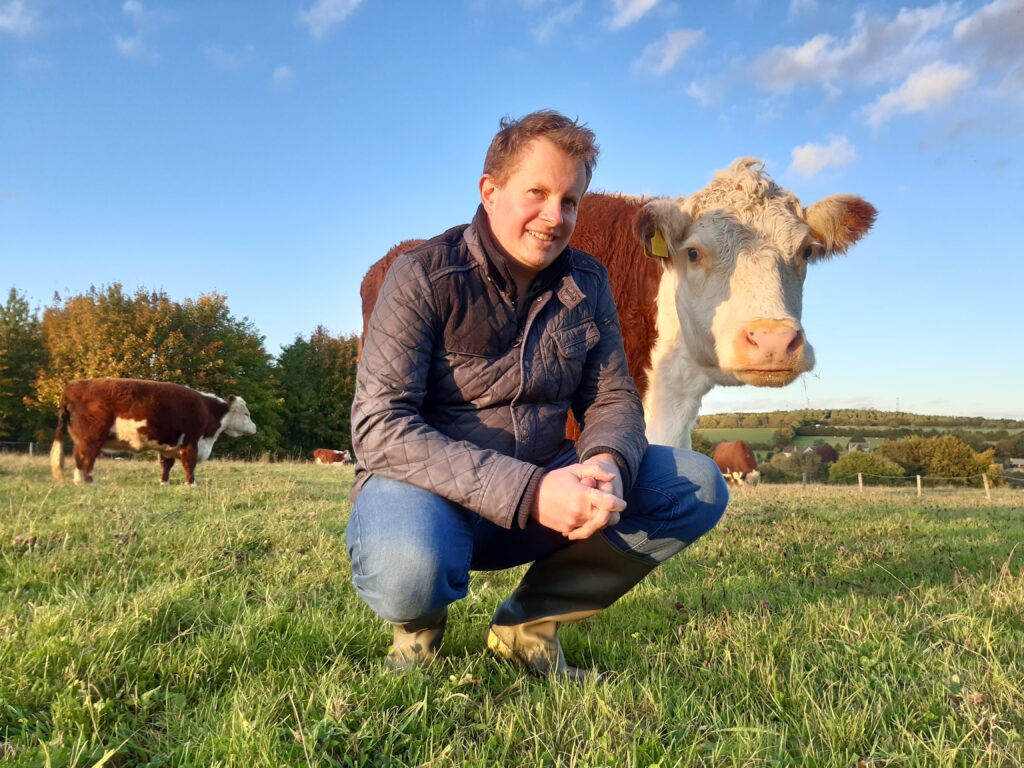
Ruth Hancock
Ruth is an Agroecological Farmer from East Devon, UK, and a Coordinating Group member of The Landworkers Alliance. Since 2017 she has hosted five Farm Hacks for Women and non Binary Landworkers, at her farm, where she also runs seasonal traineeships and short courses.
Ruth Westcott
Ruth campaigns for good food to be included in local and national policy and action on climate change, including for public sector food that reflects a planetary health diet. Ruth created Planning for the Planet, a campaign to halt pollution from factory farms through planning.
Sabrina Espeleta
Sabrina is Senior Programmes Officer at War on Want, partnering with peasant movements and civil society organisations from the Global South in the struggle for food sovereignty. Previously, she coordinated agroecology and family farming projects in Argentina, Brazil and Sri Lanka, collaborating with local and national organisations advocating for smallholders’ rights.
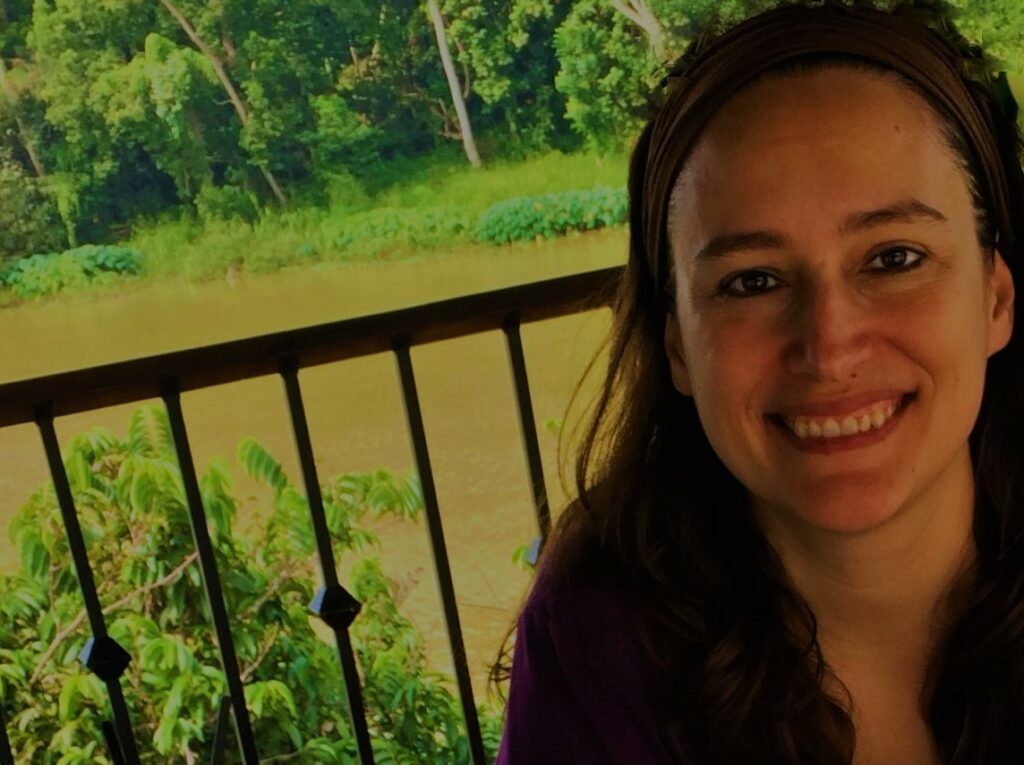
Sagari R Ramdas
Sagari is a veterinary scientist, a member of the Food Sovereignty Alliance in India, and is learning to be an agro-ecological food-farmer. She is a Popular Educator at the Kudali Learning Centre in Telangana, India where she designs and facilitates transformative popular education processes on Social justice, Food Sovereignty and Buen Vivir. She writes on her interests concerning social justice, food sovereignty, livestock and ecological governance.

Sam Packer
Sam is a Standards Innovation Manager at Soil Association where he leads projects on horticulture and poultry development. He has a background as a grower and has experience in farming, nature policy development, and organising campaigns.
Samson Hart
Samson is a food grower, land-tender, writer and earth-based facilitator/educator, currently living and tending land in South Devon. He is a creative associate at gentle/radical, and co-founder of Miknaf Ha’aretz, a CIC/collective building earth-based, radical, diasporist jewish community in the UK.
Samwel Nangiria Taresero
Samwel is an award-winning human rights defender from the Maasai nation in Tanzania/Kenya. He is trained in natural resources management and is a distinguished knowledge-holder in traditional land management and governance. He has been leading a holistic reconciliation and healing journey within the Maasai nation, addressing intergenerational colonial trauma.
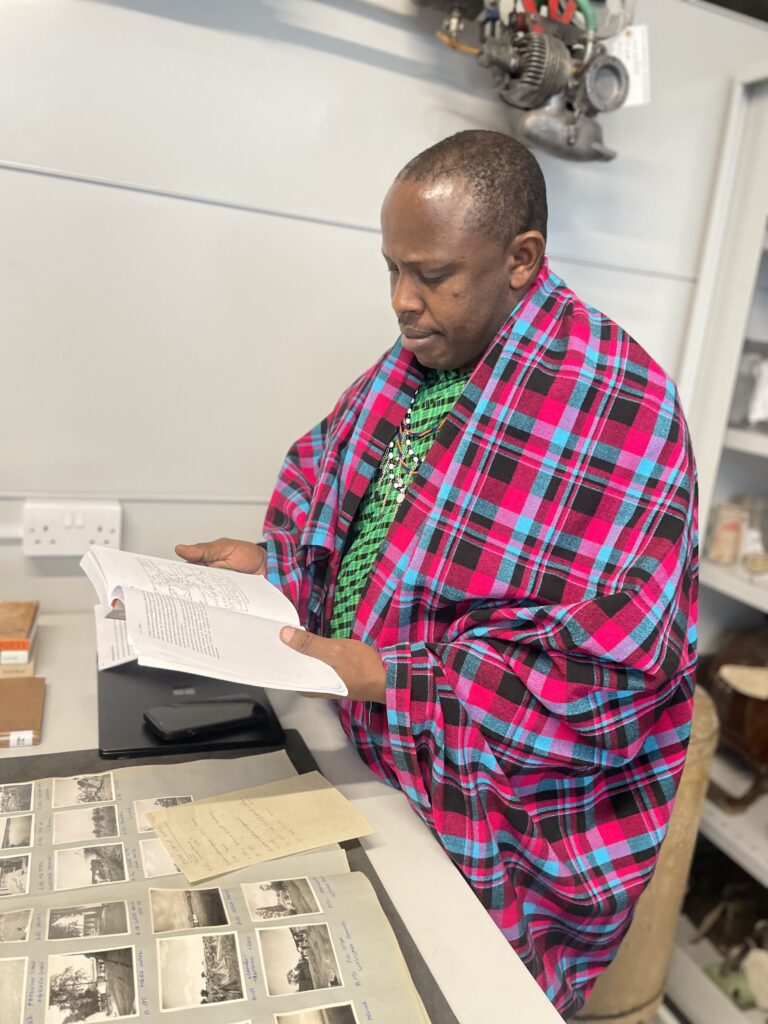
Sandra Salazar
Sandra is a horticulturist and farmer and founder of GoGrowWithLove C.I.C, an indigenous melanin rich women-led organisation. Sandra teaches food growing and land/food sovereignty to children and families in nurseries, schools, and community projects and is the facilitator of a project called Women Leading With The Land, which focuses on empowering Women of African and Caribbean heritage to become SOILSISTARS and develop skills in land cultivation, food production and enterprise.
Sara Daniels
Sara is an Oxfordshire singer-songwriter. Her performances have taken centre stage at festivals and clubs up and down the UK and Ireland. Her songwriting embraces the majestic Ridgeway hills and downs, ideas with women at heart and social comment. Her CD ‘Lightly on My Heart’, prompting a 5-star review from RR2 magazine, combines her own songs with some well-known folk standards.

Sara Grady
Sara is a co-founder of British Pasture Leather, a pioneering supply of leather made from the hides of cattle raised on regenerative farms in the UK, certified by Pasture for Life. The result is a vegetable tanned leather that is produced entirely in the UK, and traceable to regenerative sources. The mission of British Pasture Leather is to connect designers with ecosystem restoration through the production of leather.

Sara Hall
Sara works for Pasture for Life within their research team and as a PhD researcher at Bristol Veterinary School where she is looking at environmental and animal welfare impacts in different dairy production systems. Sara is also a livestock farmer, based in North Yorkshire with her family.
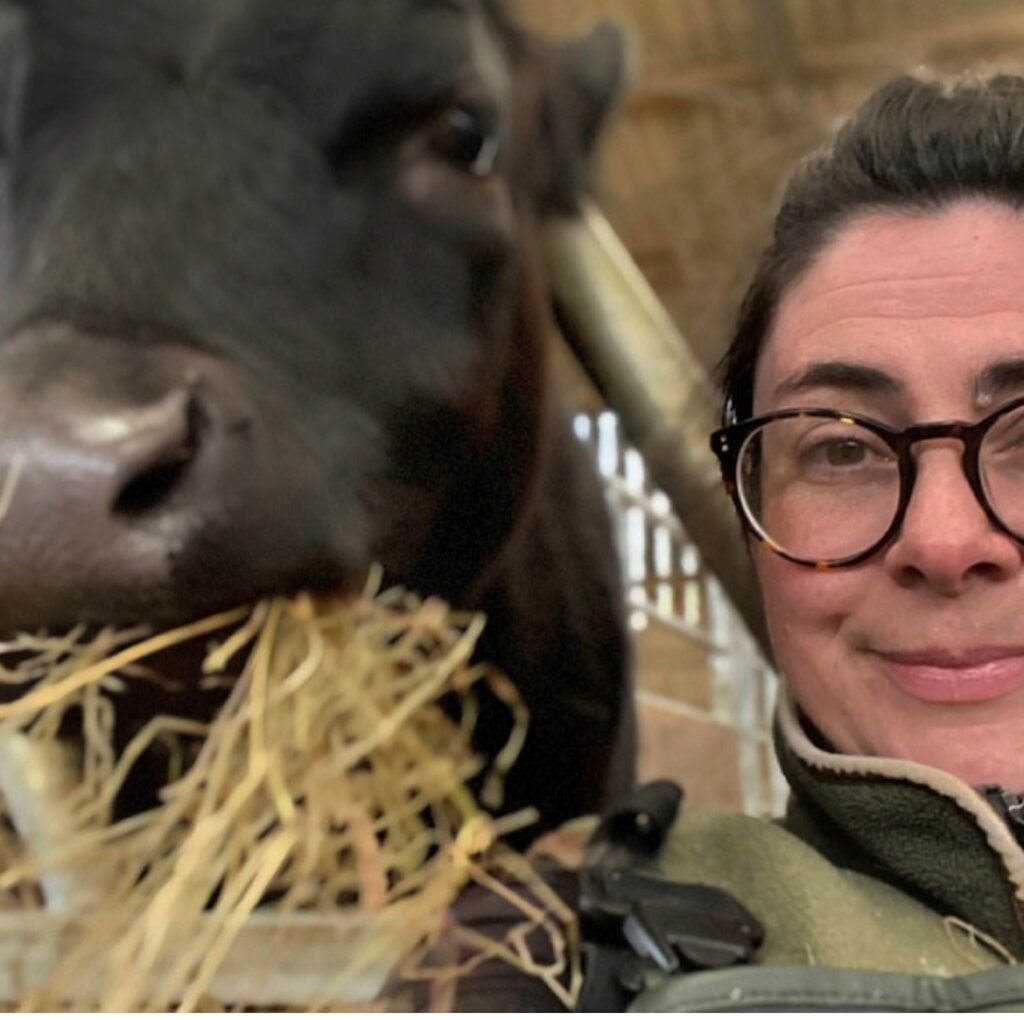
Sara Moon
Sara is a nature-connection and rites of passage facilitator, food-grower, community organiser and Hebrew Priestess. She is co-founder of Miknaf Ha’aretz, a collective dedicated to building earth-based, radical diasporist Jewish community in the UK and its youth-wing, Camp Beenu. Sara lives in South Devon and dreams of building a radical land project of rich diasporic spirituality, solidarity and Land-tending.
Sarah Langford
Sarah is a criminal barrister turned Sunday Times bestselling author of two books. Her second book, ‘Rooted: How Regenerative Farming Can Change The World’, describes her journey of taking on an organic arable and pasture farm in Suffolk and the stories of those who taught her what it means to be a farmer. She writes for a range of publications and appears regularly at events and panels as both speaker and chair.
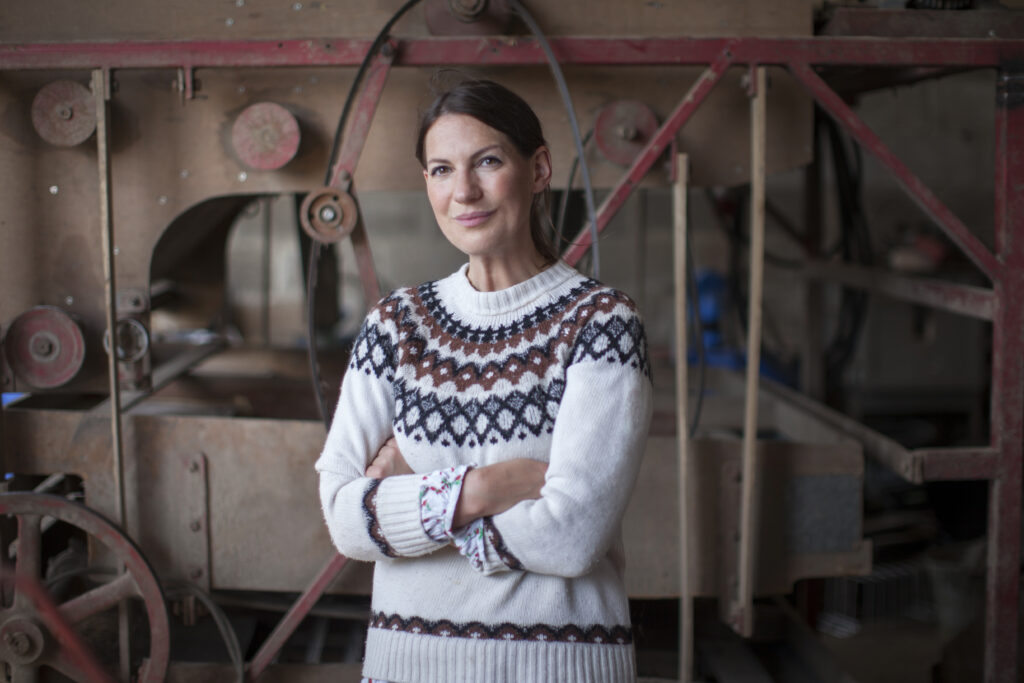
Sarah Queblatin
Sarah is a regenerative design specialist and facilitator weaving collective experiences in peace building, cultural heritage, environmental education, and humanitarian assistance. Her life-long practice is in restoring and re-storying narratives of place and belonging through ecosystem restoration and leadership. She founded Living Story Landscapes and Green Releaf Initiative. She serves as inner council member for UNDP’s Conscious Food Systems Alliance, wisdom council for Global Ecovillage Network Oceania and Asia, founding member for Permaculture for Refugees, among other regenerative networks and movements.
Sarah Wakefield
Sarah is the Executive Director of Eating Better, a coalition of nearly 70 NGOs working on sustainable food systems in the UK, focused on less and better meat. She led WWF’s work on the Retailers’ Commitment to Nature following a decade in retail at the Co-op.
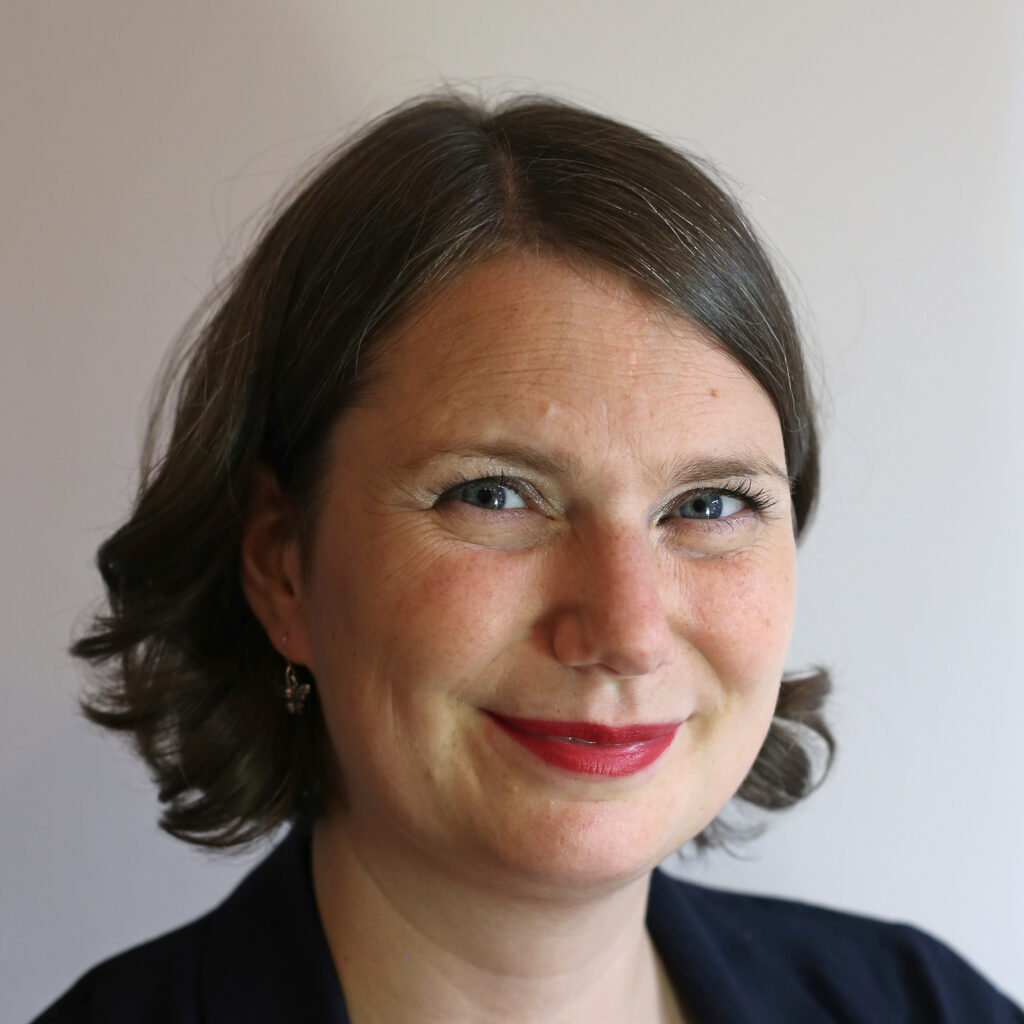
Sarah Williams
Sarah is Programmes Director for Sustain after joining in 2009 to run the urban growing campaign, Capital Growth, which supported 2,012 new community food growing gardens in London. She has developed programmes including Growing Health, Bridging the Gap and the Local Food Plan. She also oversees Sustain’s Local Action theme which includes Sustainable Food Places, is a director of Better Food Traders, and represents Sustain on the London Food Board.

Sarah Woolley
Sarah is the General Secretary of the The Bakers, Food and Allied Workers’ Union (BFAWU), one of the oldest trade unions in the UK, representing workers throughout the food industry and allied trades.
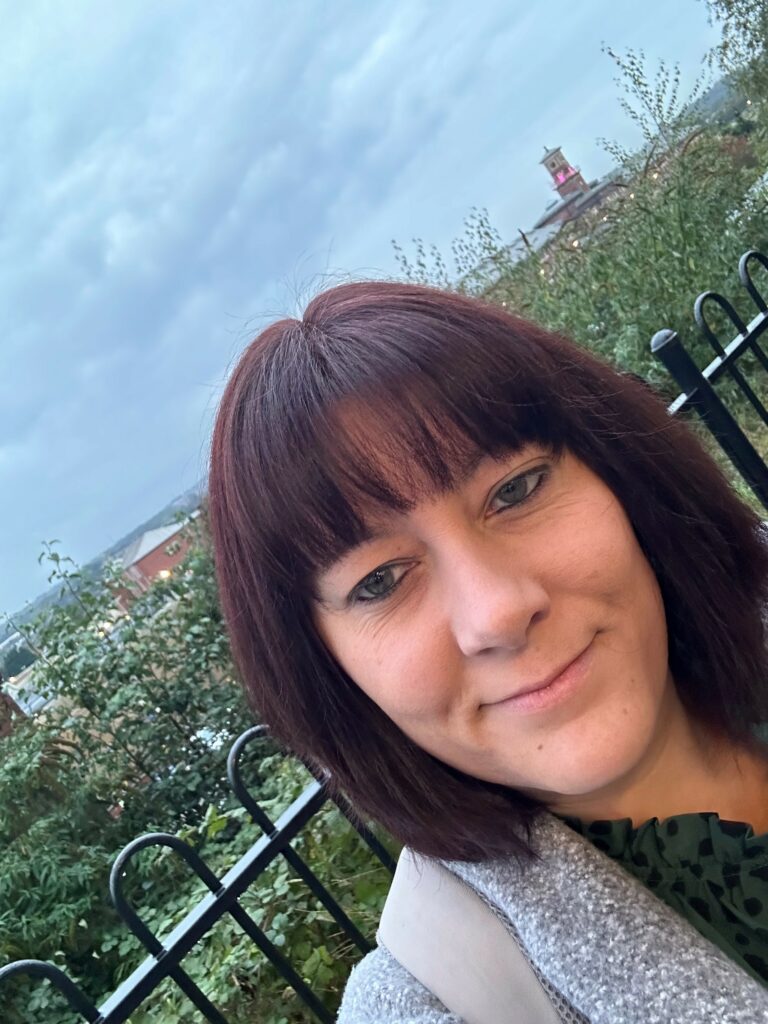
Saskia Colombant
Saskia is a Research and Project Officer at The International Panel of Experts on Sustainable Food Systems (IPES-Food). She is a specialist in food systems with a particular interest in food governance and political pluralism. She holds an MSc in Resilient Farming and Food Systems from Wageningen University & Research, and a BSc in Bioscience Engineering from the University of Louvain.
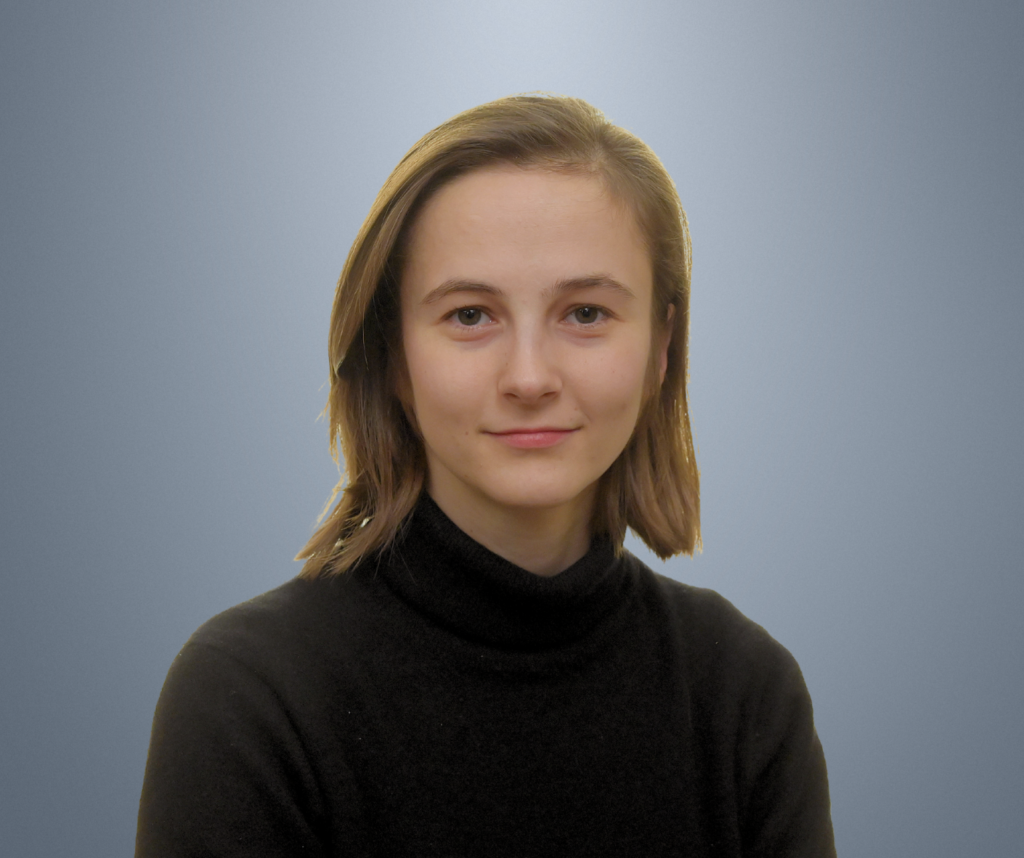
Saurabh Arora
Saurabh works on questions of decolonisation and sustainability. He is based at the University of Sussex.
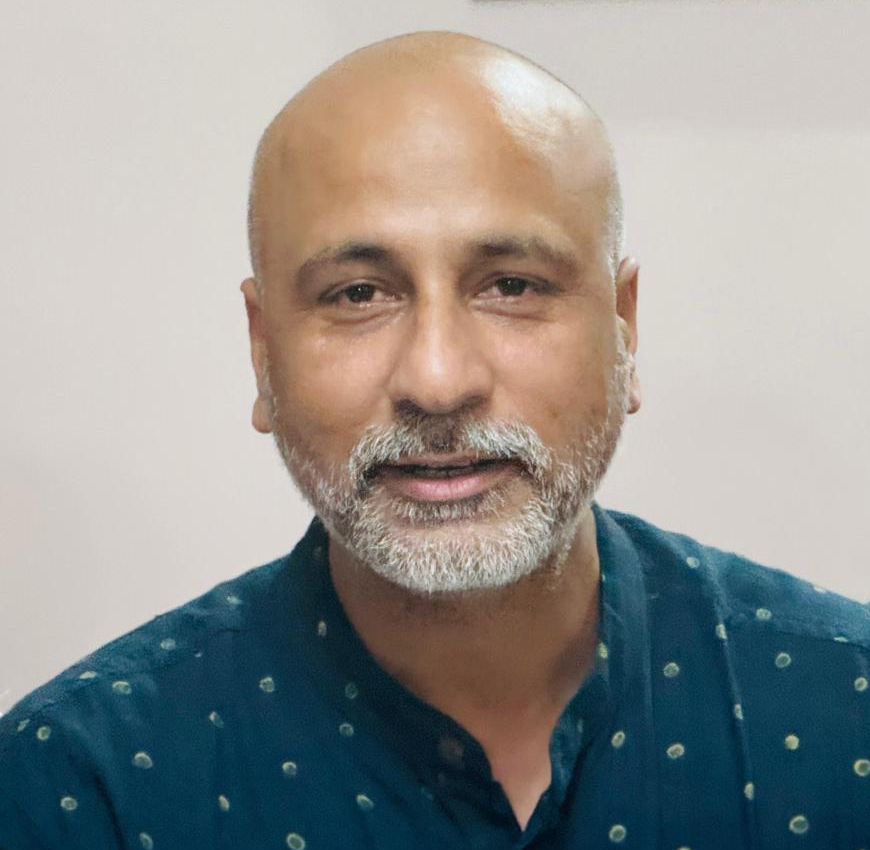
Sean Ruffell
Sean is the Managing Director of Organic North Wholesalers, one of the few large-scale wholesalers of exclusively certified organic fresh produce in the UK. Aside from lumping veg about, managing some of the day-to-day operations and our 20-strong warehouse and office staff, Sean’s current responsibilities include sales, both establishing new and maintaining existing relationships with our ever-expanding number of growers and suppliers, as well as developing and implementing new systems and software.
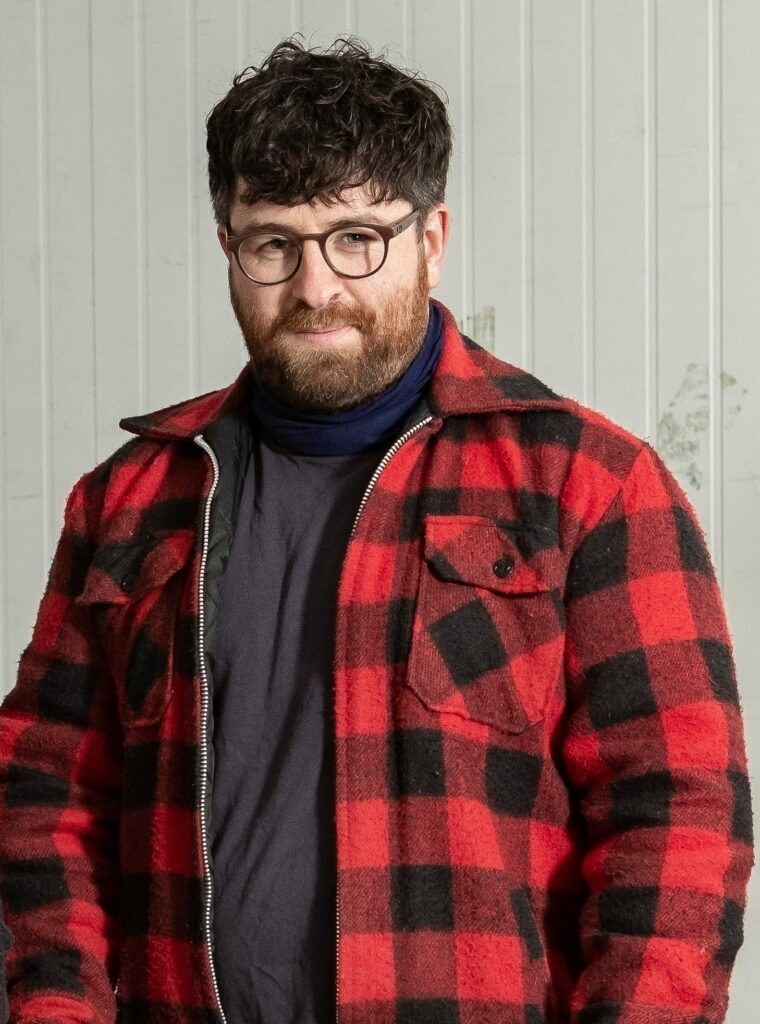
Seb Mayfield
Seb is head of growth at Ooooby and has spent the best part of 20 years working on increasing access to good food. He co-owns a local veg box scheme in Hampshire and is co-founder and director of Hampshire Market Garden.

Sebastian Kipp
Sebastian’s background is in agriculture with a strong focus on plant science. After various research periods in Aleppo/Syria for the International Center for Agricultural Research in the Dry Areas (ICARDA) and University of Adelaide, Sebastian joined Klasmann-Deilmann. As Director of Product Development and Innovation, Sebastian is responsible for the execution of their peat reduction strategy across all horticultural segments.

Seiel Sun
Seiel is a shamanic practitioner, medium, environmentalist and mixed media interdisciplinarity artist, exploring the intangible and the collective unconscious.
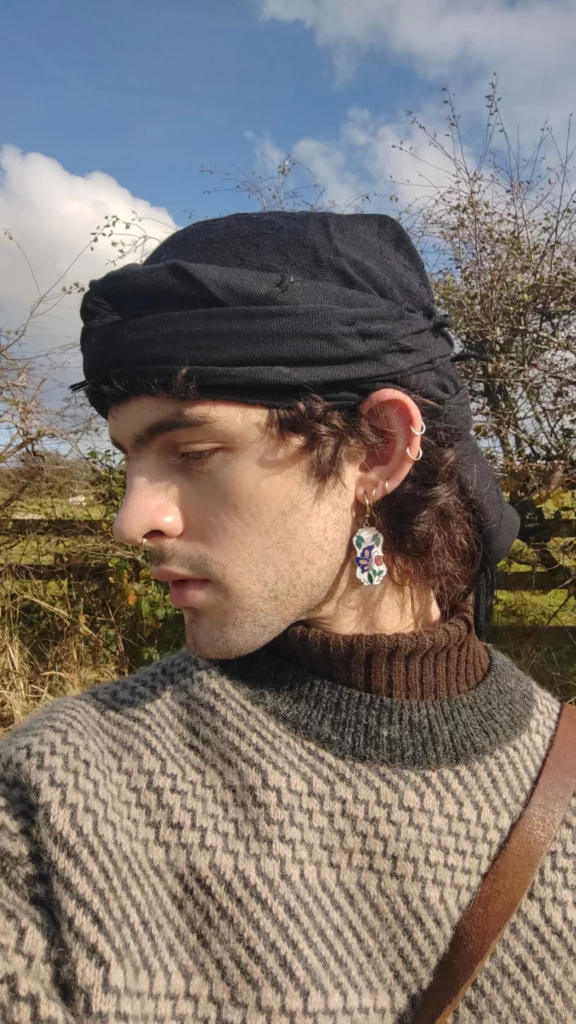
Shama Khanna
Shama is a London artist and curator who grows. They are researching towards a PhD in liberatory gardening with Kingston University in collaboration with Barking and Dagenham Council. They have curated the online platform Flatness (flatness.eu) for over 10 years, a collective journey celebrated in the book ‘Queer Diasporic Futurity’.
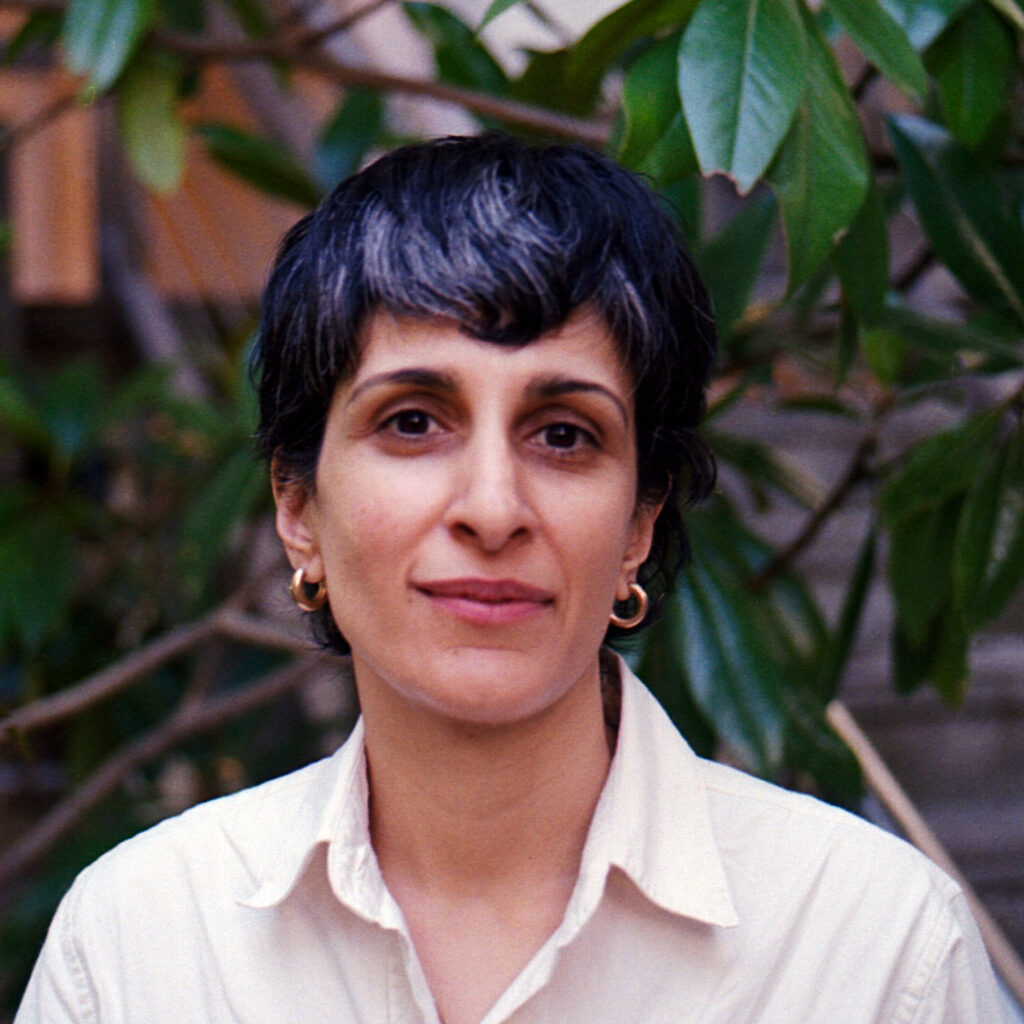
Shane Holland
Shane (he/him) is a campaigner on food, farming, and social justice issues. He is Chairman of Slow Food in the UK, sits on the global Slow Food Council, and is a founding member of Slow Food LGBTQ2S+. His other roles include Chairman of Borough Market and Ambassador for Venner.
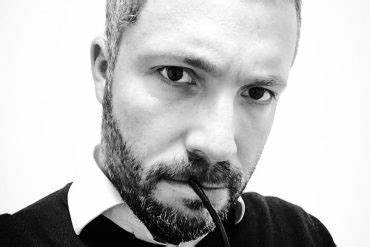
Shinya Imahashi
Shinya is a Natural Agriculture farmer and advocate. He was previously the long-term farm manager for the Shumei Yatesbury farm in the UK. Shinya offers educational courses to gardeners and farmers wishing to learn more about seed-saving and cultivating crops and healthy soil without the use of any additives.
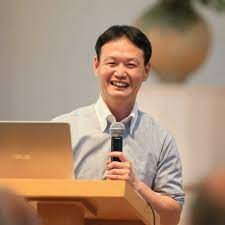
Silas Hedley-Lawrence
Silas is an agroecological farmer, coach and consultant with a decade of experience in regenerative agriculture. Formerly a farm manager at FAI Farms and English Farm, Silas focuses on lean, profitable farming systems that deliver biodiversity and soil health. He’s a participant in the RAAP, R2R and CREATE accelerator programmes.
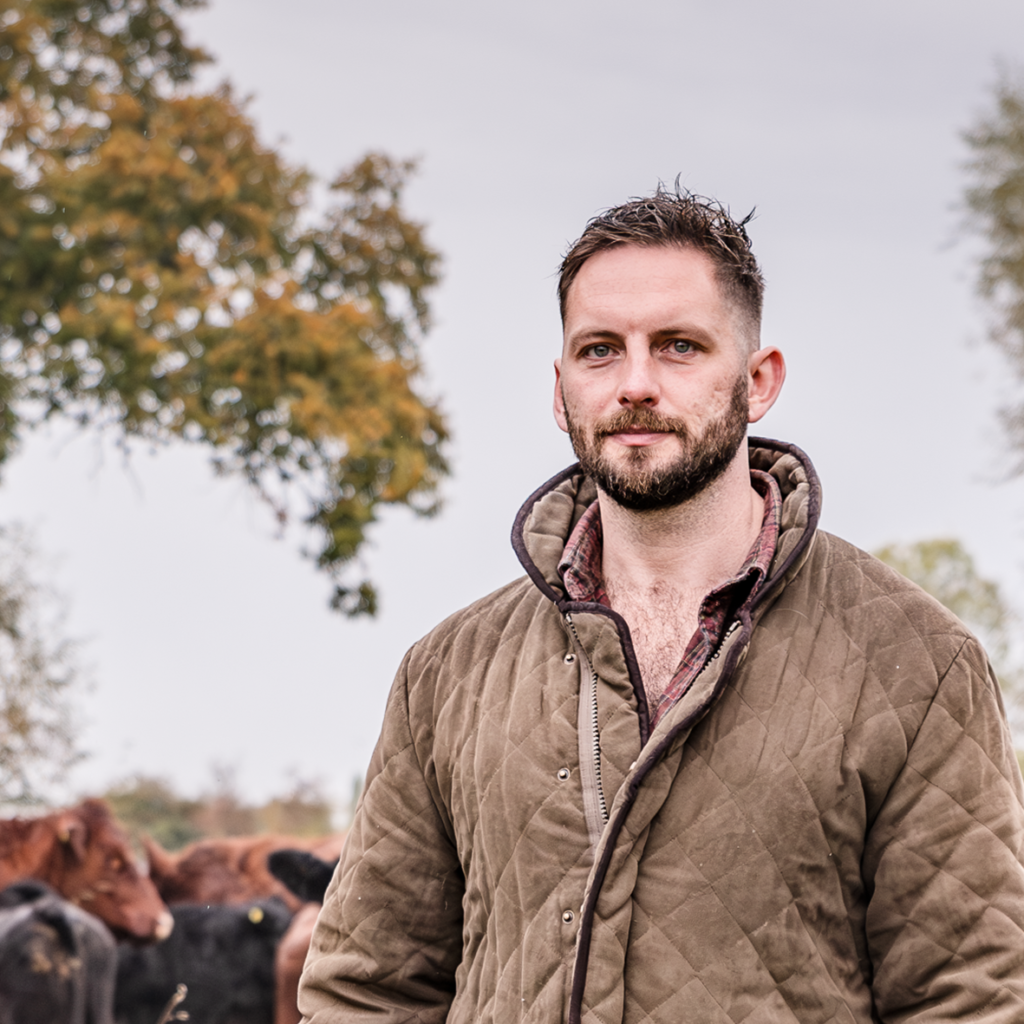
Siwan Clark
Siwan Clark is a Welsh singer and harpist. Her performances use storytelling, folk music, and original compositions to create a space of community, solidarity, and care. With Alex Heffron, she co-authored the essay ‘For Land or Money: Care and the Welsh Farm’ for the collection ‘The Welsh Way’ (Parthian, 2021).
Sofie Elise Quist
Sofie is a PhD candidate at the Arctic University of Norway where her research follows coastal communities and small-scale fishers’ struggles for rights and access to the sea and competing narratives about sustainable food in ocean governance. During the short arctic summer, she grows vegetables at Holt eco park, Tromso.
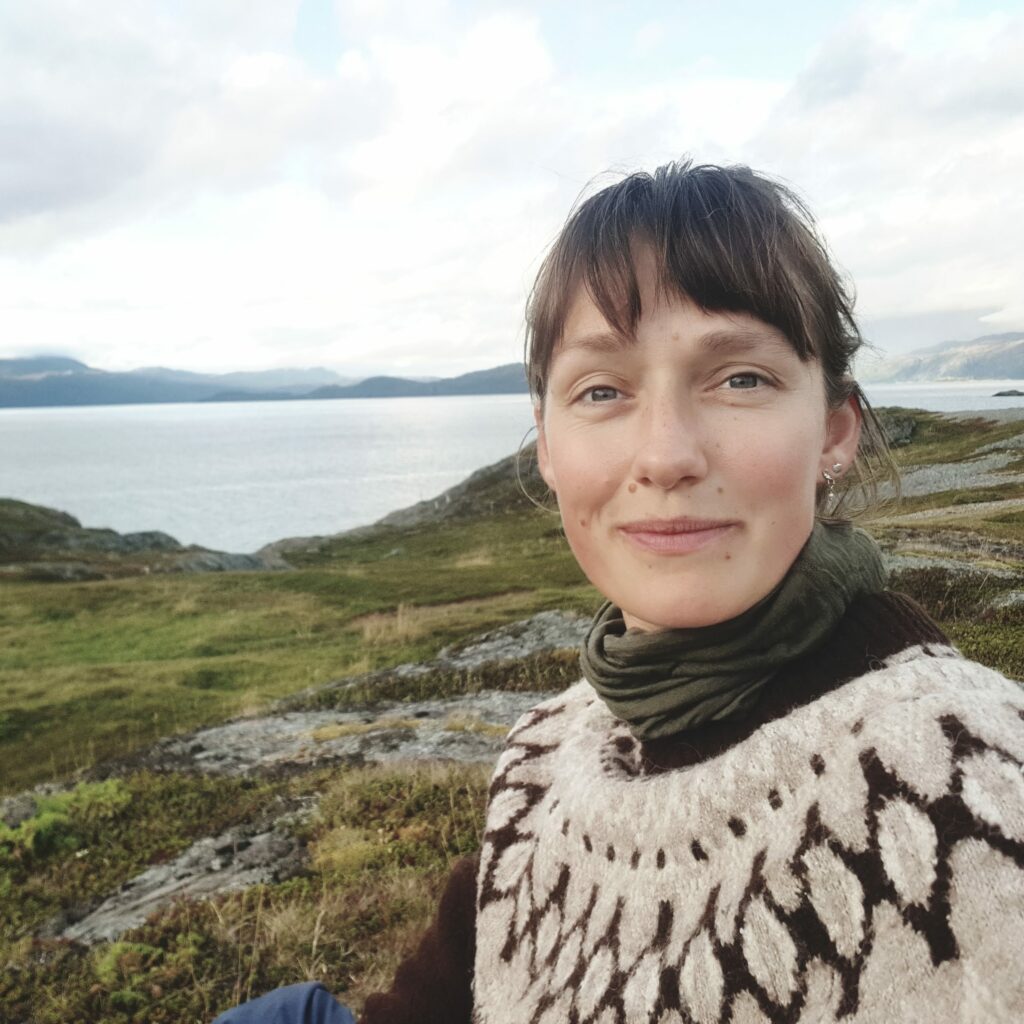
Sofie Keller
Sofie is a Bristol-based artist exploring wool and pastoralist knowledge for ecological restoration. Currently studying an MA in Regenerative Design at Central Saint Martins, Sofie practises Dogma knitting, a technique of knitting directly from raw wool, celebrating the slowness and the value of handcraft.

Sonia Lee
Sonia has worked with farmers across horticulture and grazing industries for more than 20 years and has grown vegetables using mulch-based techniques for around 25, including operating a small-scale no-till market garden. Having grown up on a farm, Sonia’s balanced approach encompasses thorough academic research alongside practical, farmer-orientated, commercial reality.
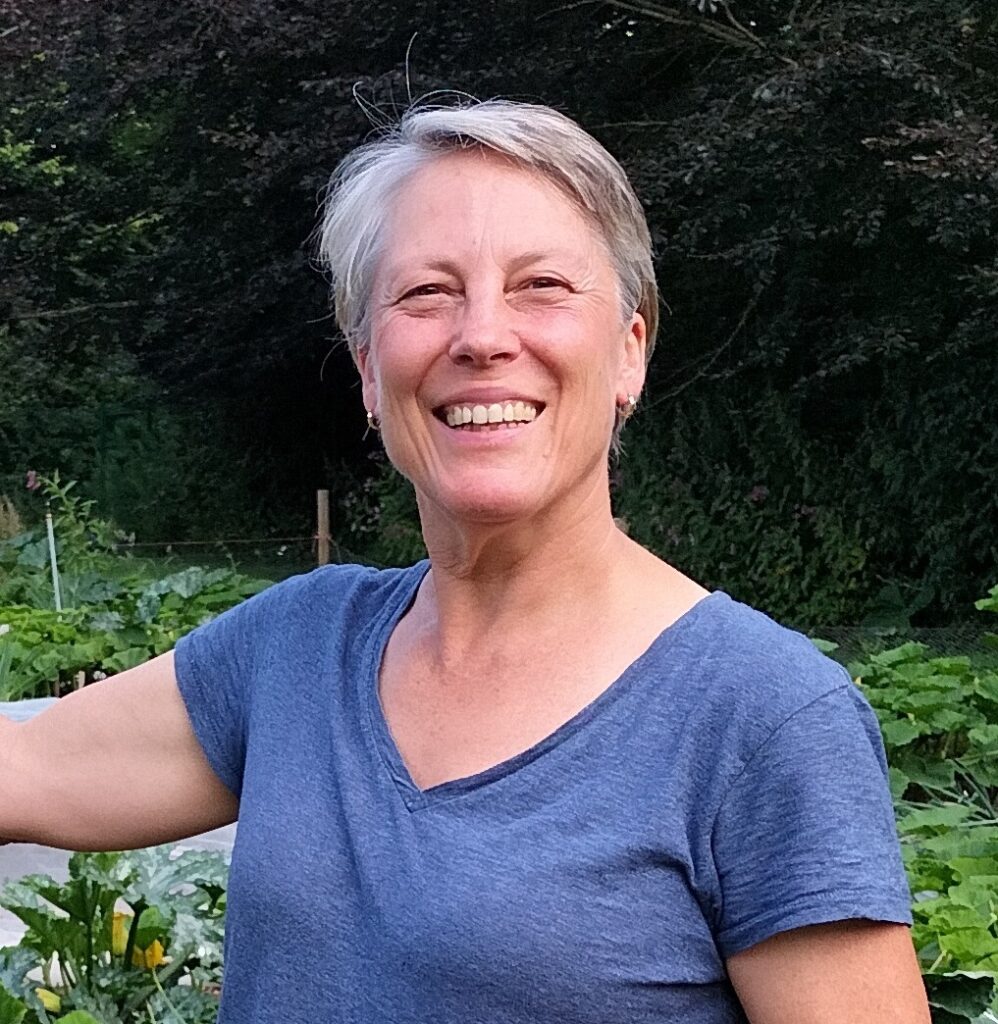
Sonita Mbah
Sonita is a Communications Coordinator at The Pocket Project and holds a Masters in World Heritage Studies. She is a passionate food grower, Permaculture designer and facilitator. For over 10 years, she was the Administrator of Better World Cameroon and co-initiator of Bafut Ecovillage, an off-grid learning center North West of Cameroon. As Executive Secretary of the Global Ecovillage Network Africa, she brings regenerative community and social enterprise development to several African communities.
Sophia Doyle
Sophia (she/her) is a researcher currently based in Berlin. Her work combines her background in Postcolonial Studies, practical agricultural training and activist experiences to build internationalist solidarities across movements for food and land justice. She is currently working on a PhD researching the relationship between industrial agriculture, colonialism and imperialism.
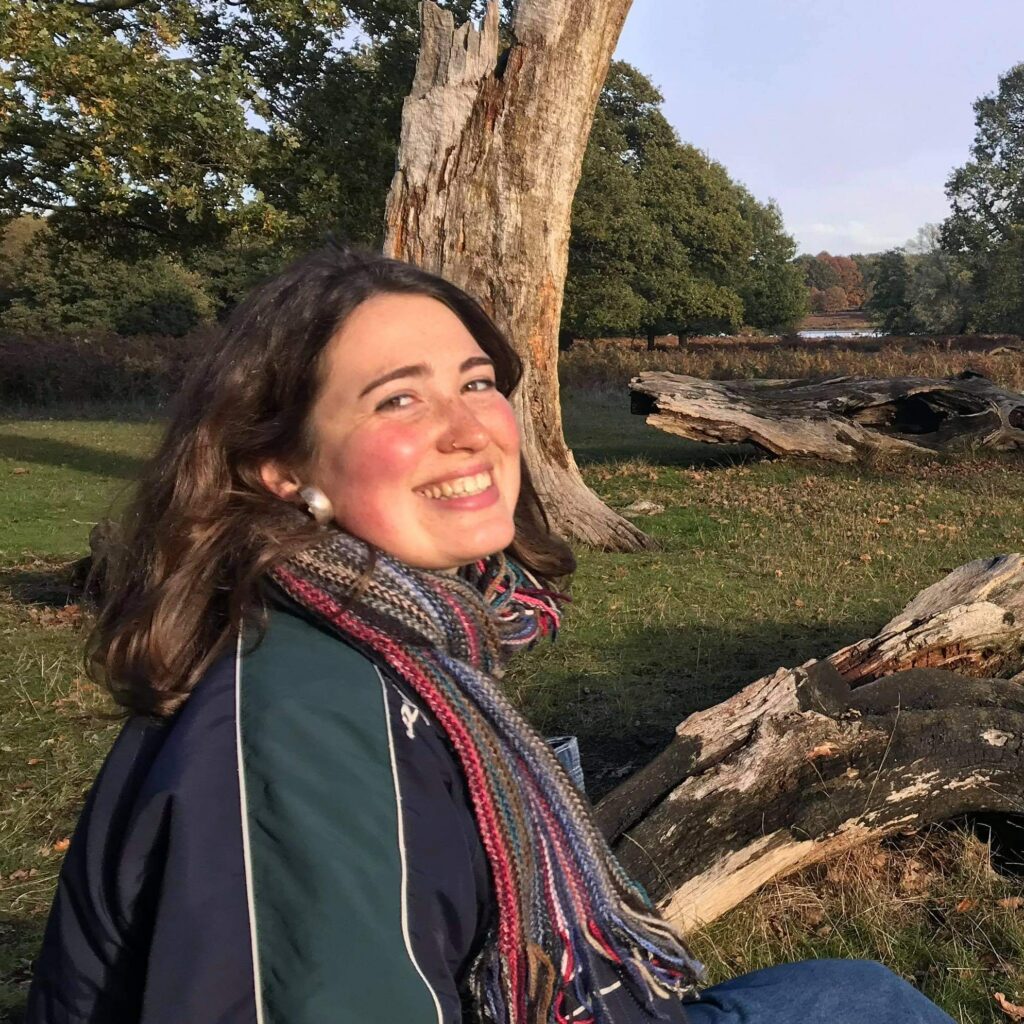
Sophie Kirk
Sophie works as a Senior Commercial Manager at Soil Association Certification supporting the development of organic farming, agri-food sectors and supply chains. With an MSc in Food Security & Sustainable Agriculture from the University of Exeter, previous experience includes leading sustainable food strategies for local Government and public health and supporting the development of short supply chains.

Sparrow Middleton
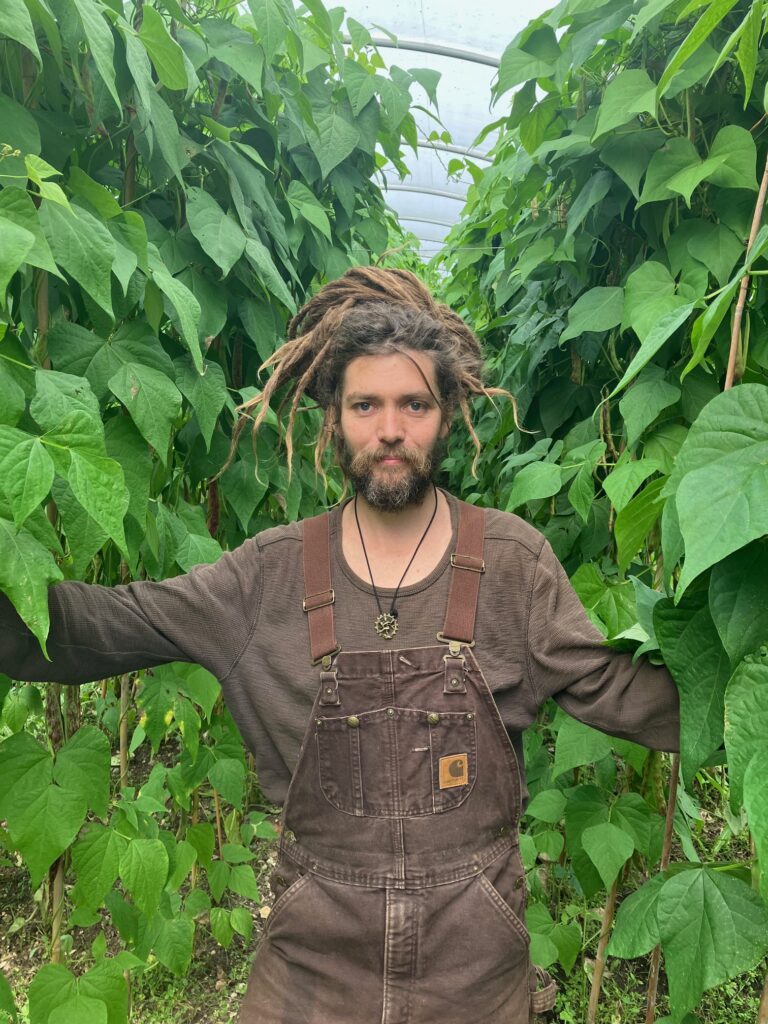
Steph Ackrill
Steph, along with her husband Fred, have taken over their family farm in the Cotswolds. At the conference, they will discuss the successes and challenges faced during the succession process. The farm runs a herd of Pasture-for-life, Organic Herefords, known as ‘Cotswold Beef’, alongside multiple farm diversification enterprises.
Steph Robinson
Steph is co-founder of criw compostio, a non-profit community composting project based in Machynlleth, mid-Wales dealing in local waste (food waste in particular). She’s also a facilitator, teacher, and organiser. She built and lives in the world’s first miscanthus straw-bale house (with 2 compost toilets), and has worked in Human Resources teams for the last 25 years, the last 15 of which in Diversity, Equity and Inclusion. She now specialises in employee network development and inclusive leadership training.
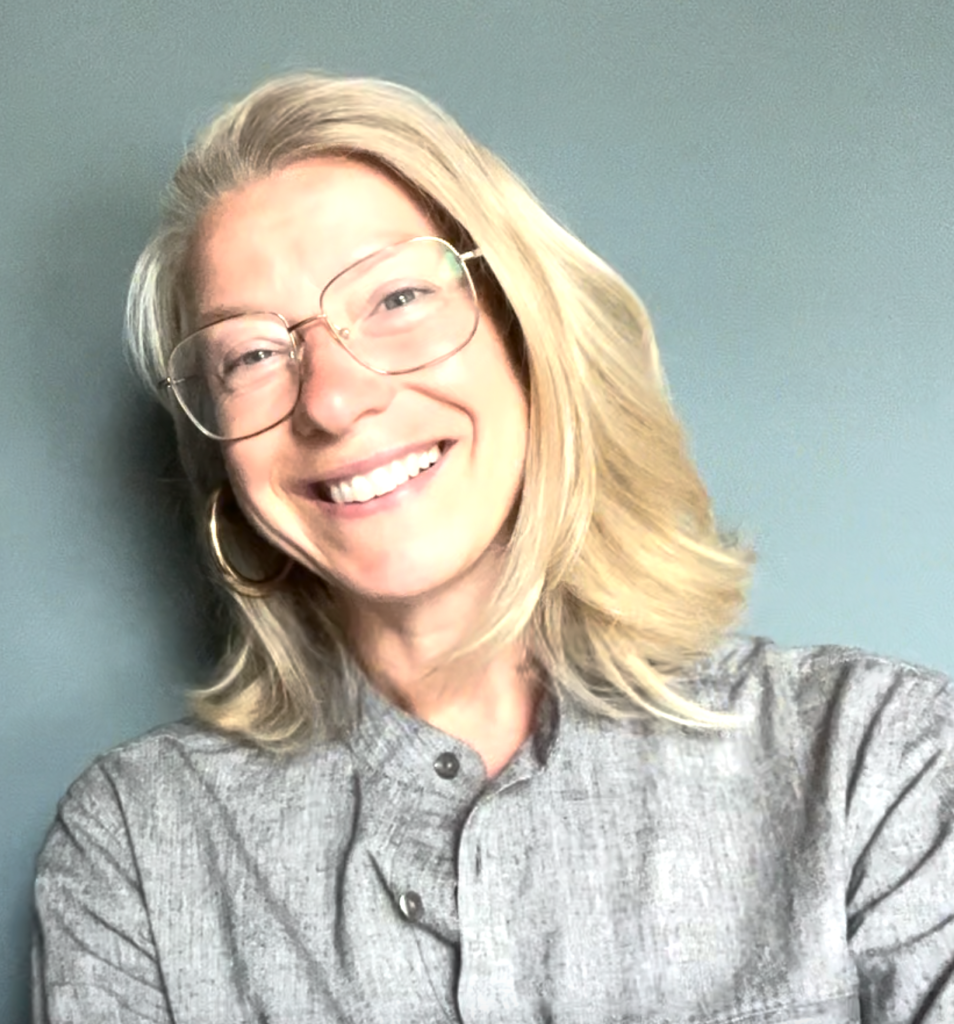
Stephanie Motzek
Stephanie works in ethics and compliance at Suma. Transparency, fairness and equality are central to her role. Whilst relatively new to the cooperative movement, Stephanie sees the value and potential for coops to contribute to the transformation required for a healthier and more egalitarian food system.
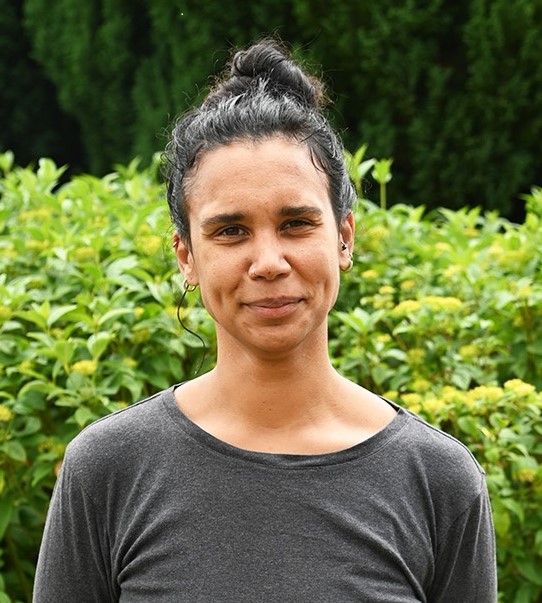
Stephanie Williamson
Stephanie is an ecologist and biologist, a Scientists for XR member, and recently retired as Staff Scientist at Pesticide Action Network UK (PAN UK) after more than two decades working on pesticide alternatives and sustainable agriculture all over the world. At PAN UK her work included identification and promotion of ecologically informed alternatives to hazardous pesticides, pesticide policy assessment, and advising food and fibre companies and standards on reducing pesticide use and risks.
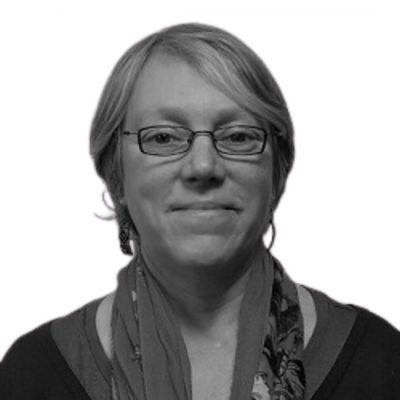
Steve Morris
A qualified secondary and Additional Learning Needs teacher, an engineer and a mountain leader, Steve is working for Social Farms & Gardens organising events as part of the Bwyd Sir Gar Food partnership and running the Carmarthenshire Machinery Ring. He runs a One Planet Development in Llandeilo which is currently in the construction phase.
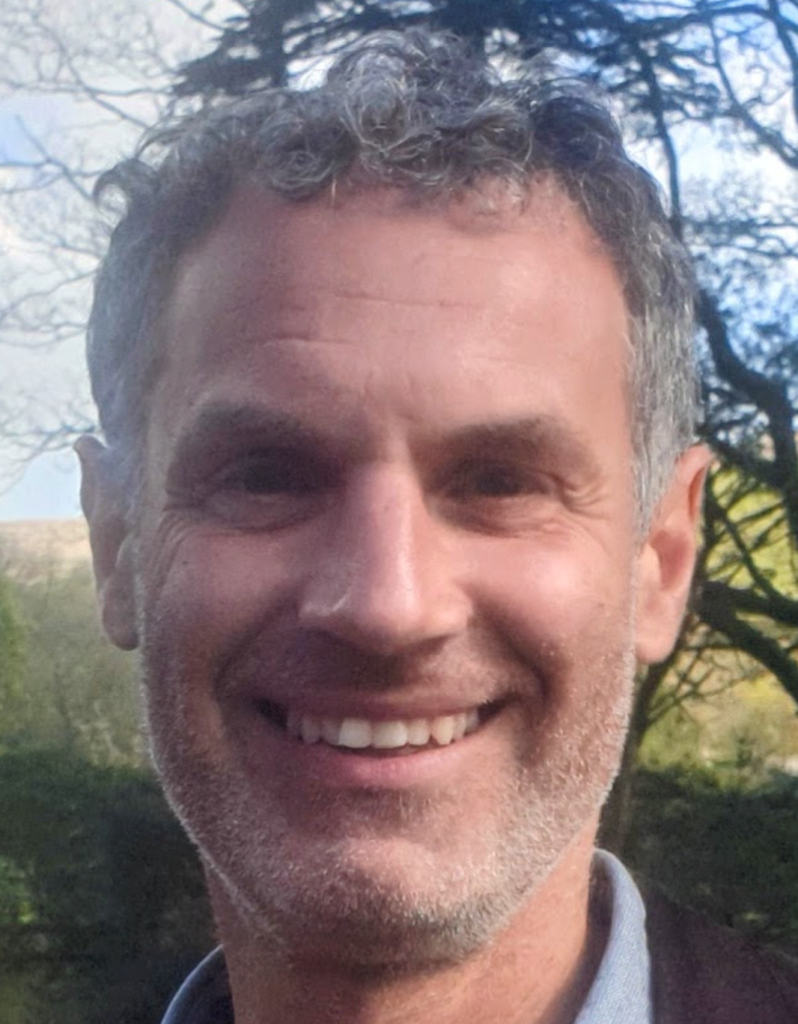
Steven Jacobs
Steven is a business development manager for UK’s largest certifier of organic land, Organic Farmers & Growers. He is also involved in the Organic Growers Alliance, European Organic Comms Hub, GM Freeze, Shropshire Good Food Partnership, Wales Real Food and Farming Conference, Welsh Organic Forum, and the UK Grain Lab.
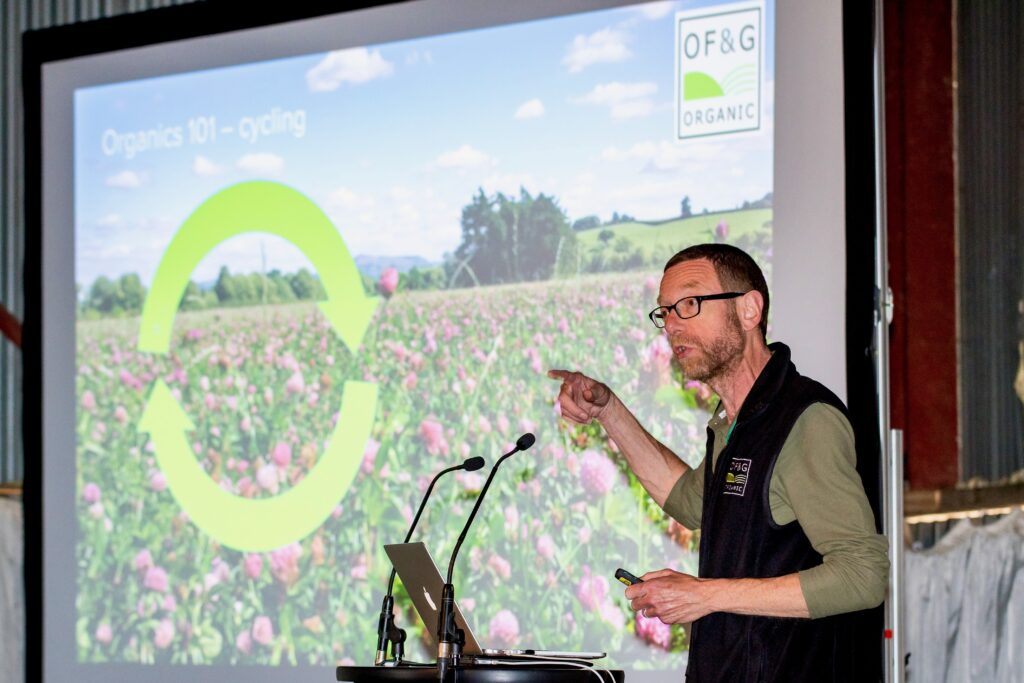
Steven McAllister
Steven is an Agri Supply Chain Coordinator for White’s Oats in Tandragee. He supports the local supply chain and organic growers in Great Britain to deliver the best quality oats. White’s Oats are committed to their organic oat supply with Organic Arable and have invested in organic oat trials over recent years. Alongside visiting farms, Steven provides invaluable information on oat milling performance.
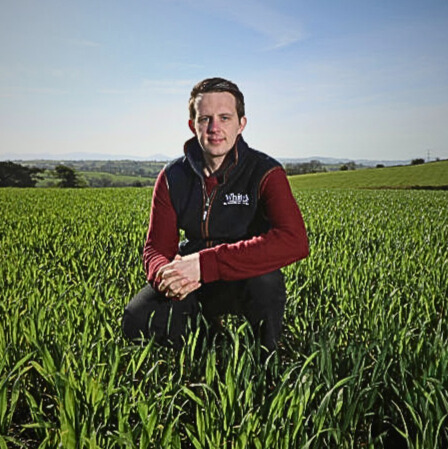
Steven Sidhu
Steve is CEO and co-founder of Growing Good Technology, a software platform built for running a veg box scheme. Growing Good is on a mission to put great tech in the hands of local growers and retailers to make our local food system really work.
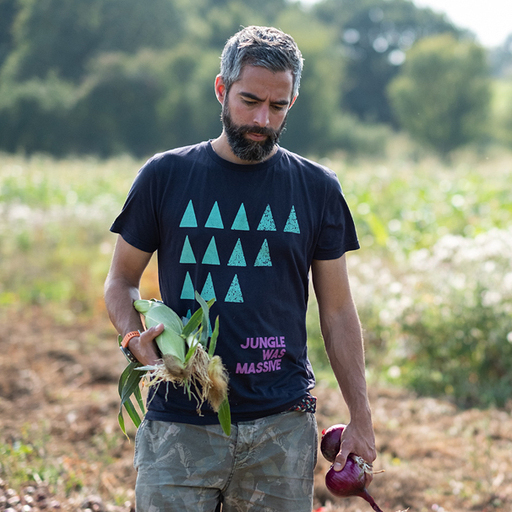
Tamara Schiopu
Tamara specialises in food marketing and holds a Biology degree from the State University of Moldova and a Master’s degree in Business Administration MBA from the University of California. Her recent activities involve organic and artisan food legislation and Organic Group Certification. Tamara is co-founder of Tolhurst Organic Partnership CIC.
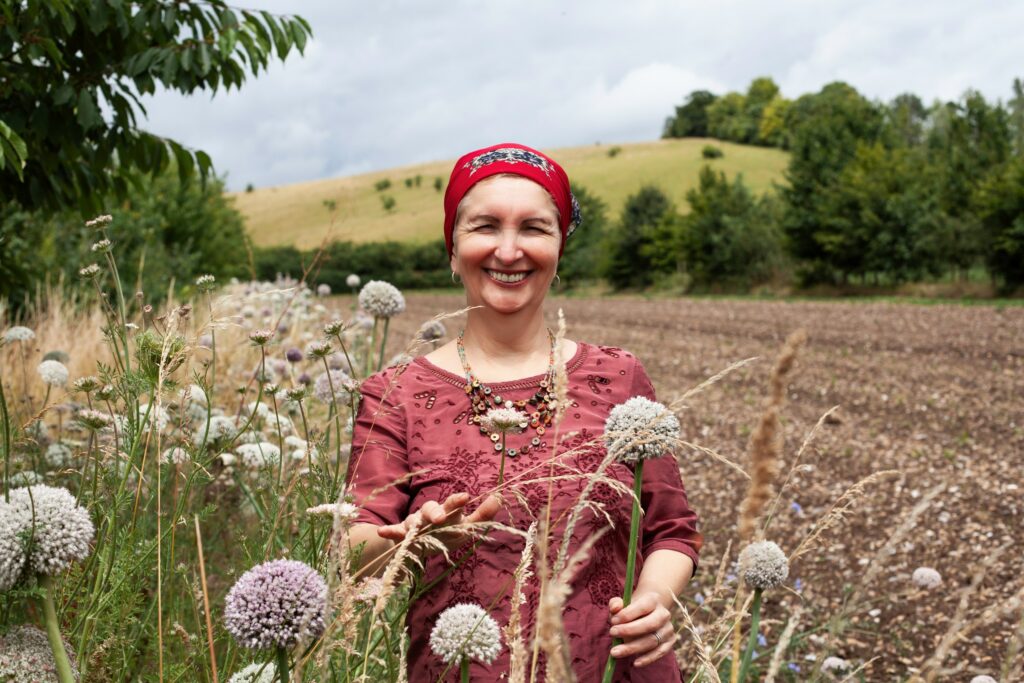
Tammy Smalley
Tammy is Head of Conservation at the Lincolnshire Wildlife Trust. She has lived and worked around the world, but has now come home to her roots for her final push to recover nature and help adapt to and tackle the drivers of climate change. Tammy is working with the farming sector, water level management bodies, water companies and more to secure sustainable food production and well-managed water resources that benefit peatland restoration as well as people and wildlife for generations to come.
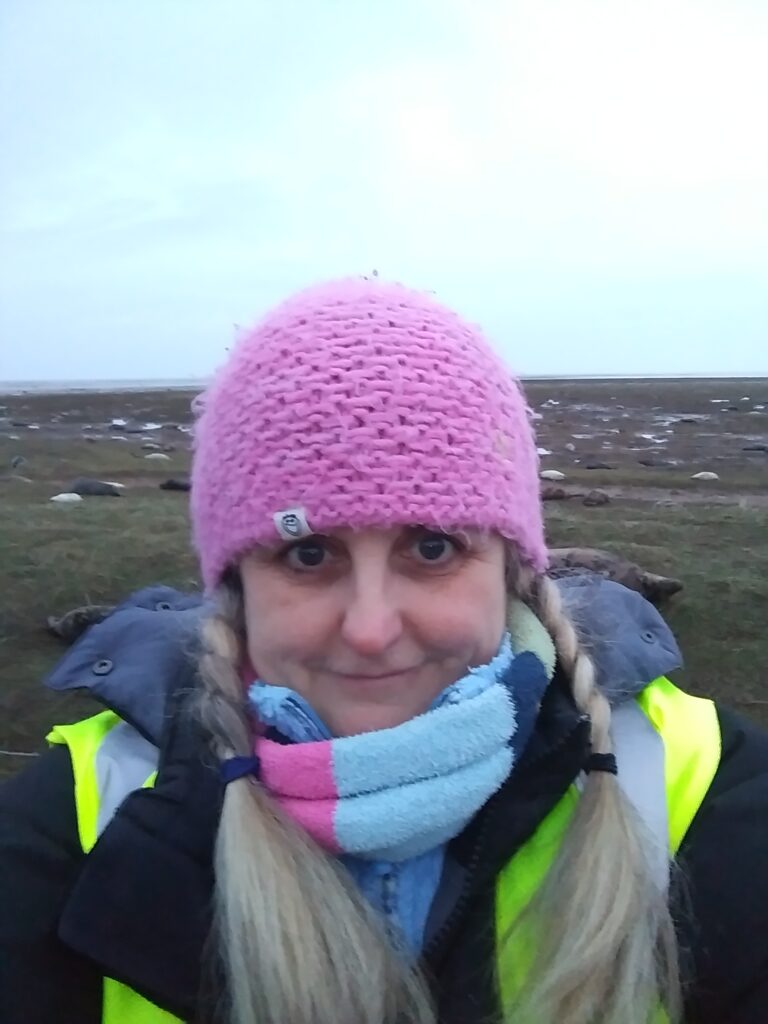
Tamsin Blaxter
Tamsin is a researcher at TABLE, where she explores evidence, assumptions and values around food systems futures. She has worked on the history and science of protein nutrition, and on how power, nature, and our relationships with non-human animals shape food systems debates.

Tara Wight
Tara is an activist and researcher working on agroecological transitions and land justice in a Scottish context. She holds a PhD in agricultural science and currently works as the campaigns coordinator for the Landworkers’ Alliance in Scotland. Her work focuses on improving equity in the farming system, supporting diverse new entrants to the land-work sector, and campaigning for the redistribution of land to the people who live and work on it.

Tasha Elena Stevens-Vallecillo
Tasha is a BIPOC mushroom and medicine grower with Mayan heritage stemming back to Nicaragua. Her training was acquired through her heritage and community living off-grid in the UK, where the land’s whispers gave rise to her intuitive approach to farming and tending. As founder of Land, Food and Medicine, her focus now lies in growing medicinal foods on a medium scale. She has an outdoor log mushroom farm, cultivating native strains using ancient methods and growing medicinal agroforestry crops.
Tatiana Garavito
Tatiana is an organiser and facilitator working on issues at the intersection of migration, race, and climate justice. With extensive experience in social justice leadership and liberation processes, she also co-leads care and repair efforts at Tipping Point UK.
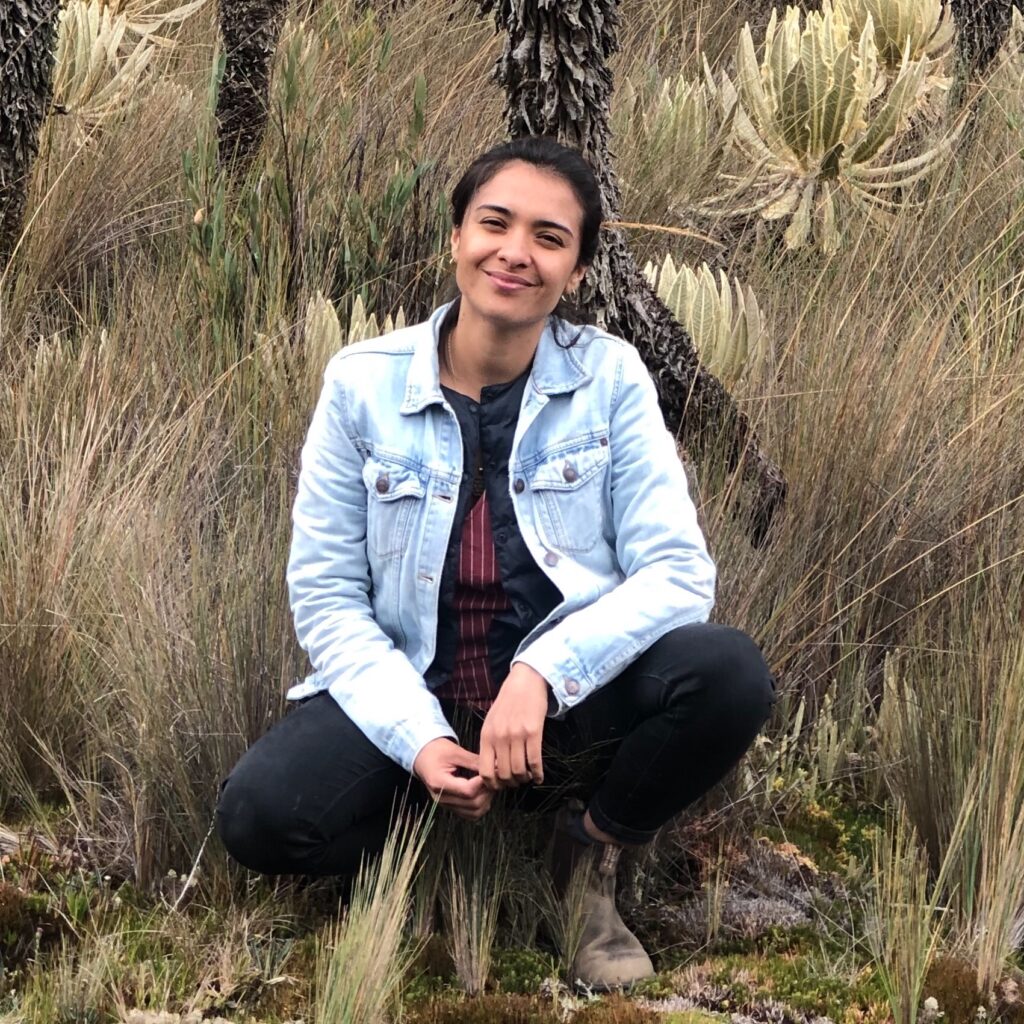
Teleri Fielden
Teleri is a first-generation tenant farmer, farming in Nantmor, Gwynedd (Eryri/Snowdonia) with her husband Ned and son Ianto Glyn. Teleri also works for the Farmers’ Union of Wales Policy team and leads on Climate Change, Biodiversity, Forestry and Red Meat as well as general Future Agricultural Policy scheme design.

The Hot Poets (Dizraeli, Testament, Abby Oliveira, and Liv Torc)
Hot Poets is the UK’s leading climate science and literature project, working nationally and internationally to support a faster green transition through world class creative intervention. Hot Poets Dizraeli, Testament, Abby Oliveira and Liv Torc are all world-renowned Artists. Their Hot Poets poems have been experienced over 5 million times.
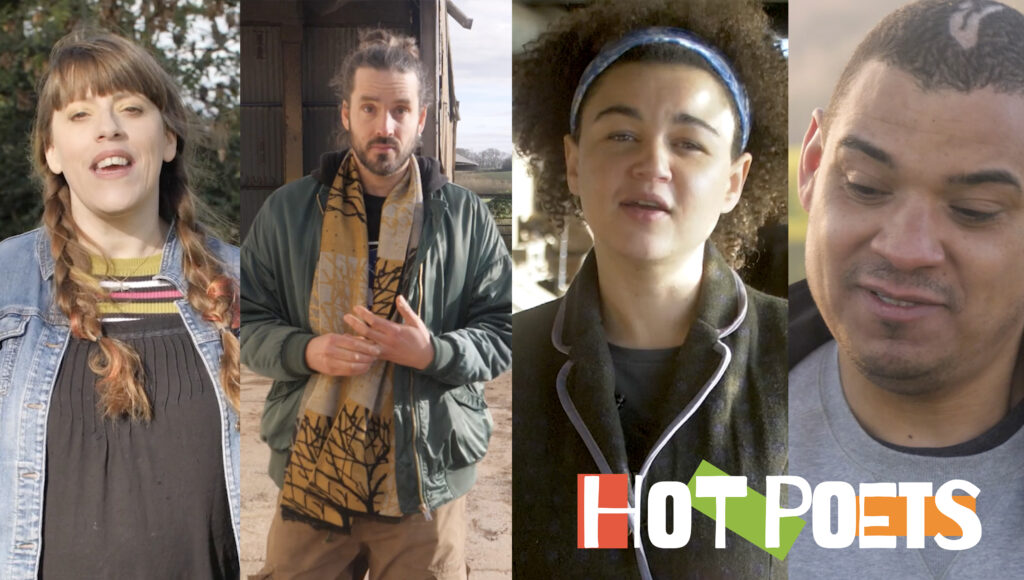
Tim Barnes
Tim has been involved in farming all his working life. He was a hill shepherd and Crofter in Argyll for 35 years before moving to Galloway four years ago with his family. Having come across regenerative grazing and the science behind it in 2019 (which “just made sense” to him), he now farms 120 acres at Trostrie using Adaptive Multi-Paddock (AMP) grazing with a flock of South Country Cheviots to develop soil function and fertility.

Tim Downes
Tim has been a Shropshire organic dairy and beef farmer for 25 years, milking 300 cows, spring calve selling to Organic Herd (OMSCO), and beef to Waitrose. He is a Nuffield scholar, a RABDF Vice chairman, and he sits on a dairy round table group feeding into DEFRA. He also has 9 years of experience on the Organic Herd board, he sits on the Dairy Science Forum and DairyUK, and he enjoys river rowing.
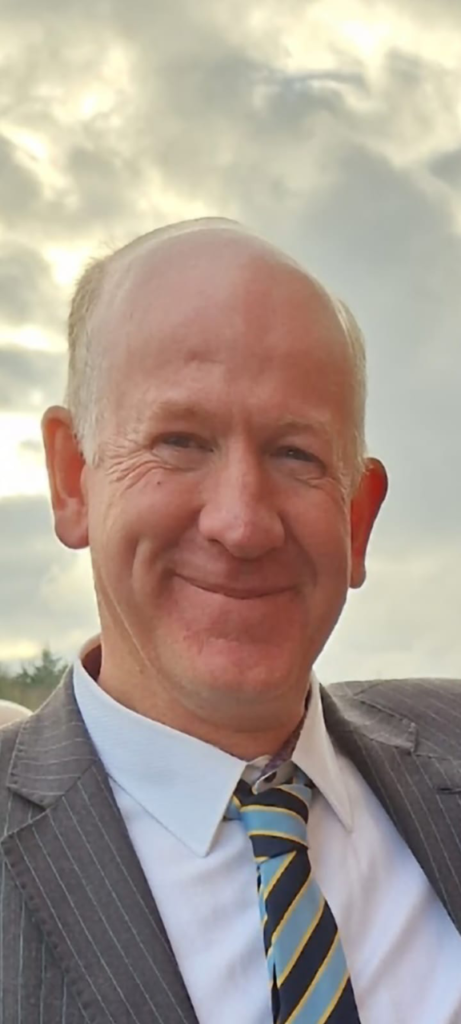
Tim Field
Tim facilitates the North East Cotswold Farmer Cluster, practices deer management, and has experience in the food supply chain. Among a number of projects undertaken with the farmer cluster this year are a grouped England Woodland Creation Offer (EWCO) tree planting application with Network Rail, the Evenlode Landscape Recovery, a deer drone survey and venison supply chain analysis, and local abattoir and meat supply chain feasibility study.
Tim Lang
Tim is Professor Emeritus of Food Policy at City St George’s, University of London. After hill farming in Lancashire in the 1970s, he worked on food policy across health, environment, politics and culture. Since writing Feeding Britain (Pelican 2021), he’s focussed on the state of civil food resilience.
Tom Gregory
Tom is an organic dairy farmer, producing milk for Arla. He and his wife, Sophie, share farm on the Devon-Dorset border. They run 360 mainly Irish Friesian cows across 900 acres. Their business focuses on turning grass to milk in a socially and environmentally sustainable way. They are passionate about the potential of soil.
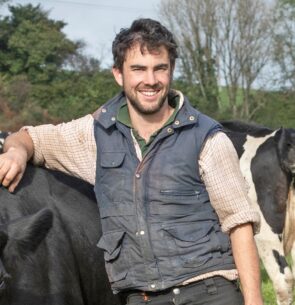
Tom Johnstone
Tom comes from a background in outdoor adventure education. He spent 15 years working across the UK and Europe leading folks young and old on responsible outdoor adventures and learning about the landscapes, the environment and personal development. He recently launched we are Nature Based CIC to help drive the delivery of Natural Flood Management and further the conversation around Rights of Nature in Wales and brings a proactive ‘can do’ approach to tackling the Nature Emergency.

Tom Lancaster
Tom is Head of Land, Food and Farming at the Energy and Climate Intelligence Unit (ECIU). Tom joined the ECIU in March 2023, moving from the Royal Society for the Protection of Birds (RSPB) where he was head of farming and land management policy. His background is in agriculture and land use policy, having coordinated much of the environment sector’s policy development and advocacy around post-Brexit farm payment reforms in England.
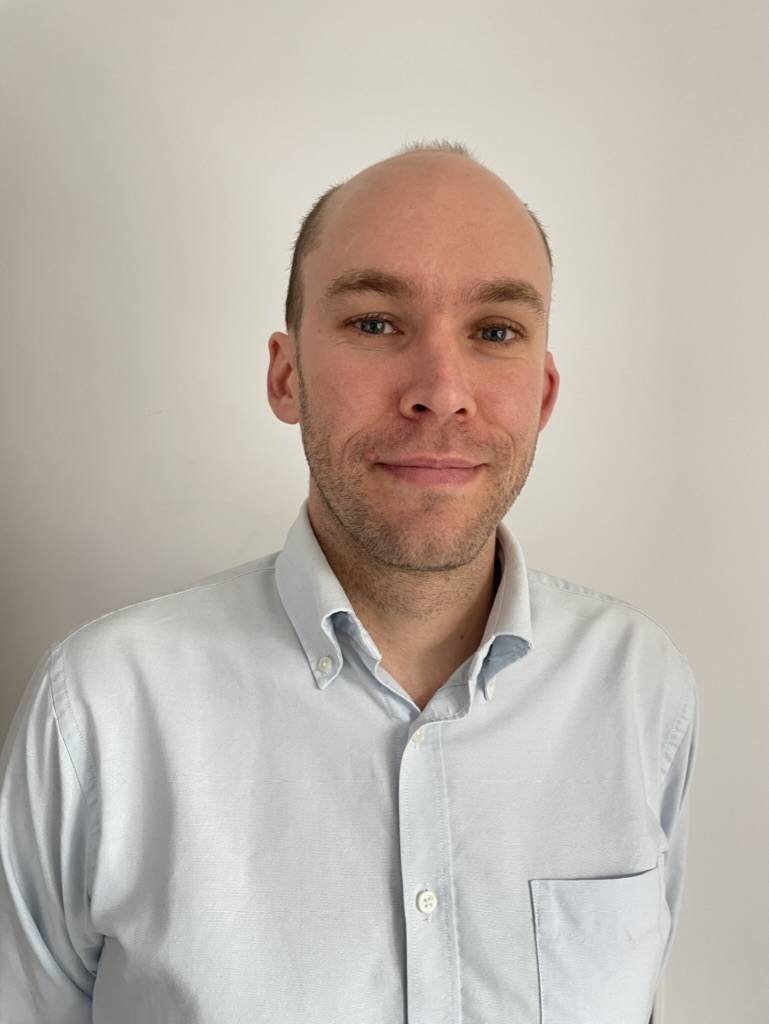
Tom Pearson
Tom is a farmer and medical doctor, striving to build resilience in all aspects of the farm, from healthy soils to healthy communities. His recent Nuffield farming scholarship explores the role of agriculture and food systems as an opportunity to improve health, including through local food supply and education.
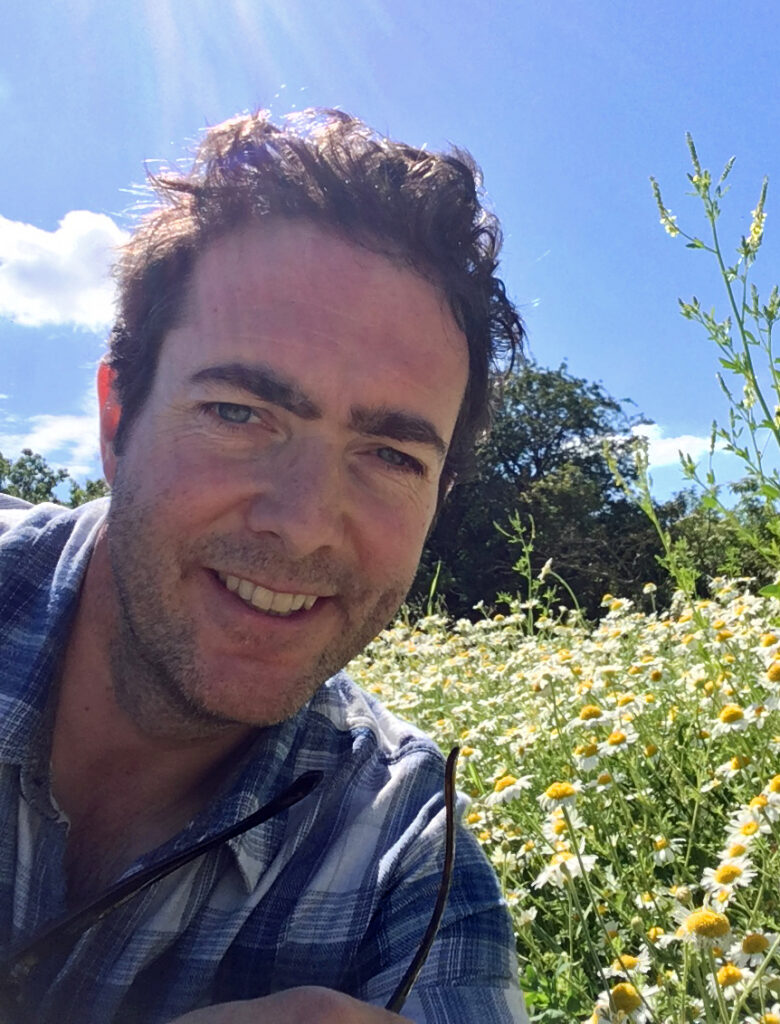
Tom Pope
Tom is a Reader at Harper Adams University where he teaches entomology and integrated pest management (IPM). His research focuses on developing IPM tools in arable as well as horticultural crops. His recent work addresses the need to develop approaches to determine whether integrated approaches are working additively or synergistically.

Tom Wakeford
Tom works with Seeding Reparations, whose aim is to transform food and farming systems in ways that support wider efforts to repair the harms inflicted by European colonialism as we work towards an alternative world to racial capitalism. He is also a participatory researcher, writer and occasional performer.
Tristram Stuart
Tristram is the founder of Toast Ale, a beer launched in the UK in 2016 that is made using fresh, surplus bread. He is an international award-winning author, speaker, campaigner and expert on the environmental and social impacts of food. The environmental campaigning organisation he founded, Feedback, has spread its work into dozens of countries worldwide to change society’s attitude towards wasting food.
Ulrich Schmutz
Ulrich is a professor at Coventry University in England, United Kingdom. He is a co-founder of the university’s research centres on agroecology (CAFS, CAWR) based at Ryton Organic Gardens, a 10 ha certified organic horticultural farm, which Coventry University bought in 2019. Ulrich is an agricultural and horticultural scientist and economist and has 35 years experience in organic horticulture, food and farming research.
Umulkhayr Mohamed
Umulkhayr (he/she/they) is a Welsh Somali artist and community organiser who was drawn to land justice as a place where they felt able to join the practising of a spirituality rooted in animism and ancestral honouring, grounded in inter-species liberation. He’s a member of Teasel Coop, a Cardiff UK queer land justice collective.

Valeria Ragni
Valeria is the Centre Manager at the Worker Support Centre and has over ten years’ of experience in establishing, developing and delivering programmes on local, national and international scales. This work has been focused in the UK and international refugee, migration, trafficking and violence against women sectors. She has fulfilled front-line and managerial roles in major third-sector organisations.

Vera Zakharov
Vera (she/her) is the Local Action Coordinator at Sustain. She supports Sustainable Food Places and other local stakeholders to share community-led best practice and advocate for Government leadership on healthy, just and sustainable food for all. She also works to improve LGBTQ+ visibility and accessibility in the UK community food sector.
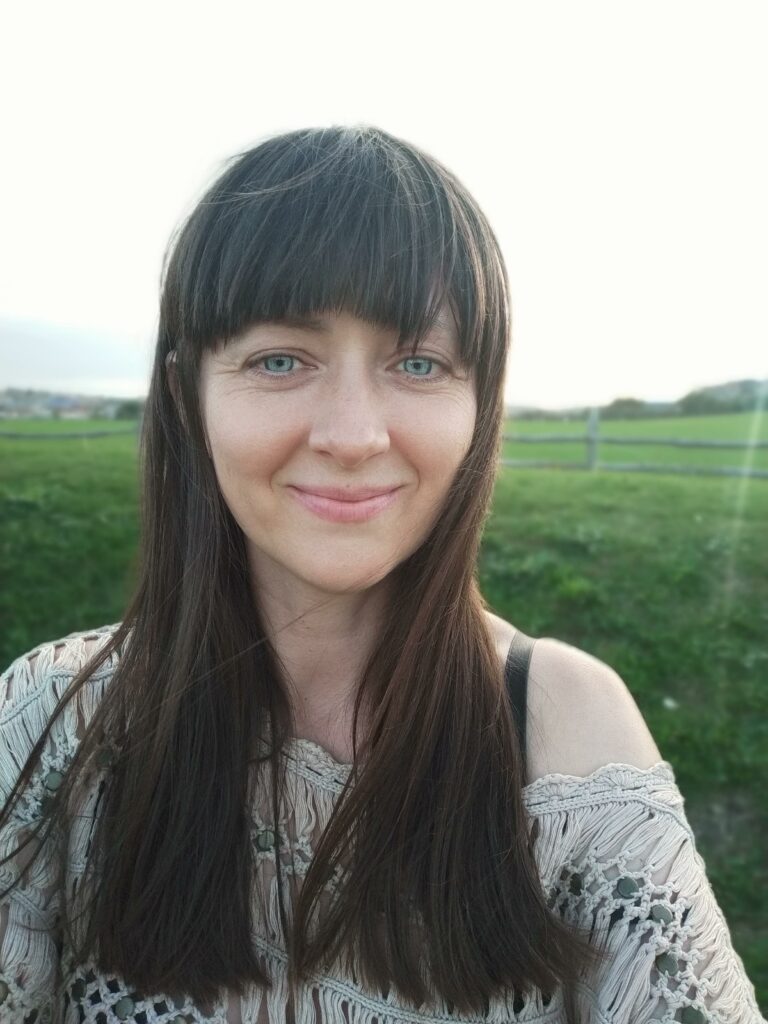
Vicki Hird
Vicki (MSc FRES) is Strategic Lead on Agriculture for The Wildlife Trusts UK. She was Head of the Sustainable Farming Campaign for Sustain: The Alliance for Better Food and Farming with 35 years in farm policy. She is also a published author, entomologist and runs an independent consultancy.
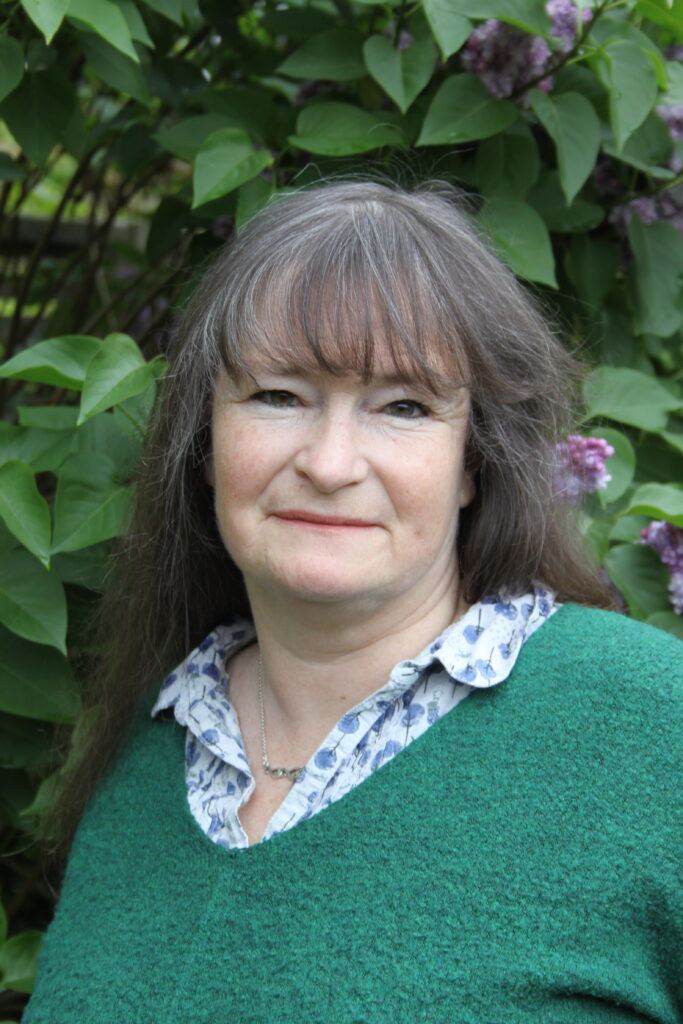
Vincent Dauby
Vincent is the research officer at Agroecology Europe. He’s been engaged with agroecology for ten years through civic engagement with peasants and activists in Belgium and abroad. Vincent has an Ms in Agroecology, a Certificate in Development, an Ms in Business Engineering and a Certificate in Environment Management. Vincent has worked for Belgian and international NGOs as a food and sovereignty officer. He has also worked on climate and agroecology, on finance for agroecology, and on global food governance.

Walter Pirri
Walter (IT) is an environmental scientist by training and started working for Valdibella 9 years ago. Valdibella is a farmers’ cooperative of 31 small-scale producers from Sicily. They co-founded The Food Hub in Belgium, which is now their biggest customer for their fresh produce. Walter is the bridge between the two co-ops, where his responsibilities include handling orders, helping farmers, and cooking incredible pasta on a Belgian market.

Will Steadman
Will is the Funding Manager at the Esmée Fairbairn Foundation and leads the foundation’s food and farming work. This involves supporting over 50 organisations around the UK who are working towards a fairer food system that improves outcomes for nature and communities, and supporting farmers to lead the transition to nature-friendly farming at scale.
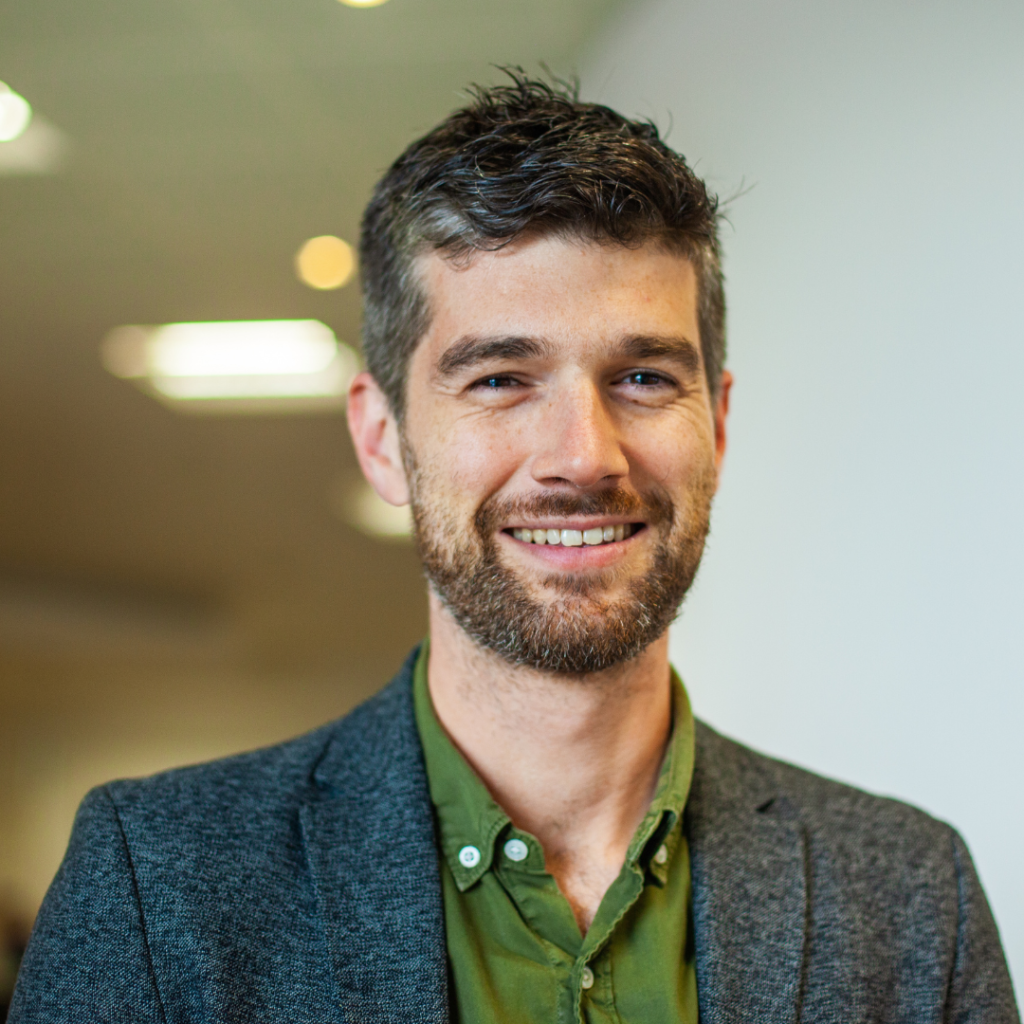
Will White
Will is Sustainable Farming Coordinator at Sustain. He has a background in implementing Agroecological farming methods and managing vineyards. Will has also previously worked on issues surrounding food poverty, having coordinated food bank campaigns in Bristol and Manchester. Will is a dedicated advocate for nature friendly farming and fairness across the entirety of the food supply chain.
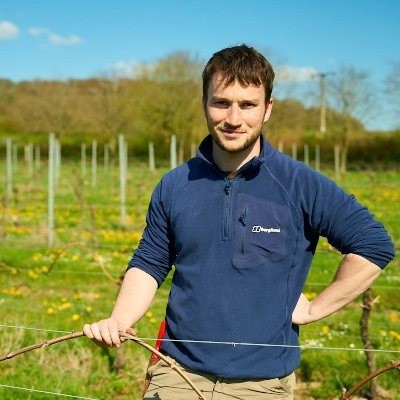
Zanna Hoskins
Zanna of Spindle Flowers is a grower of foliage trees and shrubs on 1.5 acres of land in West Dorset. She is a writer, florist, teacher, wholesaler, and foliage farmer with over 10 years experience in the British Floriculture Industry. She leads a collaborative 0.25ha foliage growing trial and has been involved in setting up the Flower Grower Collective, an asset-locked co-op bringing florists and growers together in one on-line place, allowing florists to access locally grown flowers.


